The integration of new technologies in education for deepening digital transformation is a matter of priority.
The emergence of new technologies, such as quantum computing, big data, and artificial intelligence, is transforming various sectors of human life, while also reshaping the organizational and service models of education. Intelligent technologies are emerging as a leading force in driving educational transformation, offering opportunities for accelerating progress towards achieving the sustainable development goals.
The Global Digital Compact, endorsed at the United Nations Future Summit, highlights the international community’s shared commitment to addressing the opportunities and challenges of digital technology for building an inclusive, open, fair, and secure digital future. As a follow up to the Global Digital Compact (2024), UNESCO and international partners have proposed six priorities for the digital transformation of education: i) coordination and leadership; ii) connectivity and infrastructure; iii) costs and sustainability; iv) capacity and culture; v) content and solutions and vi) data and evidence.
China has positioned the advancement of educational digitalization as a key component of educational modernization. This has evolved from the “3C” concept of connectivity first, content as the core, and collaboration as essential, to the “3I” actions of integration, intelligence, and internationalization. These actions are part of a broader strategy to advance the national digital education strategy, build a national smart education platform, and launch an international version. As a result, a new form of smart education has emerged, characterized by technology empowerment, green development, and open cooperation.
With the rapid pace of developments in technology, the education system is currently at a critical juncture, shifting from responding and adapting to external changes to proactively driving the transformation of education that is fit for the needs of contemporary realities. This shift requires us not only to focus on the direct application of intelligent technologies but also to understand the underlying logic of educational transformation, and cultivate talent that is ready and resilient shape the uncertain future. A key issue for the development of education in the new era is to recognize the need for a paradigm shift in the education and training ecosystem by harnessing the A key challenge for the development of education in this new era is recognizing the need for a paradigm shift in the education and training ecosystem, leveraging the tremendous potential of human-machine collaboration. This transformation will need to occur at all levels—policy, administration, the role of the teacher, pedagogy, assessment, student well-being, and opportunities for livelihoods—with a strong emphasis on fostering innovation, creativity, and talent development. Moving forward, it is essential to promote the ethical, responsible, and safe integration of technologies such as artificial intelligence into the educational ecosystem, ensuring that no one is left behind.
The integration of AI in education can foster new forms of human-machine collaborations.
The rapid development of generative AI, particularly pre-trained large language models (such as ChatGPT, DeepSeek, Grok, and others), has elevated the technological revolution to unprecedented levels. These AI models mark a historic inflection point in machine intelligence, not only accelerating the systemic transformation of educational paradigms but also providing a fresh impetus for redefining human-machine collaborative education. DeepSeek R1’s open-source strategy has lowered technological barriers, fostering an inclusive global environment that promotes free exploration and innovation among developers. This has catalyzed the creation of an “AI + education” ecosystem, characterized by openness, co-creation, and rapid iteration.
As generative AI evolves at an extraordinary pace, human-machine collaboration is set to become the ‘new normal’ in future work environments. To meet the societal demand for higher-order cognitive skills, innovation, and digital fluency, new models of knowledge generation and transmission are needed. This paradigm shift, driven by human-machine interactions, is poised to give rise to a transformative educational model.
With the advanced capabilities of large language models, intelligent agents will drive the evolution of multi-domain, human-machine “collaborative teaching.” This will facilitate bi-directional empowerment through human-machine “collaborative learning and decision-making,” creating a new ecosystem for smart education. The traditional “teacher-student” model will rapidly transform into a “teacher-student-machine” triad, fostering a multidimensional co-existence and interaction model known as “human-machine co-teaching.” For learners, the process will shift from passive knowledge absorption to active human-machine collaborative exploration, exemplifying “human-machine co-learning.”
Looking ahead, it is crucial to continually enhance the competencies and skills of both teachers and students, along with the digital leadership capabilities of educators and administrators. This includes establishing effective human-machine collaborative educational practices and developing technical, quality, and service standards for generative AI applications. These efforts will ensure the safe, efficient, and sustainable use of large models and intelligent agents in education.
Smart education is a shared strategic vision for achieving the Sustainable Development goals in education.
Smart education is a comprehensive approach that represents the future direction of educational transformation, driven by technological innovations. It is increasingly emerging as a shared strategic vision for countries to tackle the critical challenges of the digital era and advance the achievement of sustainable development goals in education. Often seen as an optimization of existing educational practices, smart education is frequently associated with terms such as “quality education” and “future education.”
As a concept that is continuously evolving, smart education not only reflects the dynamic nature of the educational ecosystem in response to social and technological advancements, but also embodies the core principles of future education. At its core, smart education fosters innovation through the integration of technology and pedagogy with a human- centered approach. This means that smart education emphasizes student-centered pedagogy, comprehensive learning assessment models, pervasive smart and safe learning environments, a culture of continuous improvement, and a strong commitment to inclusion and equity.
Moreover, smart education focuses on proactively developing student communities, prioritizing teacher professional development, and ensuring the ethical and sustainable use of technology through effective collaborations. Advancing the digitalization of education and innovating smart education requires cultivating a digital mindset within the education system, strengthening digital support capabilities, enhancing public digital learning services for all, and establishing clear norms and standards for the quality of content and services in digital learning.
GSE 2025
Opening Doors, Fostering Collaborations
Since 2020, the Global Smart Education Conference (GSE) has become a significant platform for fostering international exchange and collaboration on smart education. To promote the effective practice of smart education worldwide, Beijing Normal University (BNU), in collaboration with the UNESCO Institute for Information Technologies in Education (UNESCO IITE), the Commonwealth of Learning (COL), the International Society for Technology in Education (ISTE), the Arab League Educational, Cultural and Scientific Organization (ALESCO), and the Southeast Asian Ministers of Education Organization (SEAMEO), jointly launched the “Global Smart Education Network (GSENet).” which released the “Global Smart Education Strategic Initiative” and the research report ‘International Understanding of Smart Education in the Context of Digital Transformation,” aimed at fostering a global consensus on smart education and continuously seeking ways to leverage new technologies to promote equitable and inclusive quality education for all.
As the annual conference of GSENet, the 2025 Global Smart Education Conference (GSE 2025) will be held in Beijing from August 18-20. This conference will focus on “Human-Machine Collaboration: Reshaping the Educational Ecosystem for the Future”. It will feature a series of events, including plenary sessions, parallel forums, high-level policy dialogues, workshops, and roundtable discussions. It will showcase and exchange best practices, research and solutions in smart education, foster global collaboration and networking, and explore new pathways for implementing smart education for the future of the planet and the people.

Education Transformation & International Understanding

Collaborating on forward-looking strategic and policy planning, leading the sustainable development of smart education.

Promoting the integration of science and education as well as the fusion of industry and education to support innovative practices in smart education.

Seizing the opportunity presented by the Global Smart Education Conference, let us collaboratively embark on the creation of a bright future for smart education that benefits all of humanity.
Reshaping Education for the Future
Quality Higher Education with Smart AI
Science of Learning and Human-AI Collaboration
Leadership and Digital Transformation
Digital Transformation in TVET
AI and STEM Education in K12 Schools
Smart Learning and Care in Kindergarten
Towards Smart Education Ecosystems
Smart Learning Environments: Policy and Practice
Rethinking Assessment in the Age of AI
Quality Education for Smart Villages
Empowering Teachers through AI-Driven Continuous Professional Development
Editors' Forum on Academic Research and Publishing
Academy-Industry Partnerships for Talent Cultivation
Reimagining Lifelong Learning in the Digital Age
Sharing Best Practices in Smart Teaching
Digital Strategies for Educational Development in Schools and Regions
Digital Textbooks and Smart Reading
Sino-Finnish Smart Education Forum to mark 10th Anniversary
TVET Leadership & Management Workshop for South East Asia
Ministerial Round Table
Principals' Forum for the Quality Development of Schools
Global Finals of the 8th Global Competition on Design for Future Education (K-12 Track)
Roundtable on Women's Leadership in AI
AI and Computational Thinking Workshop for Schools
GSENet Partners' Meeting
Workshop on Effective Use of AI Tools to Develop Content
Teachers’ Forum on Smart Education & Awarding of Certificates for Outstanding Smart Education Cases
Student Forum on Innovative Design in Human-AI Collaboration
146
Continuously updated...

Assistant Director-General for Education, UNESCO

Minister of Higher Education, Labour and Skills Development,Republic of Maldives

Minister of Civil Affairs, Bosnia and Herzegovina

Minister of Education, Zambia

Minister of Tertiary Education, Science, and Research

the Cabinet Secretary for Education, Kenya

Minister of Higher Education and Universities,Democratic Republic of the Congo (COD)
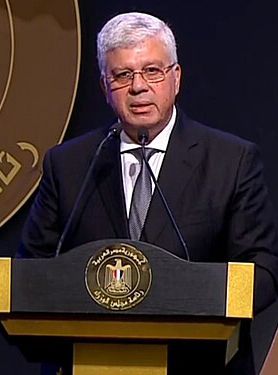
Minister of Higher Education and Scientific Research, Egypt

Minister of National Education Government of Senegal

Vice Minister of Education, Ecuador
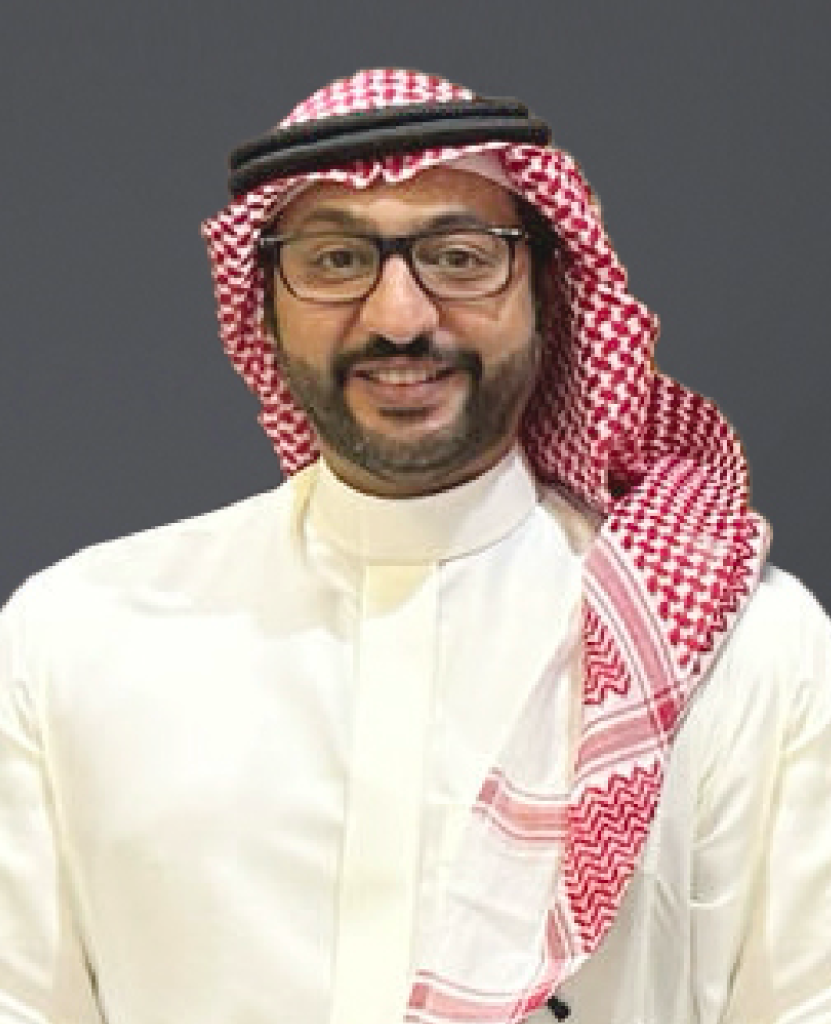
Prince, Saudi Arabia

Vice President of Laos National Chamber of Commerce and Industry
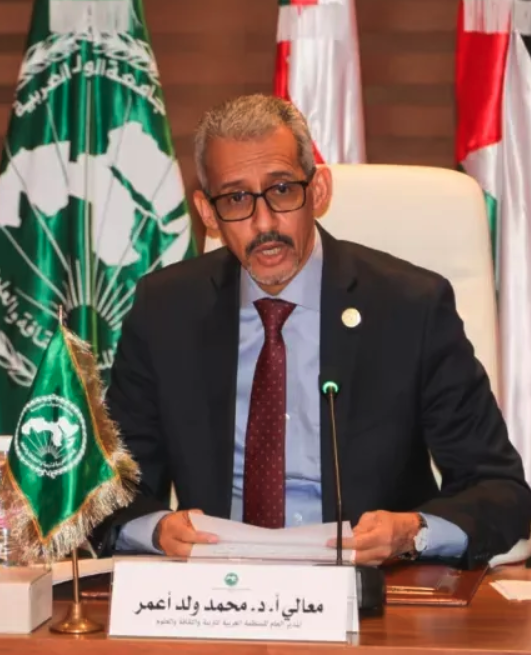
Director General, Arab League Educational, Cultural and Scientific Organization (ALECSO)
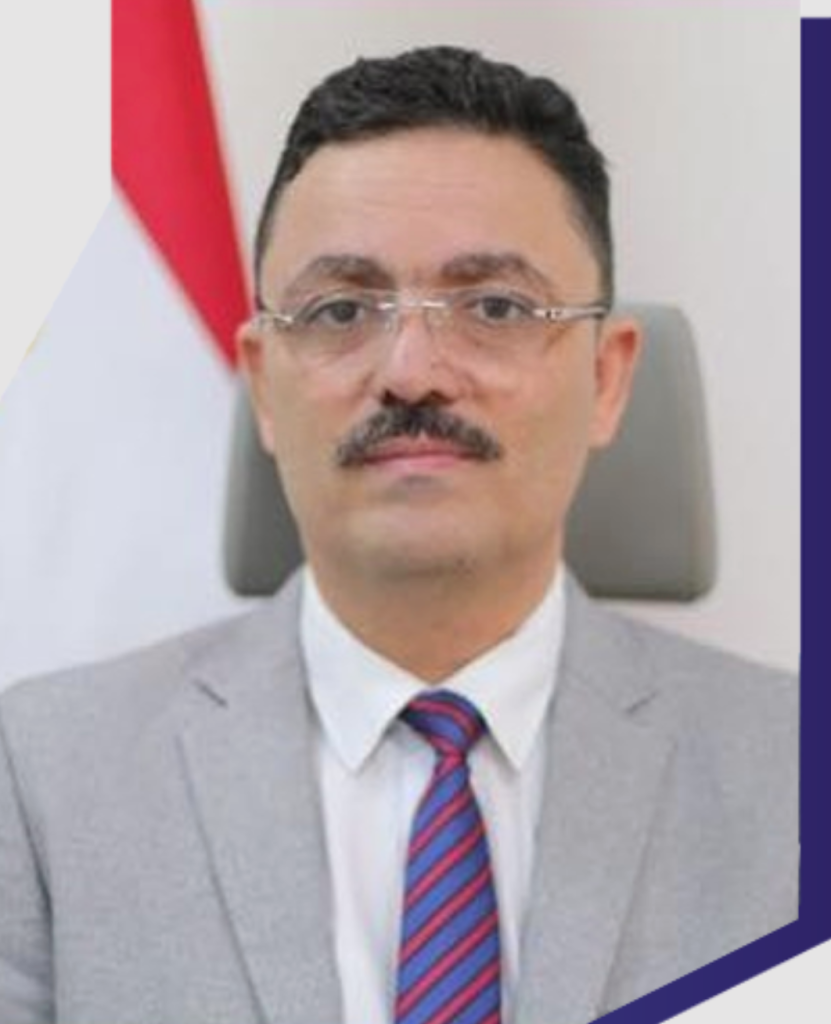
Assistant to the Minister for Smart Governance,Higher Education and Scientific Research
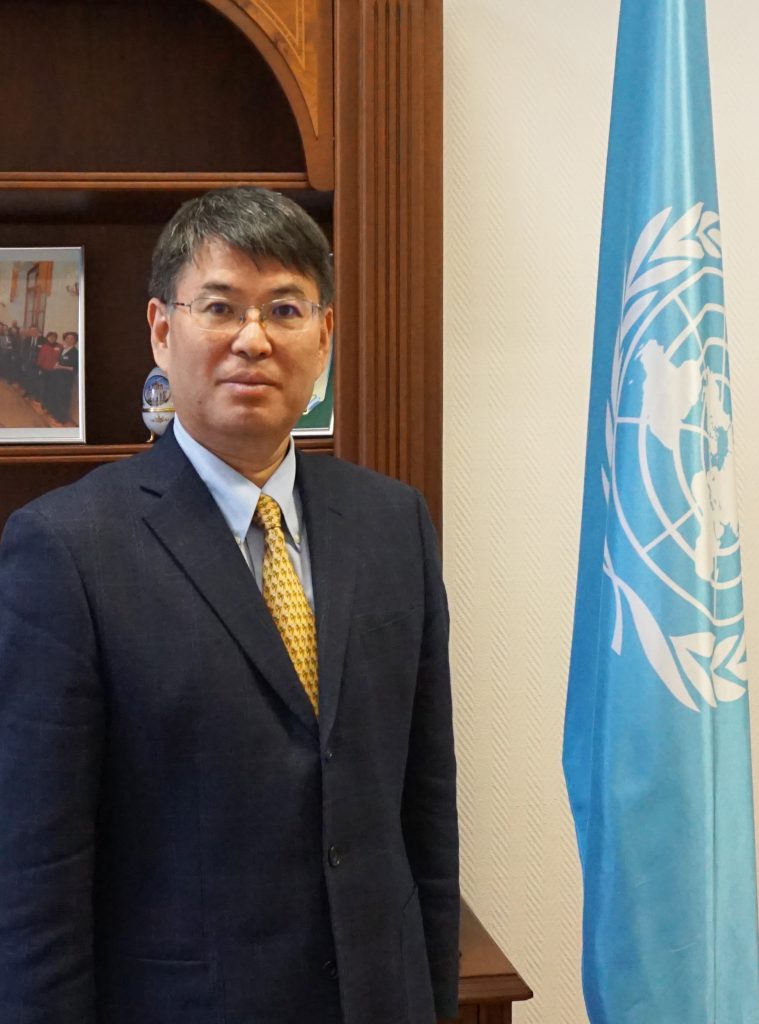
Co-chair of Program Committee, Director of UNESCO IITE
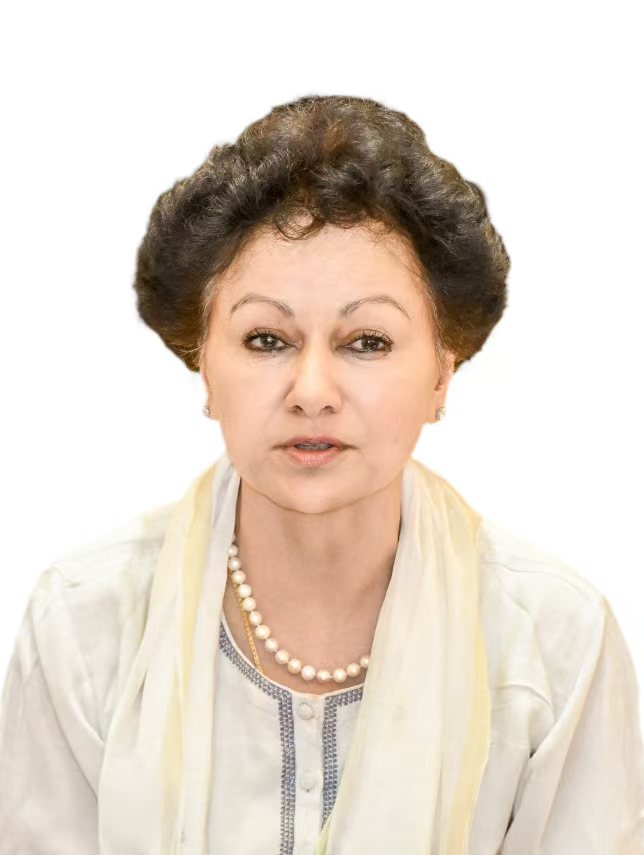
Chair of the Governing Board of the UNESCO Institute for Information Technologies and Education (IITE) ,Chair Professor at Smart Learning Institute of Beijing Normal University

Pro-Chancellor, Abubakar AbdulRazaq Toyin University (AATU)

Chairholder, UNESCO Chair on Harnessing lnnovations in Technology to Support Teachers and Quality Learning
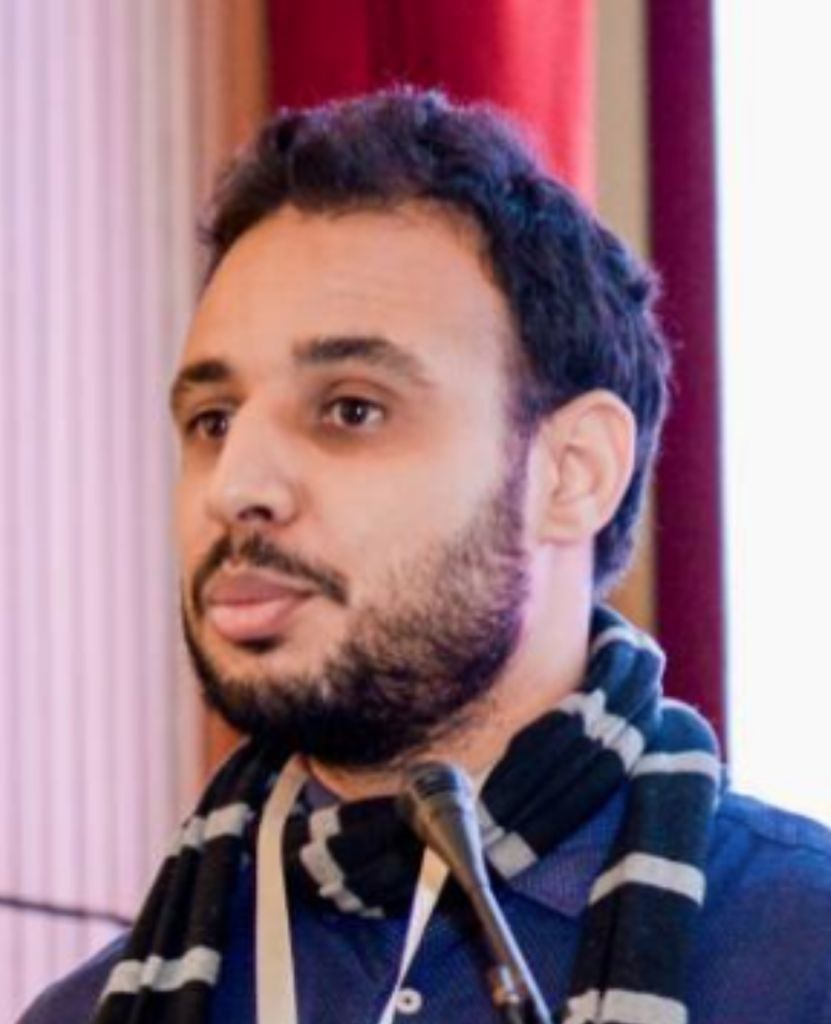
Deputy Editor-in-Chief of Smart Learning Environments and Associate Professor, Beijing Normal University, China
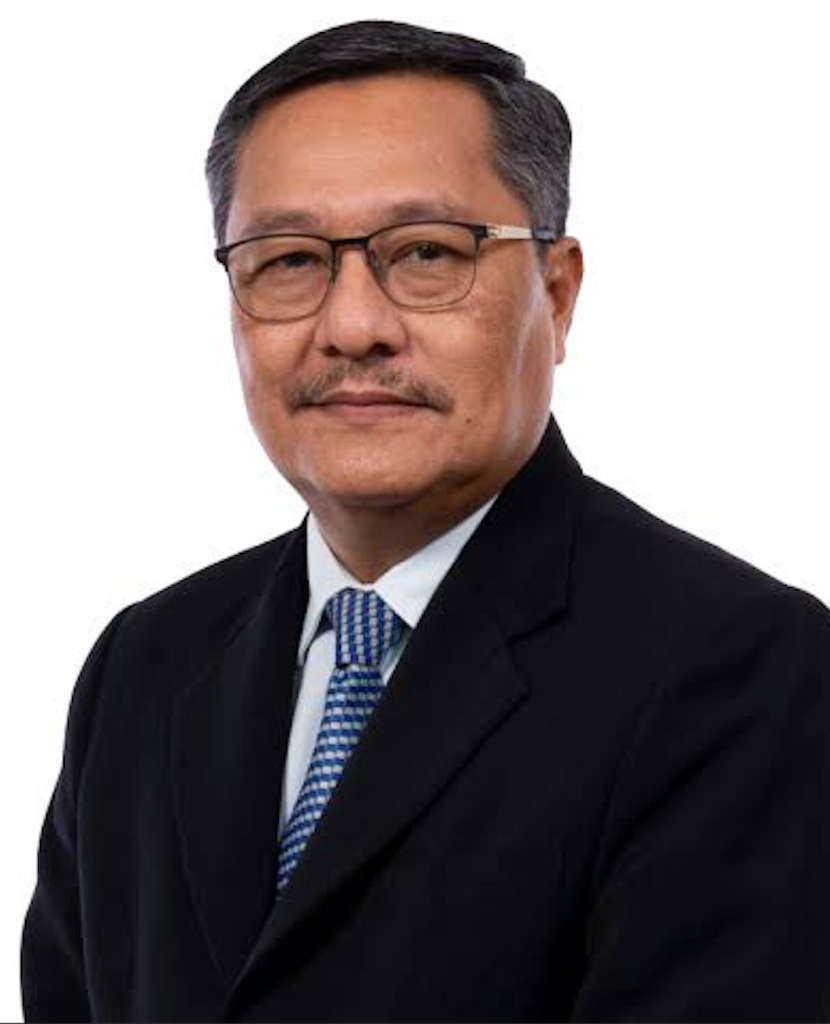
President/Vice Chancellor, Open University Malaysia (OUM)
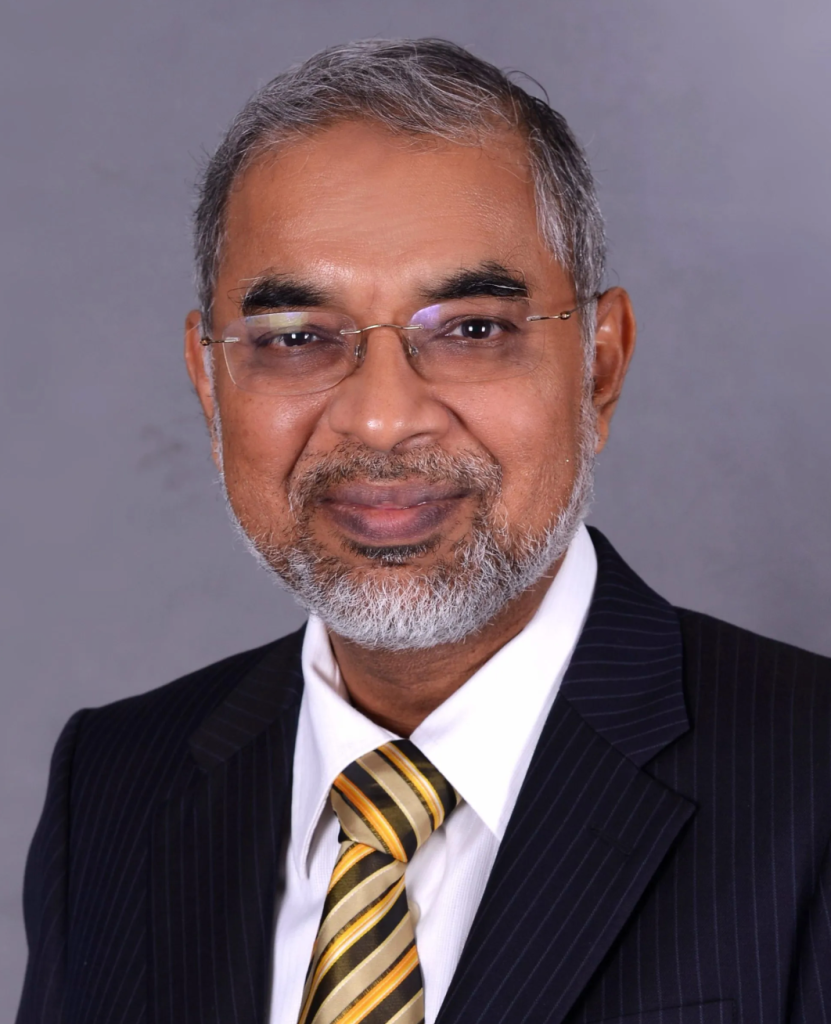
the Founder President and the Group Managing Director of the Asia e Learning Pvt Ltd the license holder of Asia e University (AeU)

Programme Specialist (Higher Education and TVET), UNESCO Doha Office

Director for Education and Skills, Organization for Economic Co-operation and Development(OECD)

Lecturer, Faculty of Education, University of Turku芬兰图尔库大学教育学部讲师
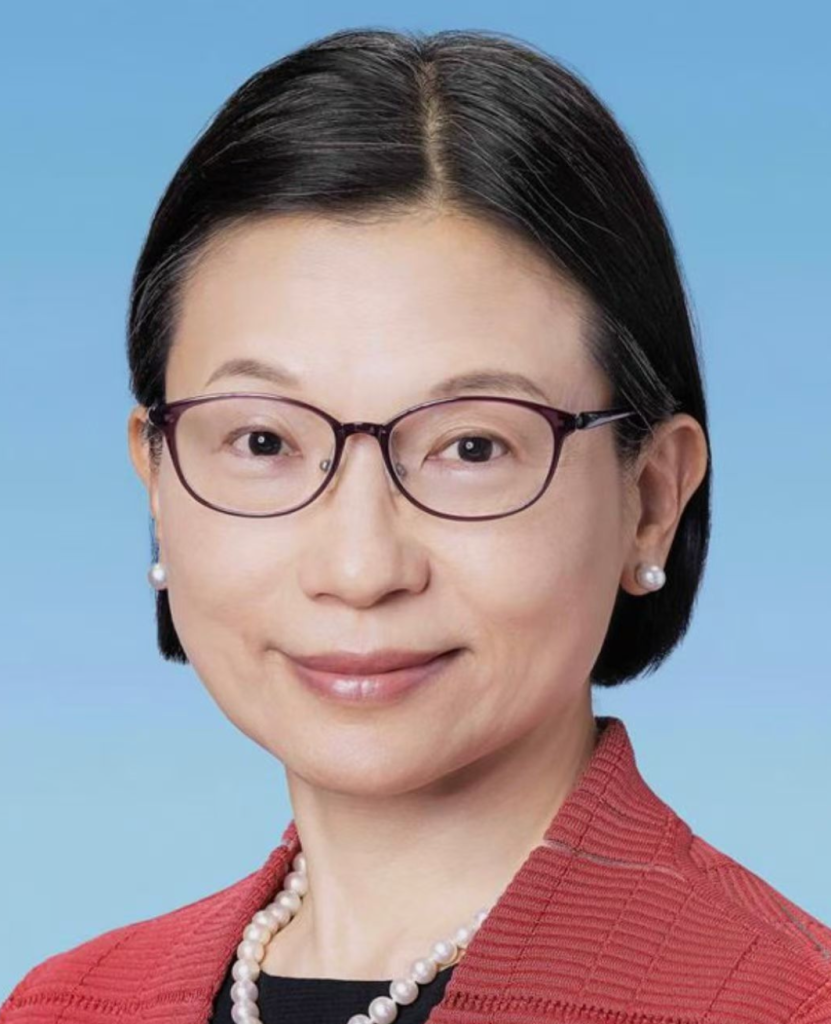
BBS, JP Steward, The Hong Kong Jockey Club

Yulin University Associate Professor
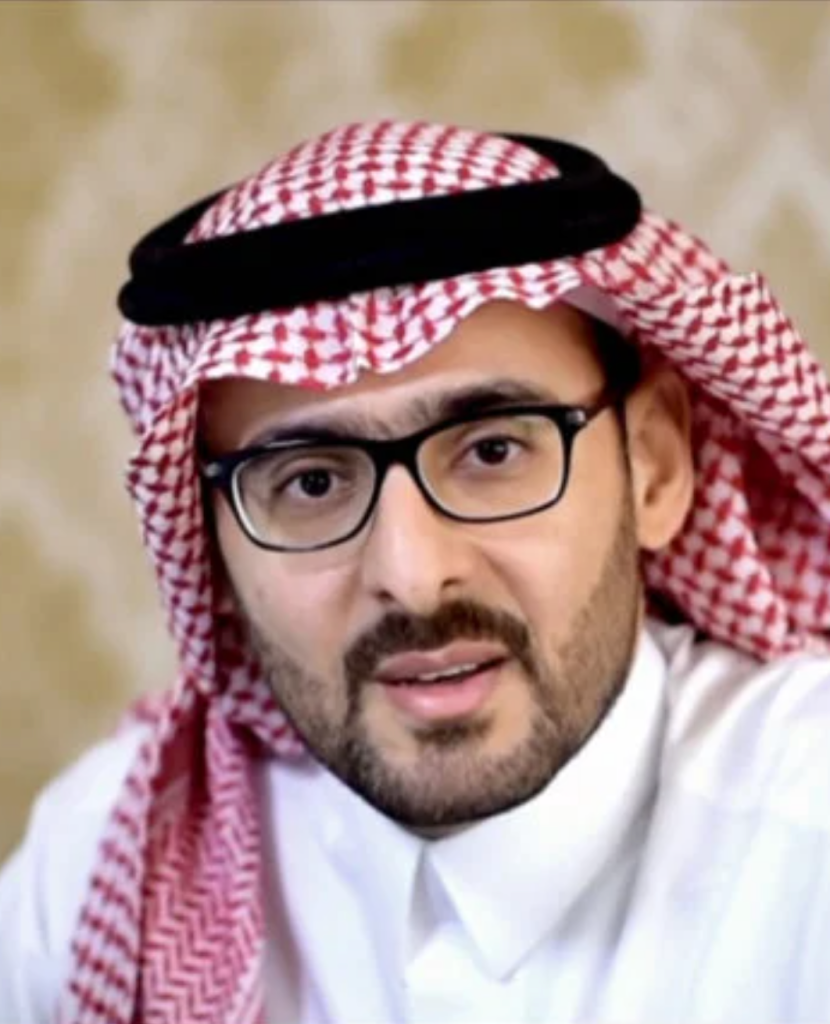
Full Professor, King Faisal University

Professor of Distance Education and Acting Dean of Open Education Faculty, Anadolu University; Editor in Chief, Open Praxis and Asian Journal of Distance Education

Director, AI Innovation Lab, Cornell University
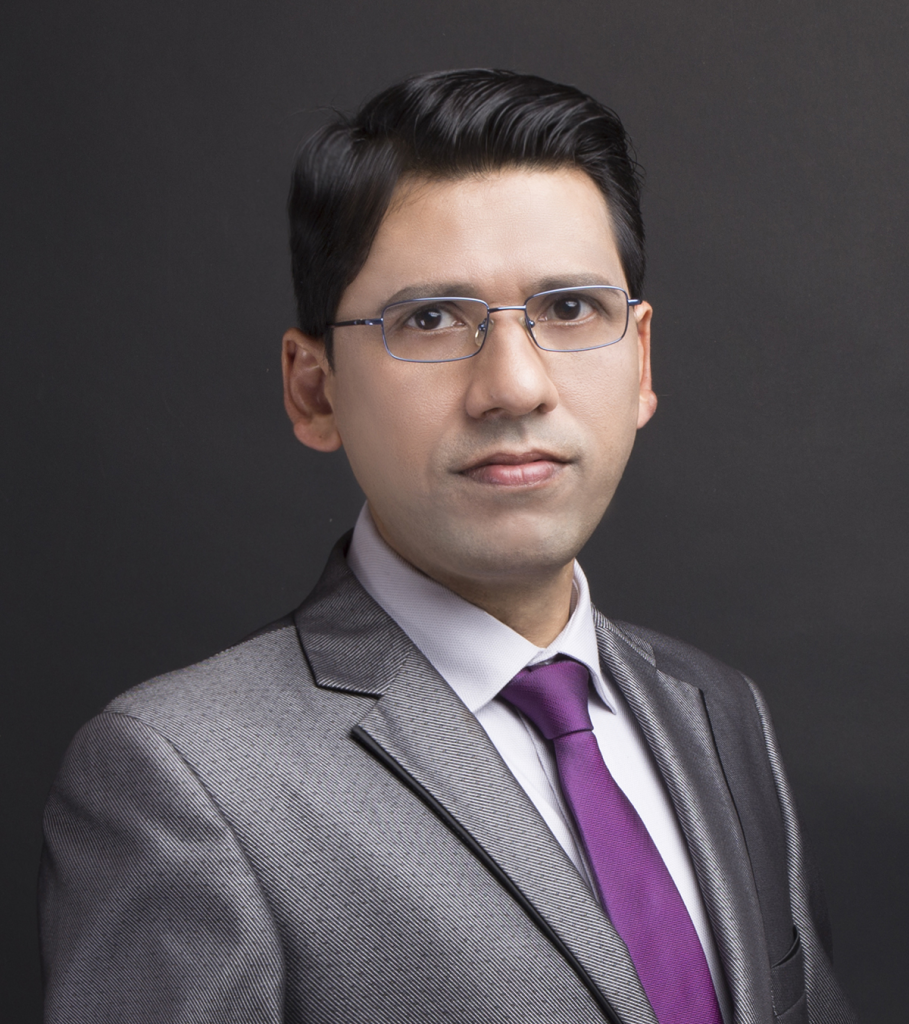
Lead Editor, book series ASSESSMENT OF EDUCATIONAL TECHNOLOCY ((AET) AT ROUTLEDGE

President, African Association of Universities; Chairholder, UNESCO Chair in School Health Education

Head of Partnership and UN. Liaison Unit, UNESCO IESALC
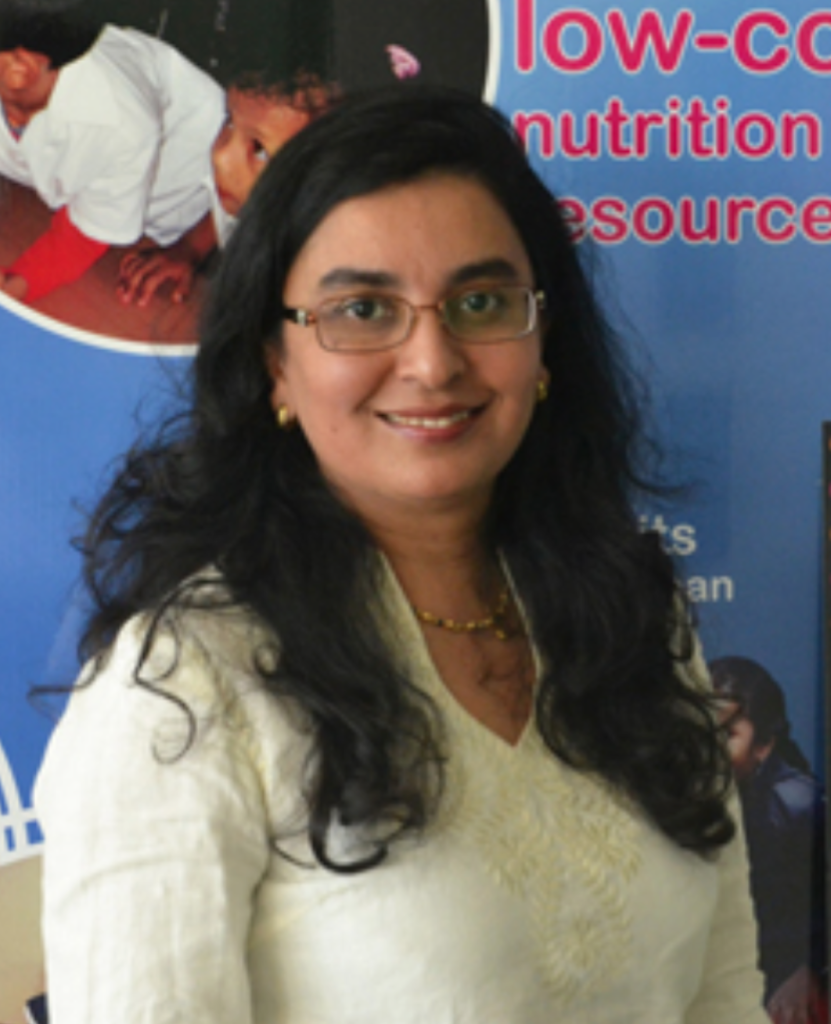
Associate Professor and Head of the Outer Island and International Affairs Desk at the MIE

Director, Instituto Multidisciplinar de Formação Humana com Tecnologias (IFHT/UERJ)

Professor of Language Technologies and Human-Computer Interaction, Human-Computer Interaction Institute Language Technologies Institute, Carnegie Mellon University
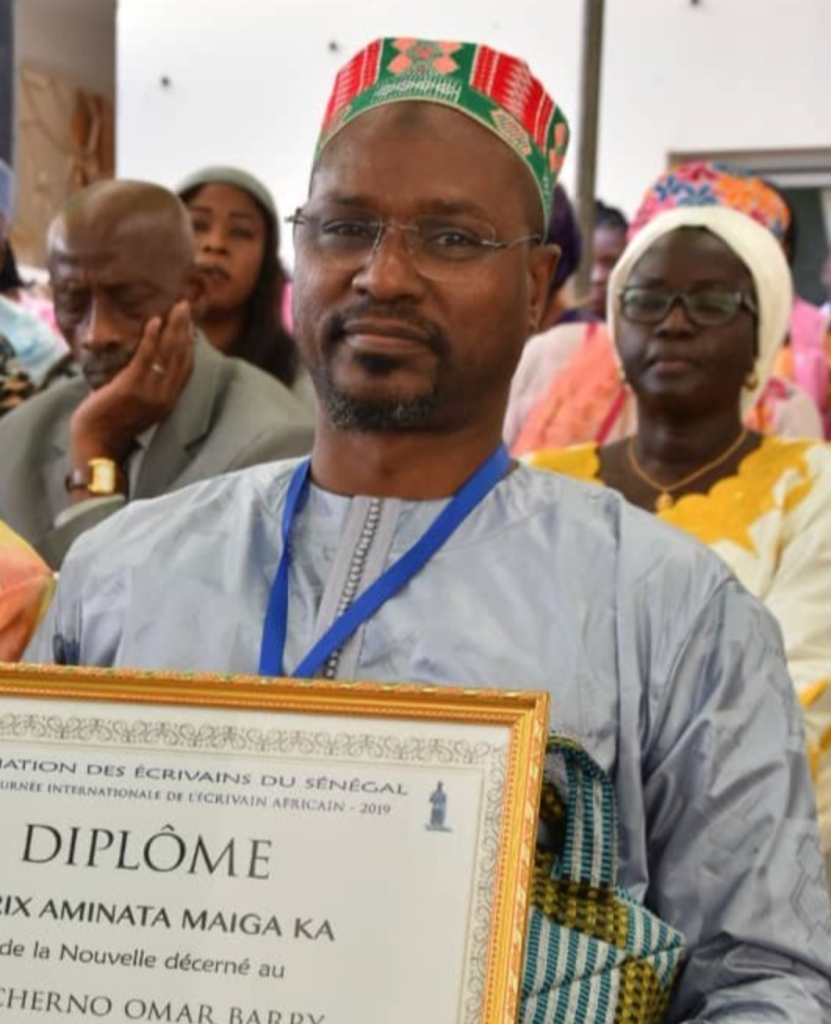
Chairholder, UNESCO Chair for Teacher Education, Digital Learning, and Assessment; President/Vice Chancellor, International Open University

Editor-in-chief of Interactive Learning Environments; Assistant Professor, Department of Curriculum and Instruction, The Chinese University of Hong Kong

Founding president, German University of Digital Science; Managing director, Hasso Plattner Institute

Dean, College of Education, University of Illinois

Chairholder, UNESCO Chair for Open Educational Resources and AI at Nantes Université

Professor, Indiana University

Director,Southeast Asian Ministers of Education Organization(SEAMEO) Secretariat

Chairholder, UNESCO Chair in Higher Education for Sustainable Development; Professor, Leuphana University of Lüneburg

Dean of Faculty of Teacher Education, University of Belgrade, Serbia

Division Manager of Digital Content and Connectivity, Rwanda Polytechnic

Professor, University of Piraeus

Professor, University College London, UK

Deputy Vice-Chancellor, Education, Murdoch University
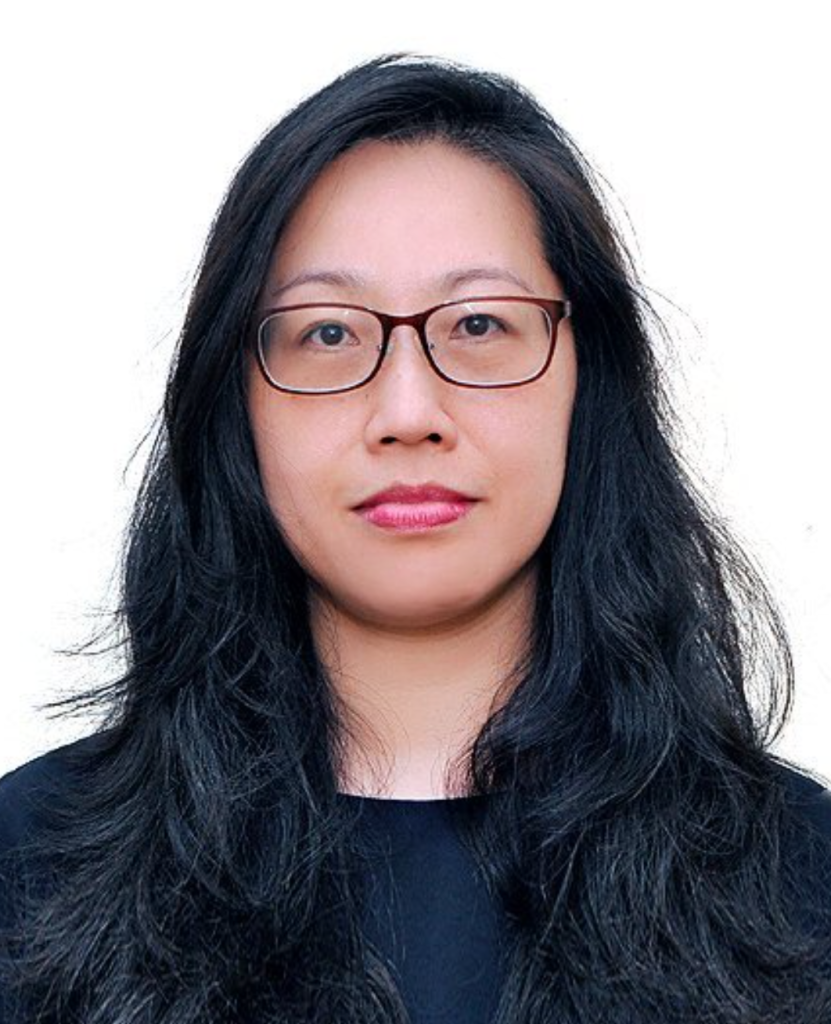
Dean, Faculty of Educational Management, University of Education, VNU Hanoi

Centre Director, SEAMEO Regional Centre for Sufficiency Economy Philosophy for Sustainability(SEPS)

Policy and Planning Specialist, Southeast Asian Ministers of Education Organization (SEAMEO) Secretariat

Open University of Kenya

Vice-Rector for Quality of Education, University of Pitești

Director, Korean Educational Development Institute(KEDI)

Director,UNESCO International Institute for Higher Education in Latin America and the Caribbean(IESALC)

Co-founder and President, Learning Planet Institute; Chairholder, UNESCO Chair on Learning Science

Editor-in-Chief of the journal Educational Psychology Review

Independent Consultant, Niemelae Consulting LLC
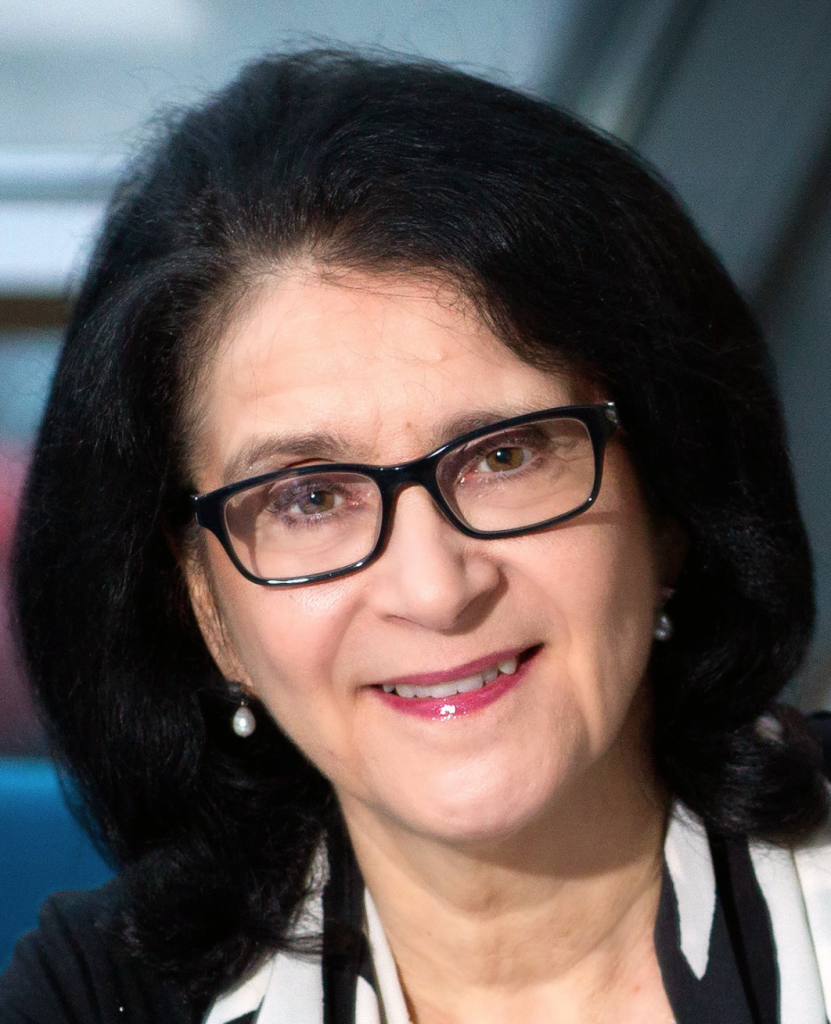
Professor and Research Director, University of Helsinki; Chairholder, UNESCO Chair on Educational Ecosystems for Equity and Quality of Learning; Chair of The University Board, University of Lapland

Assistant to the Minister for Smart Governance,Higher Education and Scientific Research

Chief of Section of Education Policy, UNESCO Division for Policies and Lifelong Learning Systems

Editor-in-Chief of Australasian Journal of Educational Technology; Associate Professor, Queensland University of Technology,Australia

Professor emerita, University of Turku

Director, UNESCO Institute for Lifelong Learning (UIL)

University of Helsinki; Member, Finnish Academy of Science and Letters
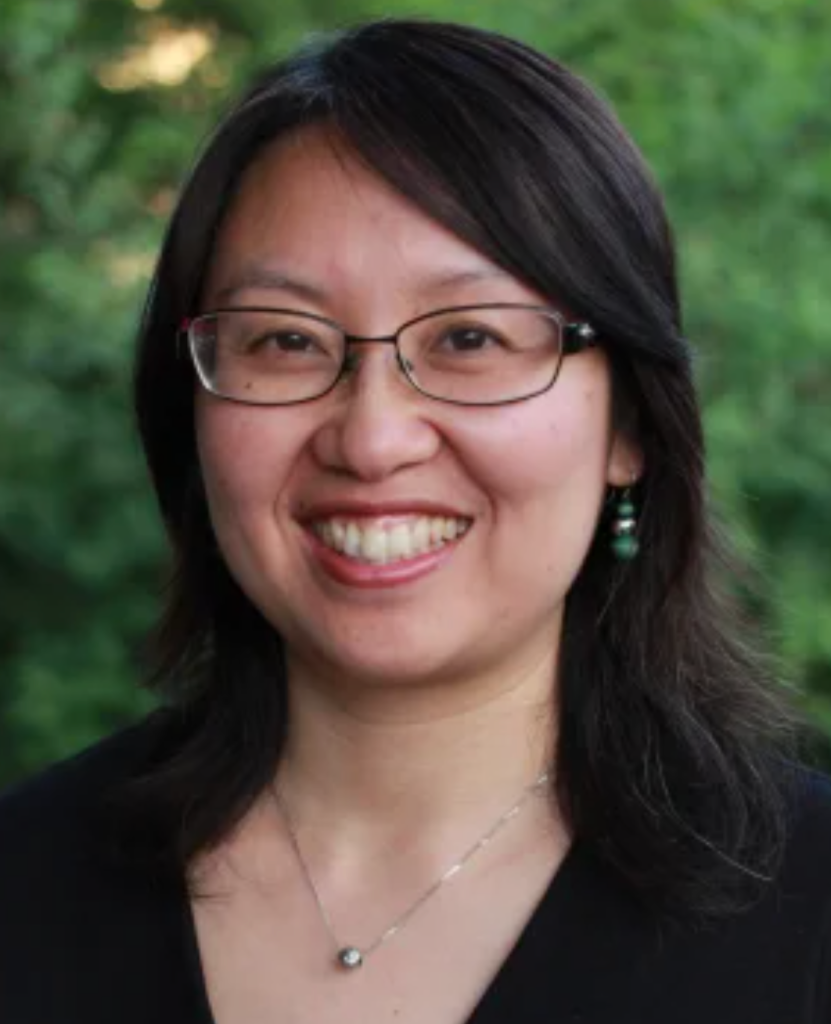
Associate Professor, University of Helsinki

Professor,University College London, UK

Professor, University of Cambridge

Editor-in-chief of International Journal of Educational Technology in Higher Education Professor in the Psychology and Education Sciences Department Universitat Oberta de Catalunya,Spain

Assistant Professor, Department of Education, Faculty of Education Sciences, University of Montreal
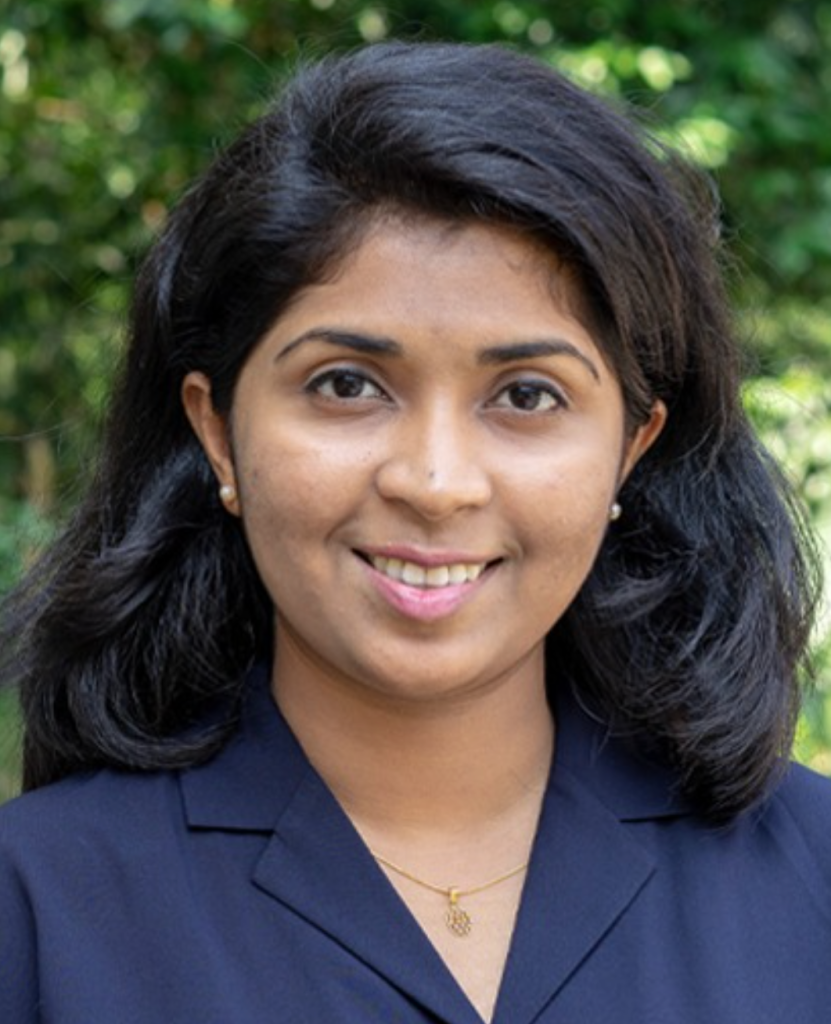
Project Manager/Project Lead, Education Innovation at the Education Department of the Asia-Europe Foundation (ASEF)

Chair of Adult Ecuation, Friedrich Schiller University Jena

Senior Researcher, SRI International

Professor/Editor-in-Chief of Leadership and Policy in Schools, Texas State University, USA
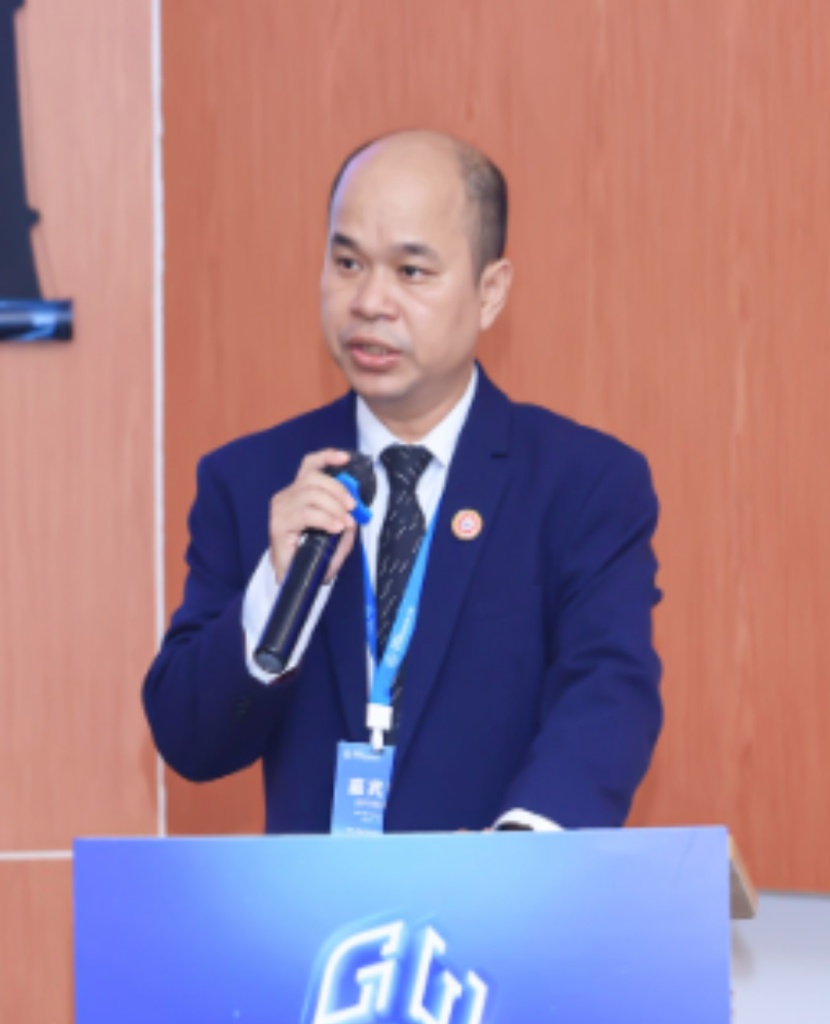
Deputy Director for Administration, SEAMEO TED

Chancellor,University of Goroka

Secretary General, Flemish Interuniversity Council (VLIR)

Chairholder, UNESCO chair on Artificial intelligence and Data Science for Society; Professor, The Hague University of Applied Sciences

Chair Professor of Learning Technologies and Innovation, Faculty of Education and Human Development and Co-Director, Global Institute for Emerging Technologies, The Education University of Hong Kong; Advisory Editor, The Internet and Higher Education (An Elsevier Journal)

Executive Director, Education Transformation at the University of Adelaide,The University of Adelaide, Australia

Director, UNESCO Global Education Monitoring (GEM) Report

CEO, Contact North,Canada

Chancellor, Universitatea Dunărea de Jos din Galaţi

Founder and Chairperson, Millennium@EDU SUSTAINABLE EDUCATION

Director of ICT Department, Arab League Educational, Cultural and Scientific Organization(ALECSO)

Assistant Professor, Sharjah Education Academy; Advisory Board Member, Al-Moltaqa for Development
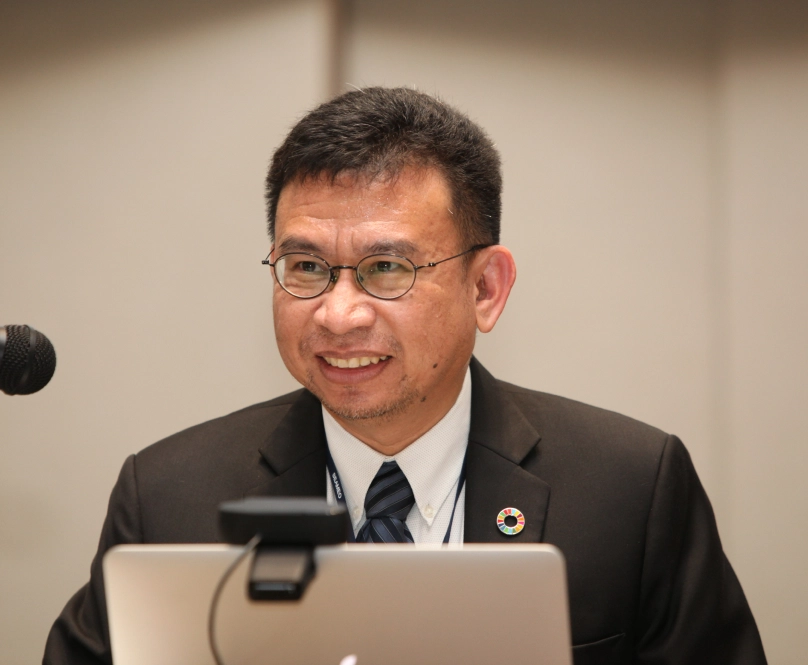
Director of the SEAMEO STEM Education Centre

Deputy Vice Chancellor, Asia Pacific University of Technology and Innovation

Knowledge Management and Mobilization Lead, UNESCO-IIEP
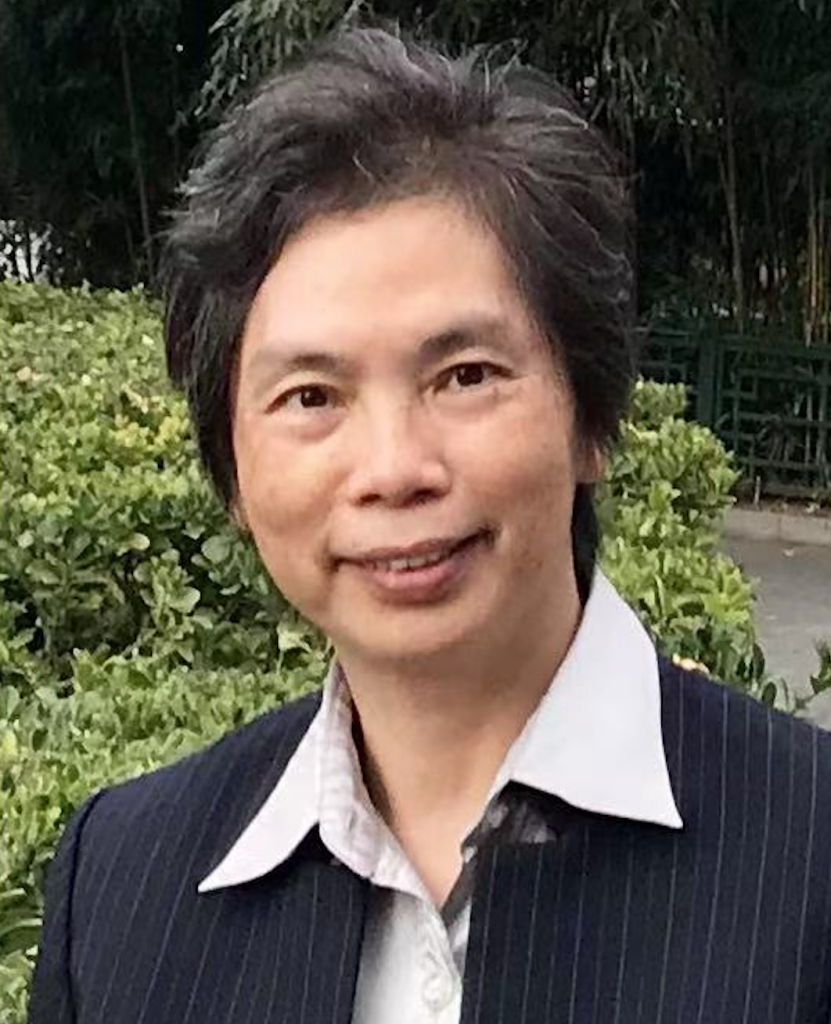
Chair Professor of Learning Sciences and Technology, University of Hong Kong

Chief of Unit of Teacher Professional Development and Networking,UNESCO IITE

Associate Director, Strategic Projects Division of Academic and Student Engagement The University of Adelaide
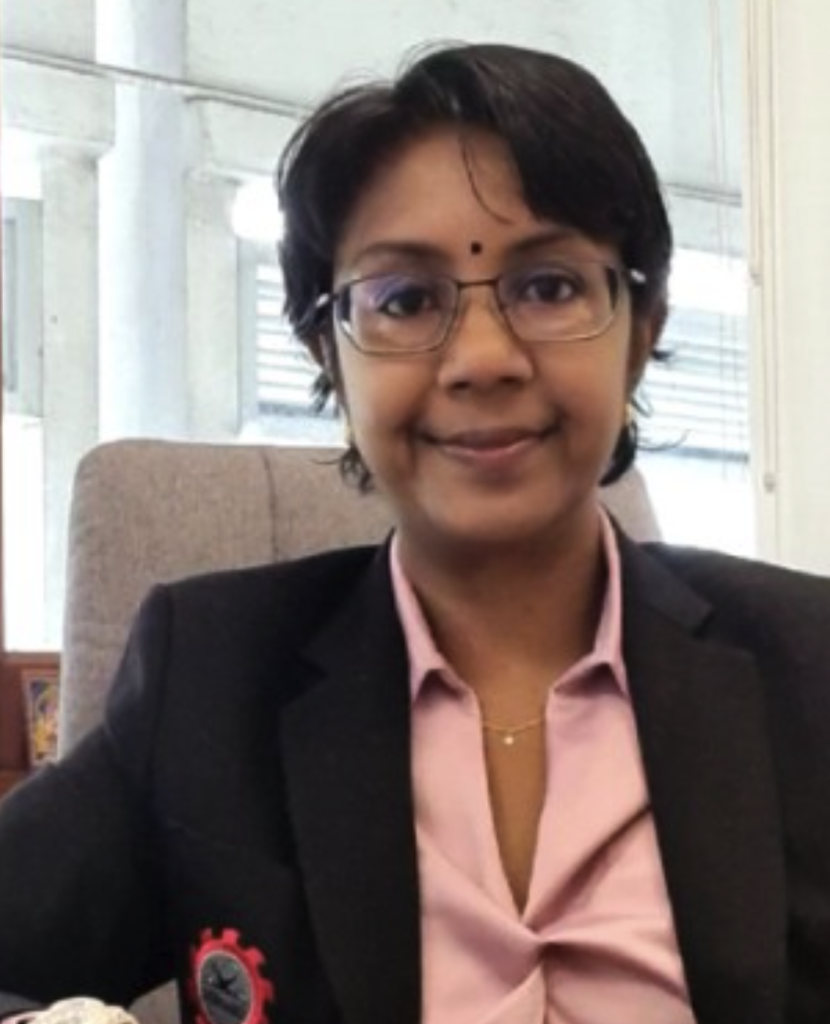
Deputy Director of the Educational Resources and Technology Division, Ministry of Education Malaysia
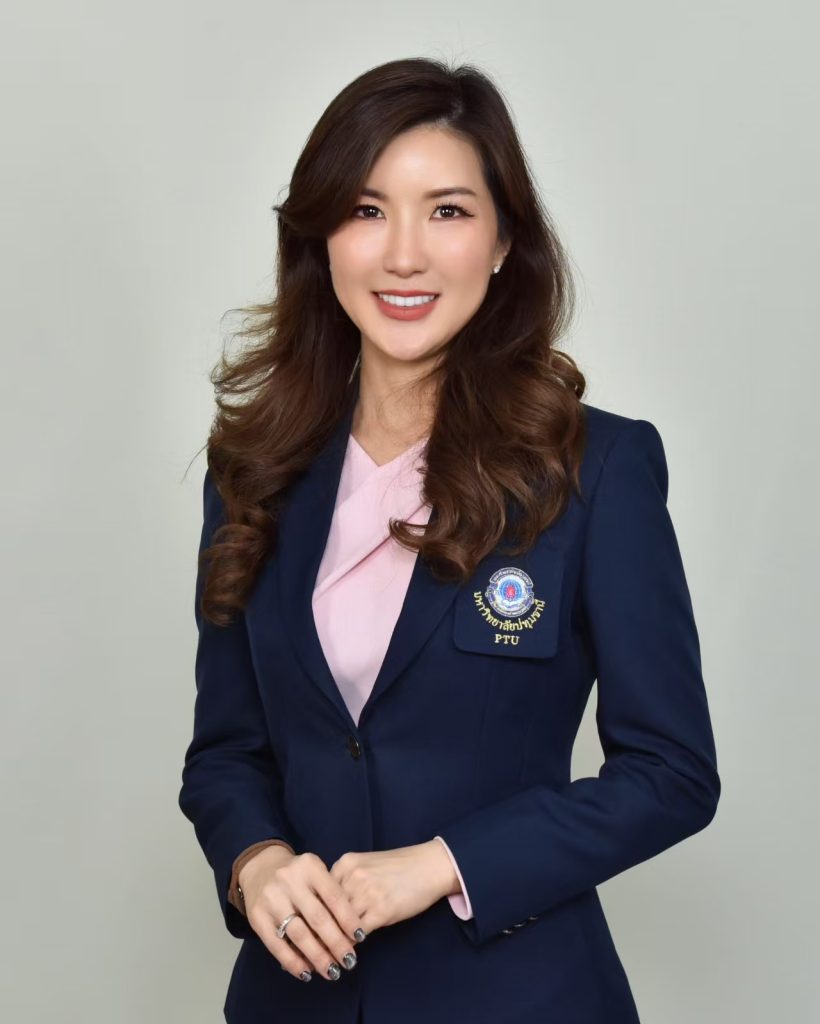
Vice President, Pathumthani University

Professor, School of Systems Information Science, Future University Hakodate

Chief Information and Technology Officer (CITO) at UNESCO

Director, UNESCO MGIEP

Counsellor of Education and Science, Embassy of Finland, Beijing

University Lecturer, Department of Education, University of Helsinki; Chair, JoLII Committee Board in Finland

Doctoral researcher, Learning and Educational Technology Research Unit (LET), Faculty of Education and Psychology, University of Oulu

Vice Dean of the Faculty of Education and Senior Lecturer at Lapland University

Editor-in-Chief of Interactive Technology and Smart Education, Germany

Director, Center for Learning & Teaching, Divine Word University

Executive Director, Sberbank's Investment in the Future Charitable Foundation

Director, UNESCO IICBA

Vice Chancellor, Harare Institute of Technology

Expert, Ethics of Digital and Emerging Technologies, Globethics; Manager, Learning Technologies & Innovation, Edith Cowan University, Australia
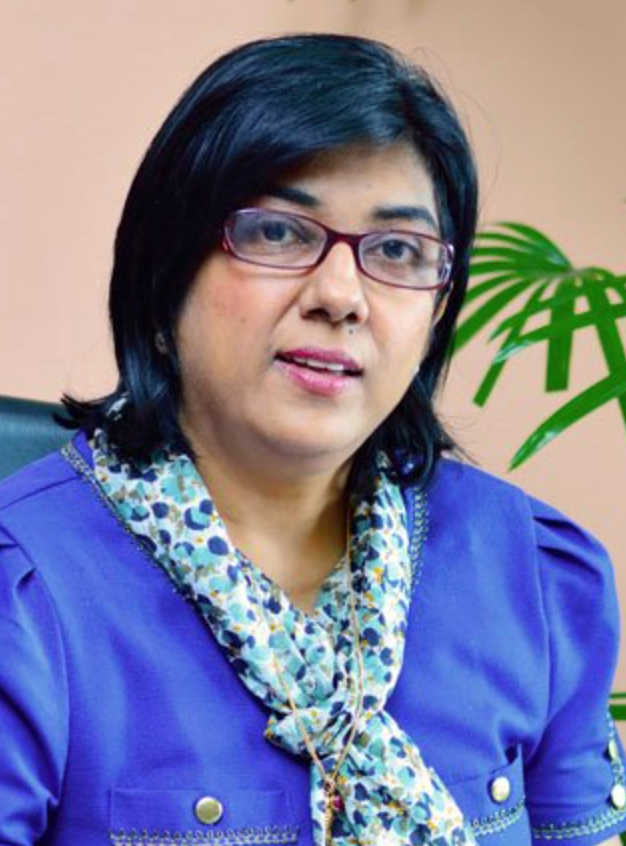
Higher Education Commissioner, Mauritius
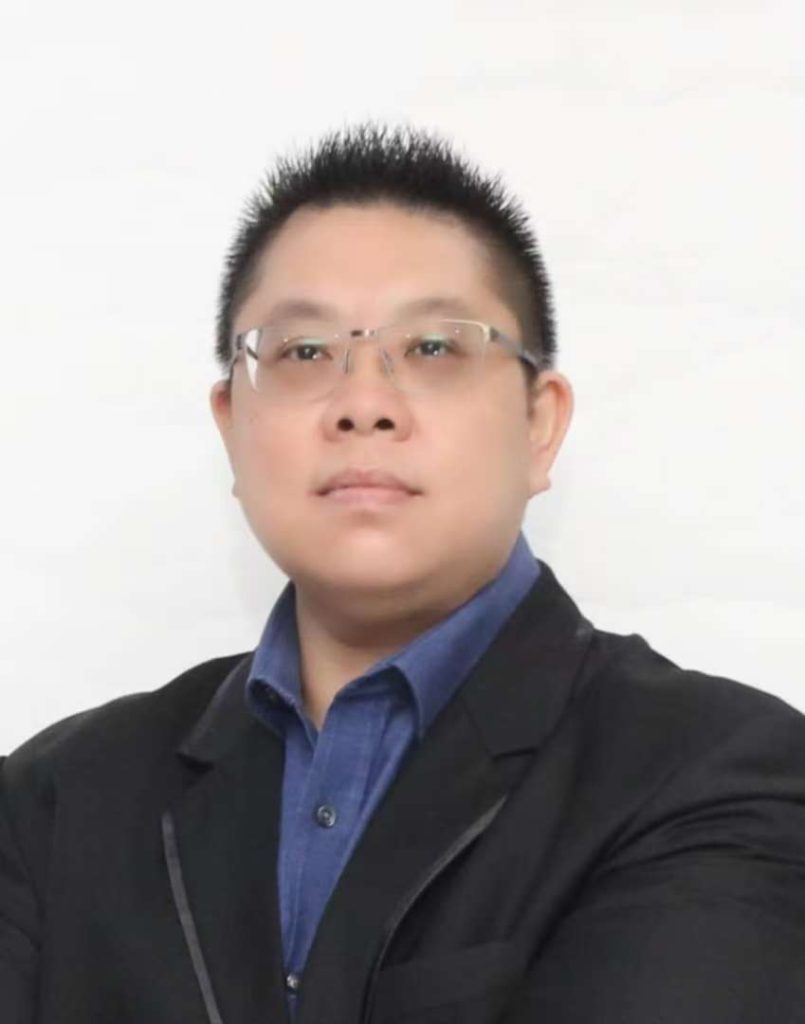
Research Fellow & Senior Lecturer, Centre for Educational Sustainability Development & Strategies, Faculty of Education and Liberal Arts (FELA), INTI INTERNATIONAL UNIVERSITY

Emeritus Professor, Federal University of Rio de Janeiro Institute of Biomedical Sciences

Vice Chancellor, Riara University

Senior Director, International Partnerships, ISTE

Professor, Athabasca University

Founder and CEO, Educate Ventures Research Limited; Professor Emerita, University College London(UCL)

Professor and Director of Executive Education, International University of Casablanca, Morocco

Innovation Manager, DigiArt Living Lab

Vice President/ Deputy Vice-Chancellor (Learner Experience and Technology), Open University of Malaysia
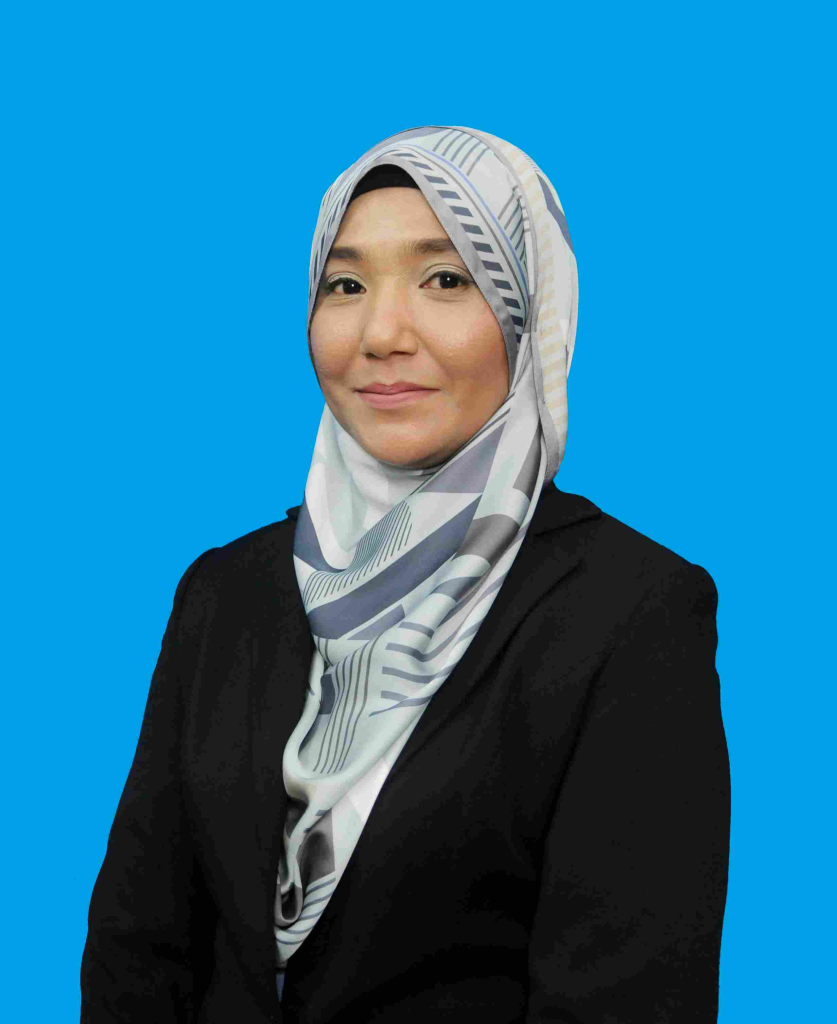
Technology Education Specialist,SEAMEO Regional Centre for Education in Science and Mathematics (RECSAM)

Interim Executive Editor of Distance Education; Professor, Griffith University,Australia

CEO/Executive Director of Michigan’s Talent Together

Associate Professor, Faculty of Education and Psychology, University of Oulu

Chief of Section for Technology and AI in Education, UNESCO Future of Learning and Innovation Team

Director and Representative of the UNESCO Regional Office for East Asia

Chief of Digital Learning, AI and IT, UNESCO MGIEP

Vice Chairman & Executive Director, NetDragon Websoft Inc.

Head of the Knowledge Creation and Management Unit, UNESCO IBE

Executive Editor,DISTANCE EDUCATlON
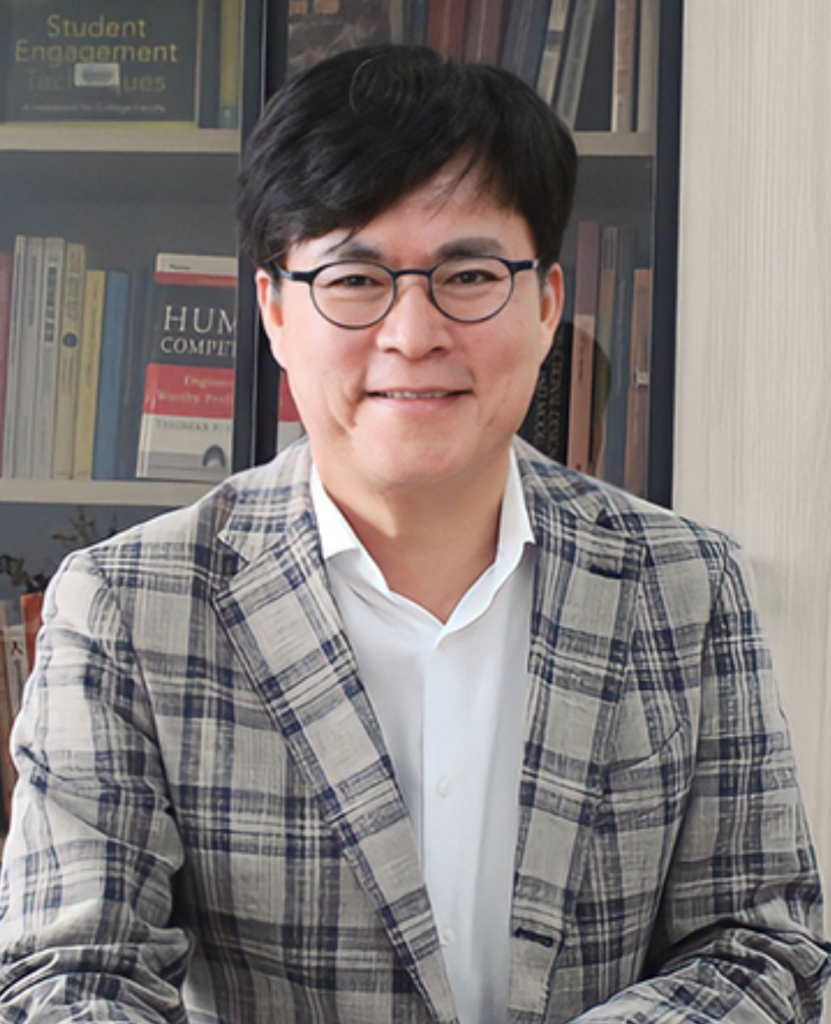
President, Korean Society for Educational Technology (KEST)

Education Specialist Section of Education Policy Division for Policies and Lifelong Learning Systems UNESCO
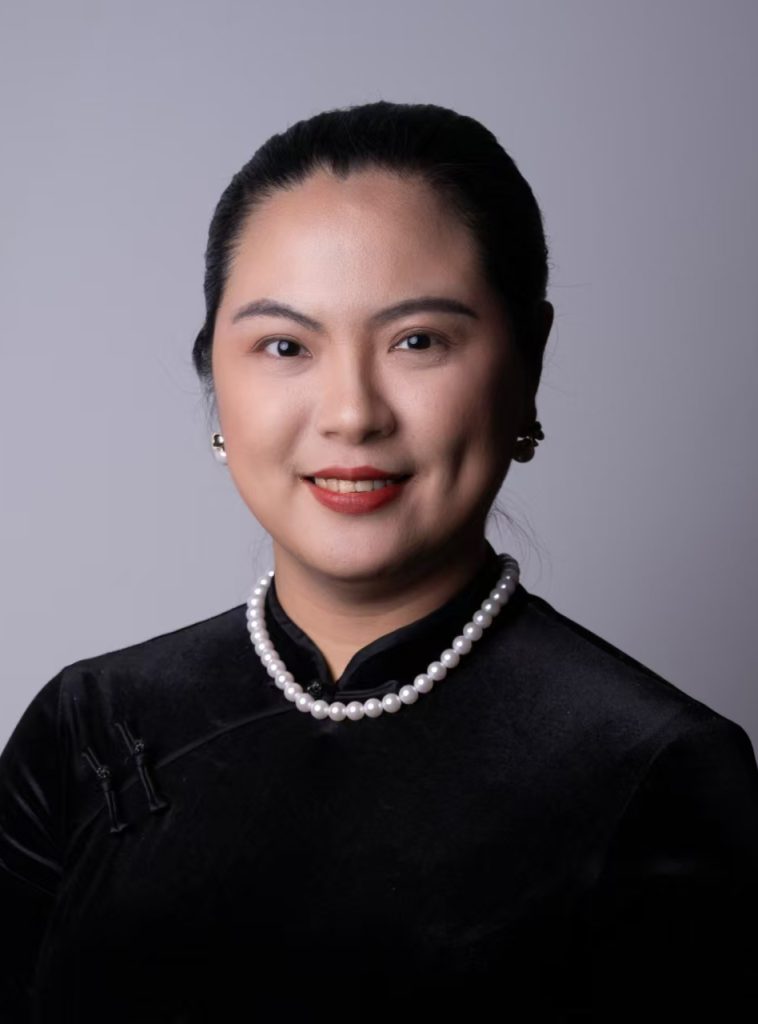
Senior Regional Director (Greater China), Times Higher Education, Singapore
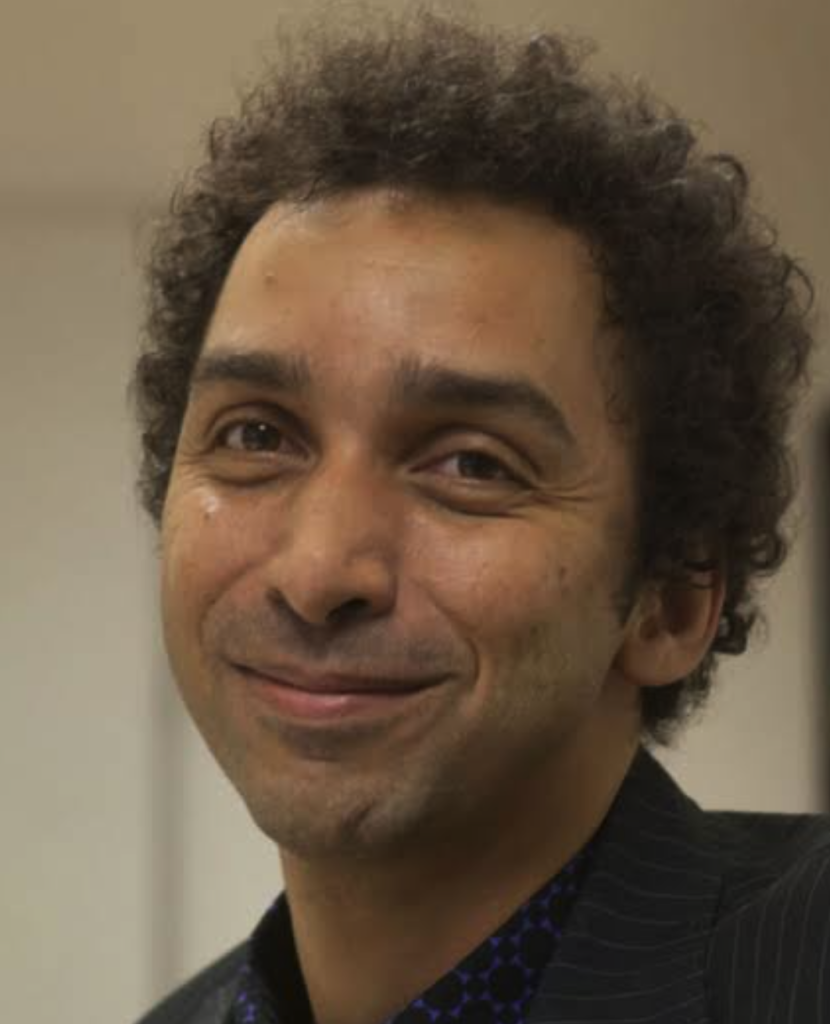
Senior Analyst and Deputy Head of Division, OECD Centre for Educational Research and Innovation
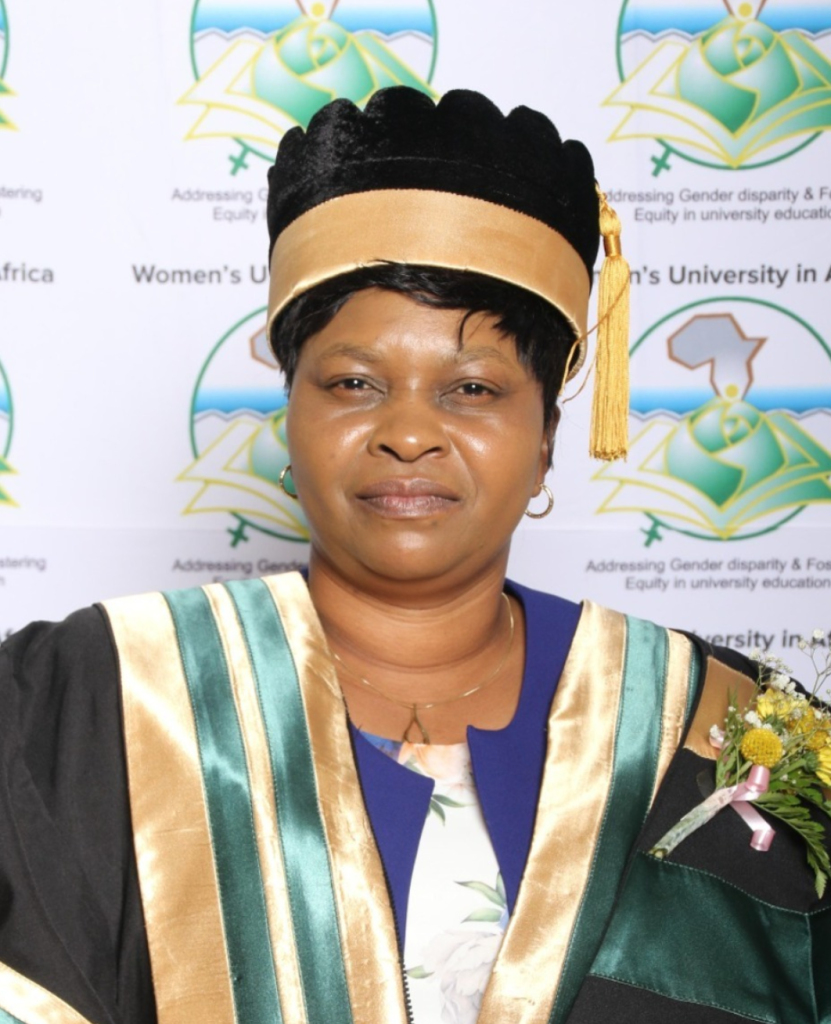
Vice Chancellor, Women's University in Africa

Vice-Chancellor,Rwanda Polytechnic

Programme Specialist, Unit of teacher Professional Development and Networking, UNESCO IITE

Rector, Universite Senghor
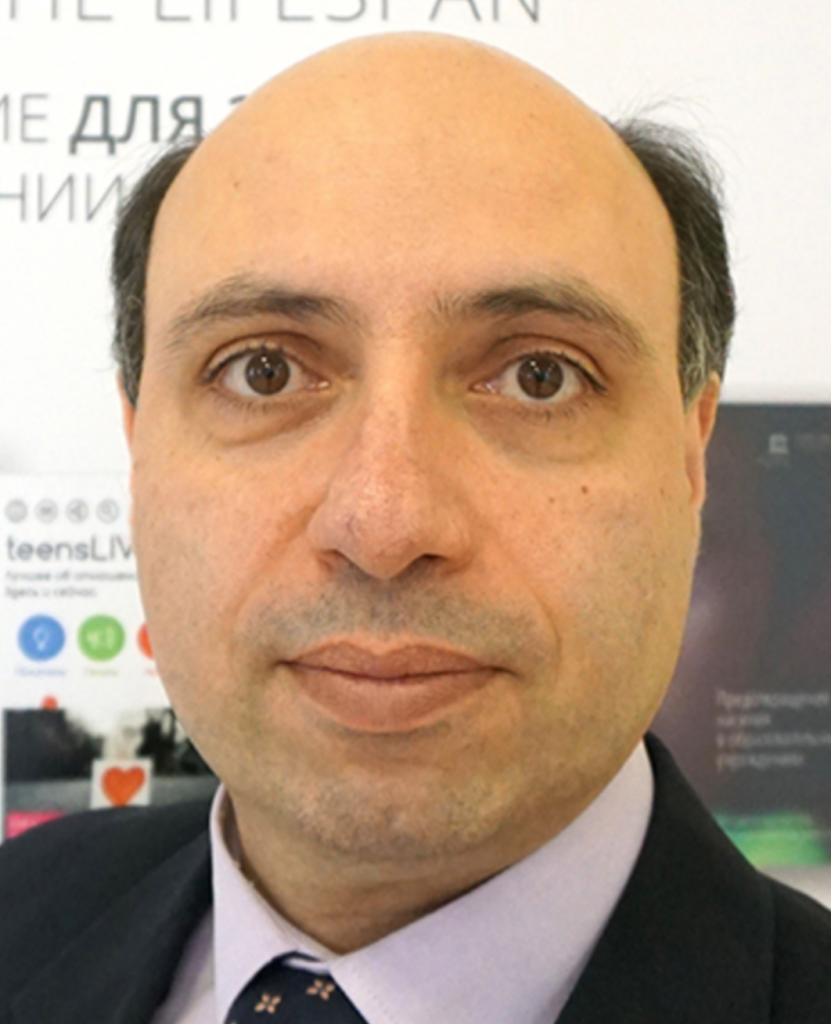
Chief of Unit, Unit of ICT in Health Education, UNESCO IITE

Dean, Faculty of Educational Technology, University of Education, VNU Hanoi

Secretary General,International Council for Open and Distance Education(ICDE)

Vice-Rector, University of Education, VNU Hanoi

Dean, Faculty of Education, University of Lapland

Full Professor of Critical Studies of Artificial Intelligence and Education, University College London(UCL); Chairholder, UNESCO Chair in the Ethics of Artificial Intelligence and Education

Assistant Professor, MB University

Head of Charities (Youth Development & Poverty Alleviation; and Talent & Sector Development), The Hong Kong Jockey Club

Professor, The Hong Kong Polytechnic University
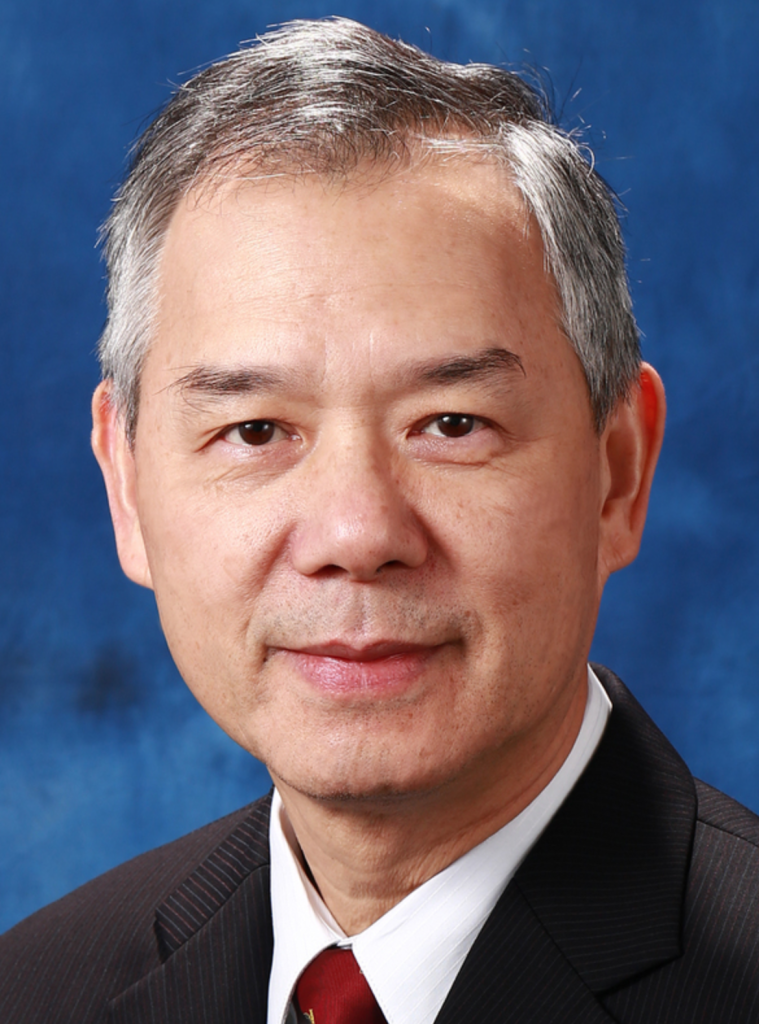
Research Professor, Department of Mechanical and Automation Engineering (MAE), Chinese University of Hong Kong (CUHK); Director, CUHk Shenzhen Research Institute (SZRl)
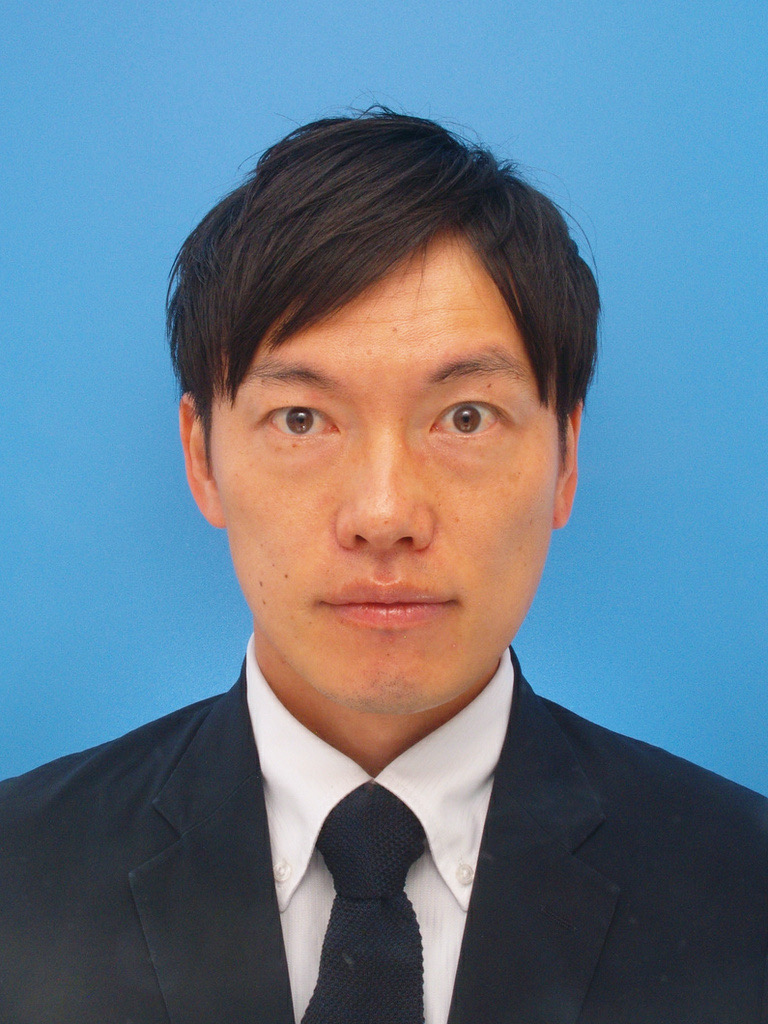
Manager, KOEI Research & Consulting Inc.
250
Continuously updated...

Secretary of the Party Committee, Beijing Normal University, China; Director of the Council of Beijing Normal University, China; Chairman of National Engineering Research Centre of Cyberlearning and Intelligent Technology, China
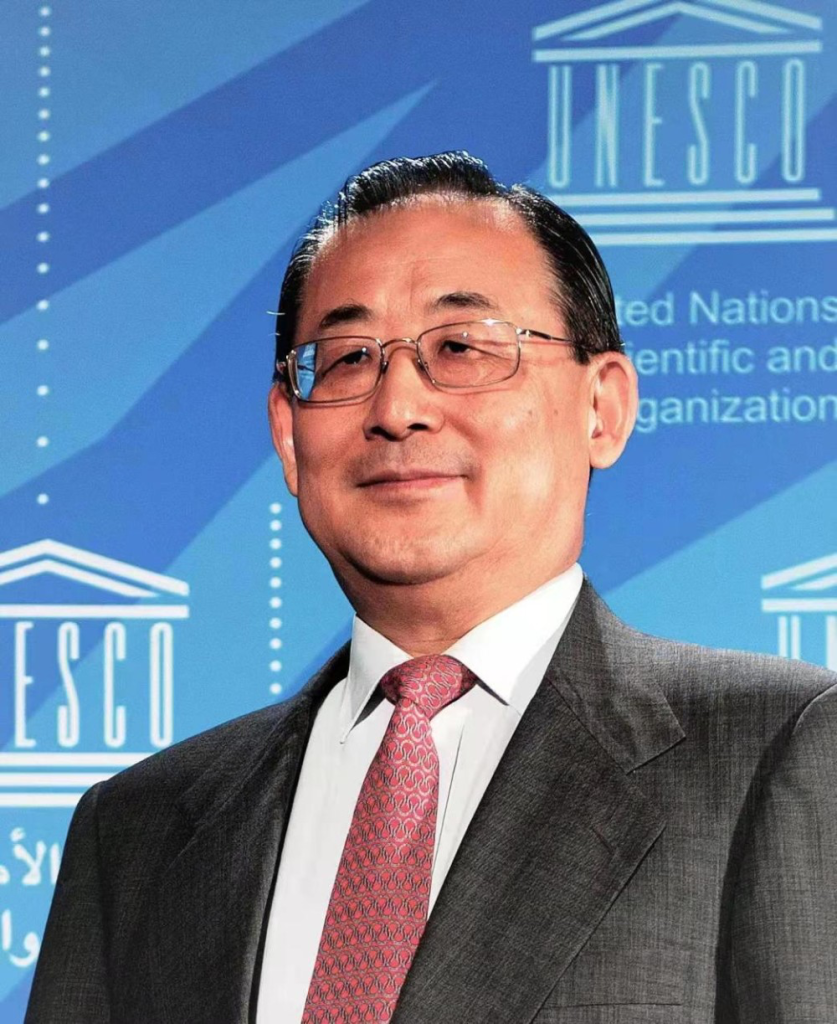
Co-chair of Program Committee, Former Assistant Director-General for Education of UNESCO
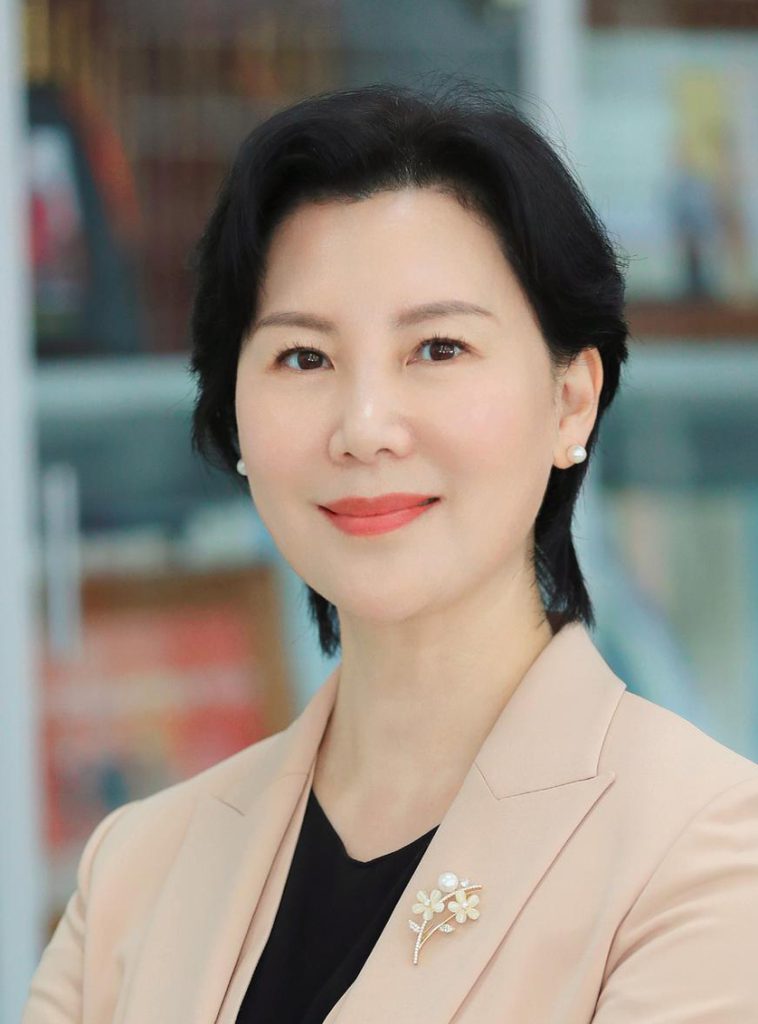
President, Beijing Normal University, China; Academician of the Chinese Academy of Sciences; Fellow of the World Academy of Sciences for the Advancement of Science in Developing Countries; Foreign Member of the Academia Europaea; Foreign Member of the Royal Swedish Academy of Sciences
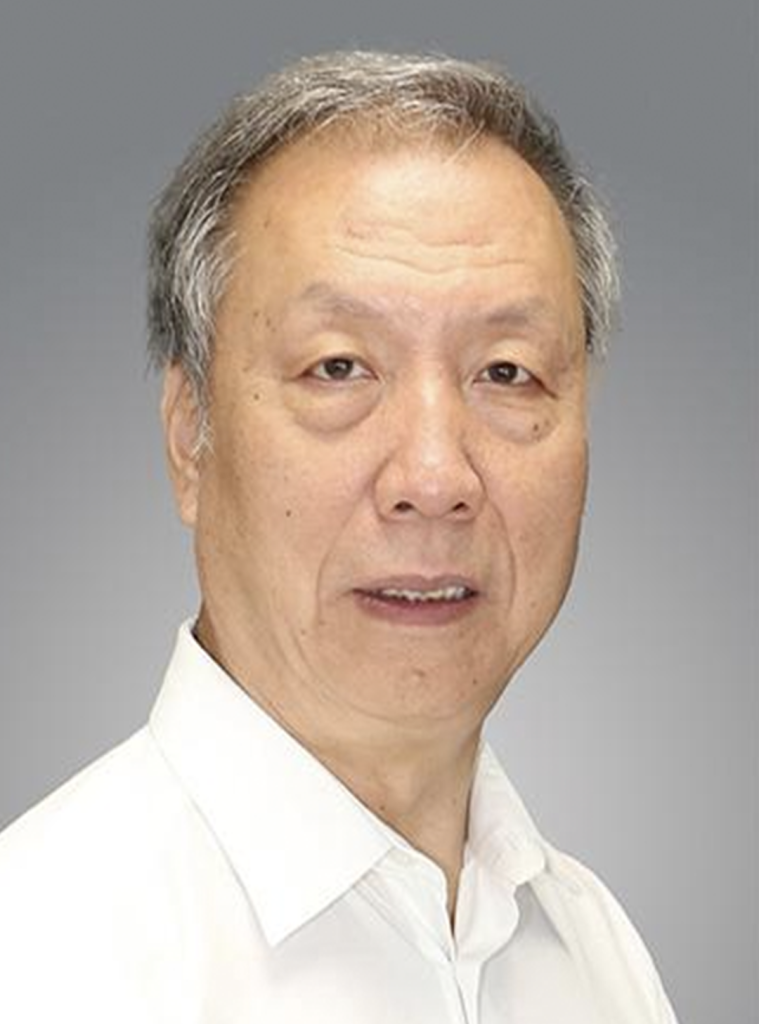
Academician of Chinese Academy of Engineering
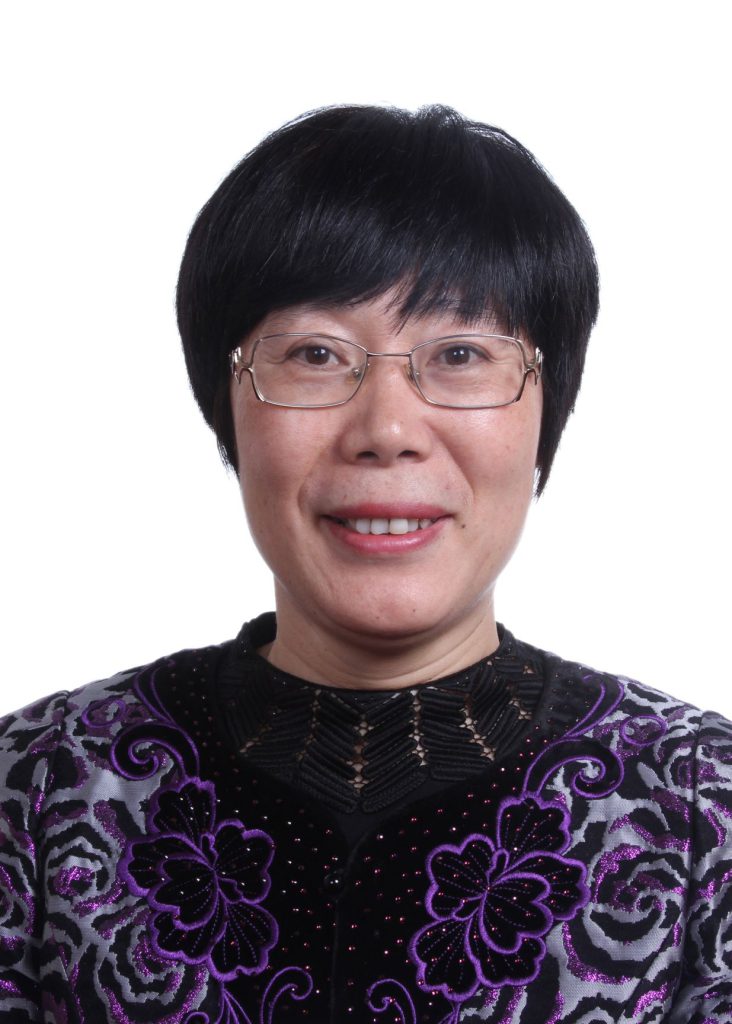
Professor at Tsinghua University, Academician of the Chinese Academy of Sciences, and Recipient of the World Outstanding Female Scientist Award.
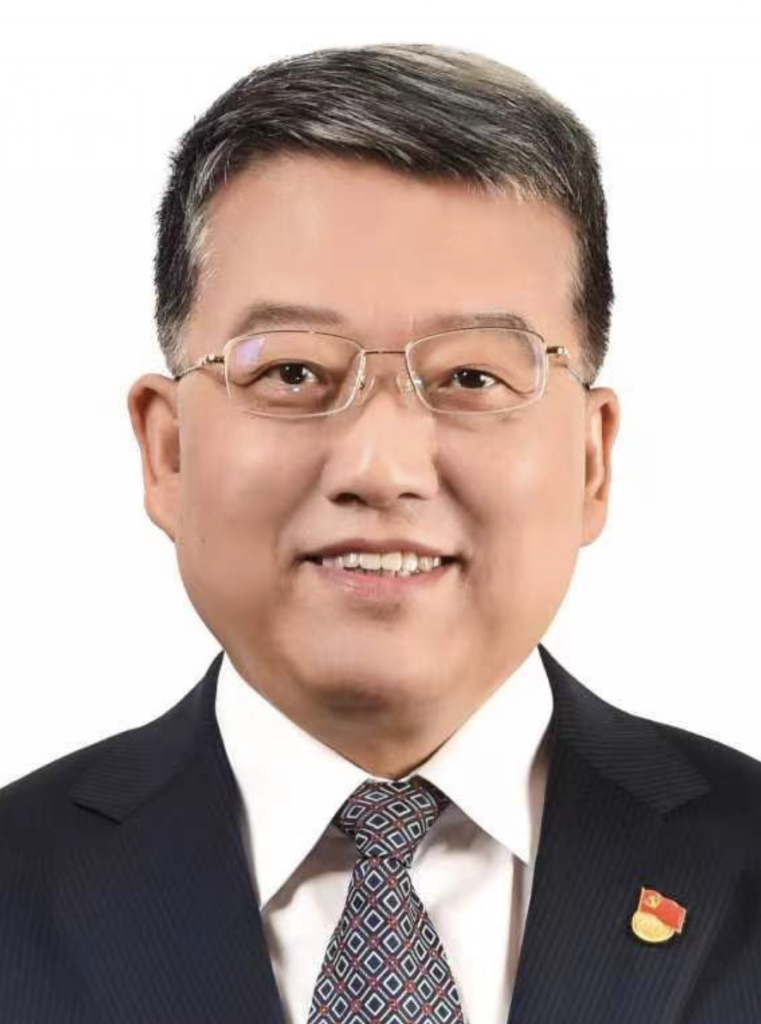
Vice President, China Association of Higher Education

National First-Class Professor in Philosophy and Social Sciences, Distinguished Professor of Liberal Arts at Tsinghua University

Writer, scholar, and Dean of the Institute of Advanced Studies in Humanities and Arts, Xiamen University.
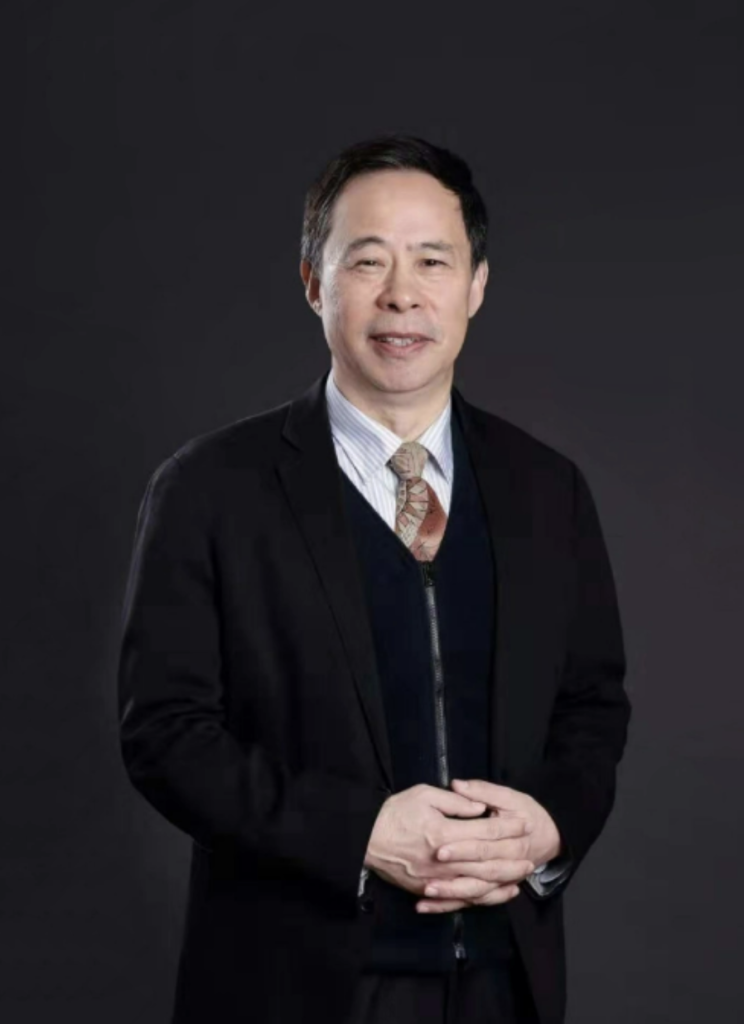
President, China Industry-University-Research Institute Collaboration Association
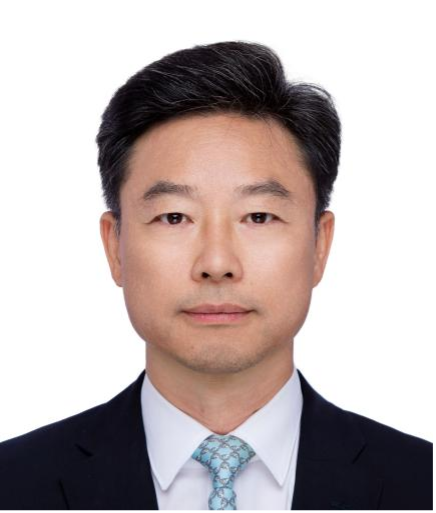
Vice President and Secretary General, China Education Association for International Exchange(CEAIE)
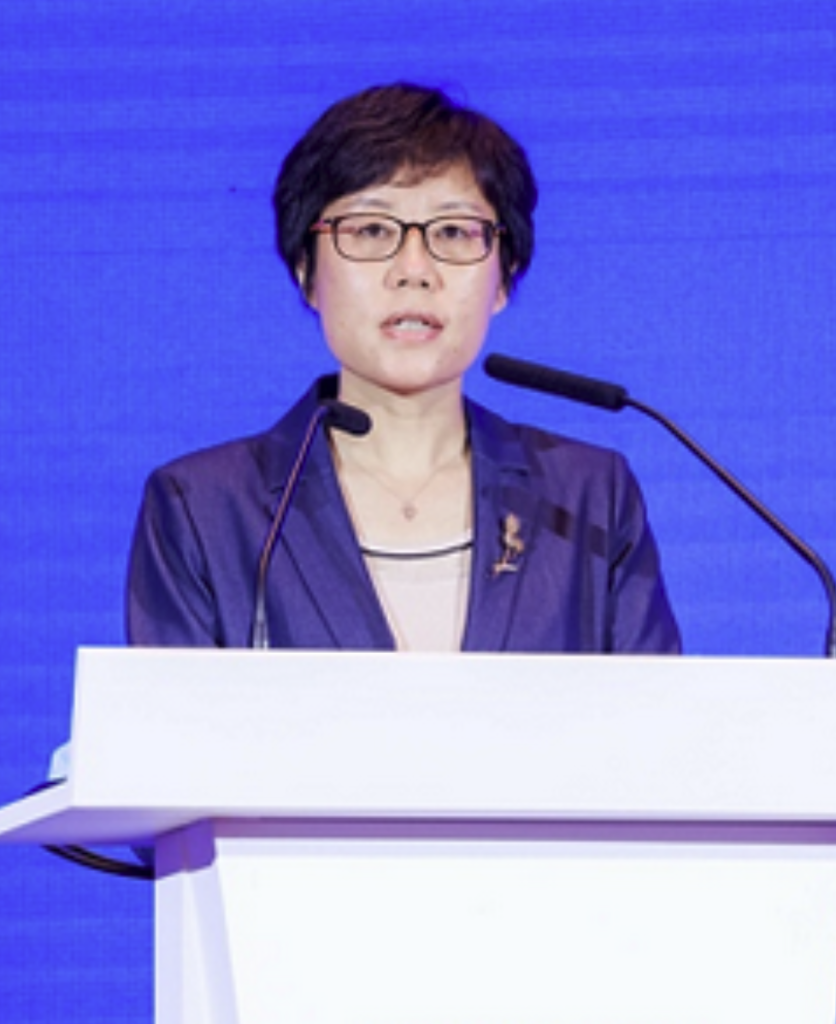
Deputy Director, Department of Science, Technology and Informatization, Ministry of Education, P.R. China
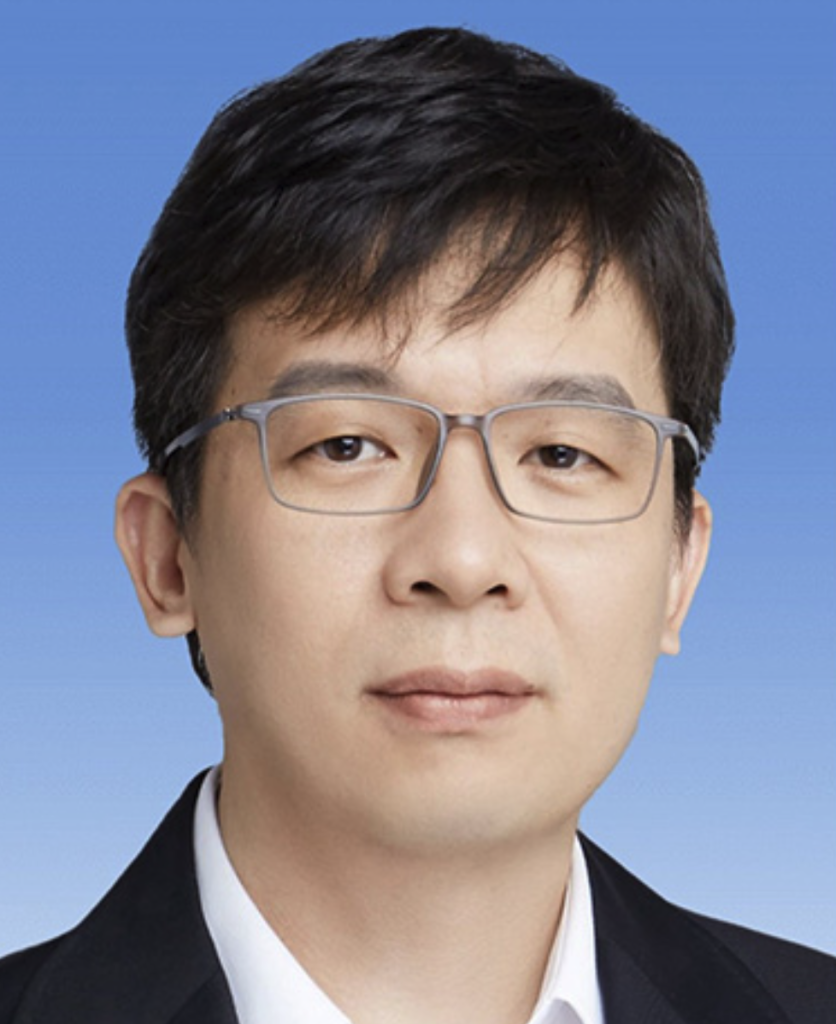
Co-chair of Program Committee, Vice President, Professor, Beijing Normal University

Co-chair of Program Committee, Co-Dean of Smart Learning Institute of Beijing Normal University
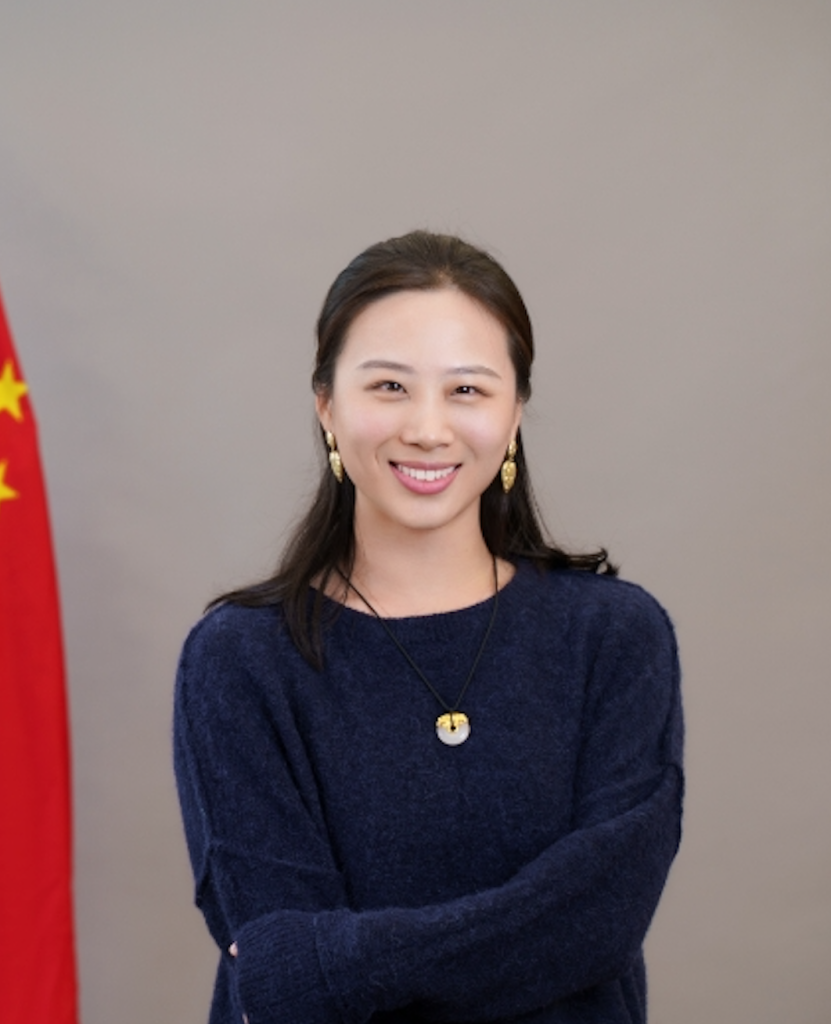
Deputy Director, UNESCO International Center for Higher Education Innovation (UNESCO-ICHEI), China
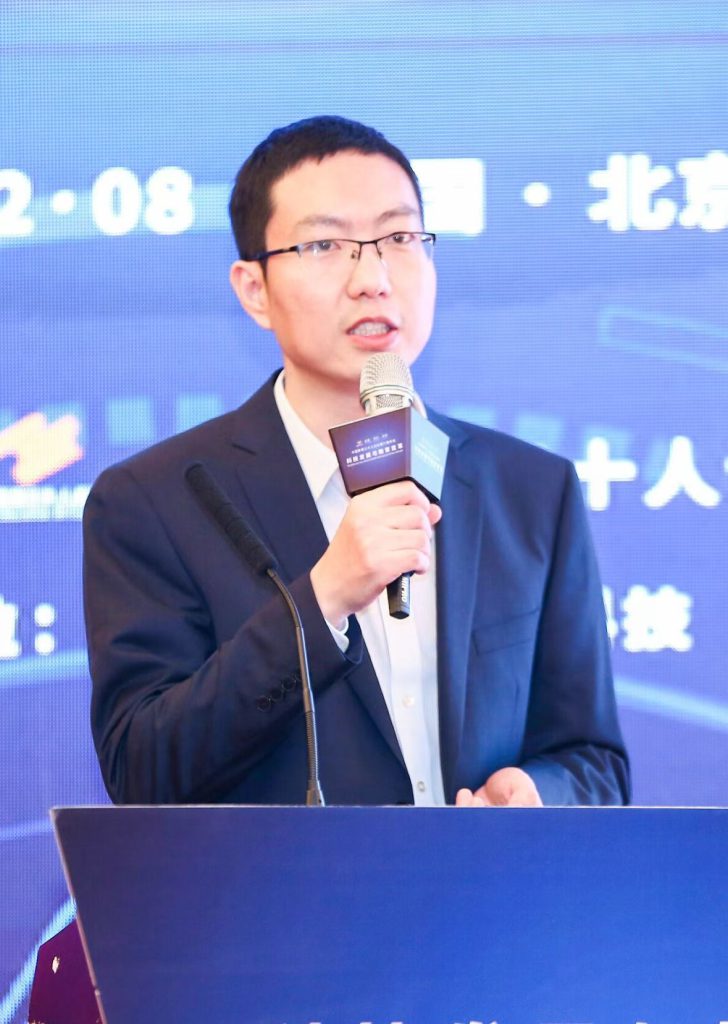
deputy director, Institute of Digital Education, China National Academy of Educational Sciences, China
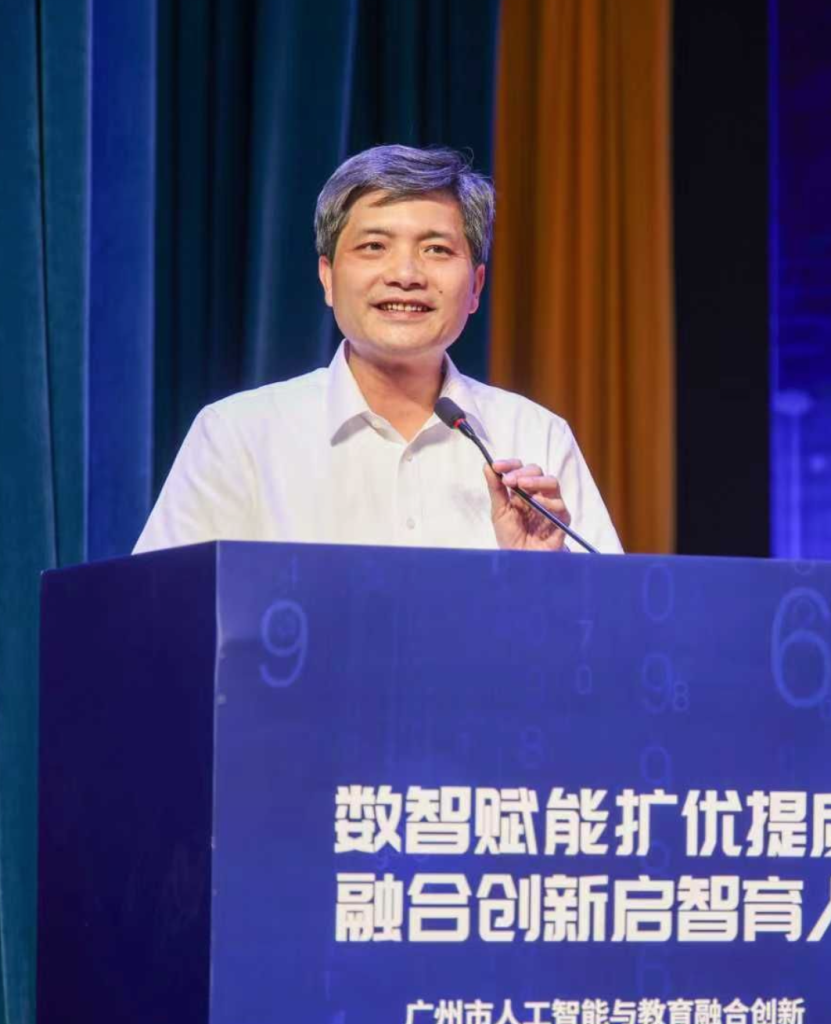
director of the Education Bureau of Guangzhou
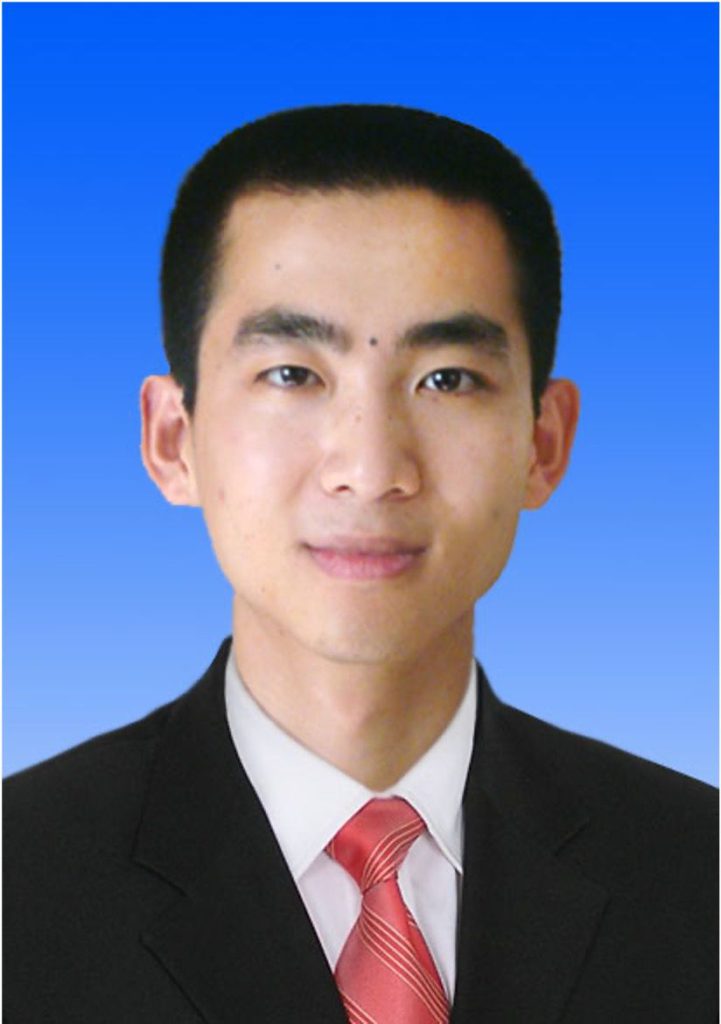
Teaching Researcher at Shandong Provincial Institute of Education Sciences; Part-time Researcher at Qingdao Digital Research Institute

deputy editor of Distance Education Magazine

Deputy General Manager of Beijing Weixun Technology Co., Ltd.
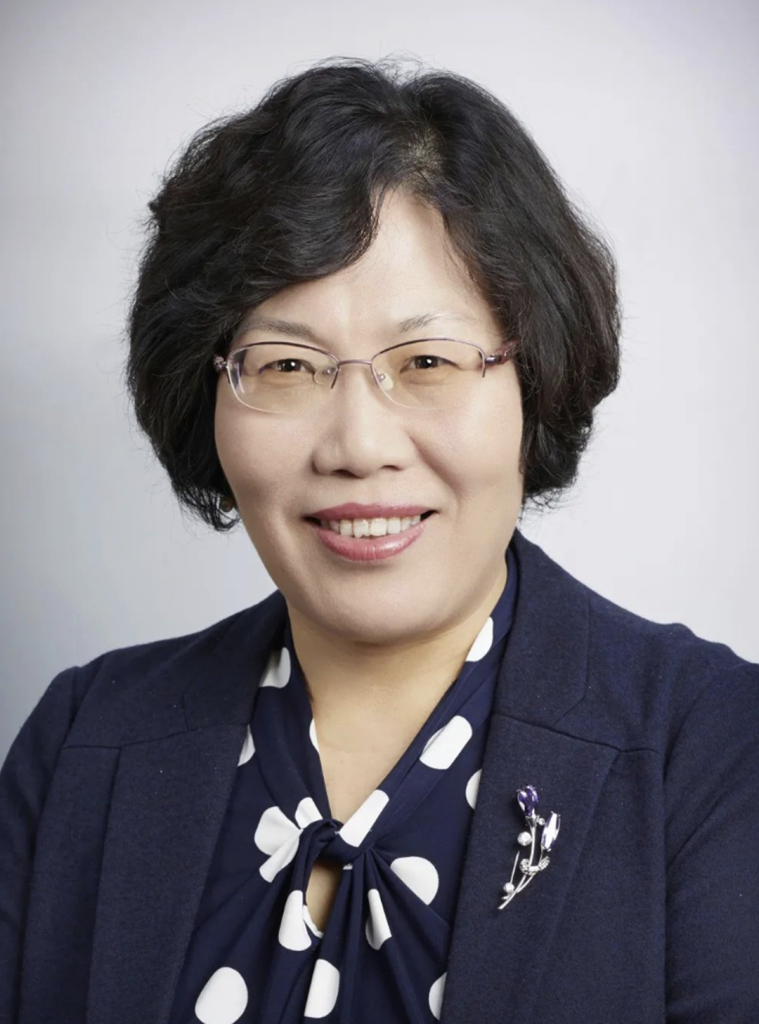
Professor, Beijing Normal University, China
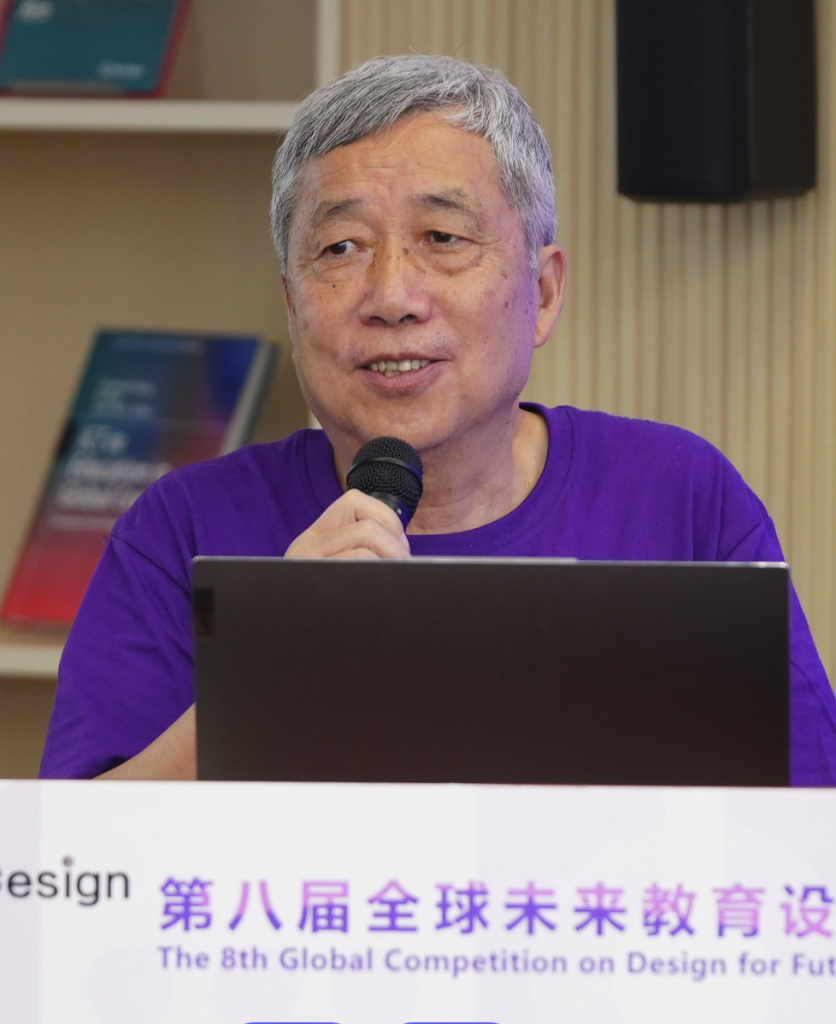
Former Vice President of Beijing Normal University, Vice Dean of the Intelligent Learning Research Institute, and Professor
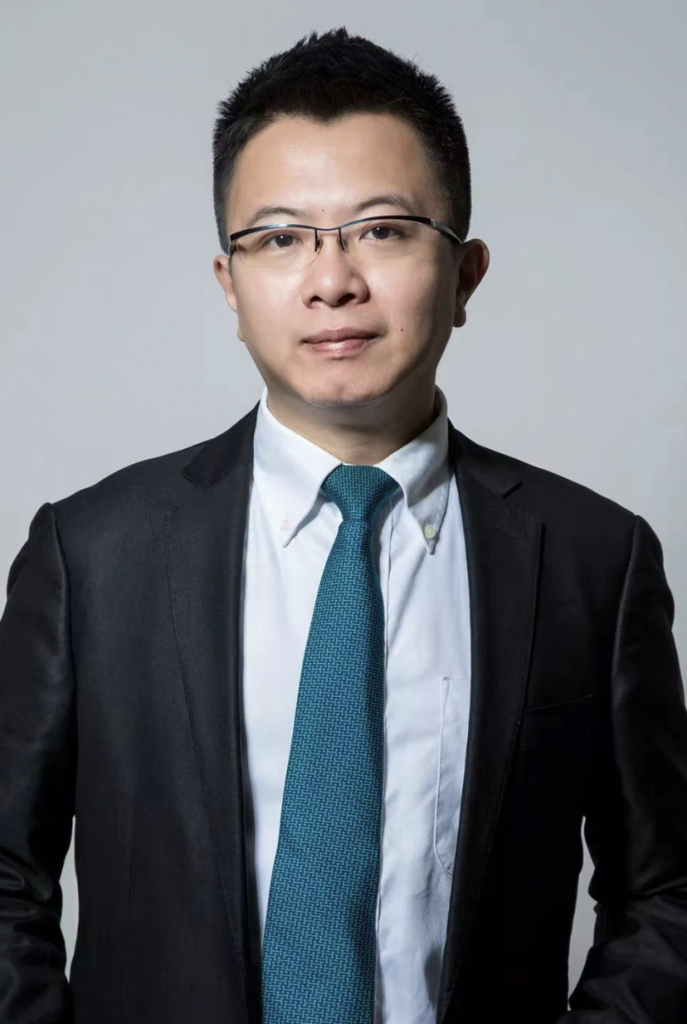
Vice President, NetDragon Websoft Inc.; Vice Dean, Smart Learning Institute of Beijing Normal University, China
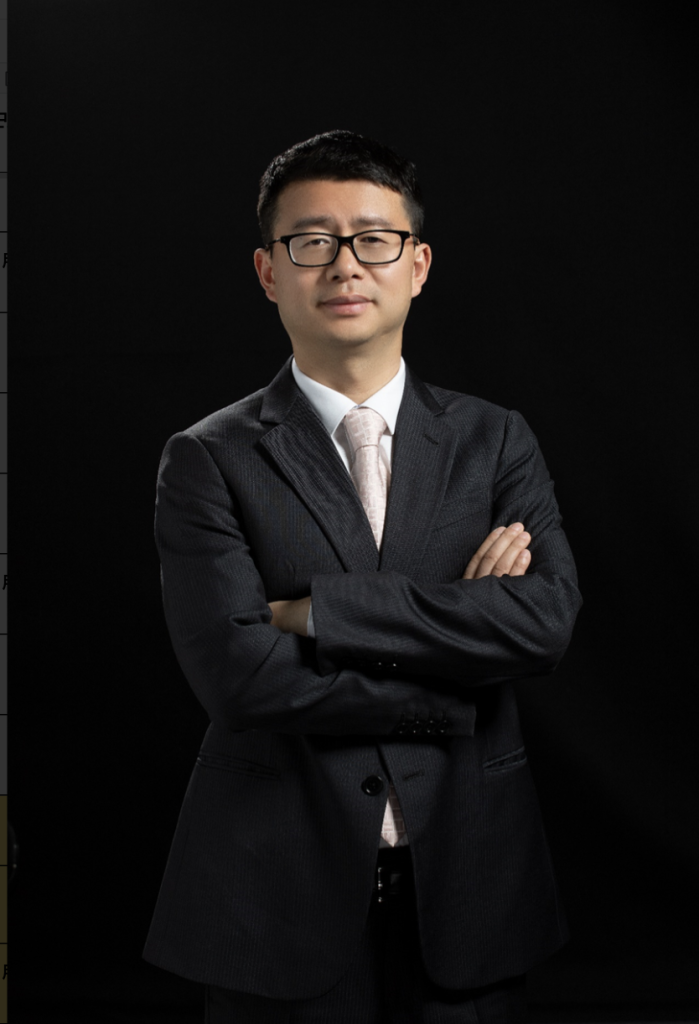
Senior Vice President, NetDragon Websoft Inc., China
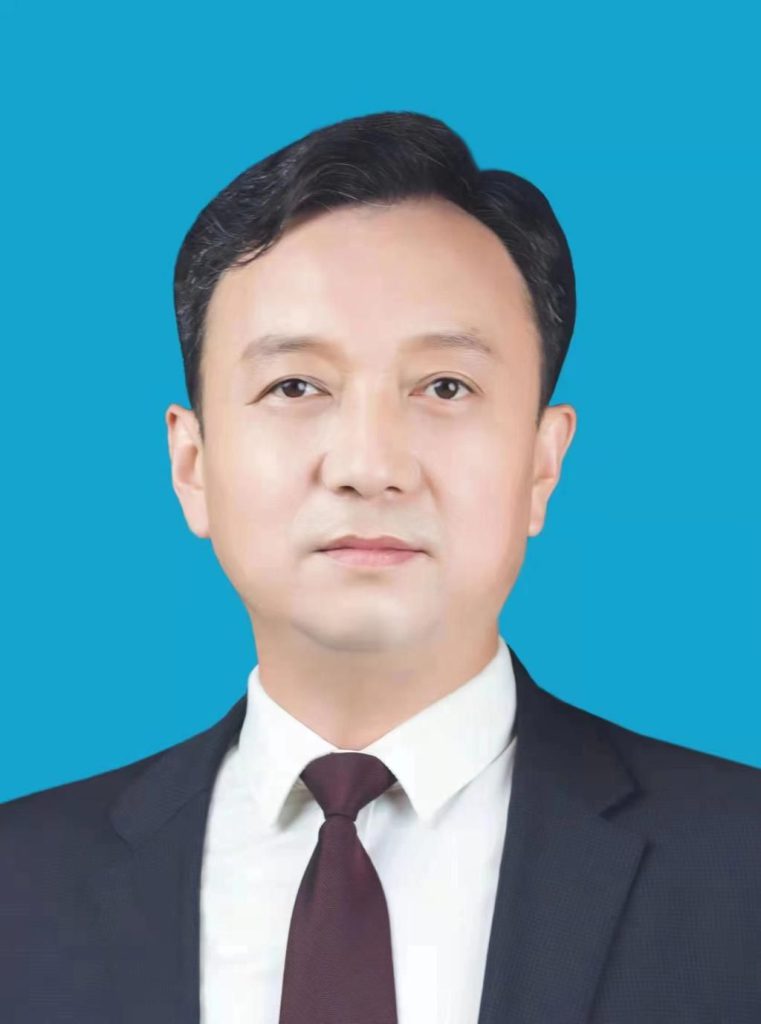
vice president of Beijing Vocational University of Science and Technology

School of Continuing Education and Teacher Training, Beijing Normal University

director of science and Technology Education Center of Yuzhong District, Qing City, senior high school physics teacher
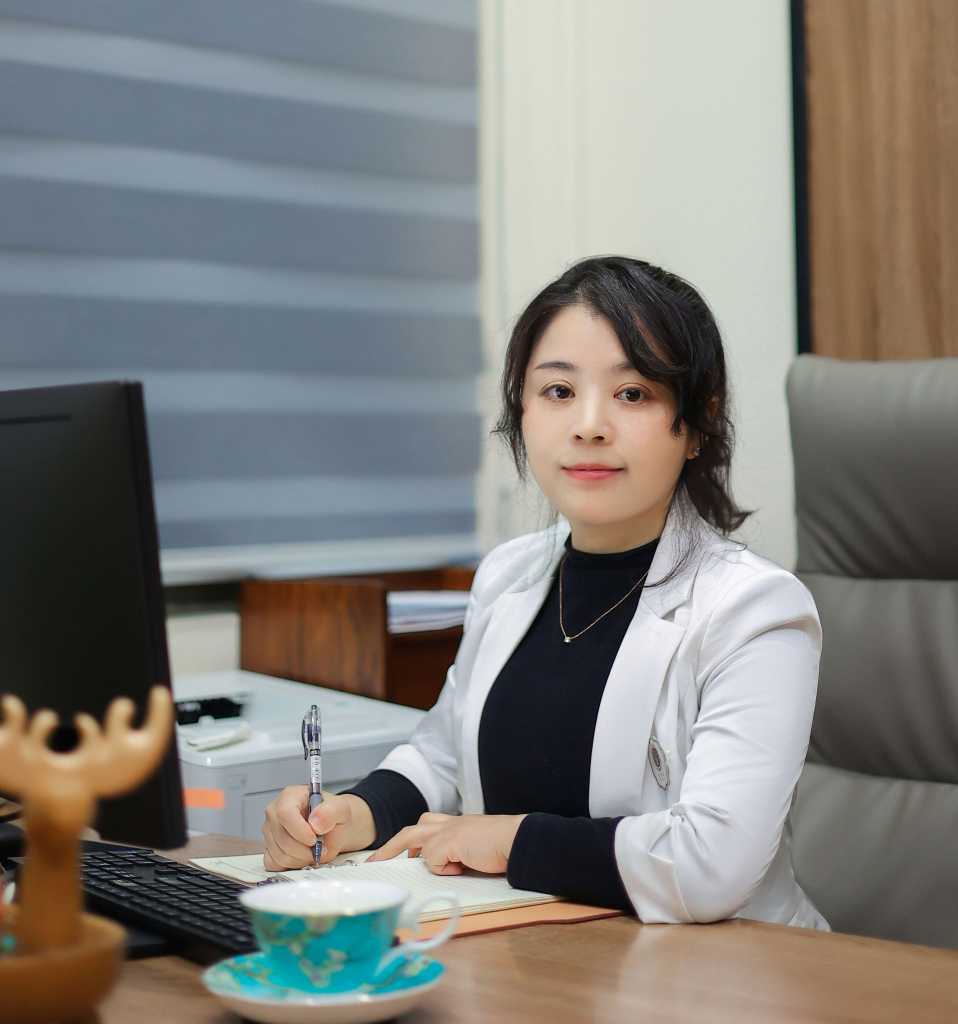
Principal of Parkland First Kindergarten, Longgang District, Shenzhen
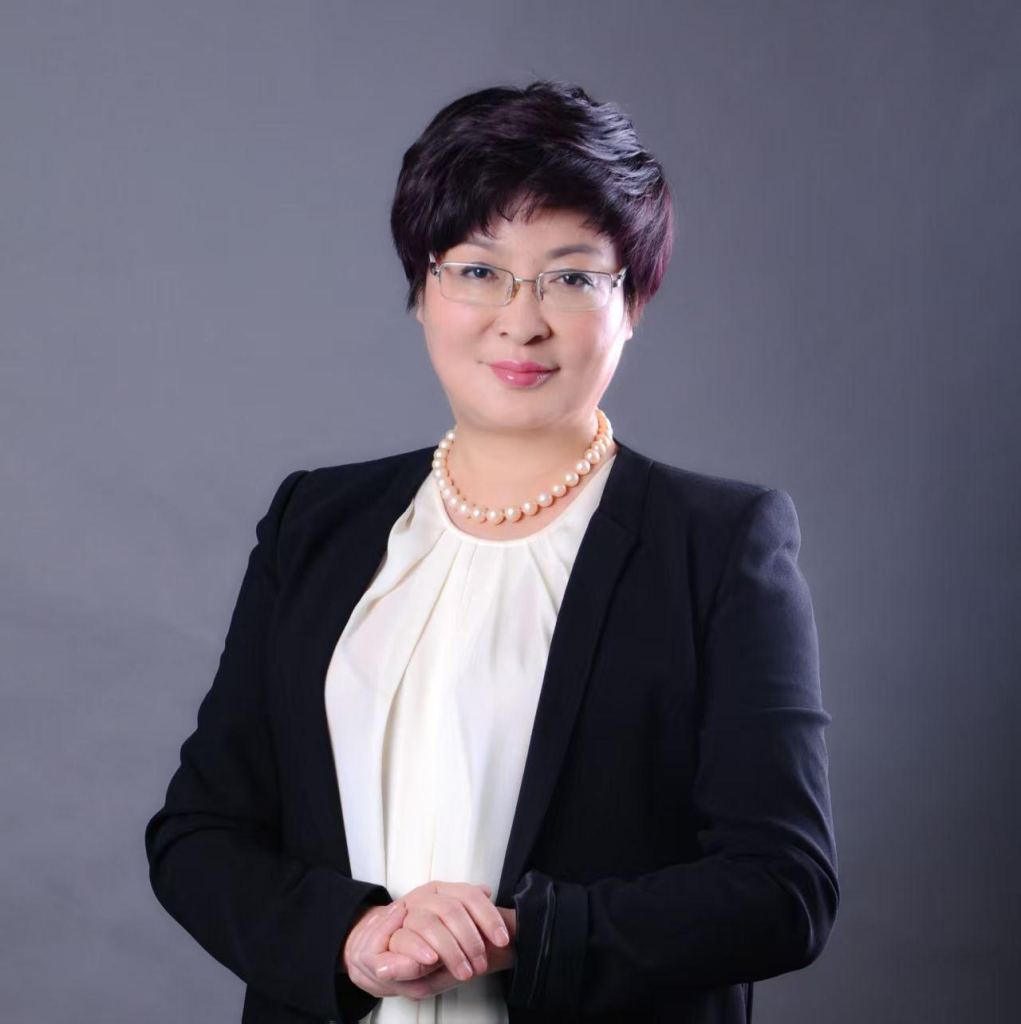
chairman of Beijing Junyi Star Education Group
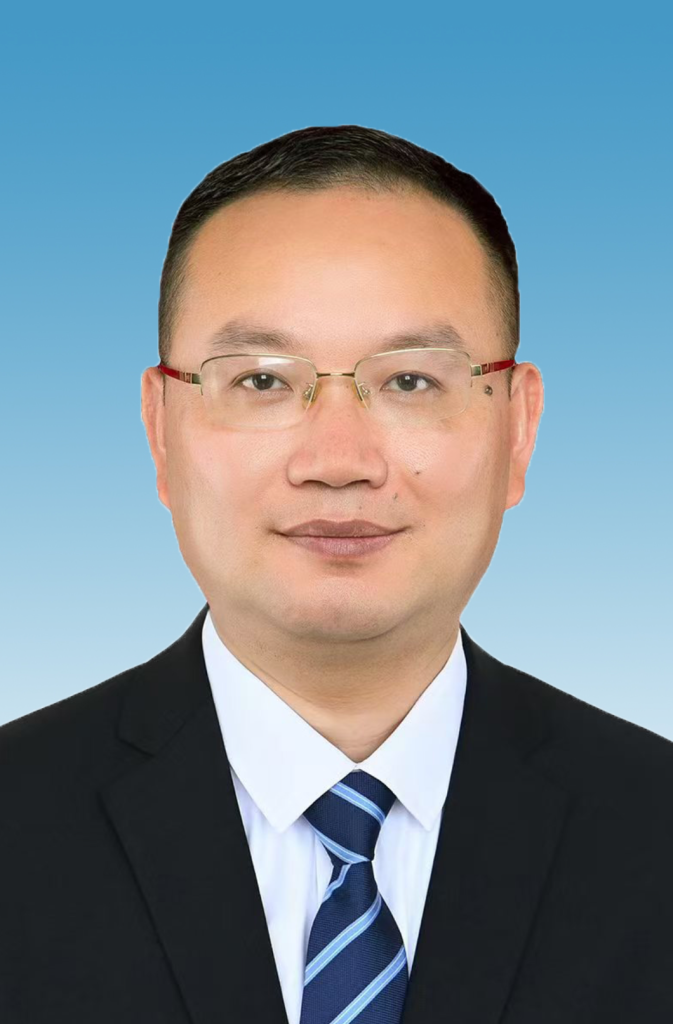
director of the Education Bureau of Chongqing Liangjiang New Area
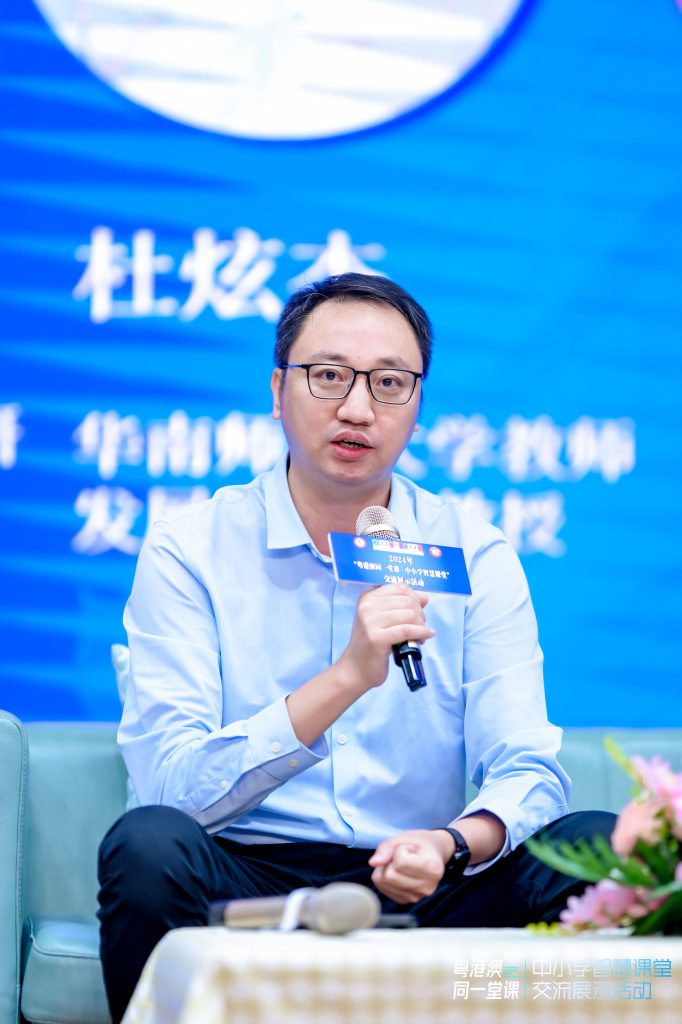
associate professor at South China Normal University and director of the Technical Promotion and Training Department of the Teacher Development Center
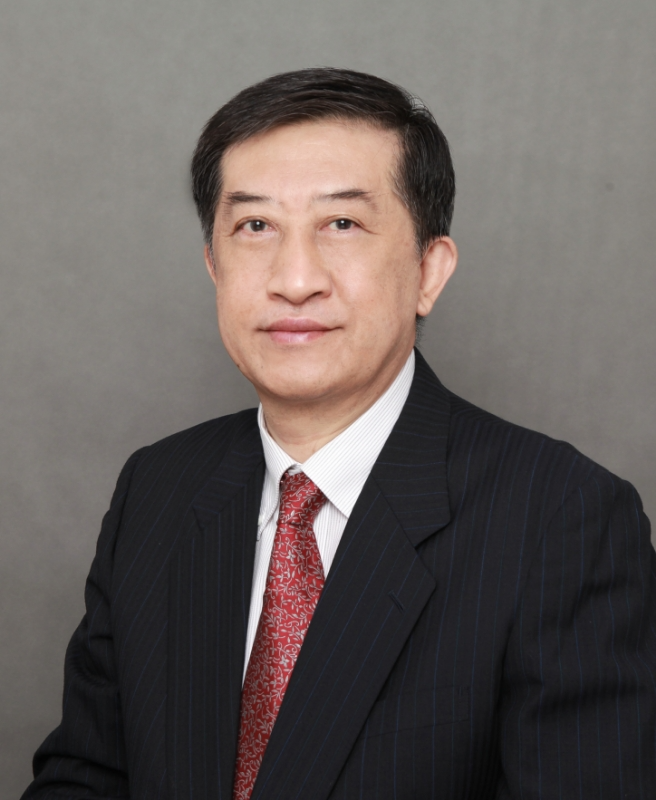
professor at Shanghai Normal University, Member of the Teaching Sub-Committee for Educational Technology under the Ministry of Education

No. 8 Junior High School, Gushi County, Henan Province
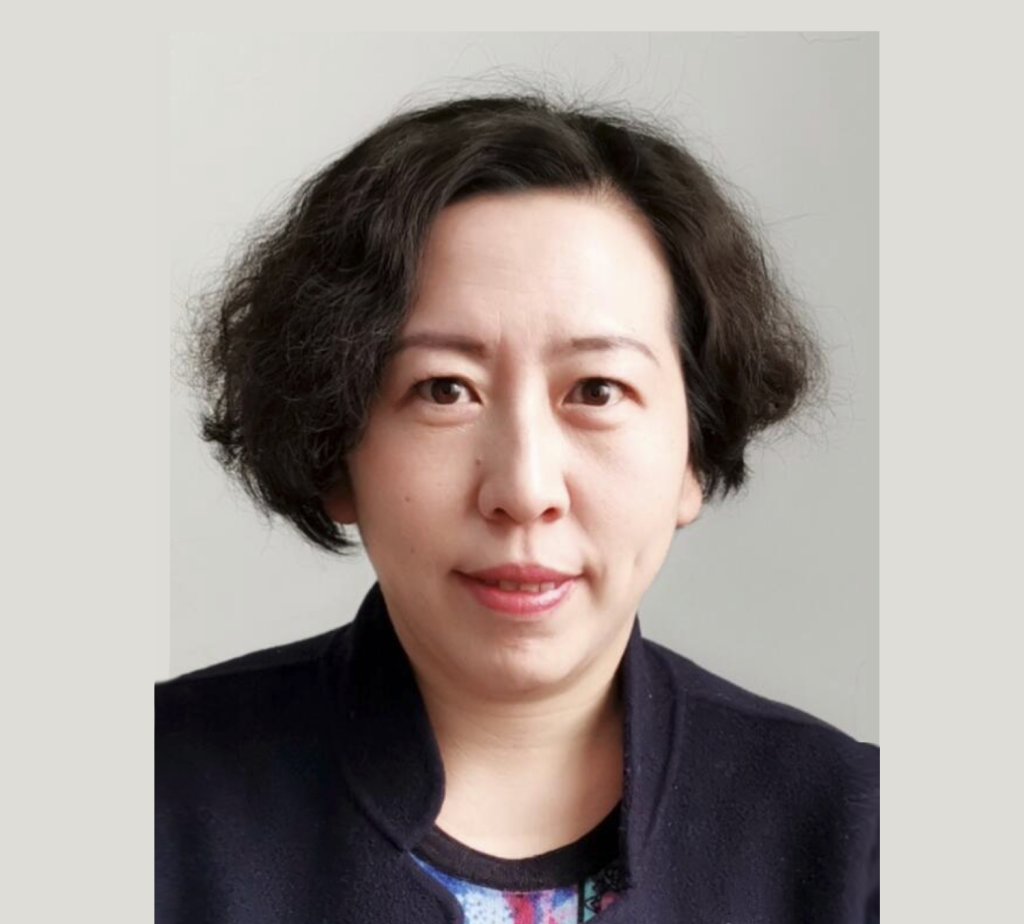
deputy director of Bengbu Education Bureau
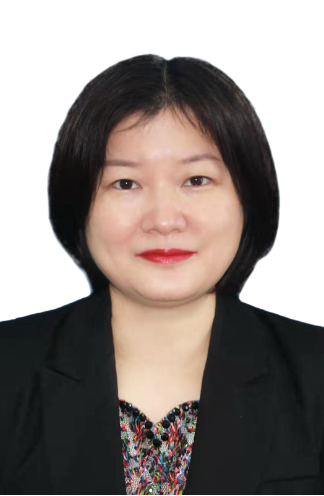
Vice President, The Open University of China
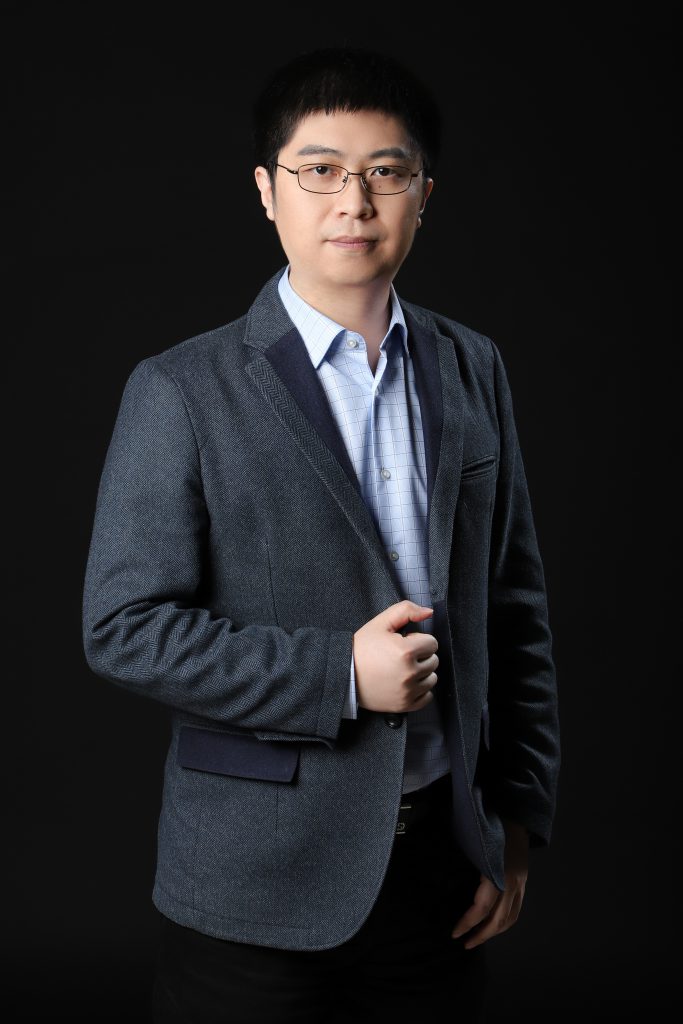
General Manager of China Unicom (Beijing) Industrial Internet Co., Ltd.

Vice Dean of the Institute of Higher Education, Beijing Normal University, professor
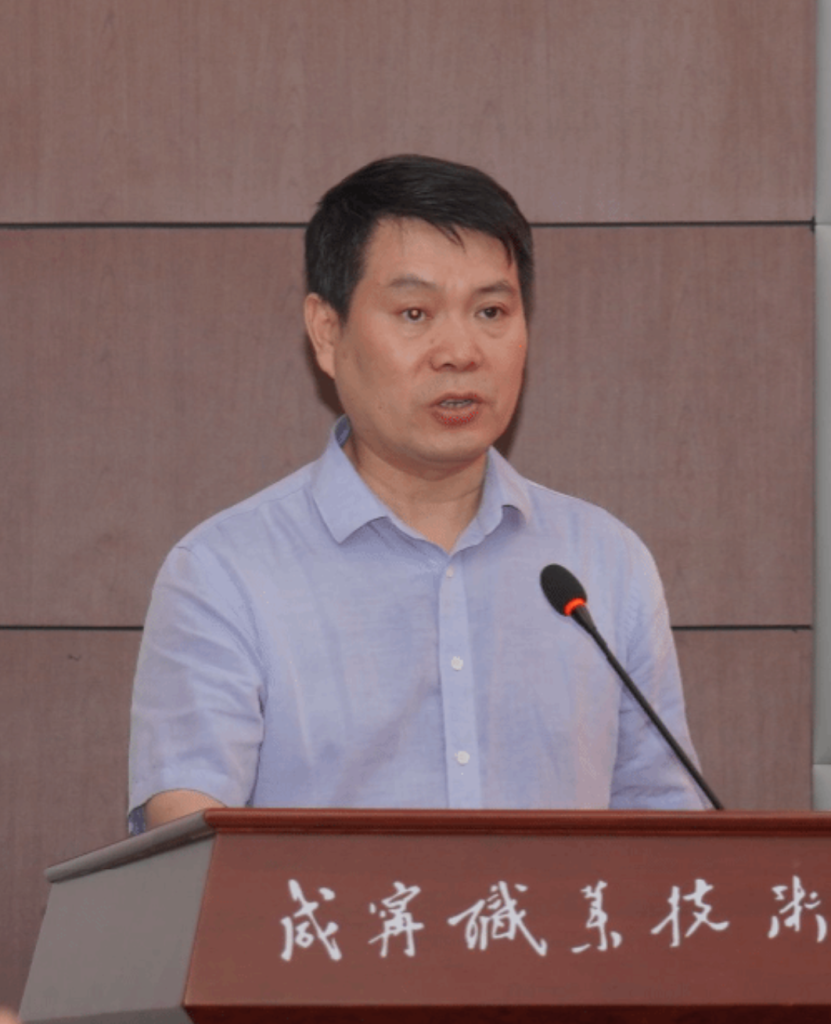
vice president of Xianning Vocational and Technical College

Professor at the Faculty of Education, Beijing Normal University

director of the Network and New Media Teaching and Research Office of the School of Journalism and Communication, Hebei University of Media
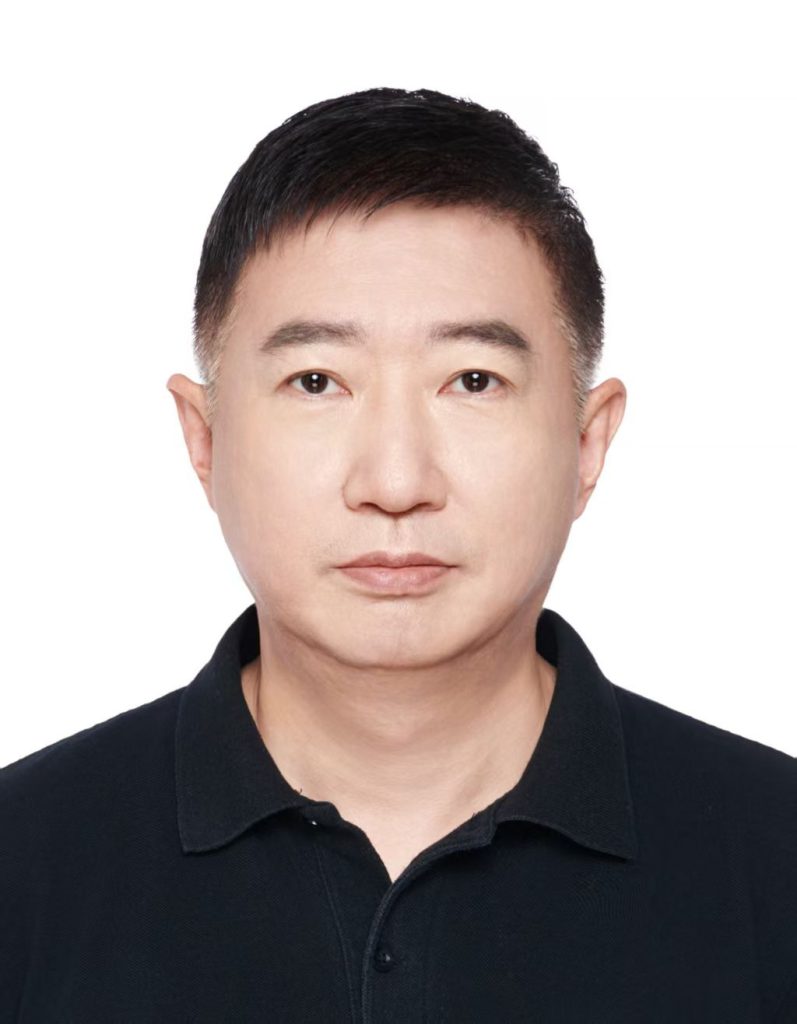
general manager of sports and education business group of CCTV
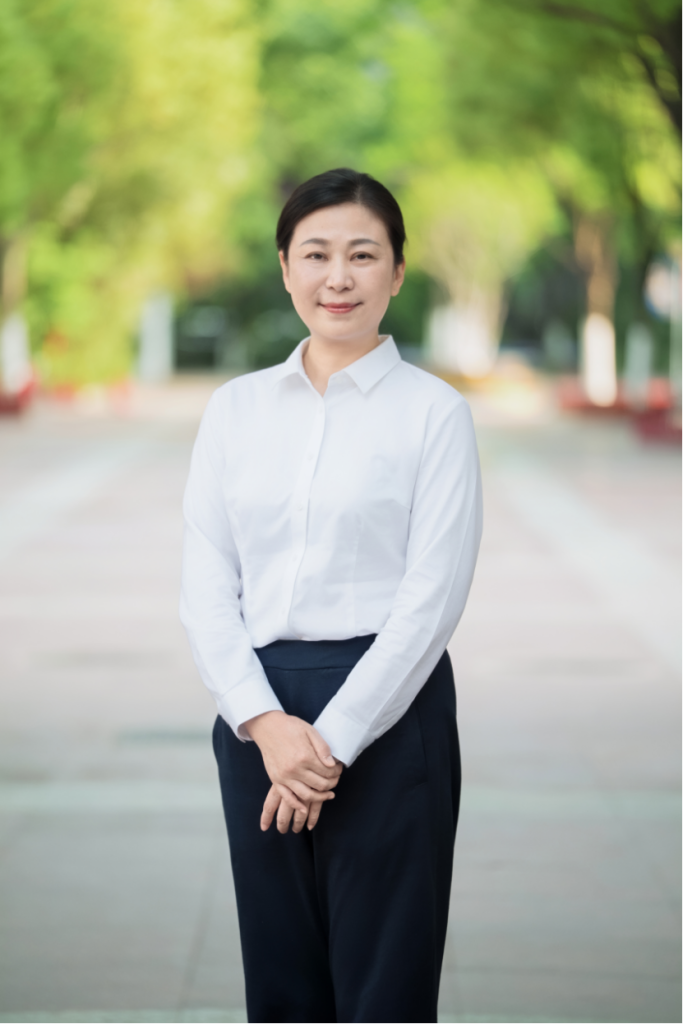
chairman of Hefei Normal University Affiliated Primary School Education Group

Vice Dean and Professor at the College of Educational Technology, Beijing Normal University

Principal of Enping Huanggang Experimental Middle School
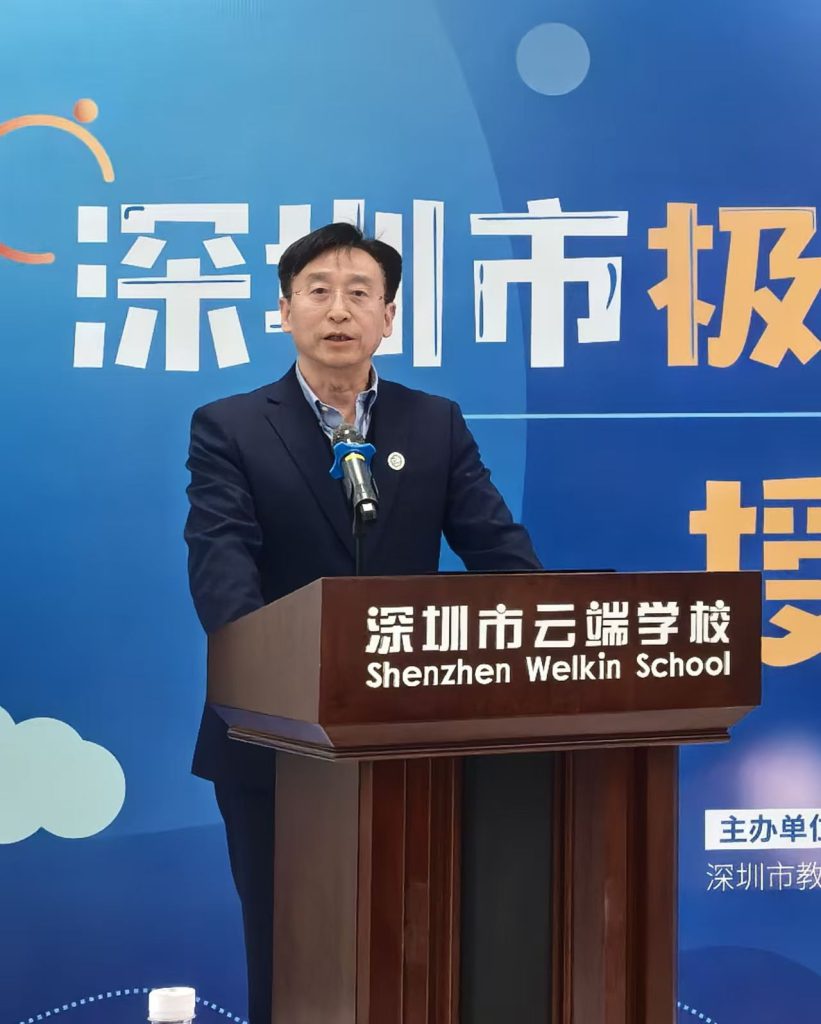
principal of Shenzhen Cloud School
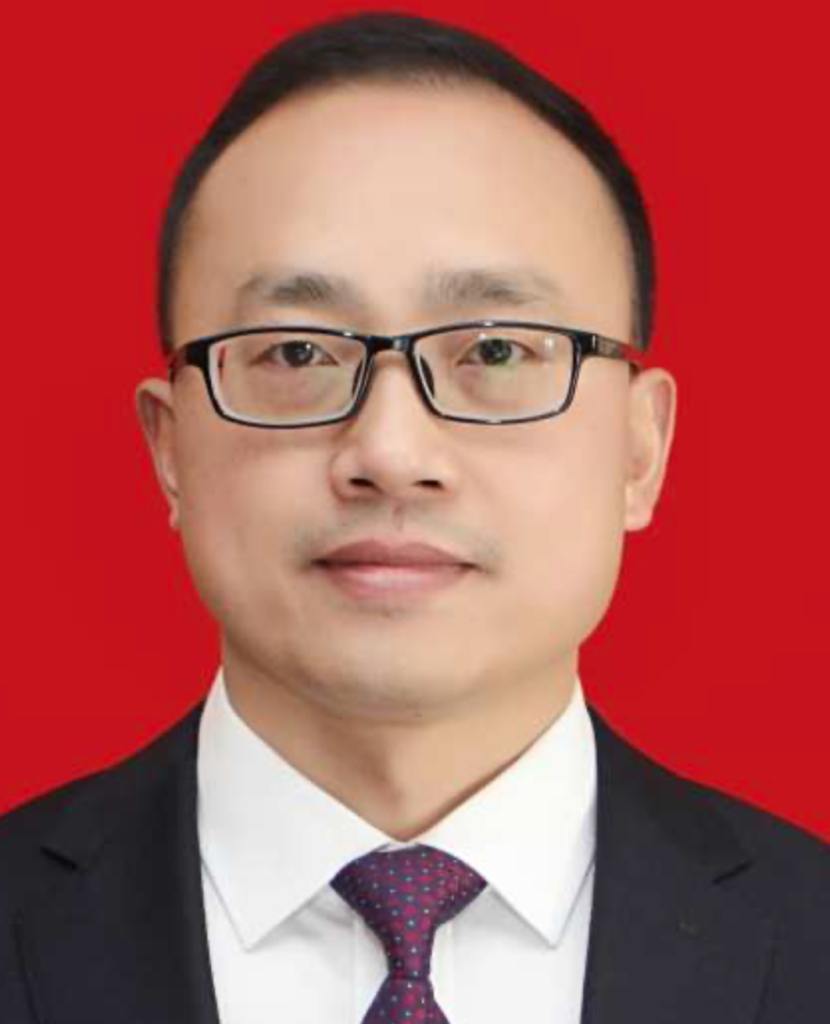
principal of Mianyang Middle School in Sichuan Province "New Exploration of Data-driven Precision Education"
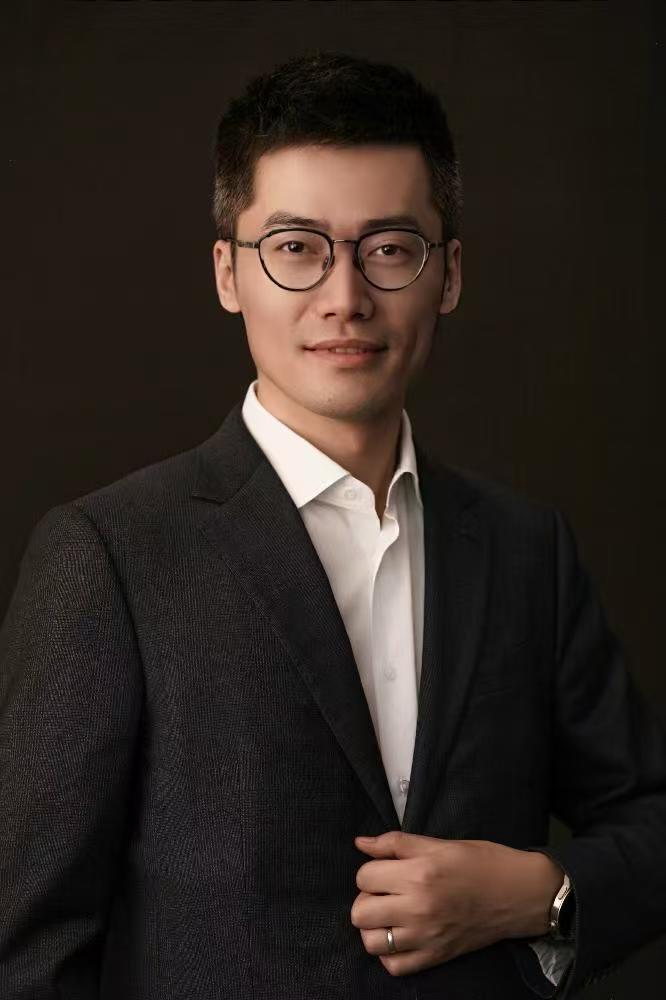
vice President of Huawei and president of the Intelligent Collaboration field

Director, Department of Education Information Technology, East China Normal University, China
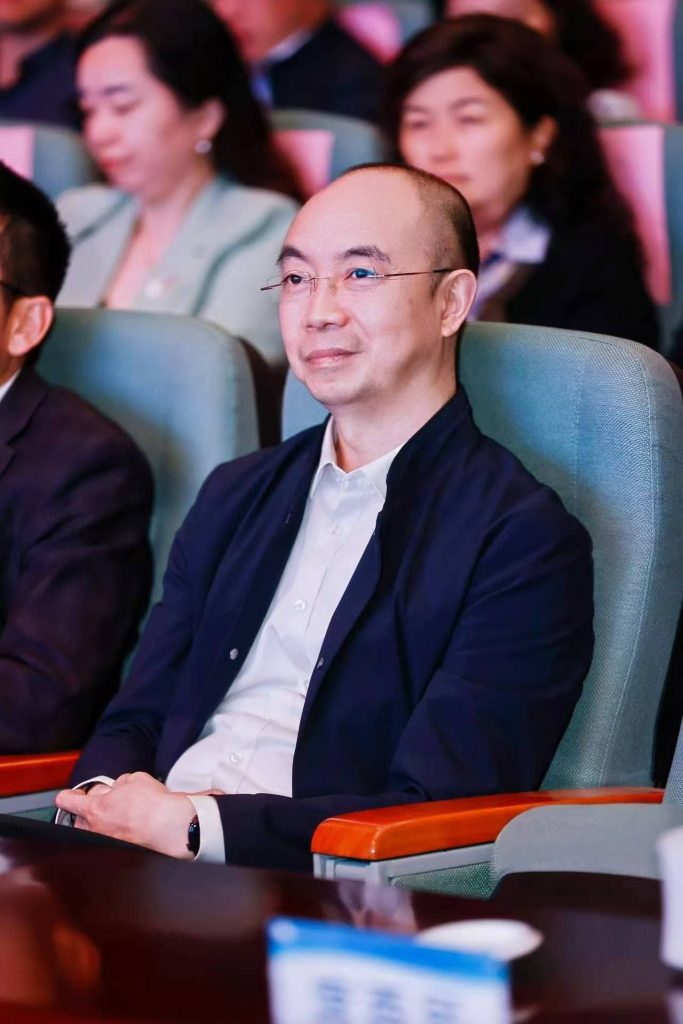
director of the Education Bureau of Suzhou Industrial Park
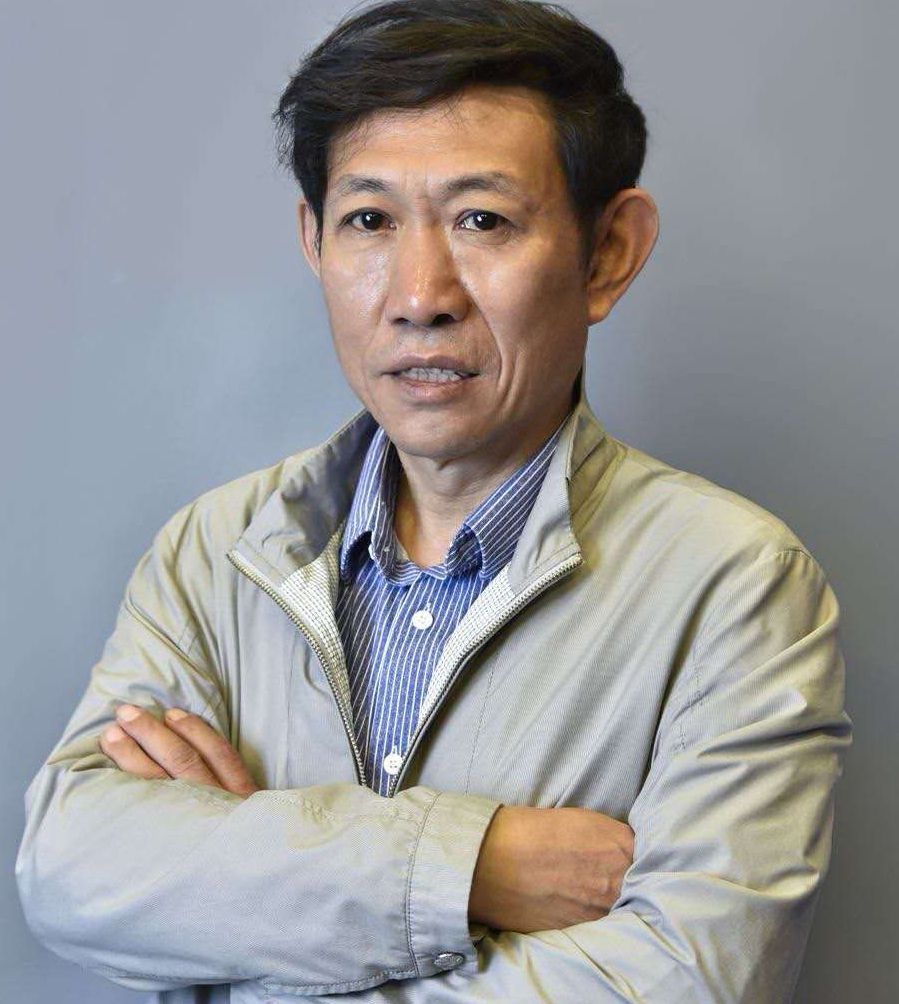
director of the Education Informatization Strategy Research Base (Northwest) under the Ministry of Education, dean of the Institute of Intelligent Education at Northwest Normal University, and professor
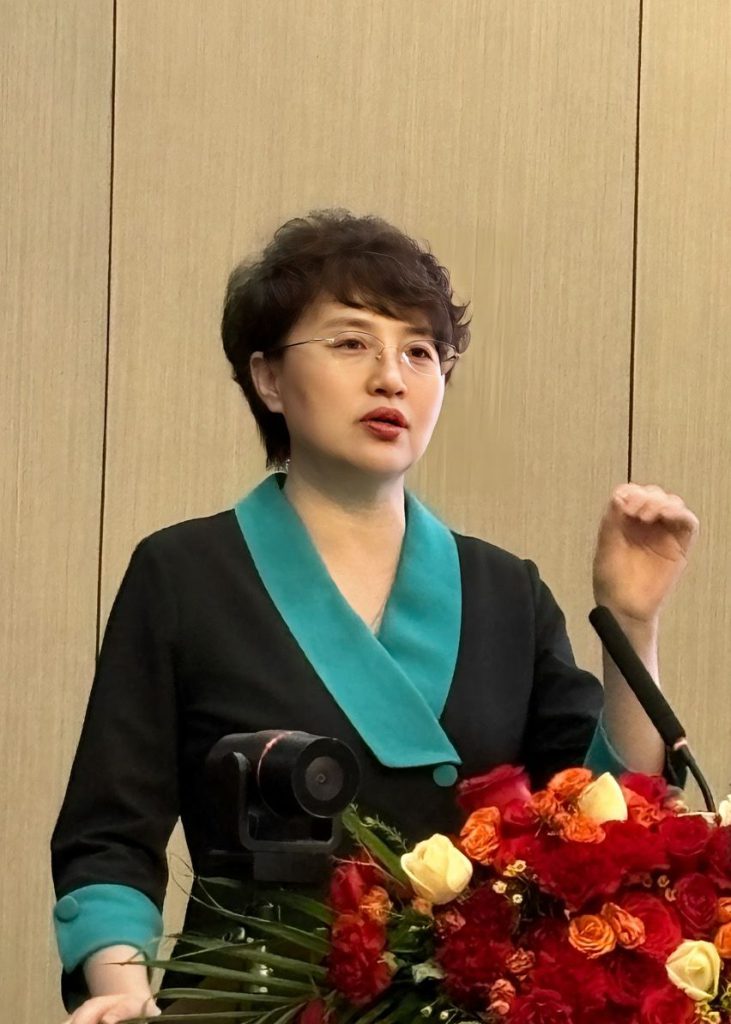
School of Educational Technology, Northwest Normal University, China

president of Dalian Neusoft Information Institute
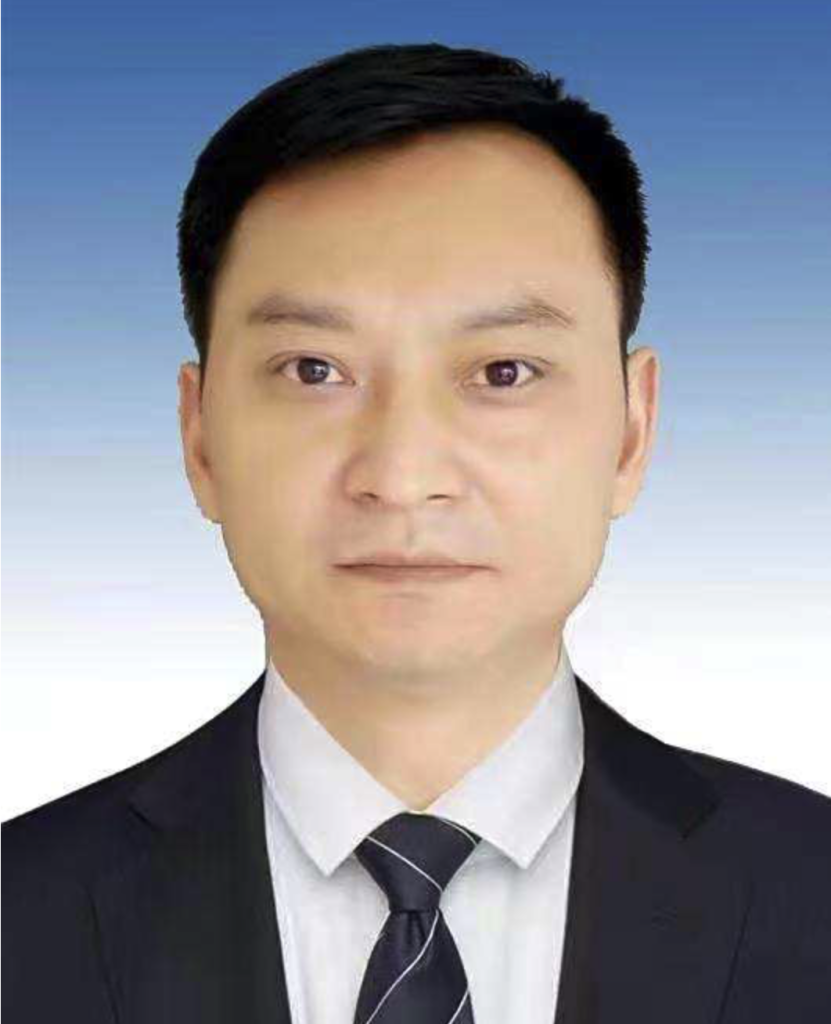
director of jinjiang District Education Bureau in Chengdu
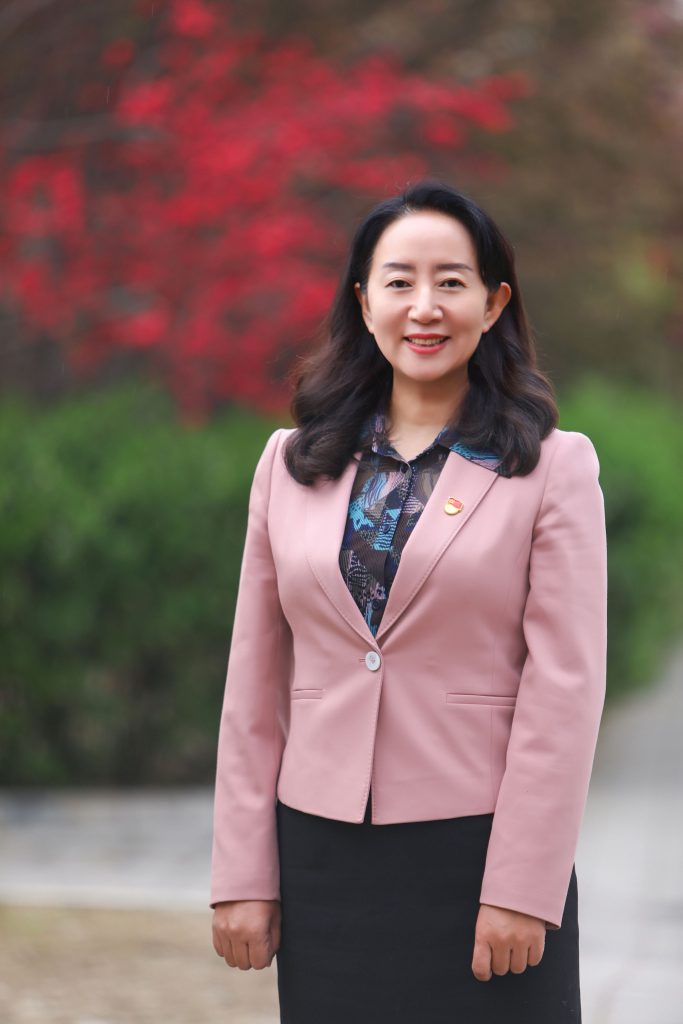
principal of Beijing Haidian District No.2 Experimental Primary School Artificial Intelligence Empowers Teachers and Students to Improve Digital Literacy
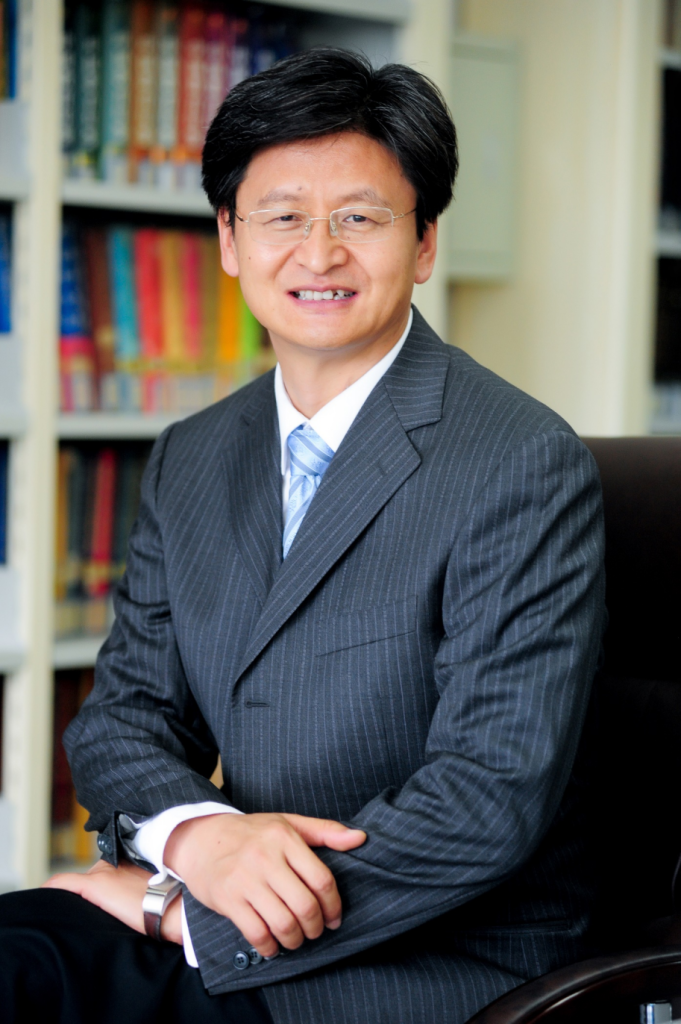
tenured professor at the School of Education, Tsinghua University. He is a member of the Education Digitalization Advisory Committee of the Ministry of Education and deputy director of the Information Technology Teaching Steering Committee for Vocational Colleges under the Ministry of Education
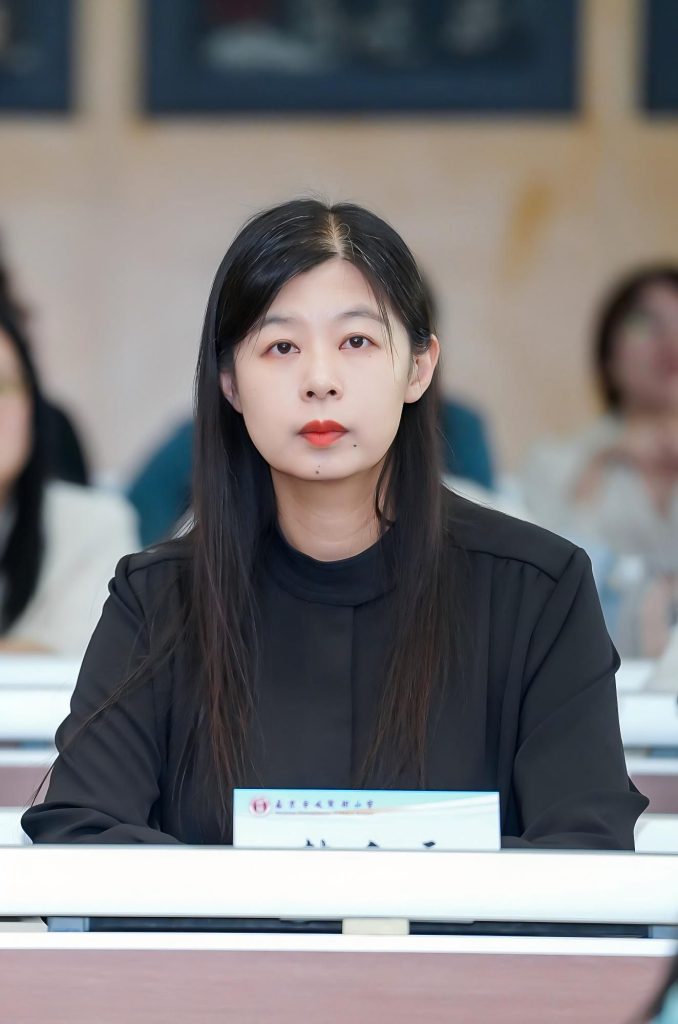
director of the Education Bureau of Dadong District, Shenyang

associate professor of the School of Educational Technology, Northwest Normal University
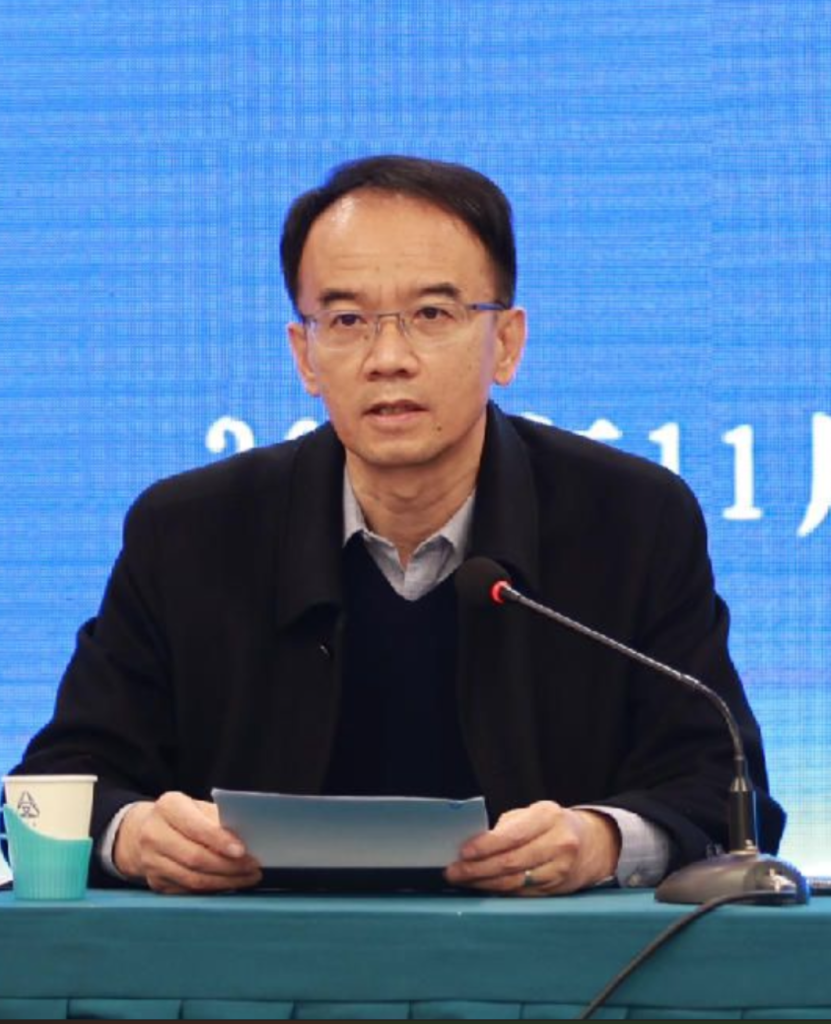
Director of Shanxi Provincial Center for Educational Technology, Assessment and Monitoring
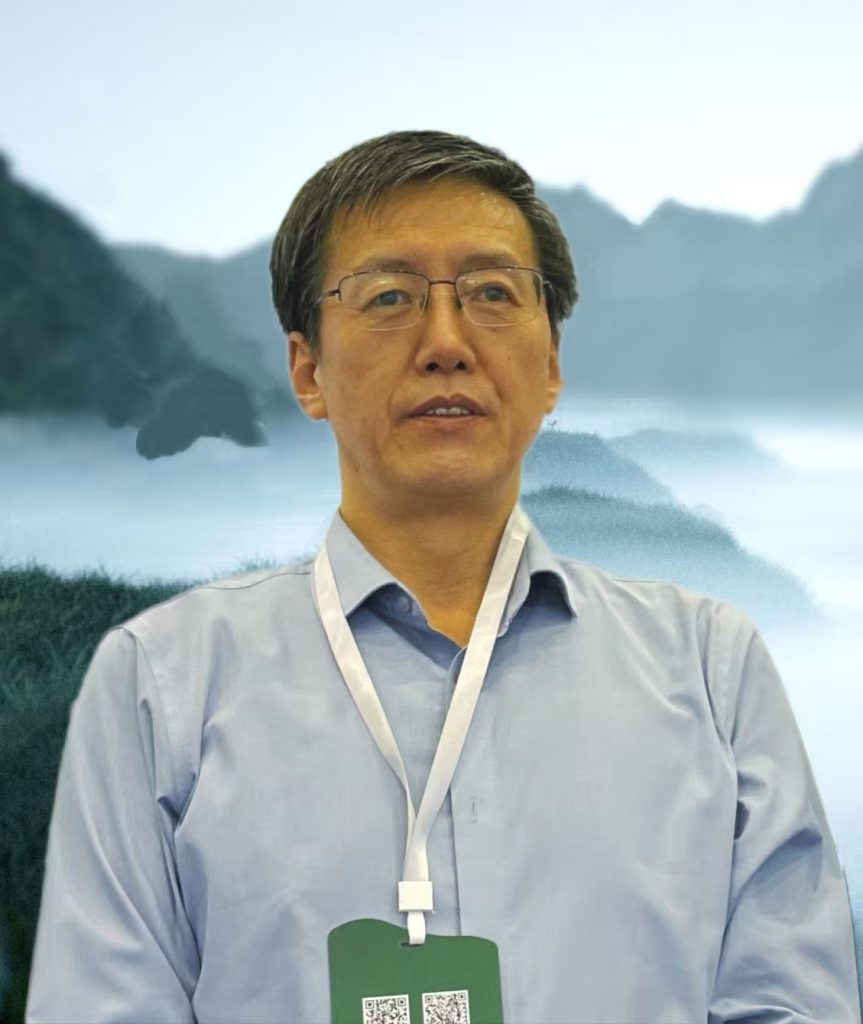
deputy director of the Education Bureau of Jinzhong City, Shanxi Province
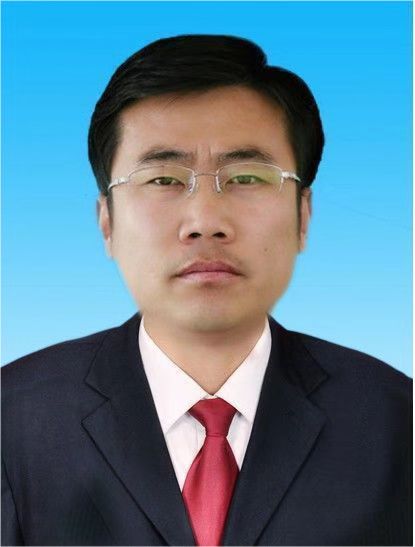
deputy director of the Education and Sports Bureau of Ordos City, Inner Mongolia Autonomous Region
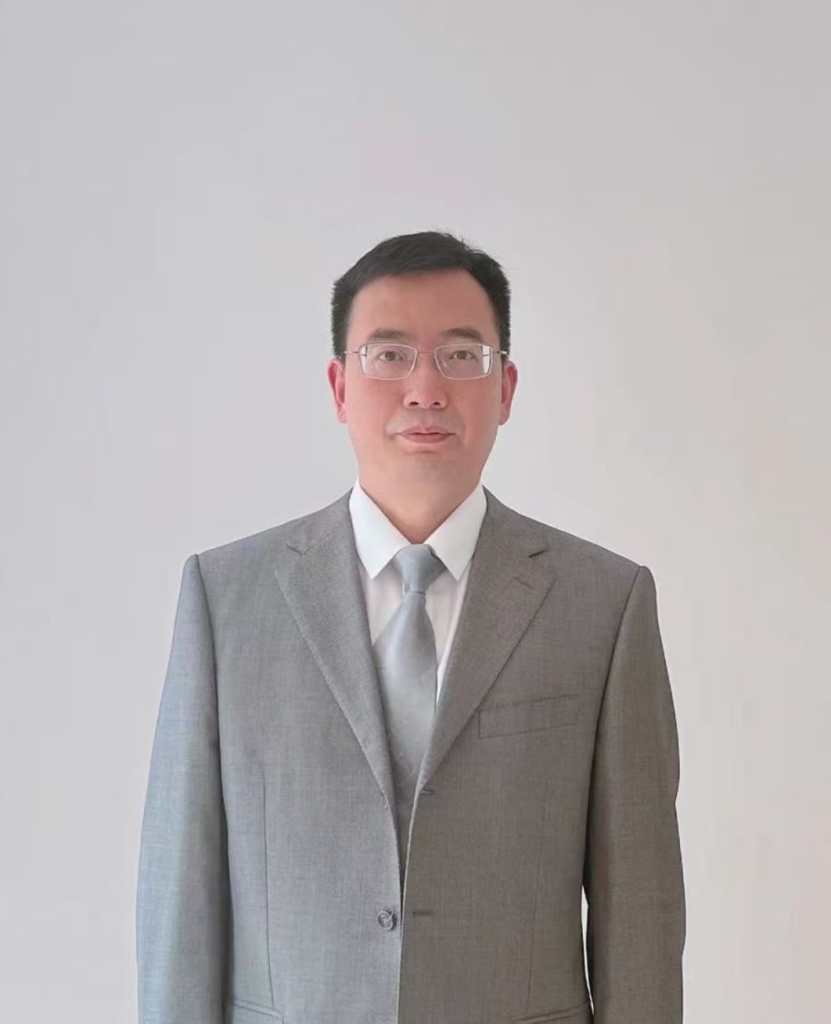
professor and director of the Institute of Vocational and Adult Education, Faculty of Education, Beijing Normal University
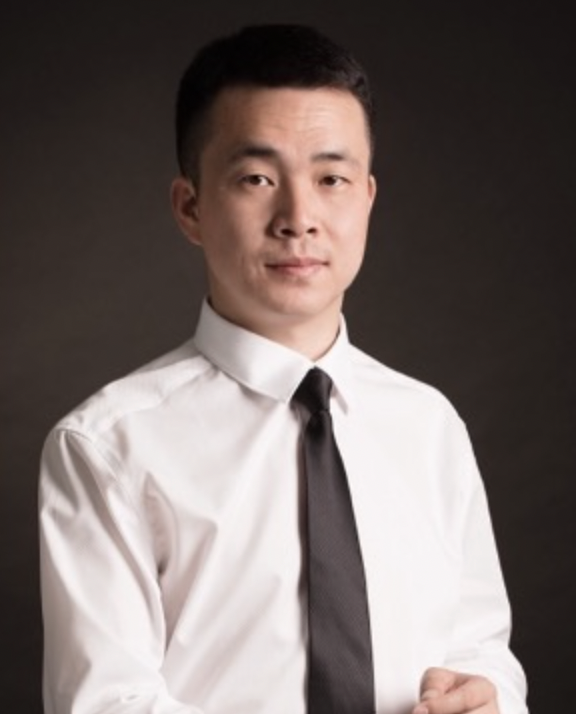
Executive Vice Dean, Institute of Artificial Intelligence Education, South China Normal University, China
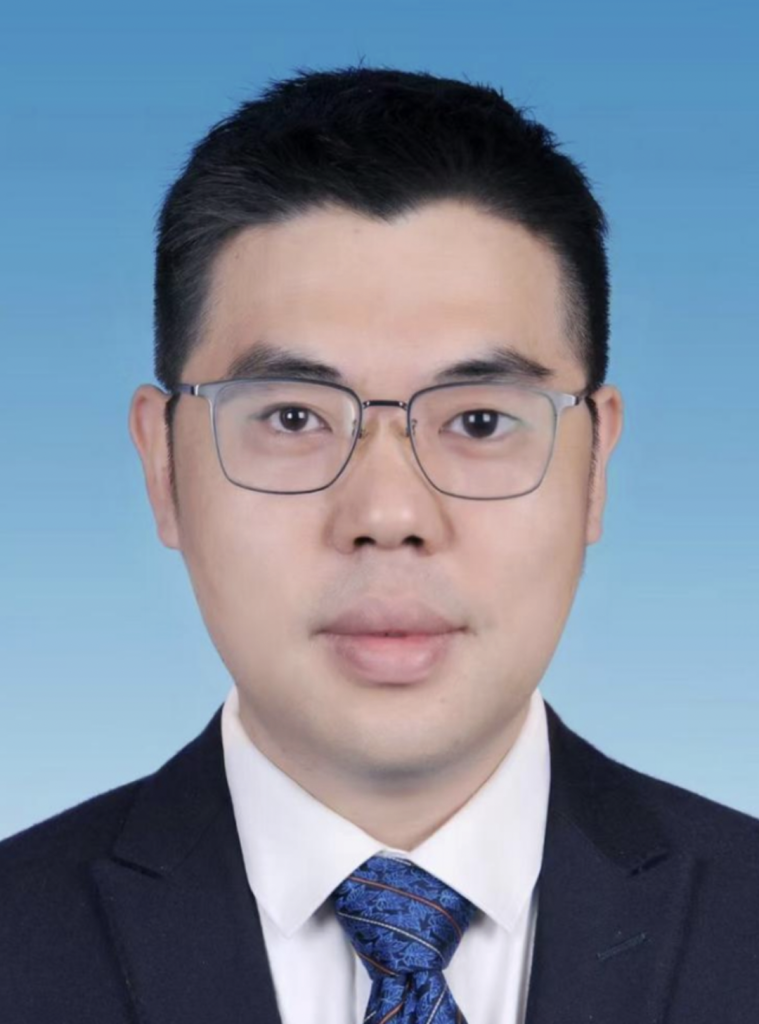
President, Changsha Municipal Institute of Education Science, Hunan Province, China
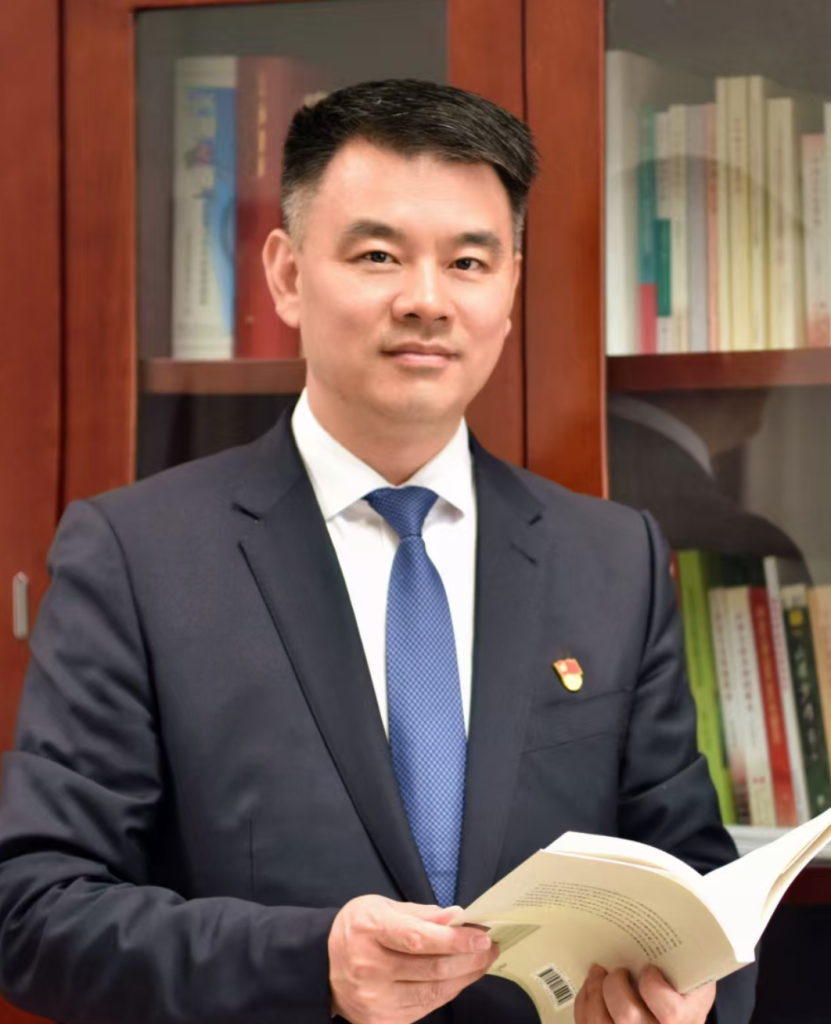
principal of Changsha Changjun Bilingual Experimental Middle School
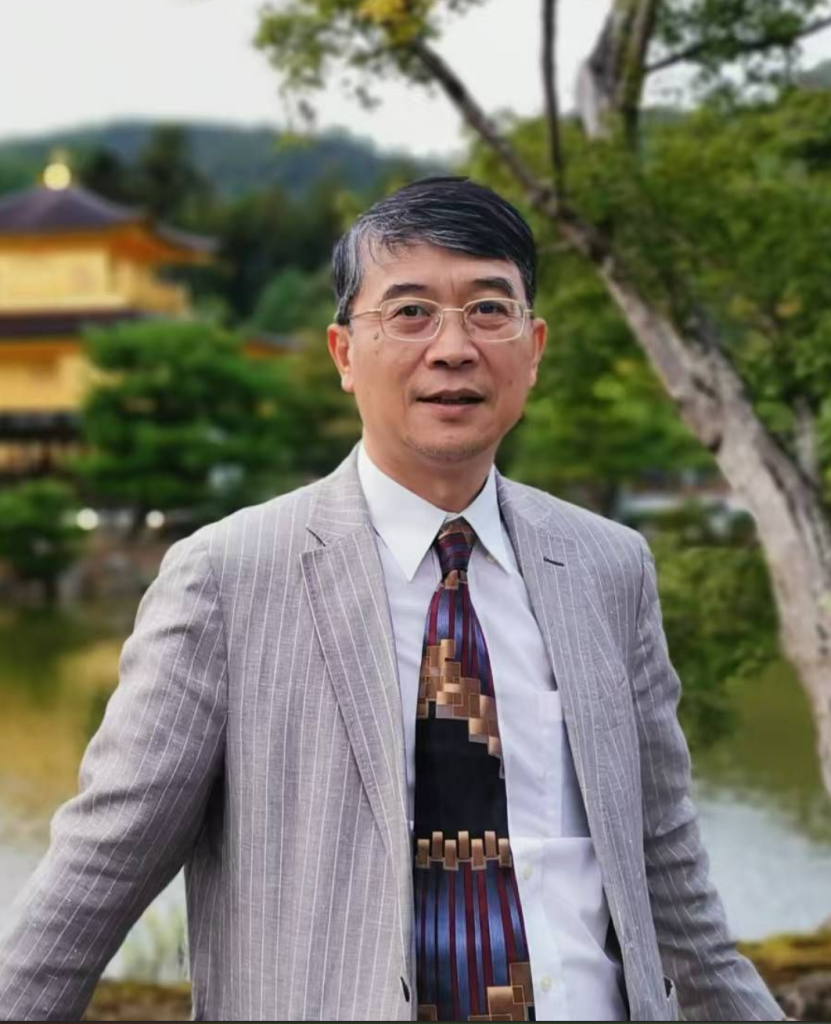
New Media Director of China Higher Education
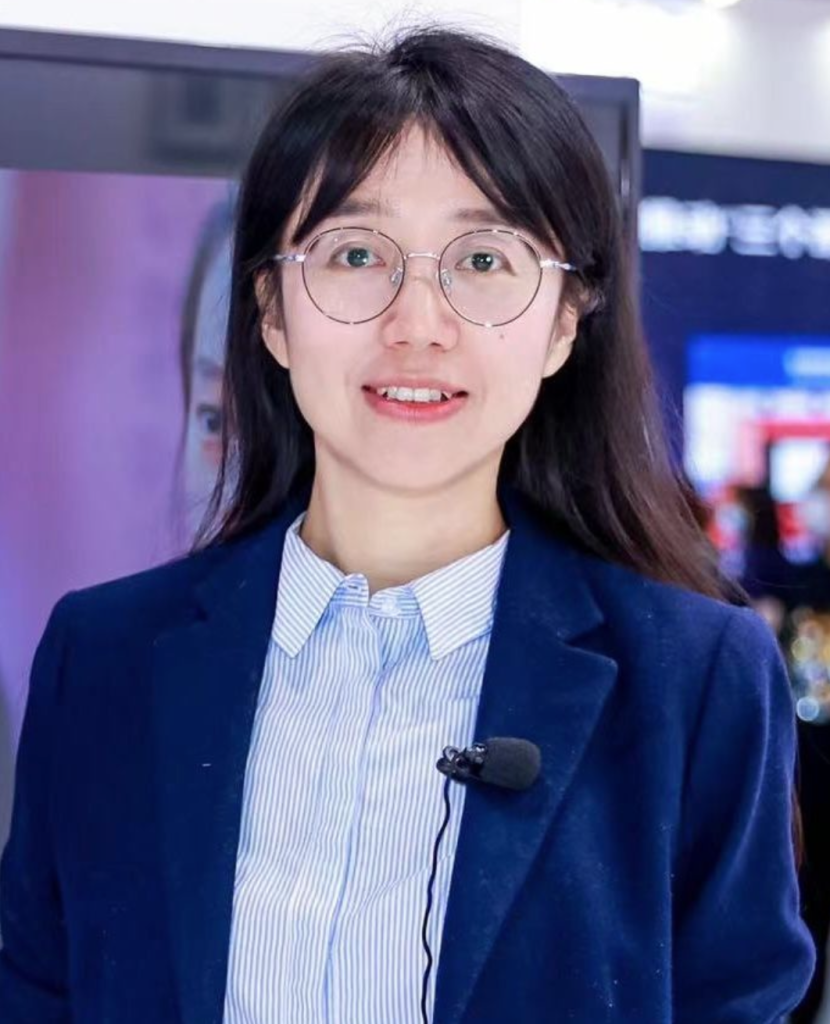
Senior Vice President of Education at Alibaba Cloud, General Manager of Alibaba Youth Cloud Learning Initiative

director of the Centre for Educational Information Technology at the University of Hong Kong

Editor, Special Issue on Informatization and Smart Education, China Education Daily, China

Head, Department of Educational Technology, Graduate School of Education, Peking University
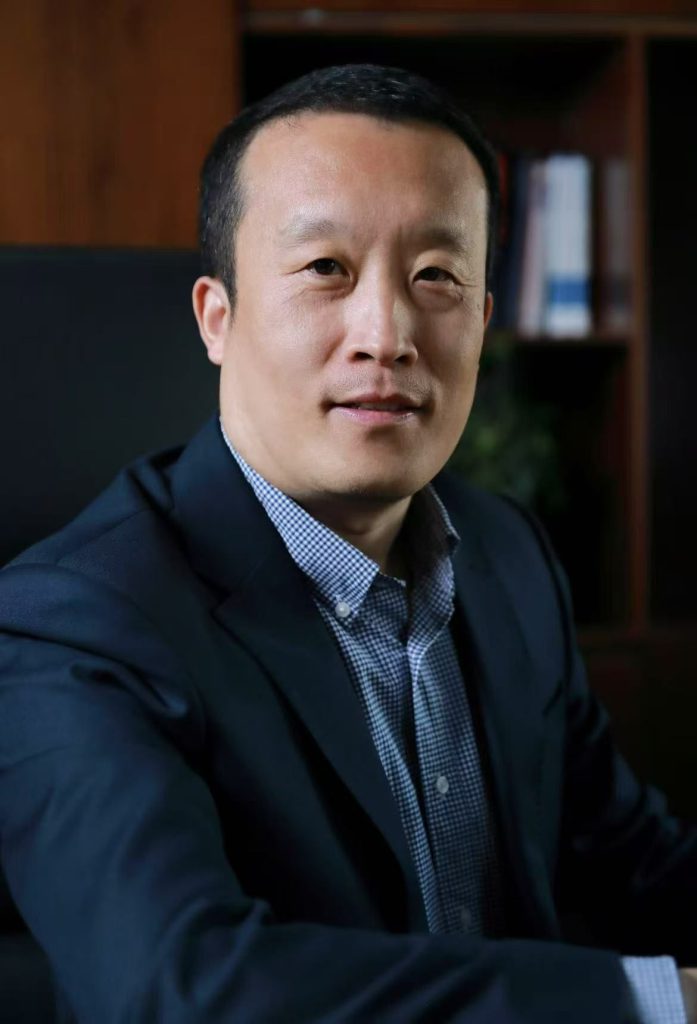
editor-in-chief of China Distance Education
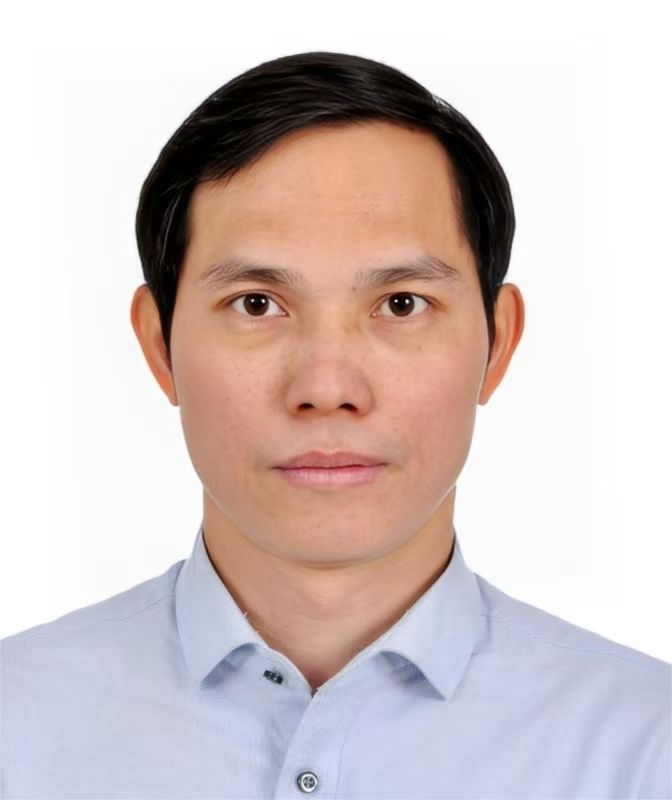
professor and Dean of the School of Education, Peking University

chairman and president of Beijing Wenhua Online Education Technology Co., LTD
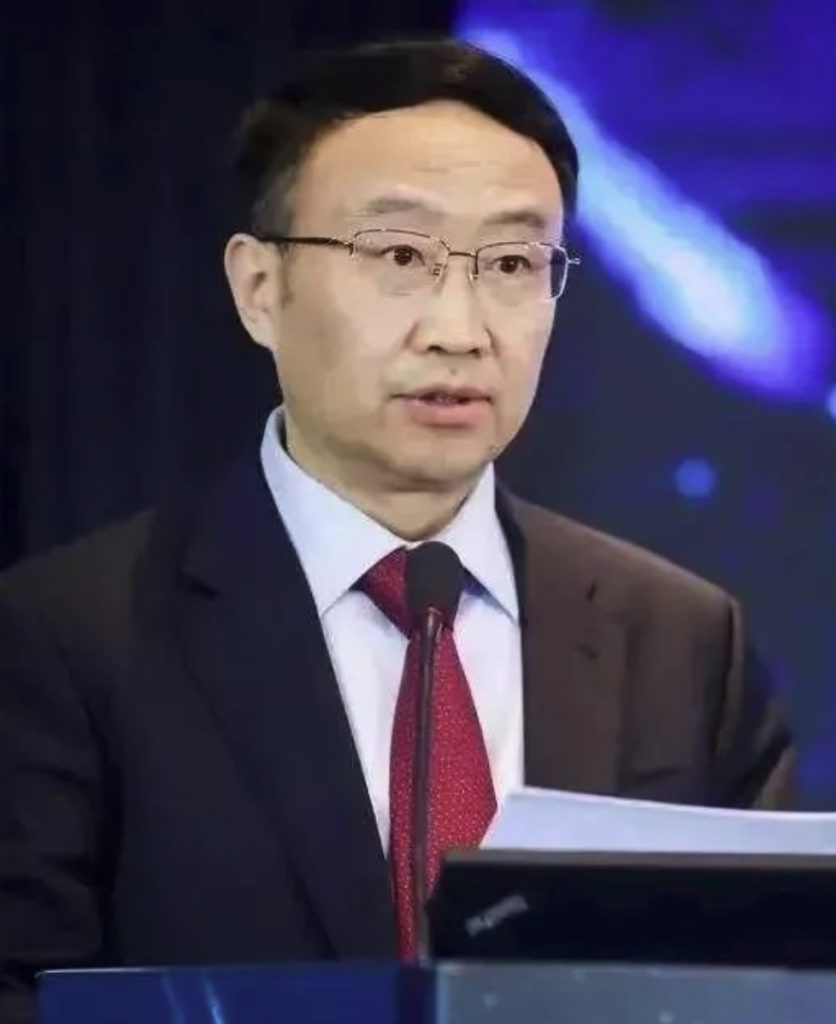
Executive Vice President, CIUR, China

Education and Sports Bureau of Feicheng City
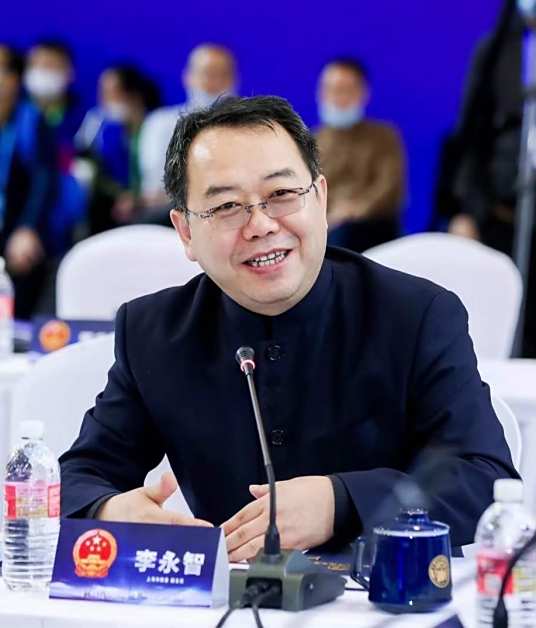
Director of the National Institute of Education Sciences (NIES) of China
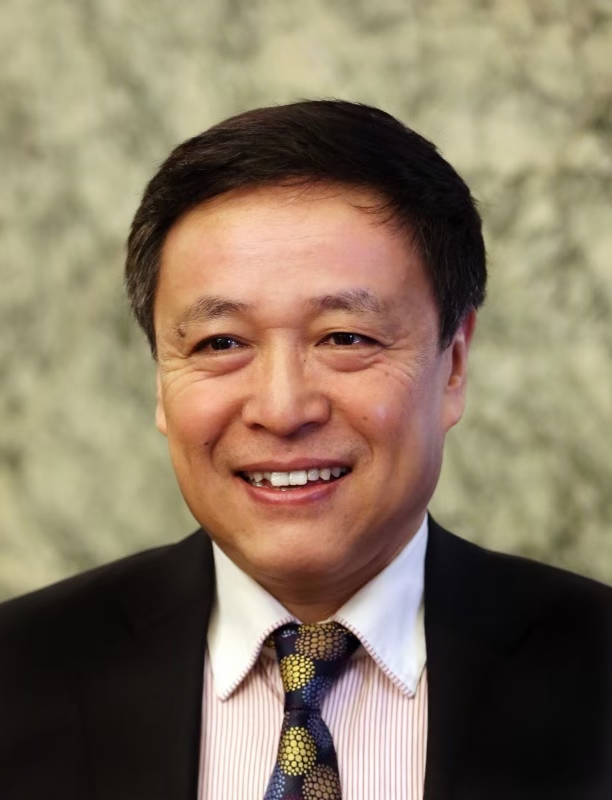
Secretary General, China Educational Equipment Industry Association
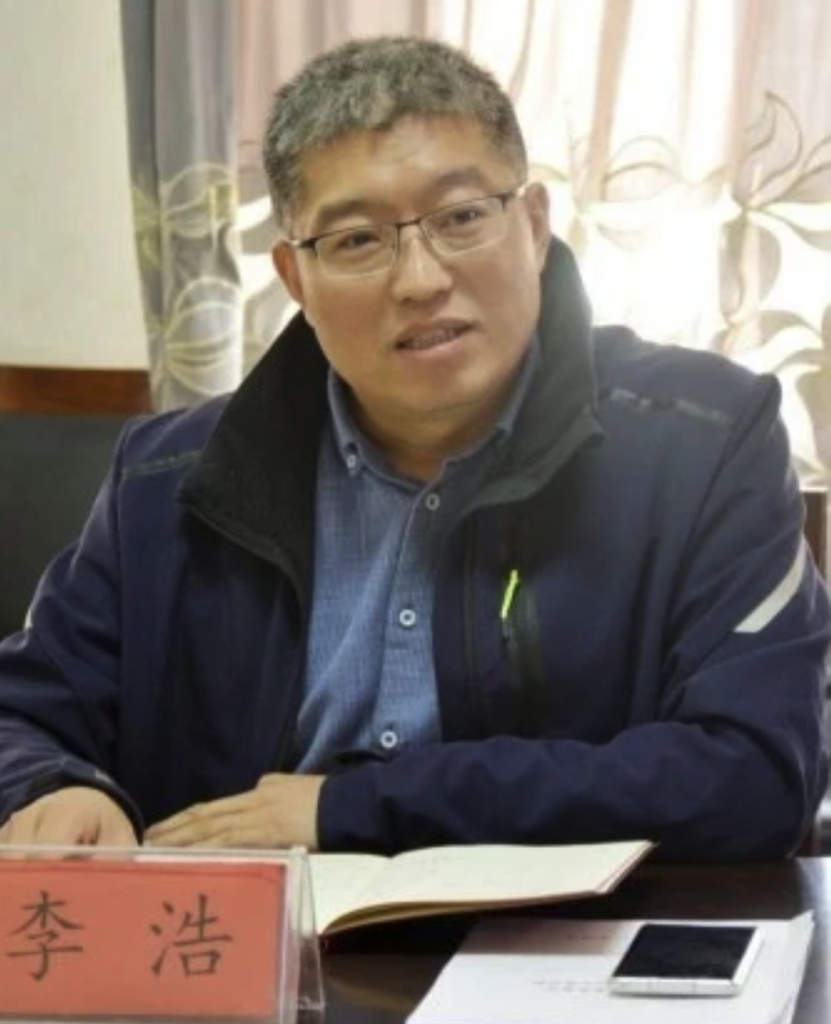
director of Shandong Electric Education Museum
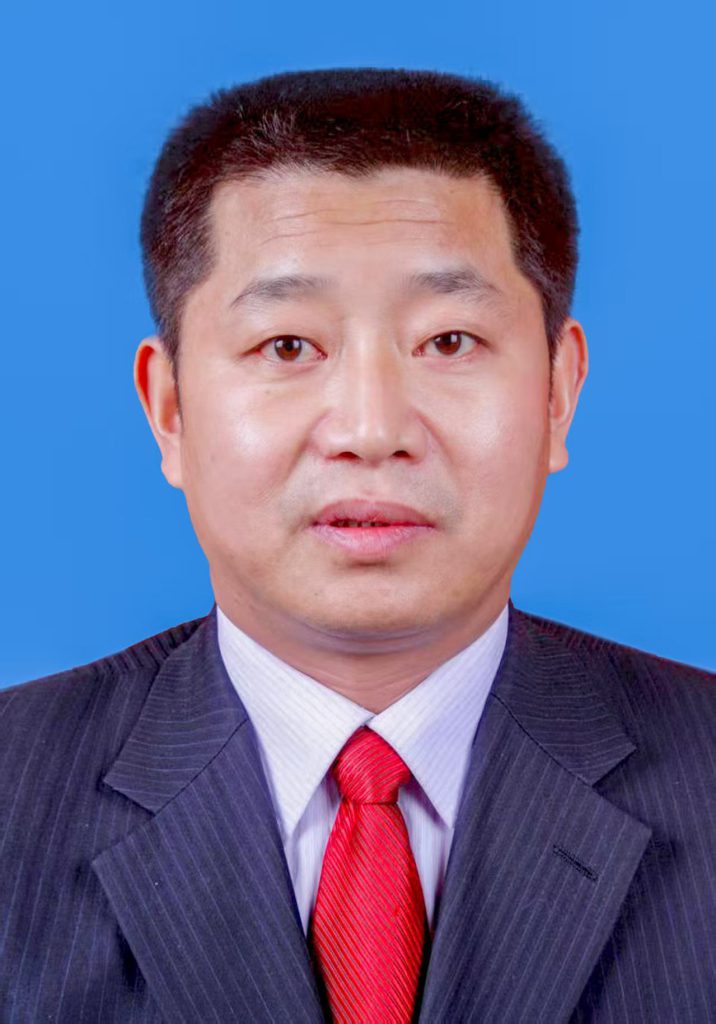
deputy director of Xian Education Bureau
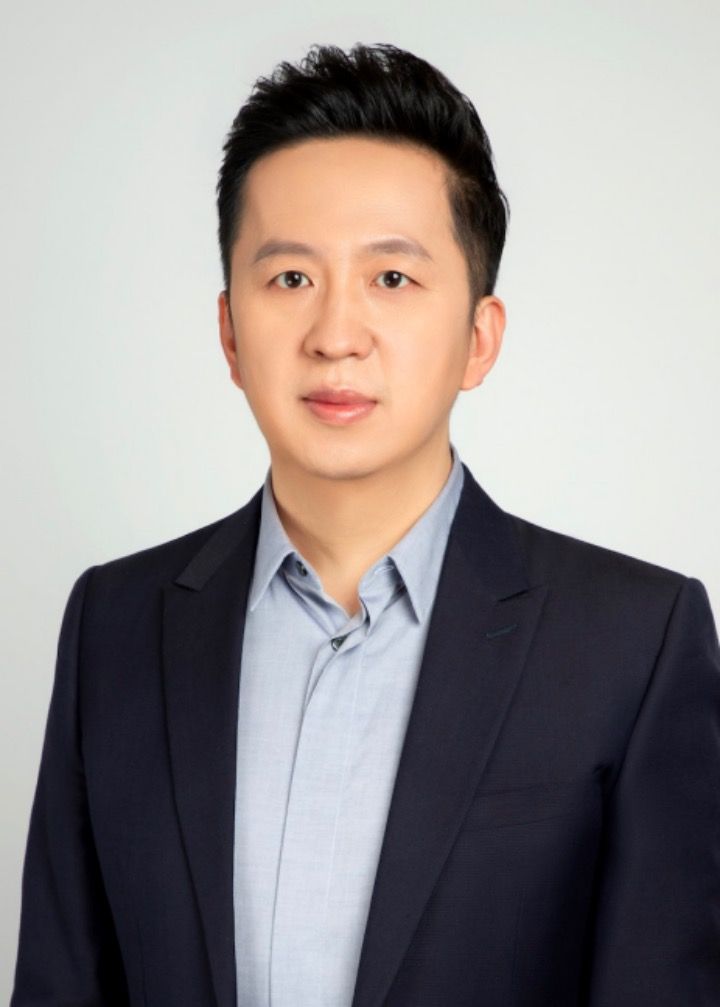
founder of Yuan Programming

Co-director of the Lab of Knowledge Modeling and Analysis of National Engineering Research Centre of Cyberlearning and Intelligent Technology, China
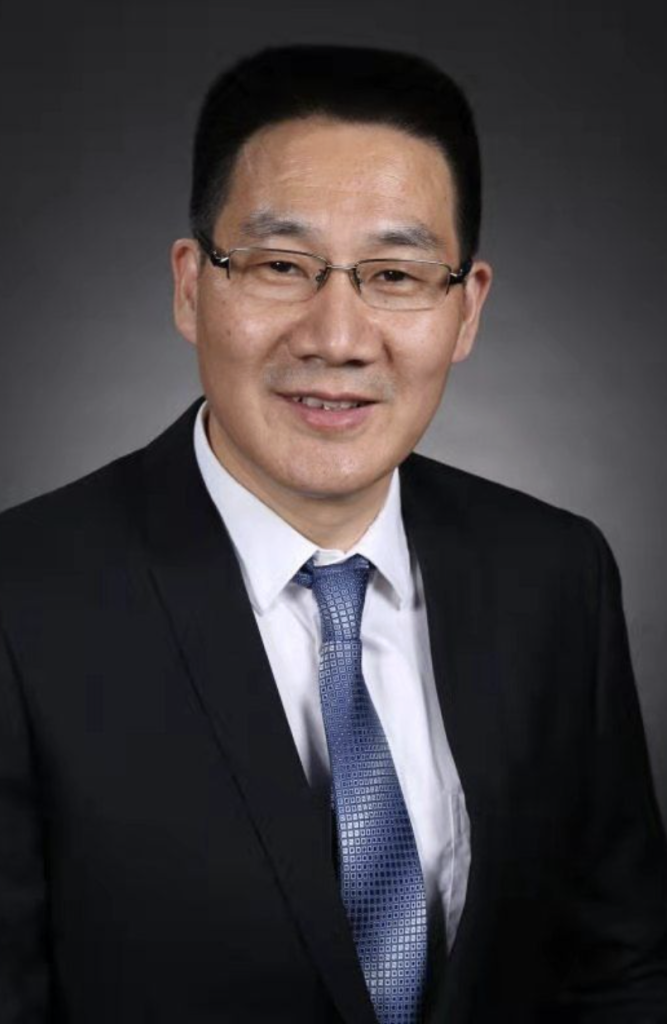
Faculty of Education, Beijing Normal University, China

Professor, Beijing Normal University, China
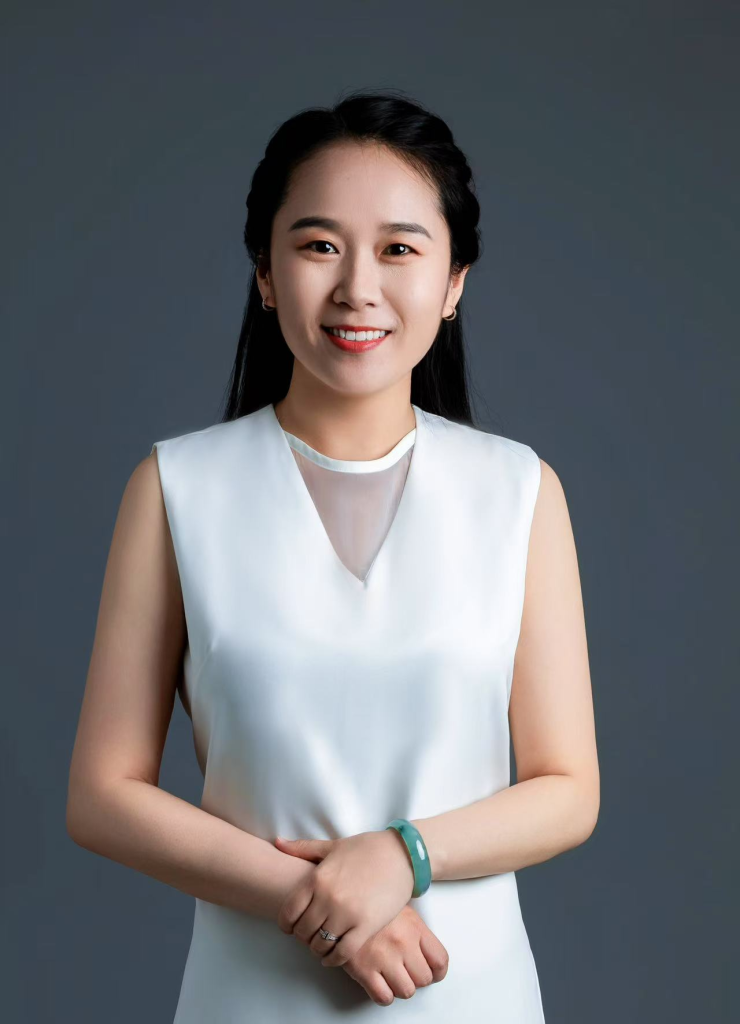
professor of Beijing Normal University
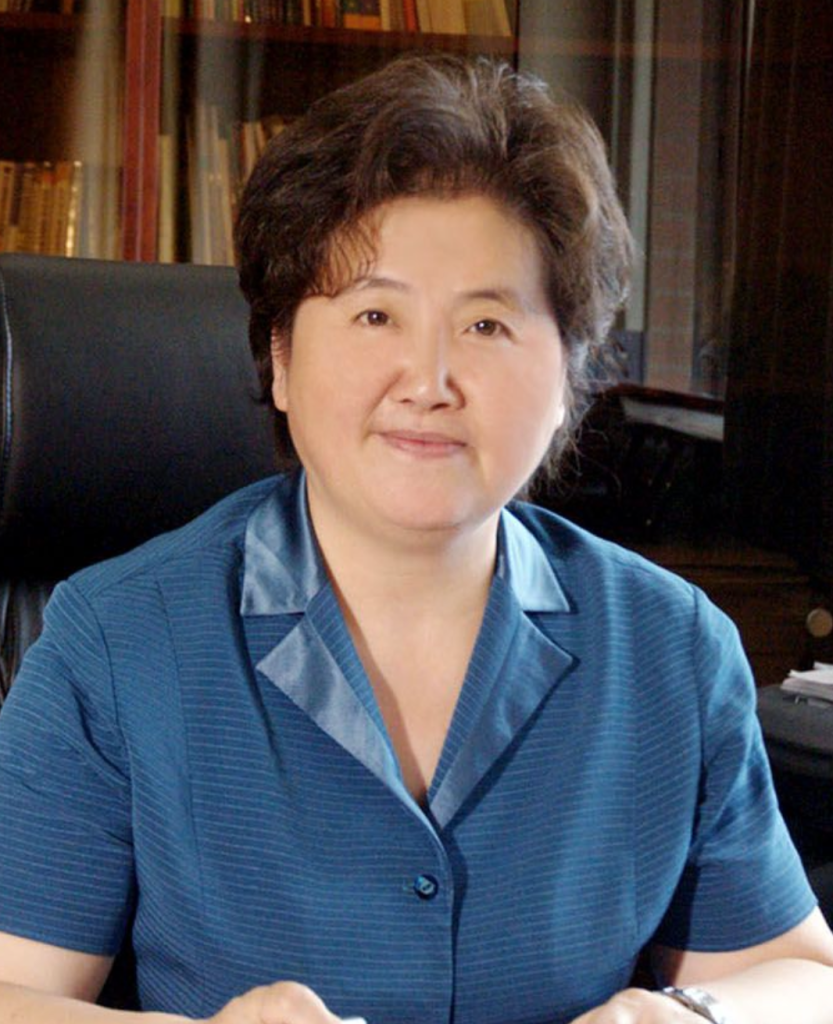
Chairman of the Alliance of 100 Schools for Digital Education

secretary and principal of Kaiyue Preschool Education Group, Xiaoshan District, Hangzhou
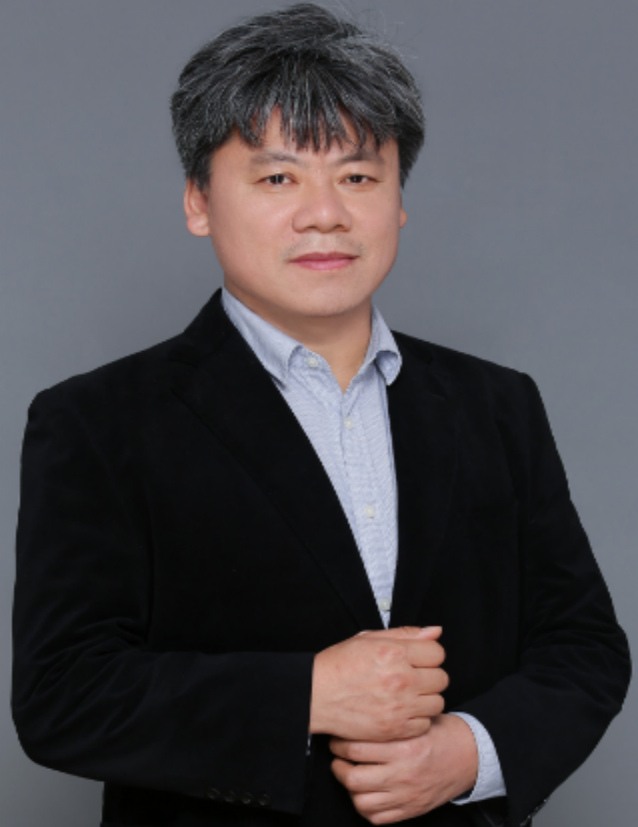
Director of the Training Center for Kindergarten Principals, Ministry of Education

principal of Shuren Jingrui Primary School in Shapingba District, Chongqing
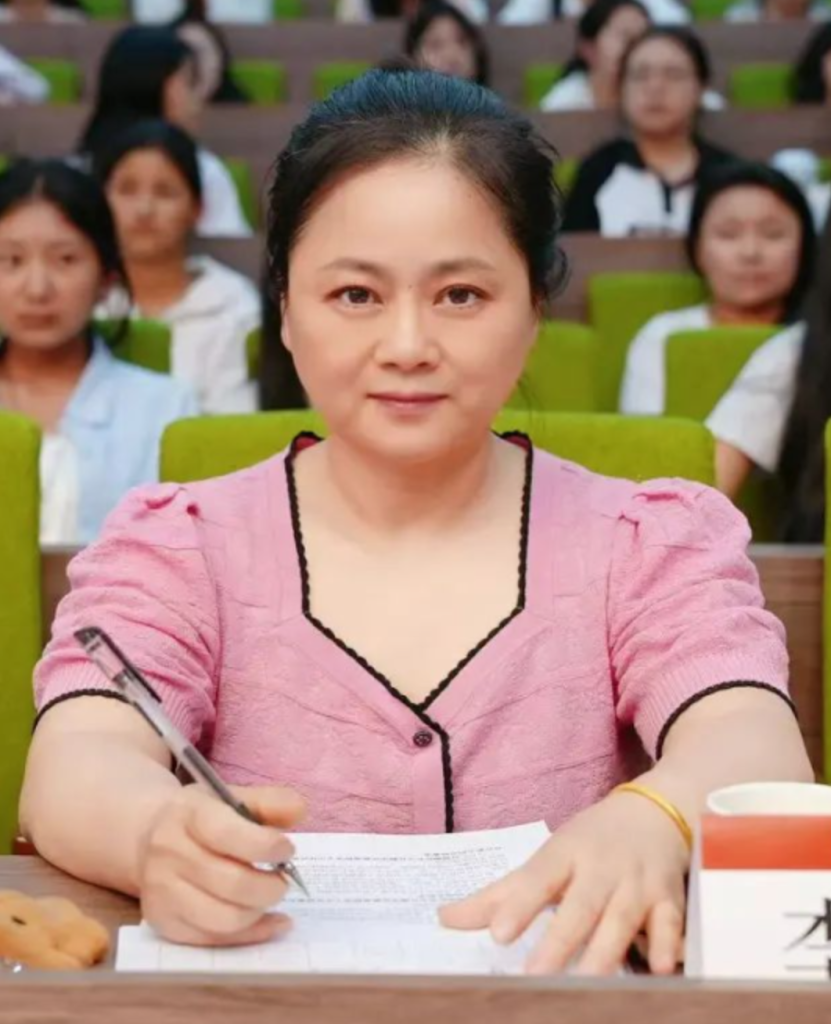
the director of Academic Affairs Department of Hunan National Vocational College

principal of Guangzhou Middle School

Beijing Middle School senior teacher
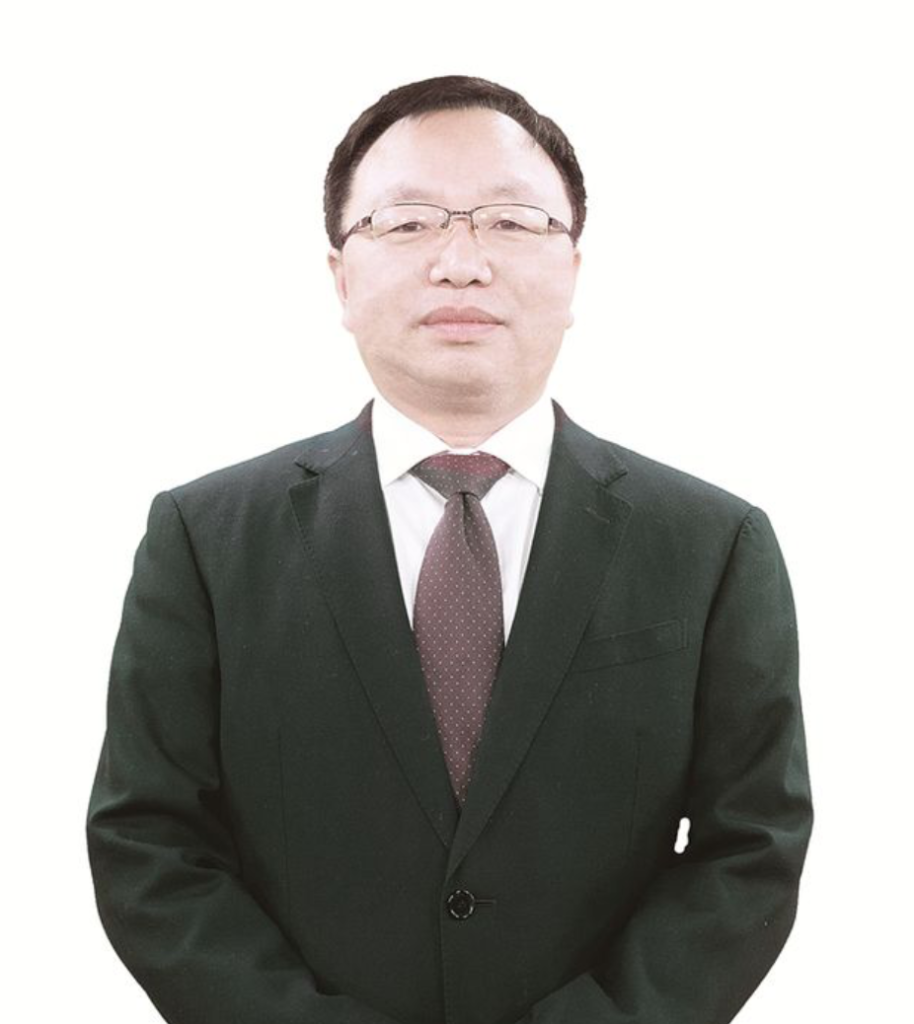
director of the Education Commission of Kaizhou District, Chongqing What Does Teaching, Learning, and Assessment Need to Look Like in the Presence of Artificial Intelligence
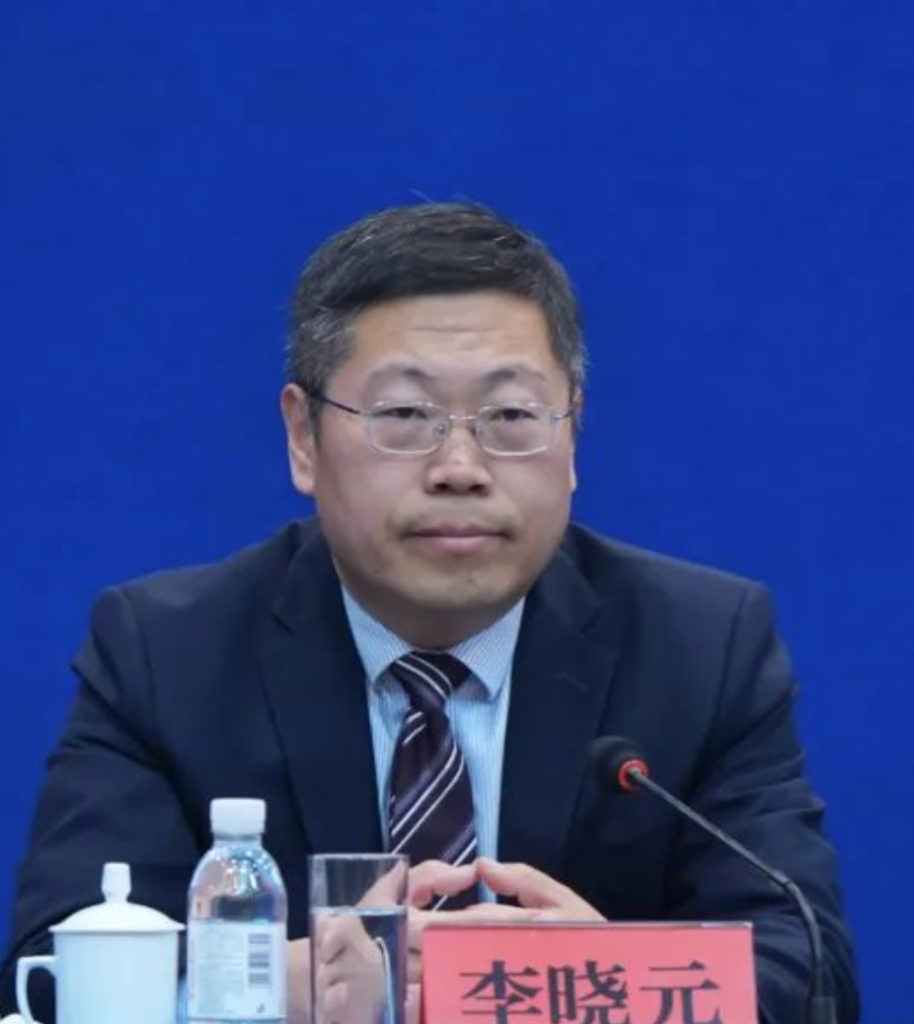
superintendent of Qingdao Education Bureau
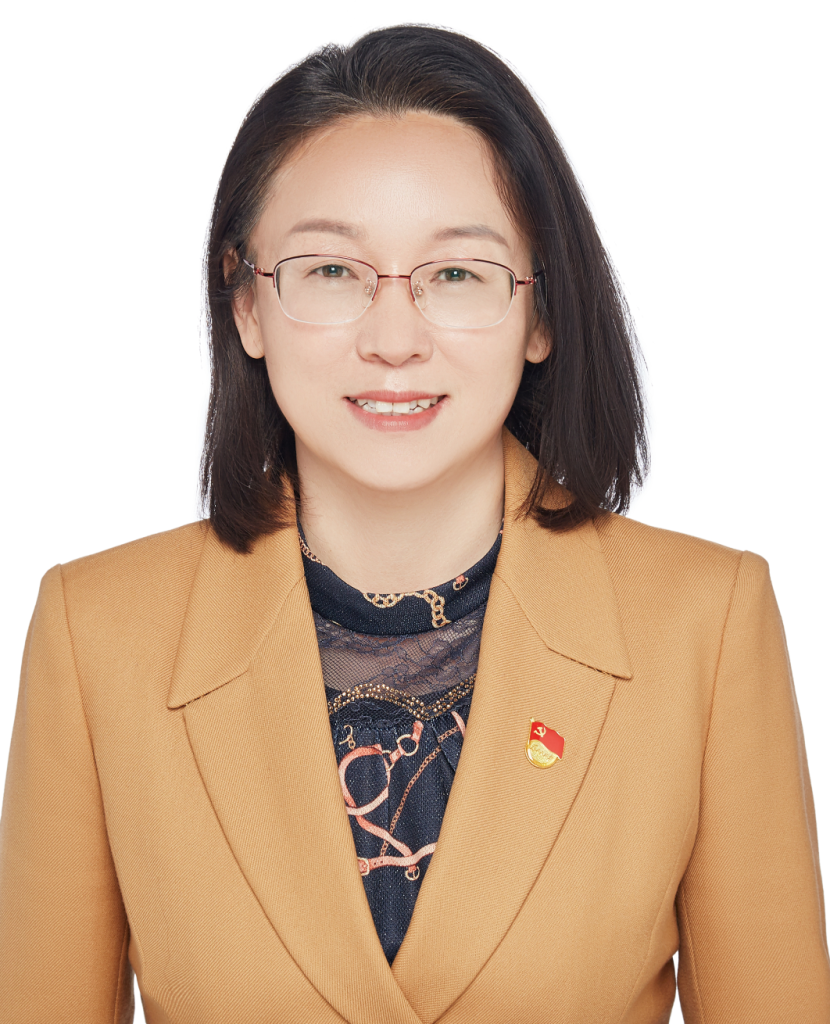
principal of Beijing Changping No.2 Experimental Primary School
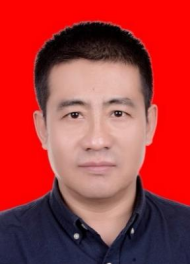
director of Ningxia Education Information Technology Center

president of Basic Education Curriculum Magazine and secretary general of Future Education Committee of China Association for International Education Exchange
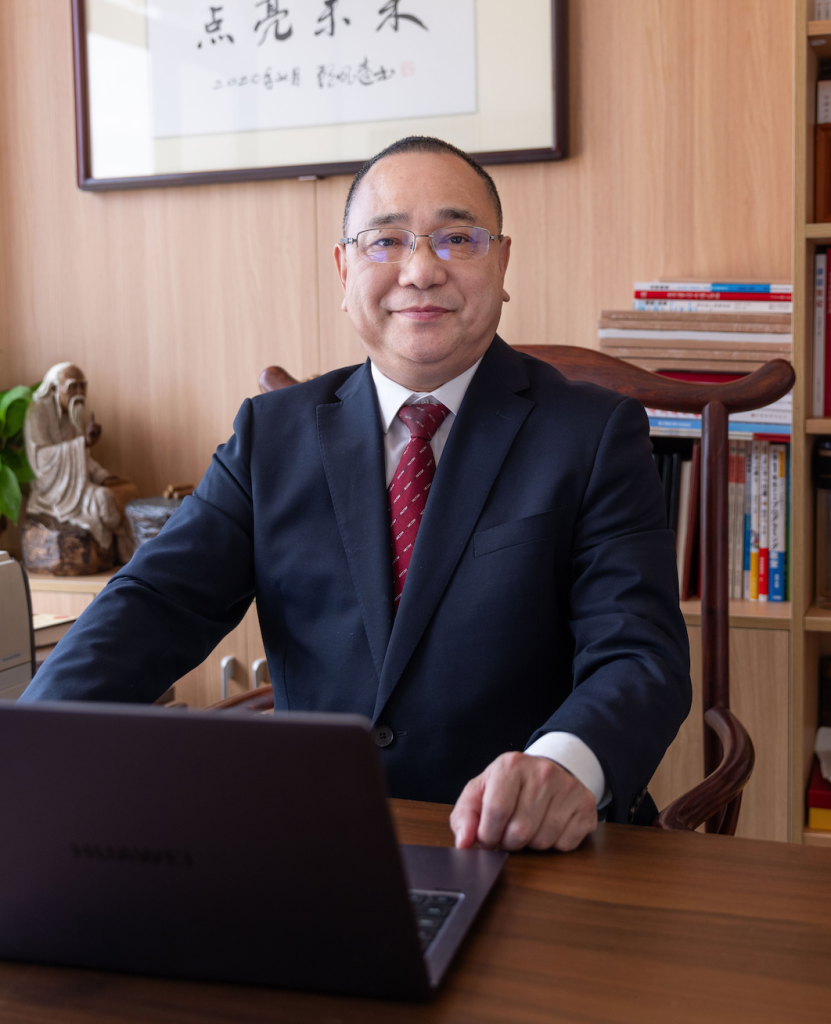
director of the Education Development Center in Shishan Town, Nanhai District, Foshan City

Co-founder of Squirrel Ai, holds a PhD in Intelligent Science and Systems
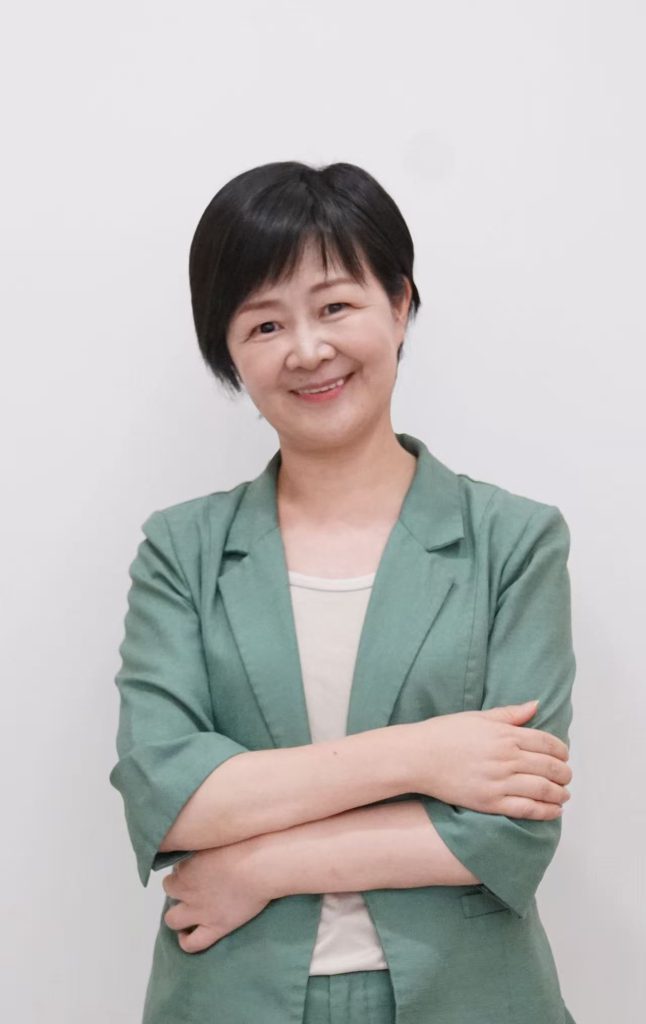
president of Shenzhen Futian District Institute of Education

vice president of NetDragon Network Company
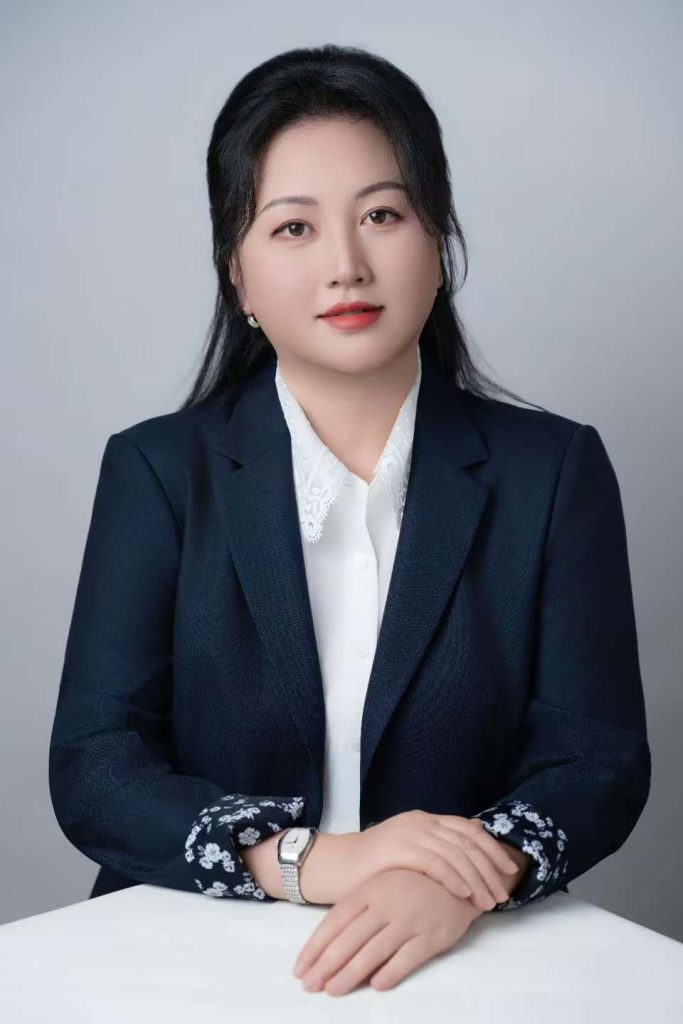
president of Shanghai Minhang District Education Institute
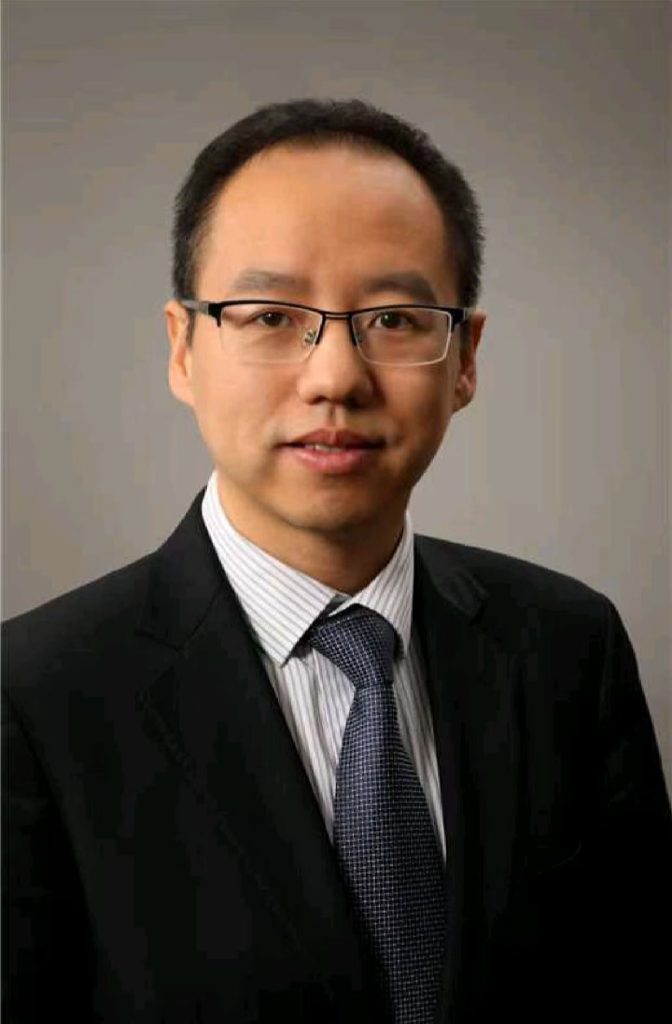
General Manager of Beijing Digital Certification Co., Ltd.
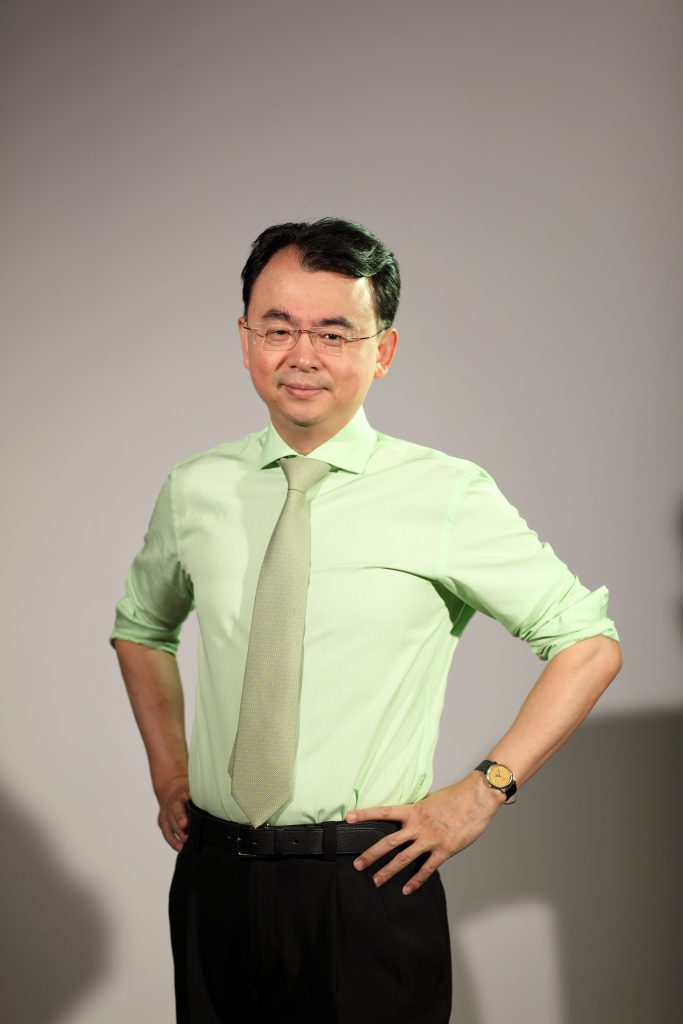
Chairman of NetDragon, Co-Dean of Smart Learning Institute of Beijing Normal University

vice President and Professor of Central China Normal University
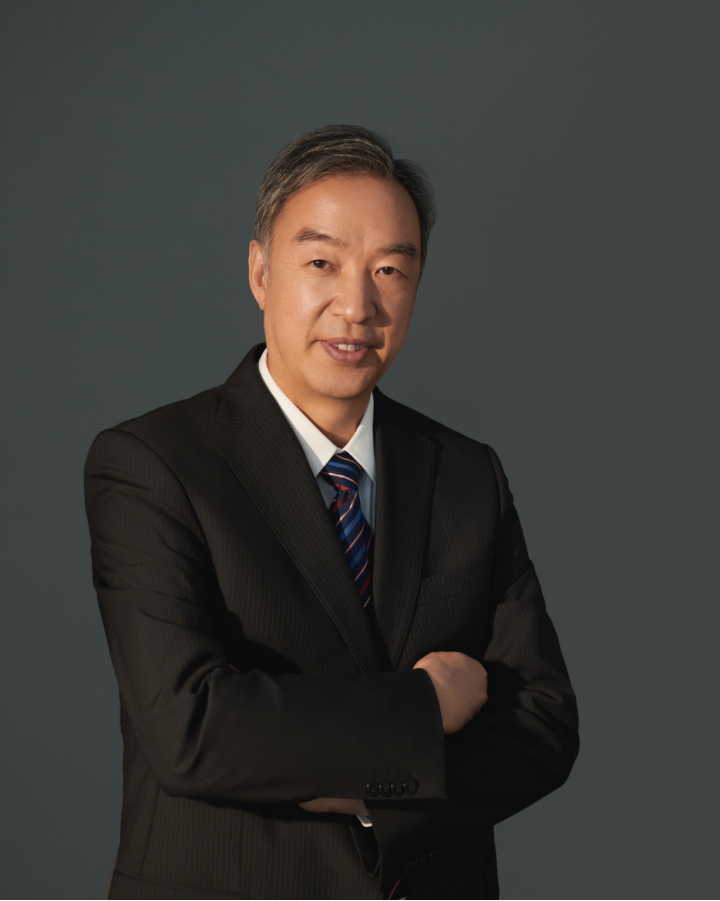
deputy editor of Comparative Education Research and dean of the Institute of International and Comparative Education at Beijing Normal University
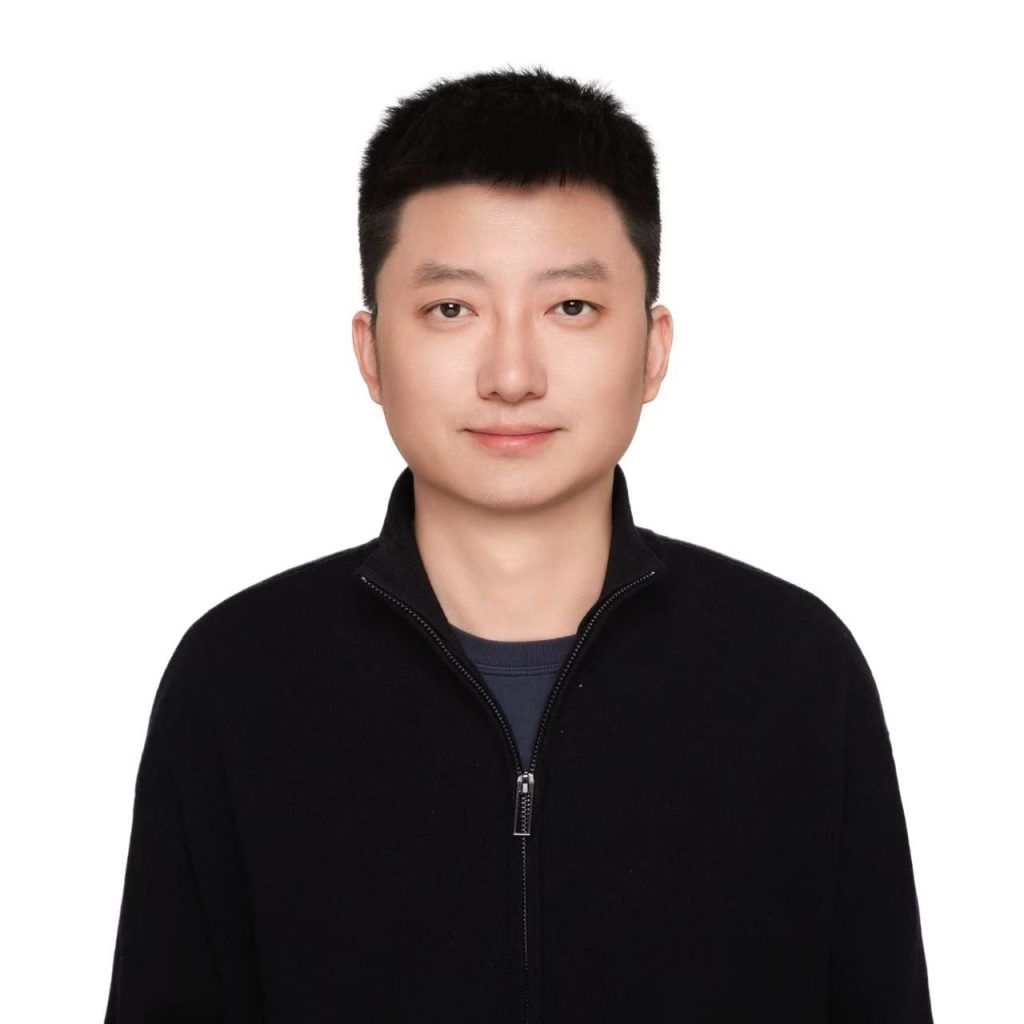
founder and CEO of Yiqi Education Technology
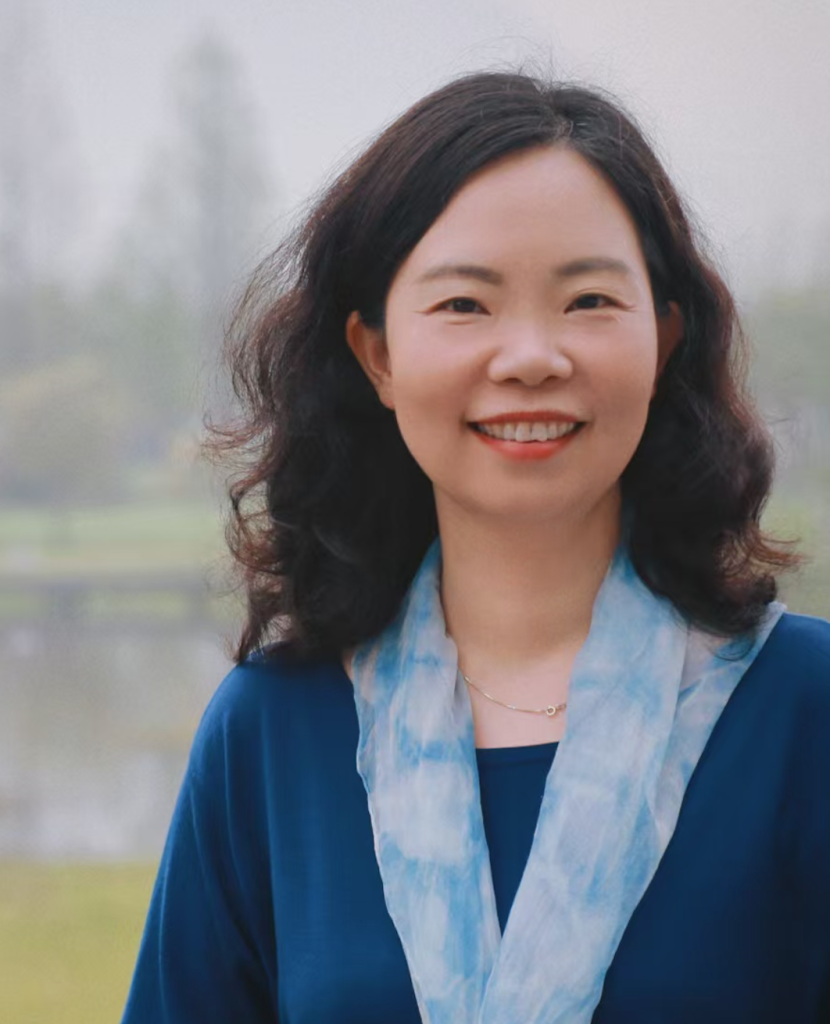
Director of the Publicity and Promotion Division, Vocational Education Development Center under the Ministry of Education; Editor-in-Chief of Chinese Vocational and Technical Education
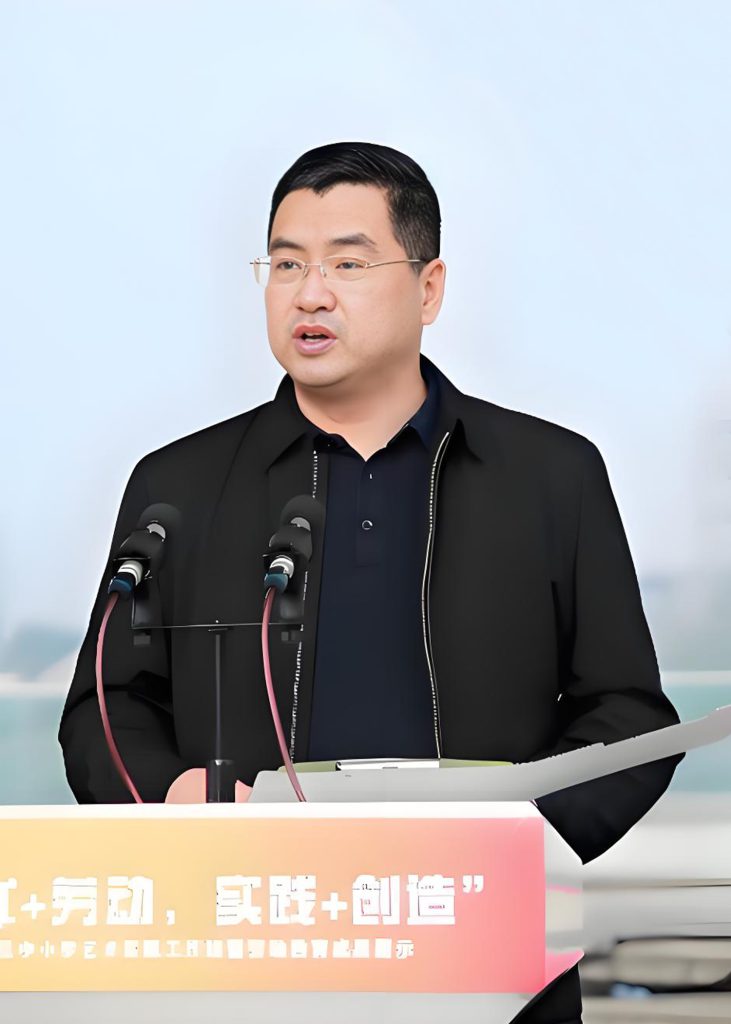
Director of the Education Bureau of Shuangliu District, Chengdu

Senior Director of Charitable Affairs, Hong Kong Jockey Club Charities Trust
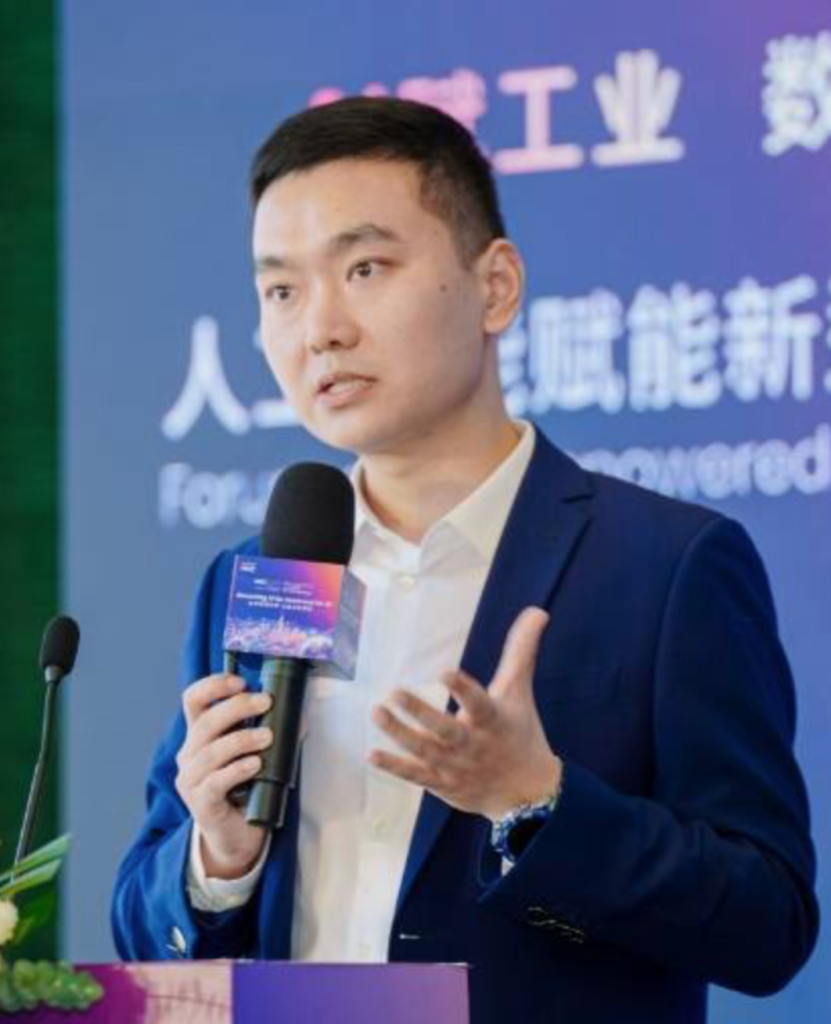
deputy leader of the Artificial Intelligence Education Working Group of the Central Electric Education Museum and general manager of iFLYTEK's Artificial Intelligence Innovation Education

Professor, Faculty of Education, Shaanxi Normal University
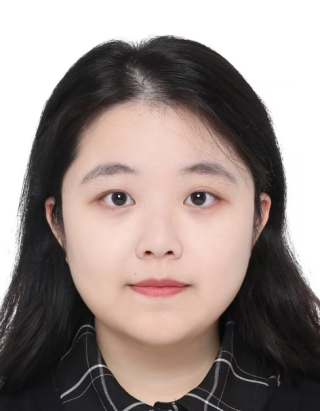
PhD candidate at Beijing Normal University
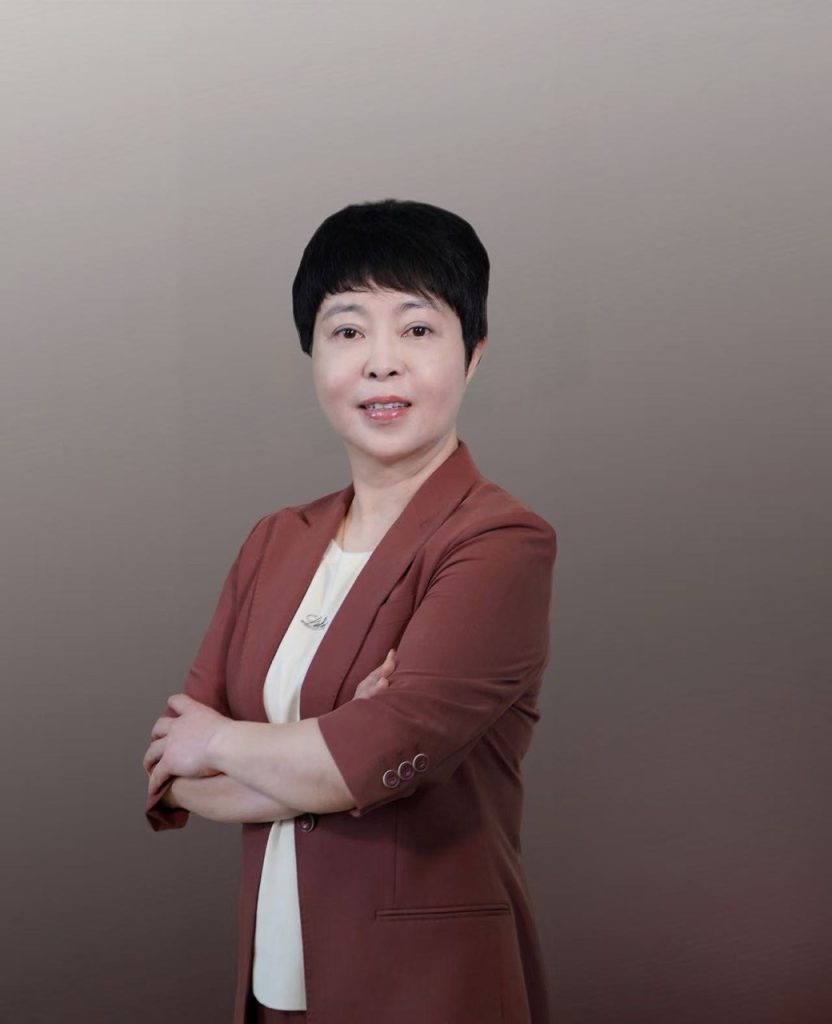
director of Quanzhou Education Bureau

Vice President and Professor of Wuhan University People's Hospital, is the project leader of the National Key R&D Program "Research and Application Demonstration of Key Technologies for Promoting Youth Mental Health"
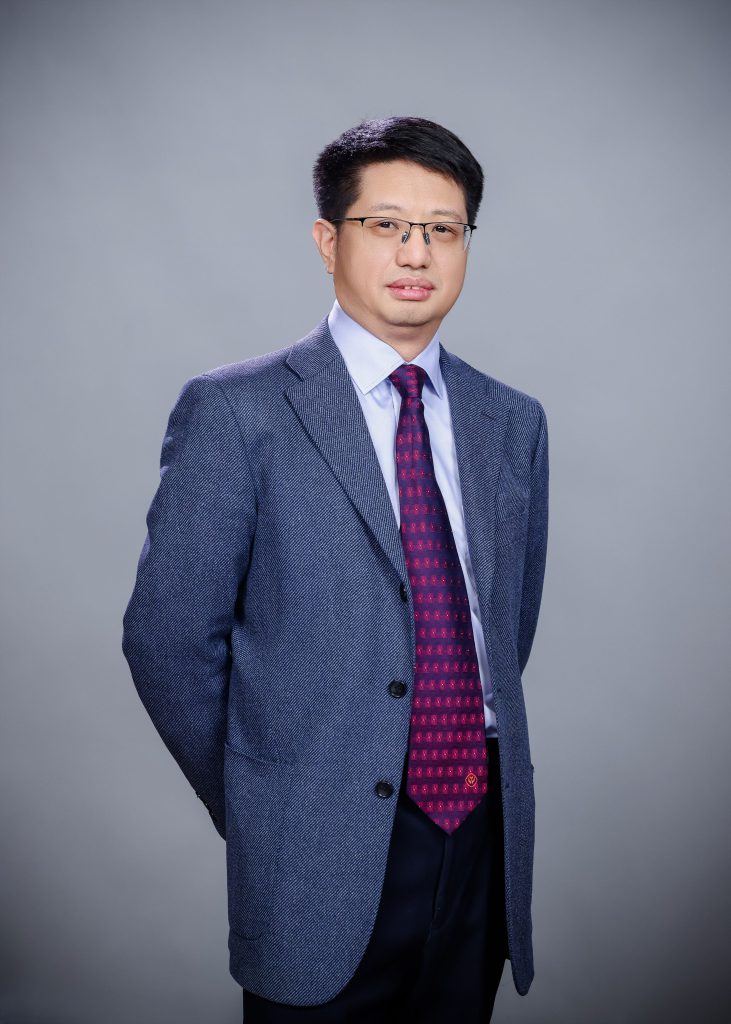
the general manager and chief editor of People's Education Audio-visual Digital Publishing House, and executive editor of the journal "Digital Teaching in Primary and Secondary Schools"

director of the Basic Education Department of Heilongjiang Provincial Department of Education
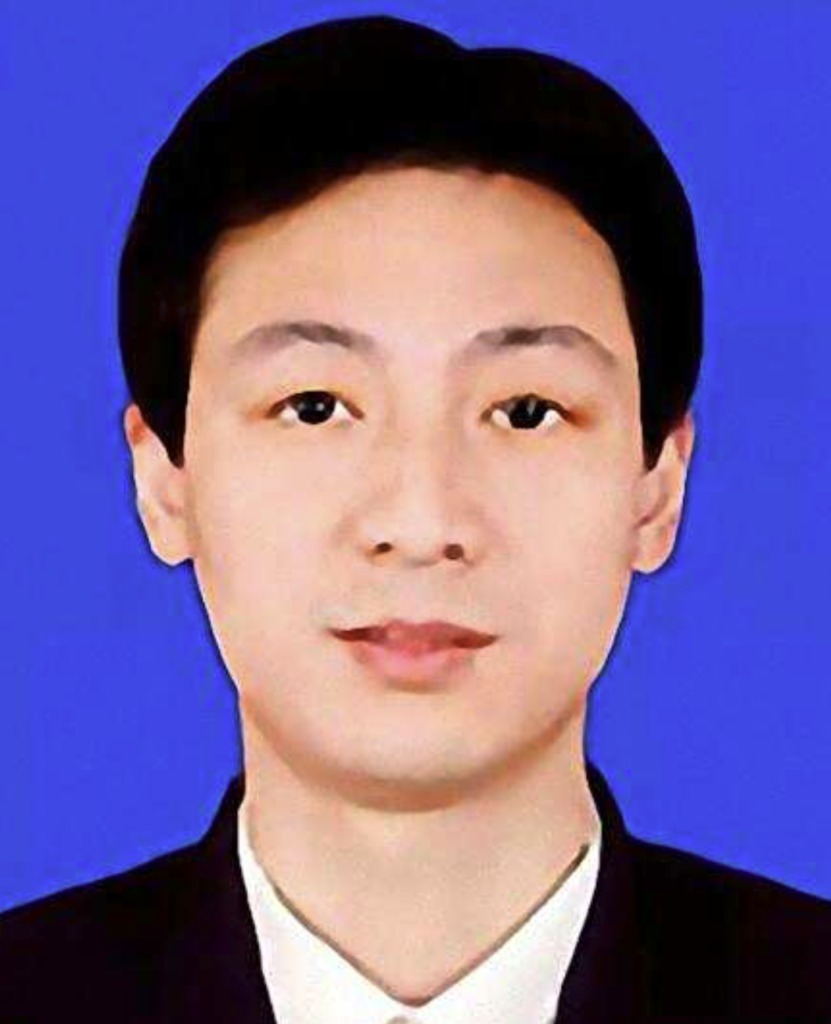
deputy director of Yichang Education Bureau
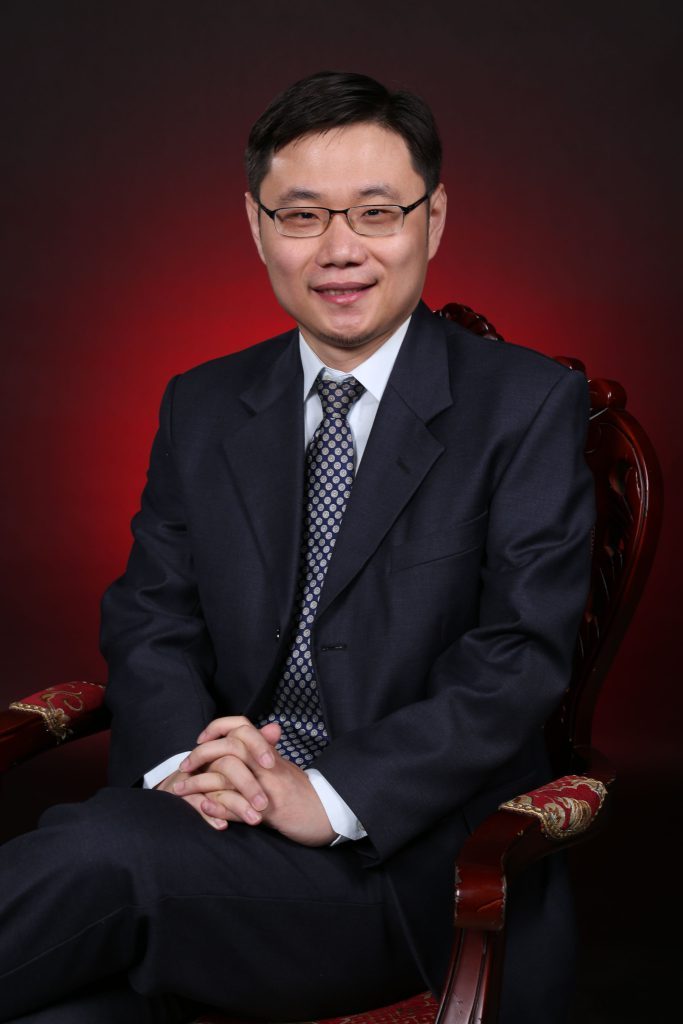
vice dean of the School of Educational Technology, Faculty of Education, Beijing Normal University, director of the Artificial Intelligence Laboratory, Beijing Future Education Center for Advanced Innovation
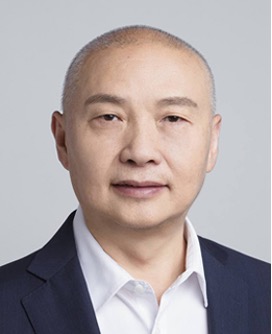
President-Elect, Chinese Psychological Society
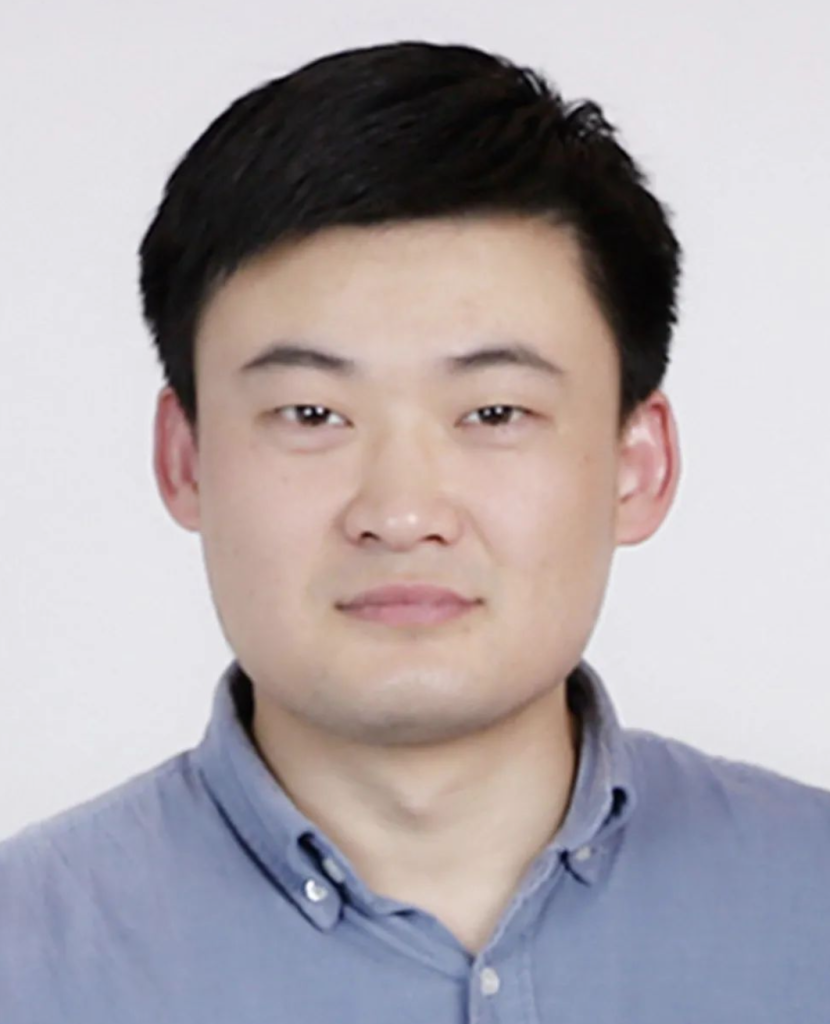
Professor at the School of Automation, Central South University
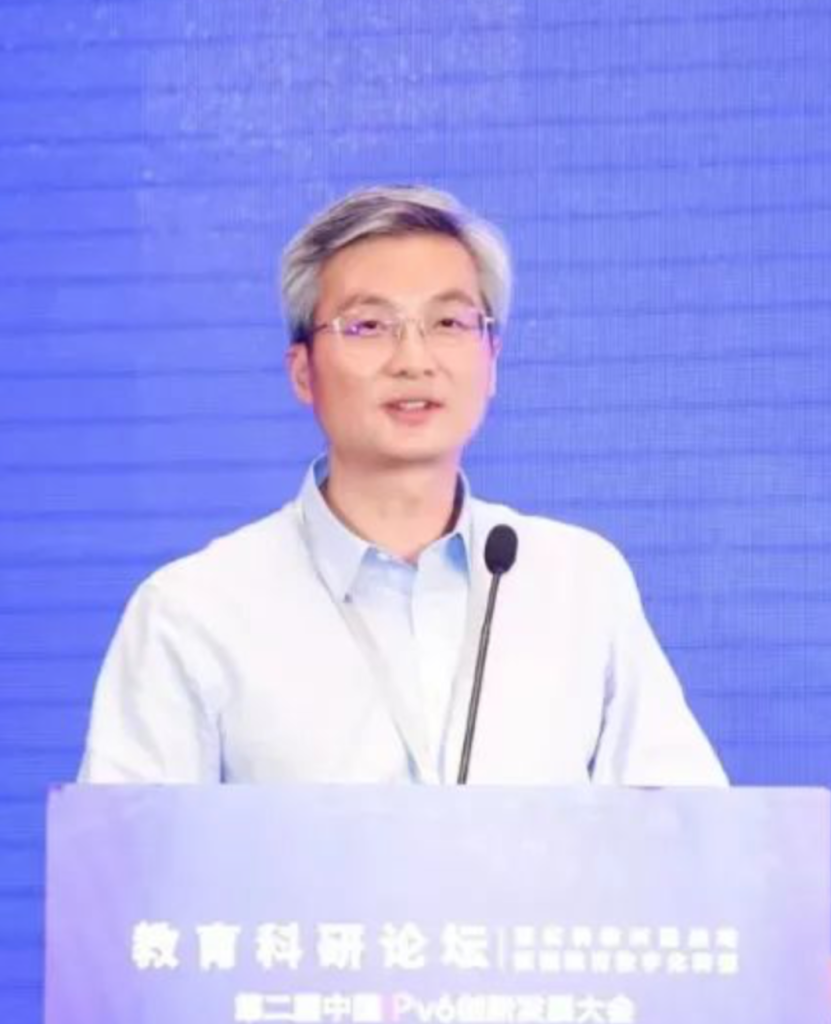
director of the Computing Center at Peking University
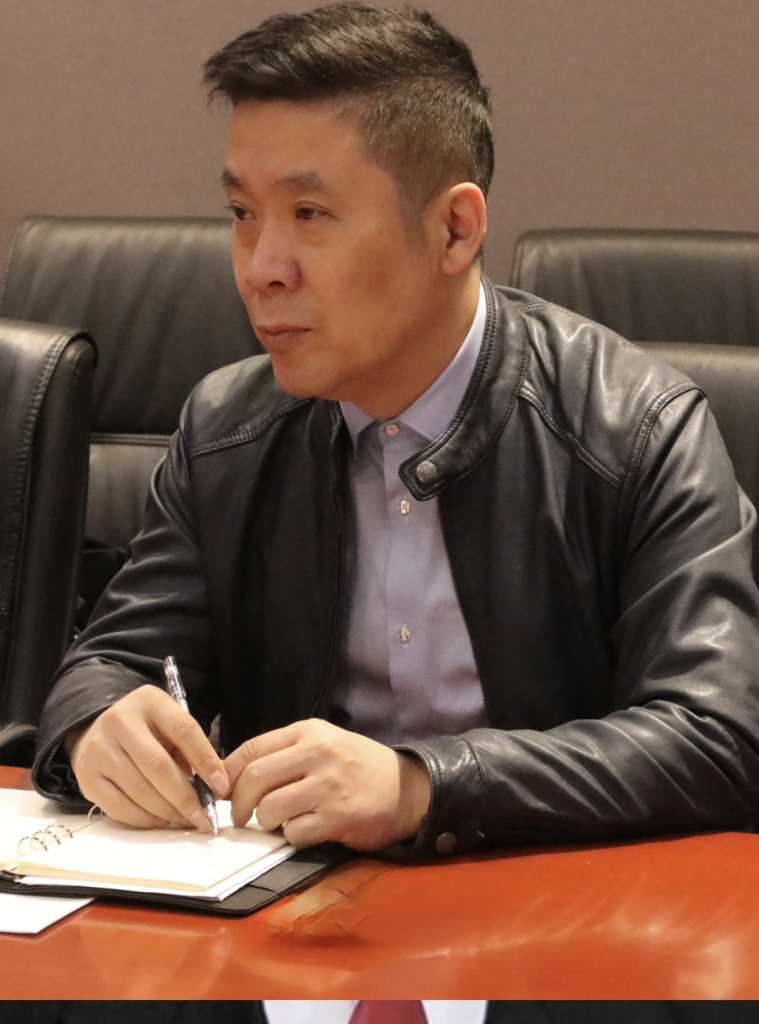
Deputy Director, Education Bureau of Tianjin City, China
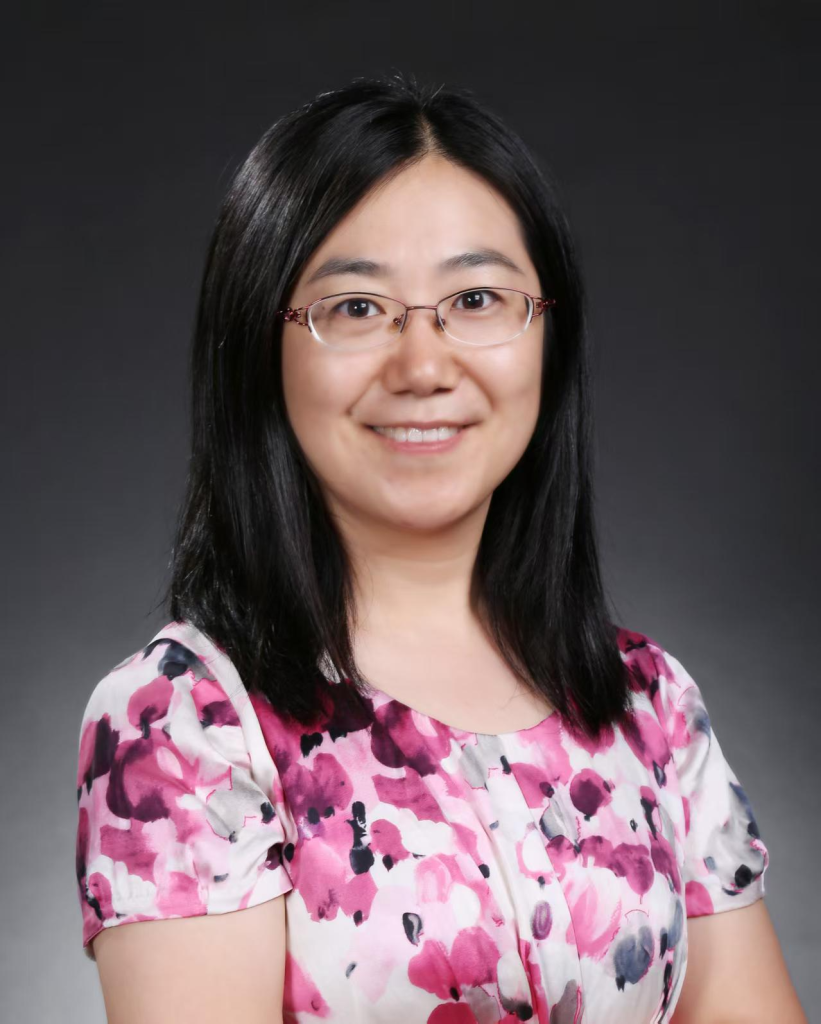
Professor and Dean of the School of Educational Technology, Faculty of Education, Beijing Normal University, China
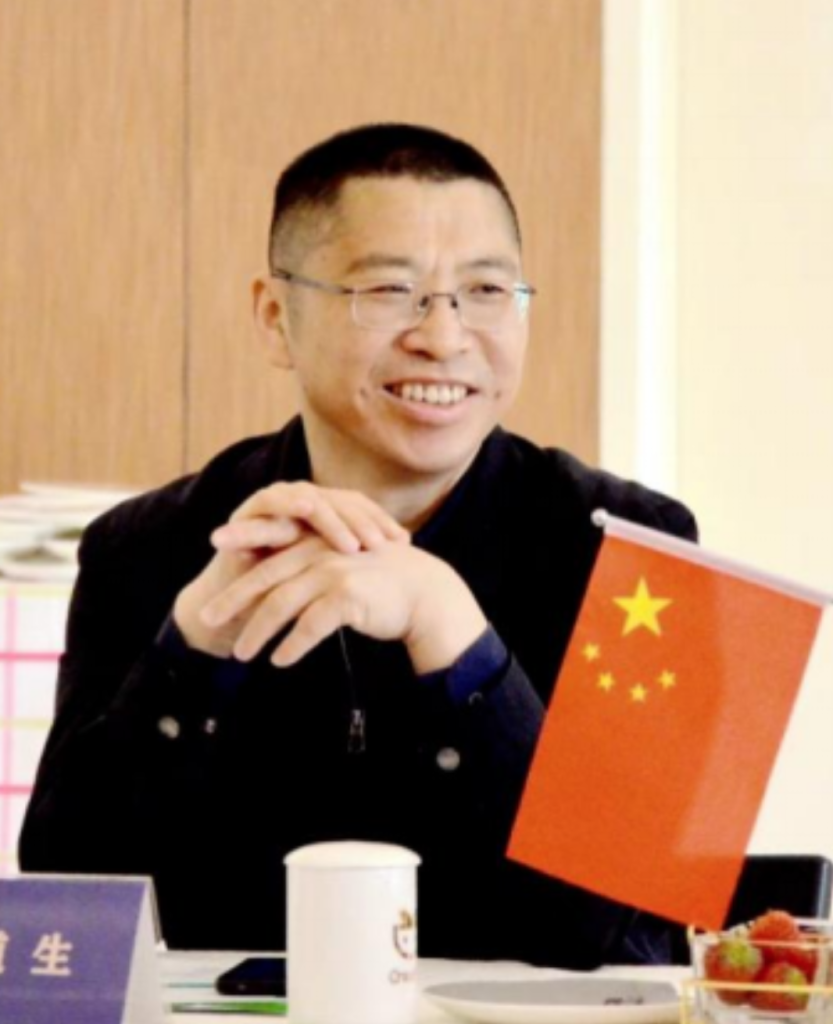
Vice President of Chengdu Institute of Educational Sciences
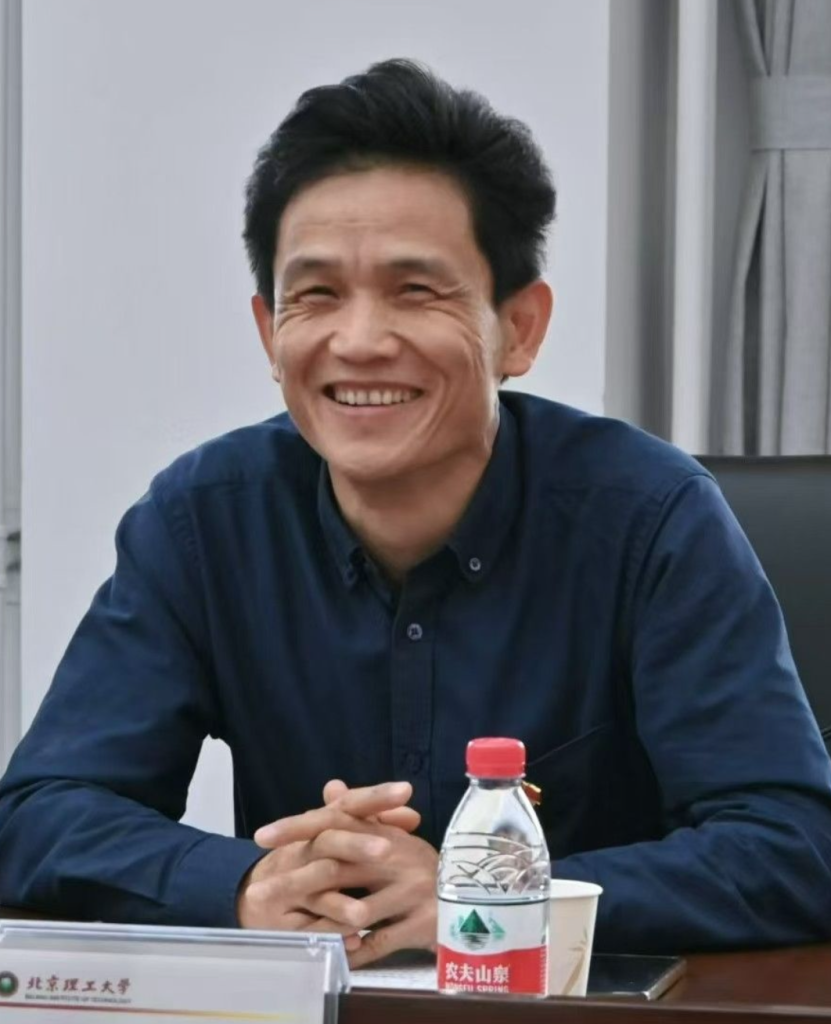
Research Fellow, the Center for Scientific Research Development of Higher Education Institutions, Ministry of Education

Deputy Director of Guilin Education Bureau

Former Deputy Director, Bureau of Education of Changsha Municipality, Hunan Province, China
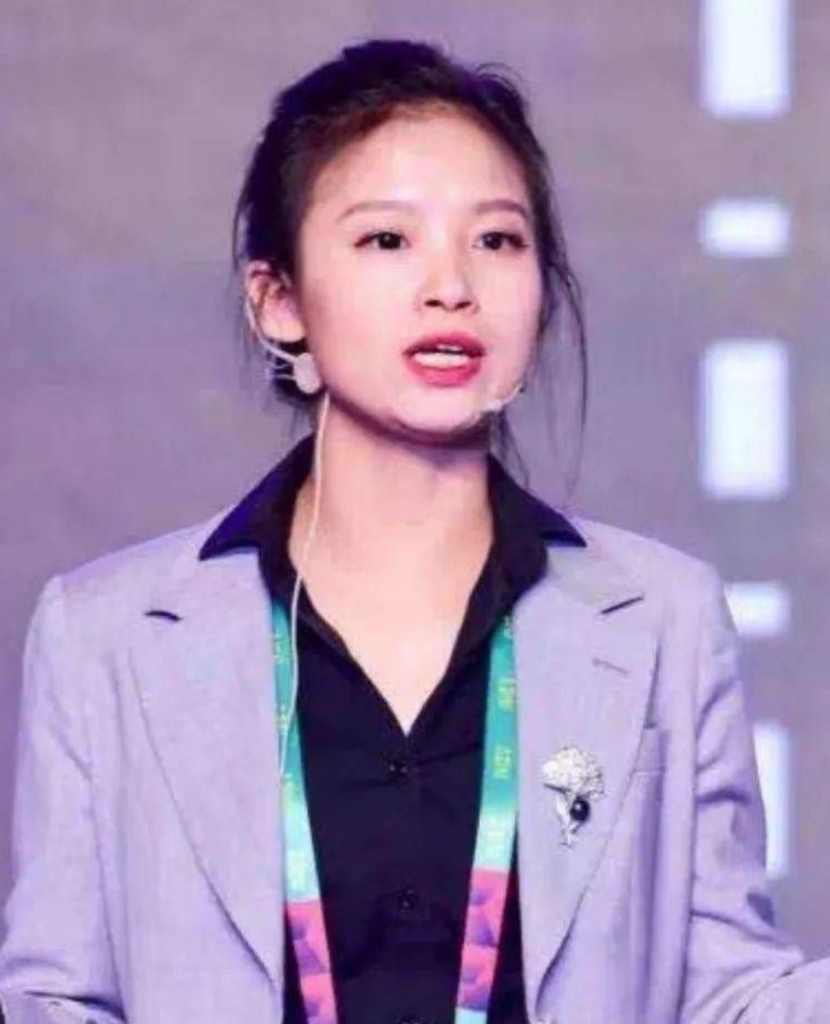
Founder and Editor-in-Chief of Jiemodui
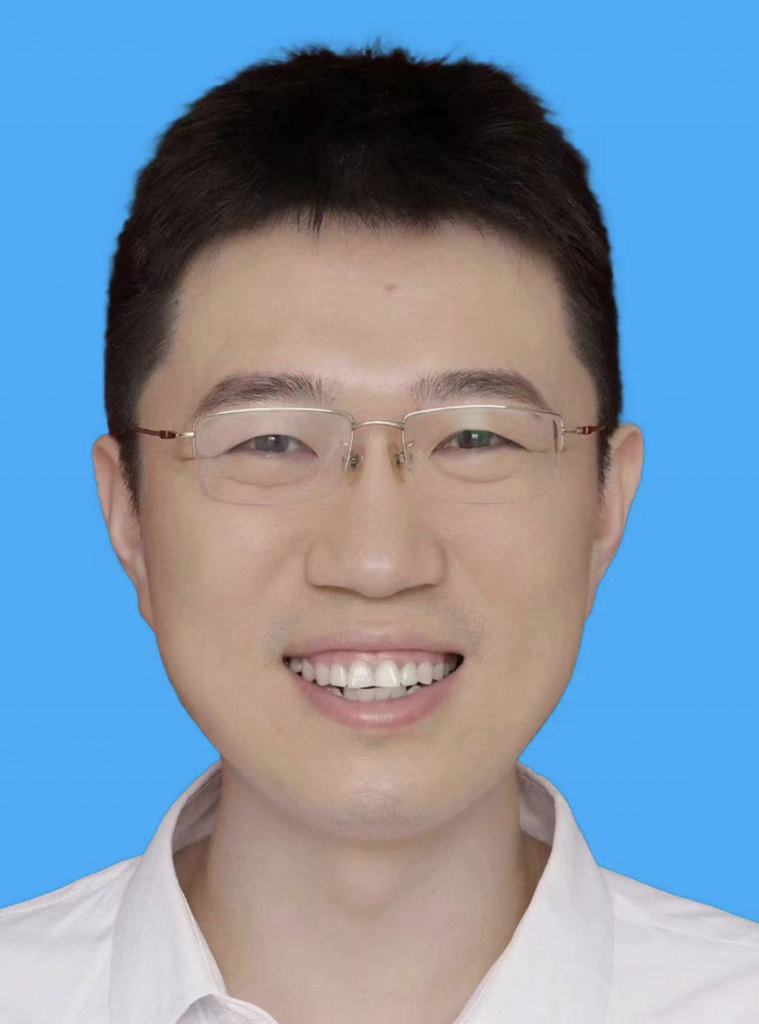
CEO, Luoyang Jingshi Ruidao Intelligent Technology Co. Ltd, China
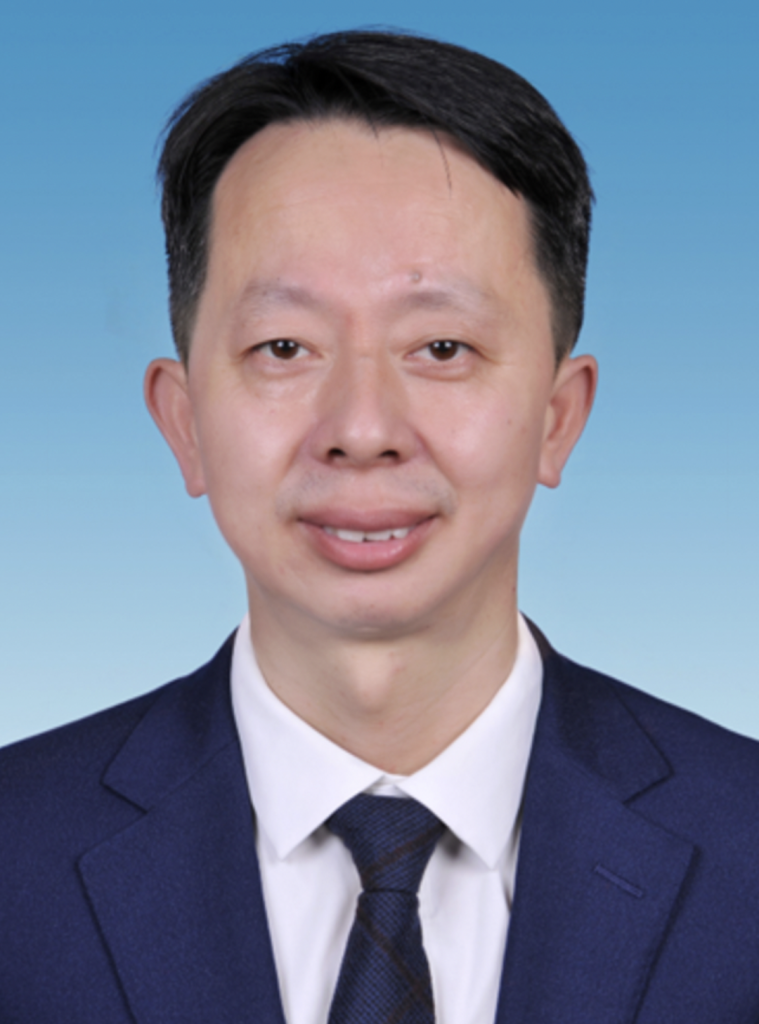
Deputy Director, Changsha Municipal Education Bureau, China
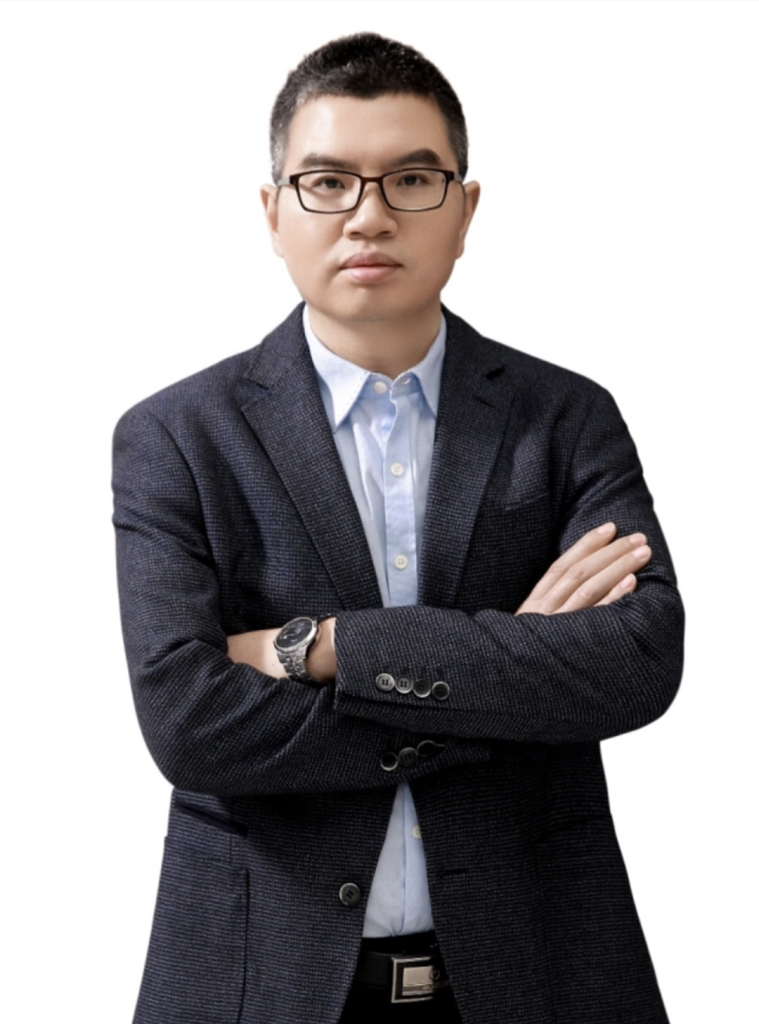
Senior Vice President, iFLYTEK
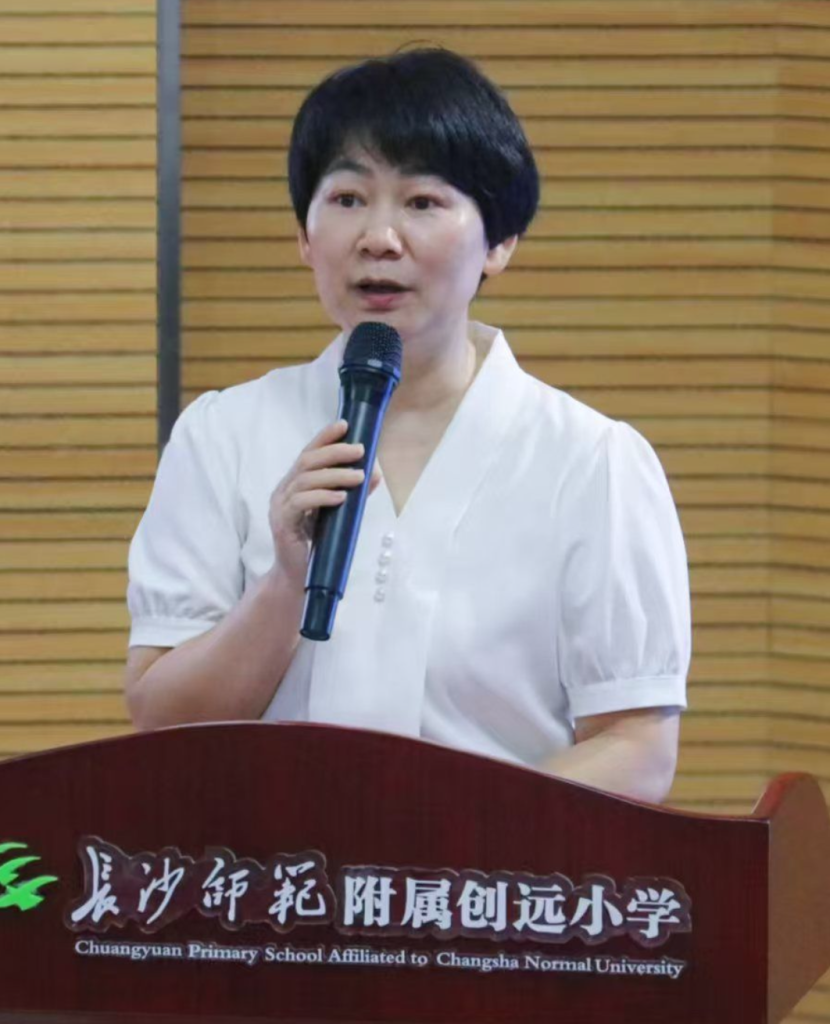
Principal of Zhiyuan Primary School affiliated with Changsha Normal University
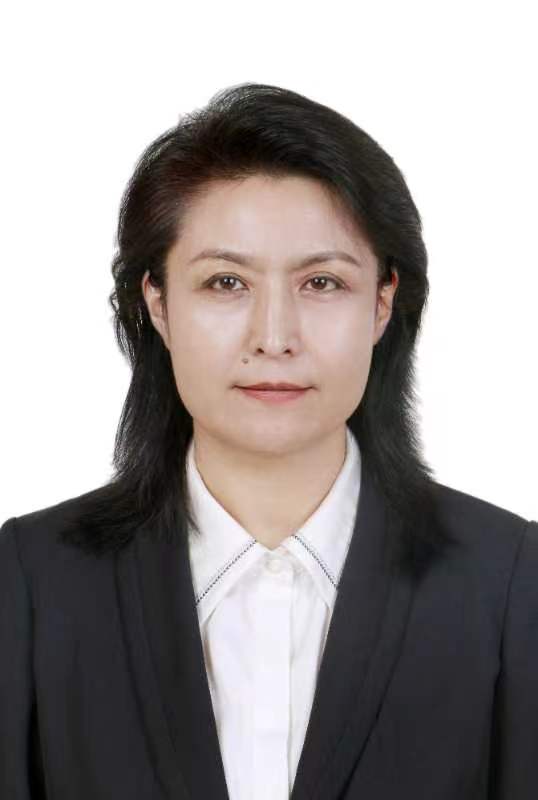
president of Kashgar University in Xinjiang
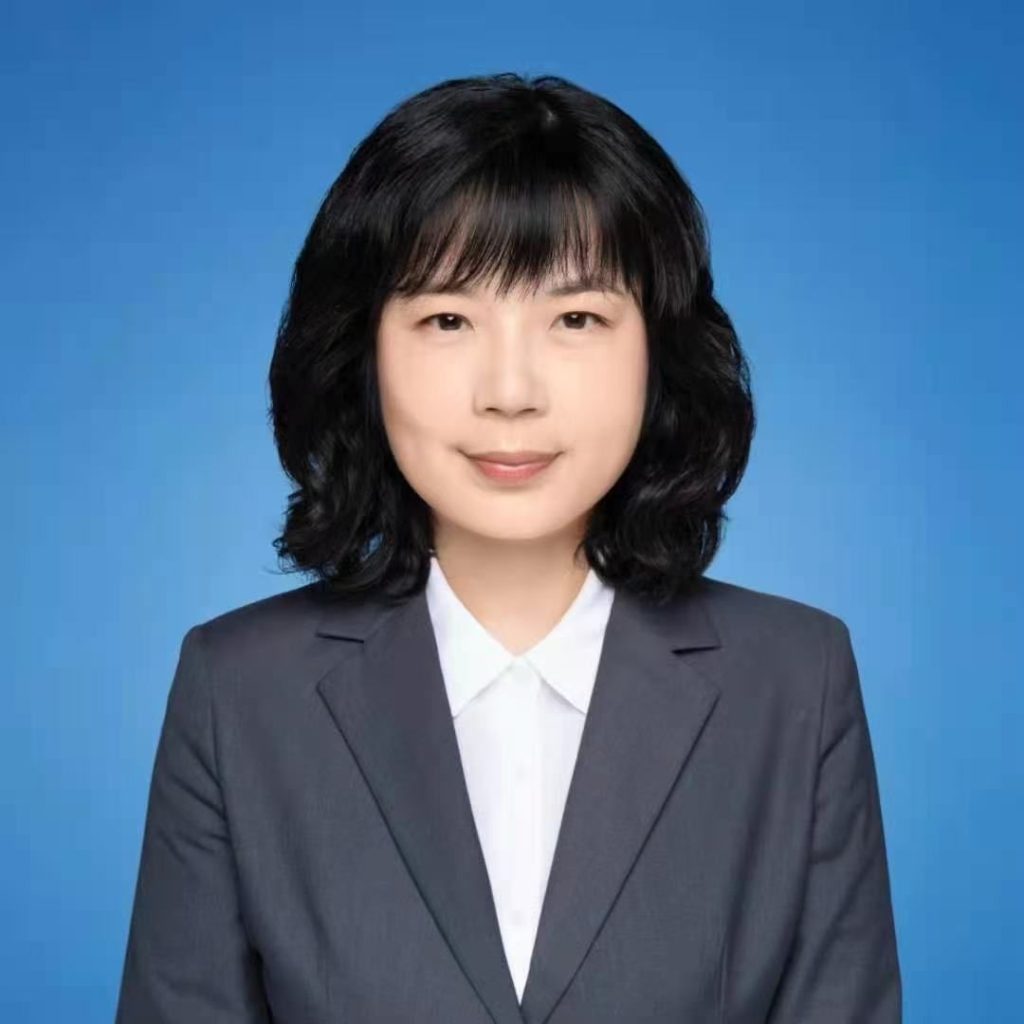
deputy director of the Education Bureau of Minhang District, Shanghai
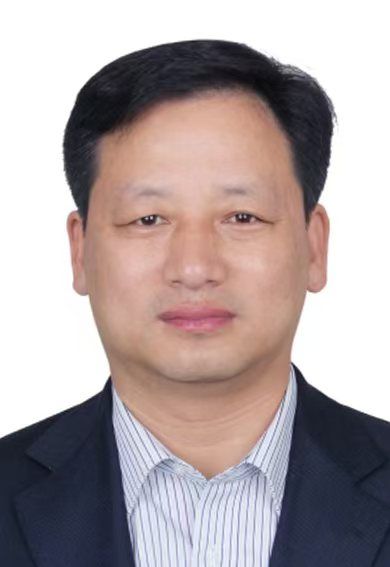
deputy director of Nanjing Municipal Education Bureau
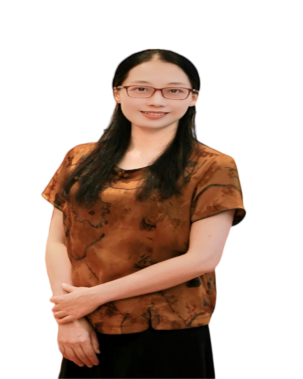
deputy director of the Digital Education Department of the Affairs Center of Guangdong Provincial Department of Education (Guangdong Electro-Education Museum)
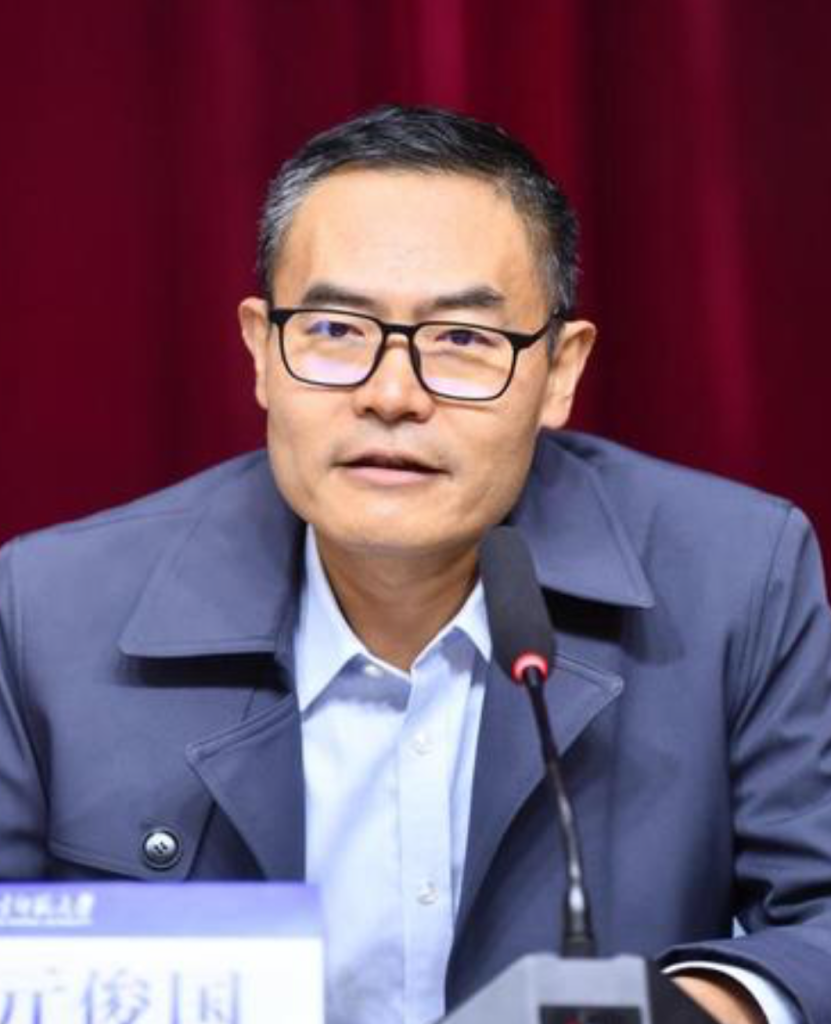
dean of the School of Continuing Education and Teacher Training at Beijing Normal University

Post-doctorate, Beijing Normal University, China

senior teacher at Chaoyang School affiliated to Renmin University of China

Director of Education Information Technology and Network Security Division, Department of Science, Technology and Information, Ministry of Education
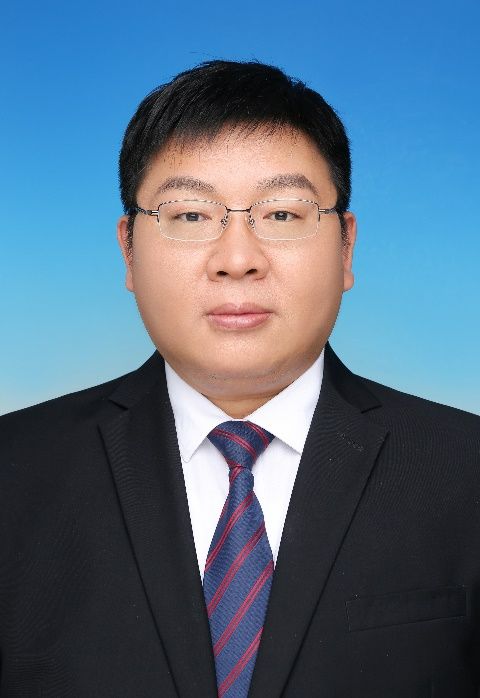
Chairholder, UNESCO Chair in Green Transition for Carbon Neutrality and Climate Change; Professor, China University of Petroleum

Executive Vice President of China Education Equipment Research Institute
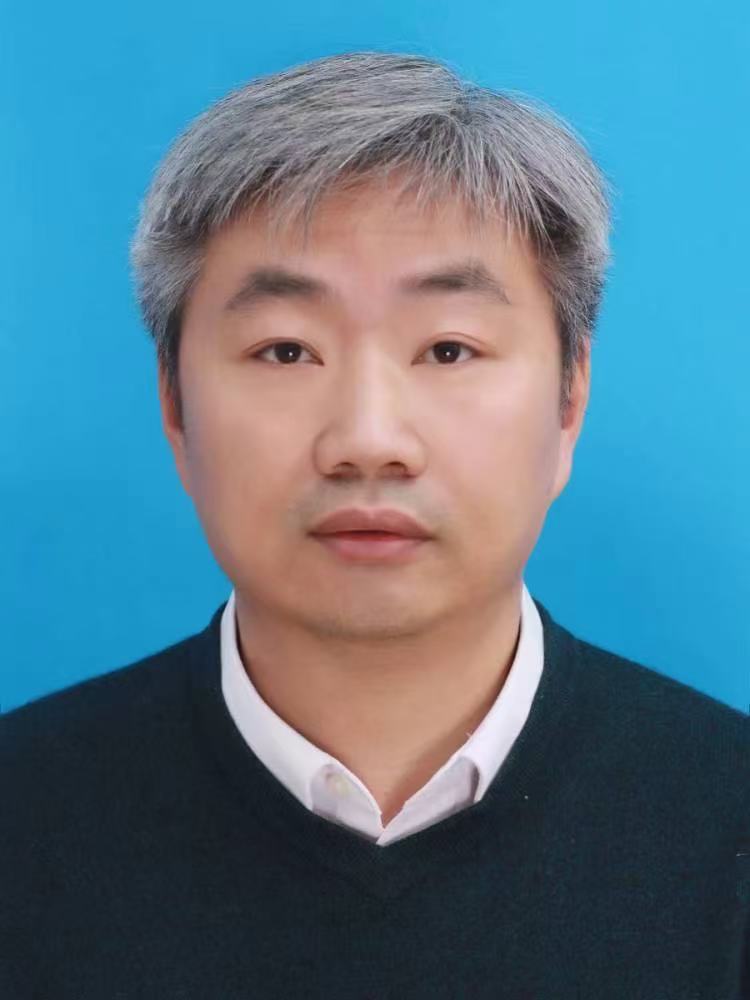
deputy director of the Education Bureau of Liangxi District, Wuxi

principal of Heshang Town Central Kindergarten, Xiaoshan District, Hangzhou

deputy director of the Education Commission of Beijing's Chaoyang District
.png)
Founder of Beijing Design Society, China
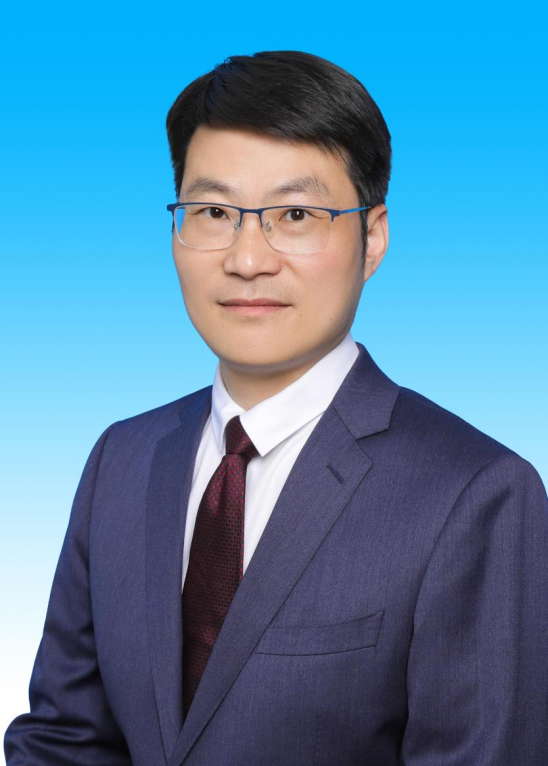
Affiliated Primary School of Central China Normal University
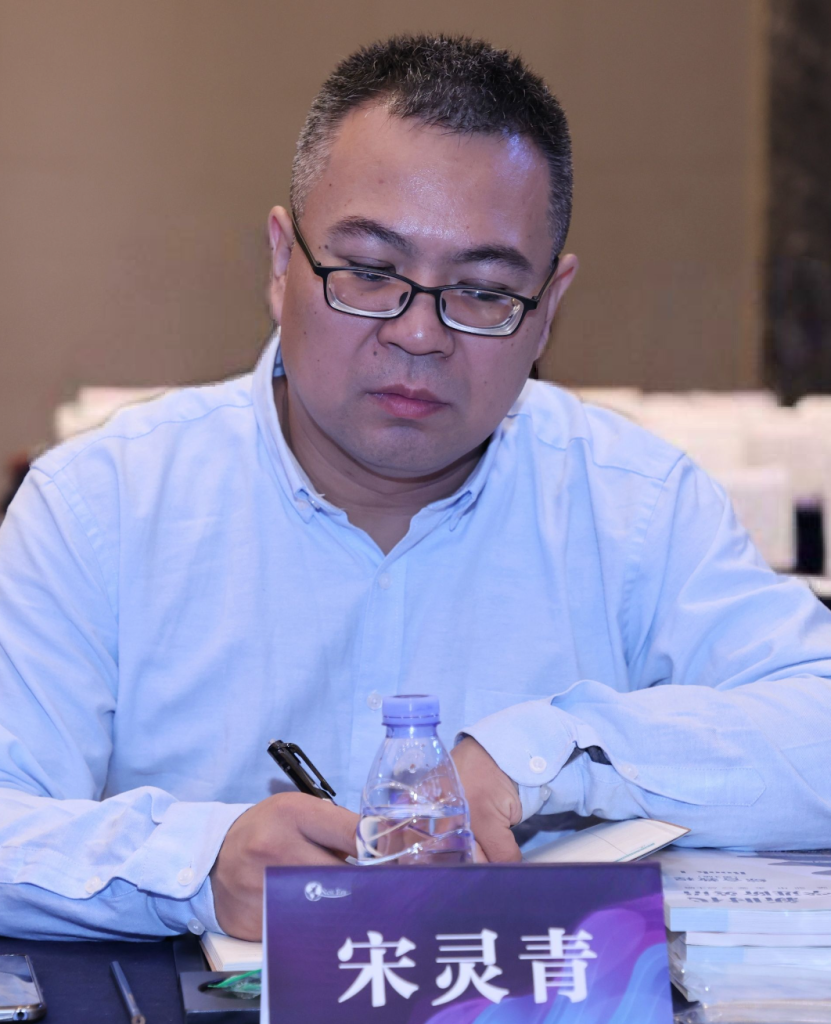
the editor-in-chief of China Electro-Education
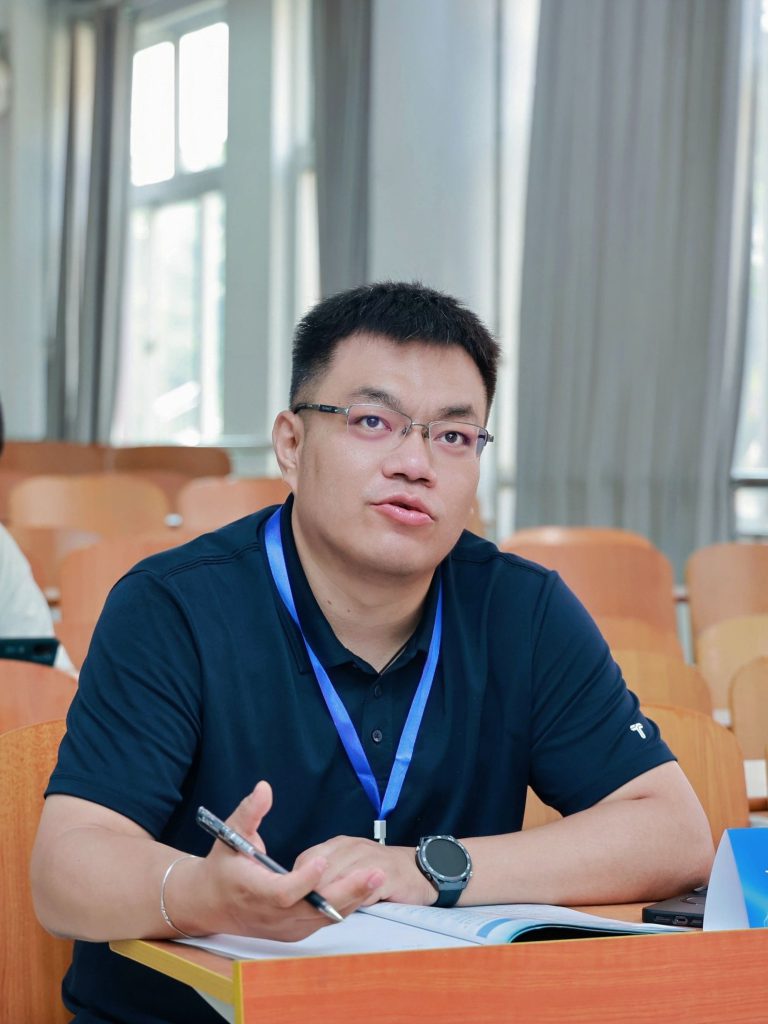
Vice Dean of the School of Educational Technology, Northwest Normal University, permanent member of the Information Technology Teaching Committee of China Society of Educational Technology
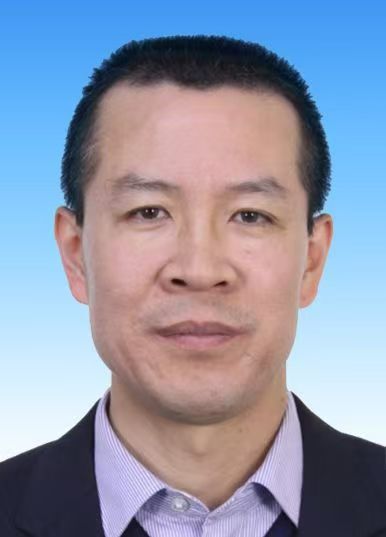
Chief Editor of the Magazine Information Technology Education in Primary and Secondary Schools, Under Beijing Education Converged Media Center
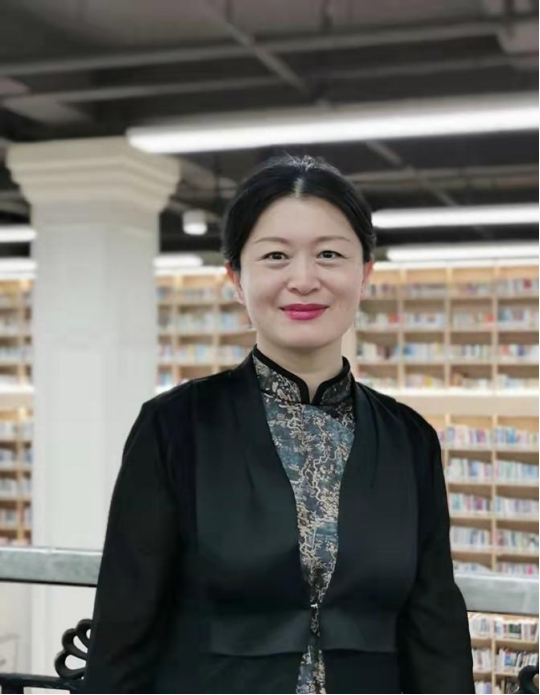
Deputy Editor-in-Chief, China Basic Education
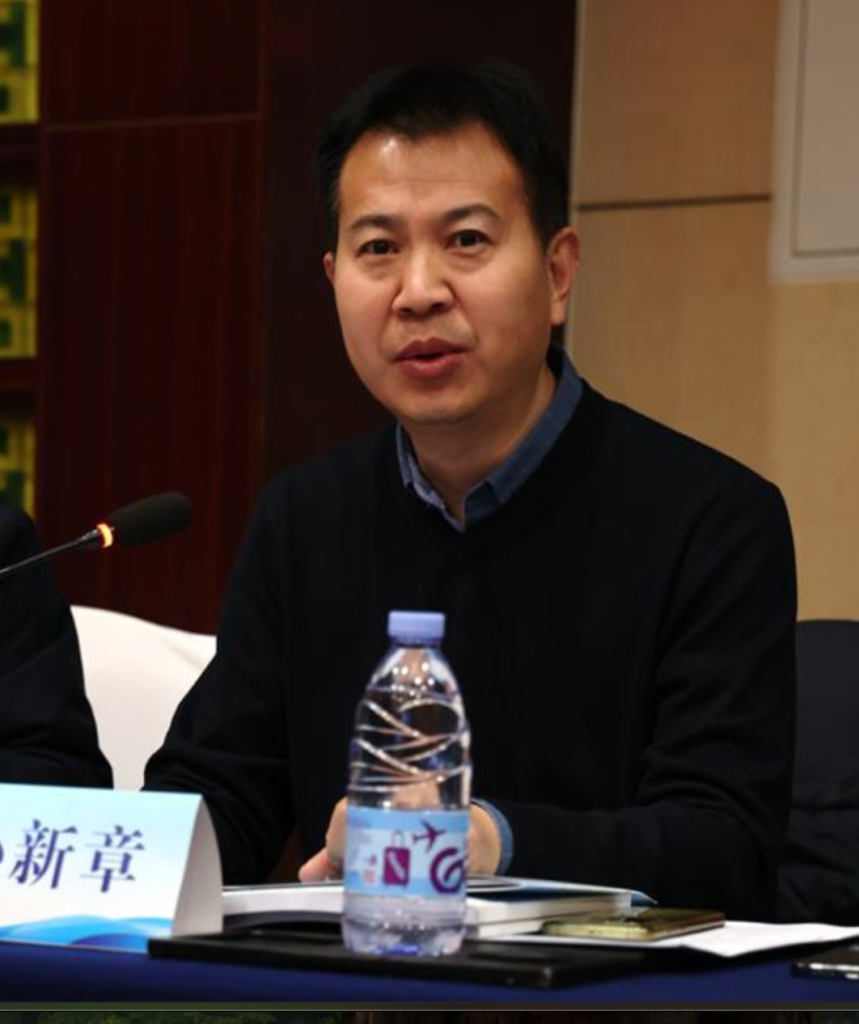
deputy Director of Social Affairs and Emergency Management Department, China 21st Century Agenda Management Center

Associate Professor, School of Education, Shanghai Jiao Tong University
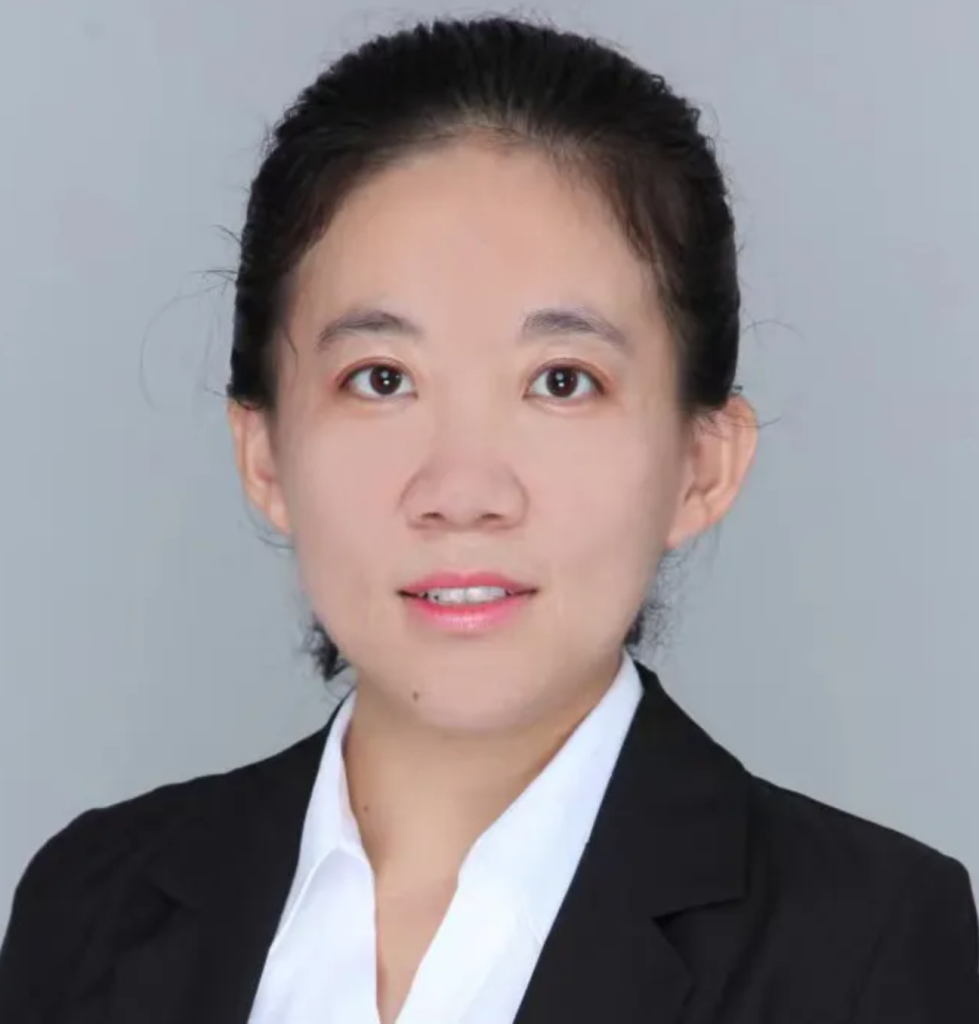
associate professor of the School of Information Engineering, Capital Normal University, director of the major of Artificial Intelligence (Teacher Education)
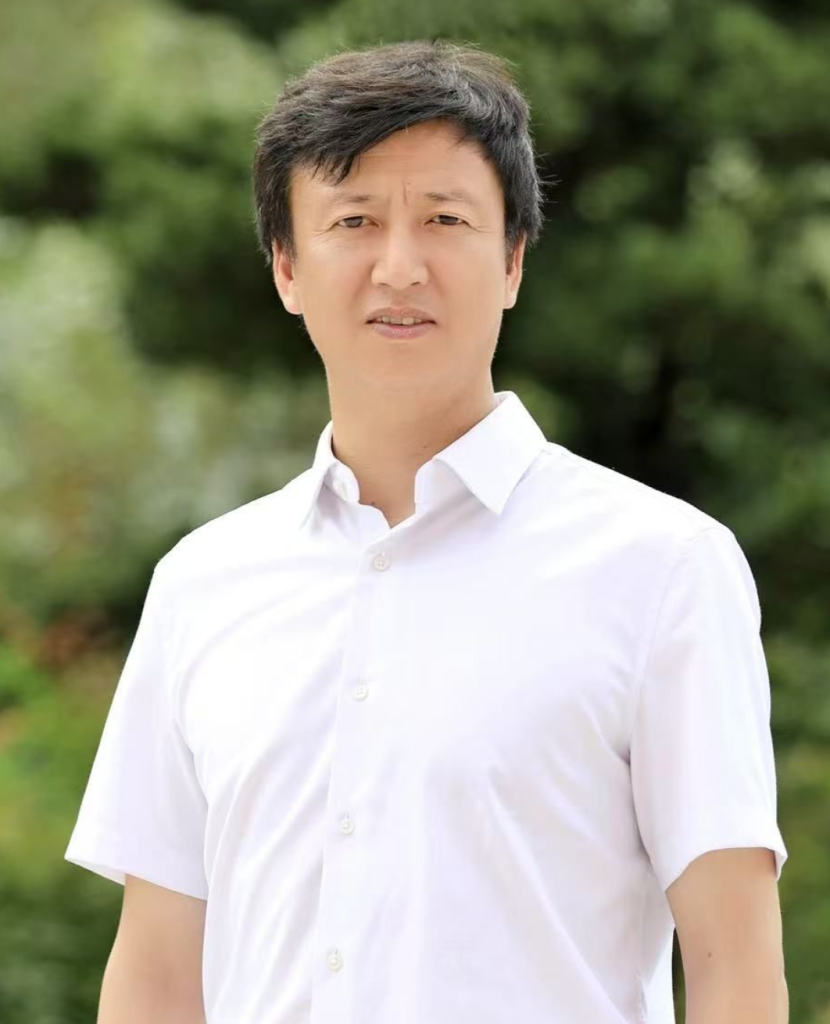
Party secretary of Chengdu Yiti Middle Schoo

editor-in-chief of Modern Distance Education Research
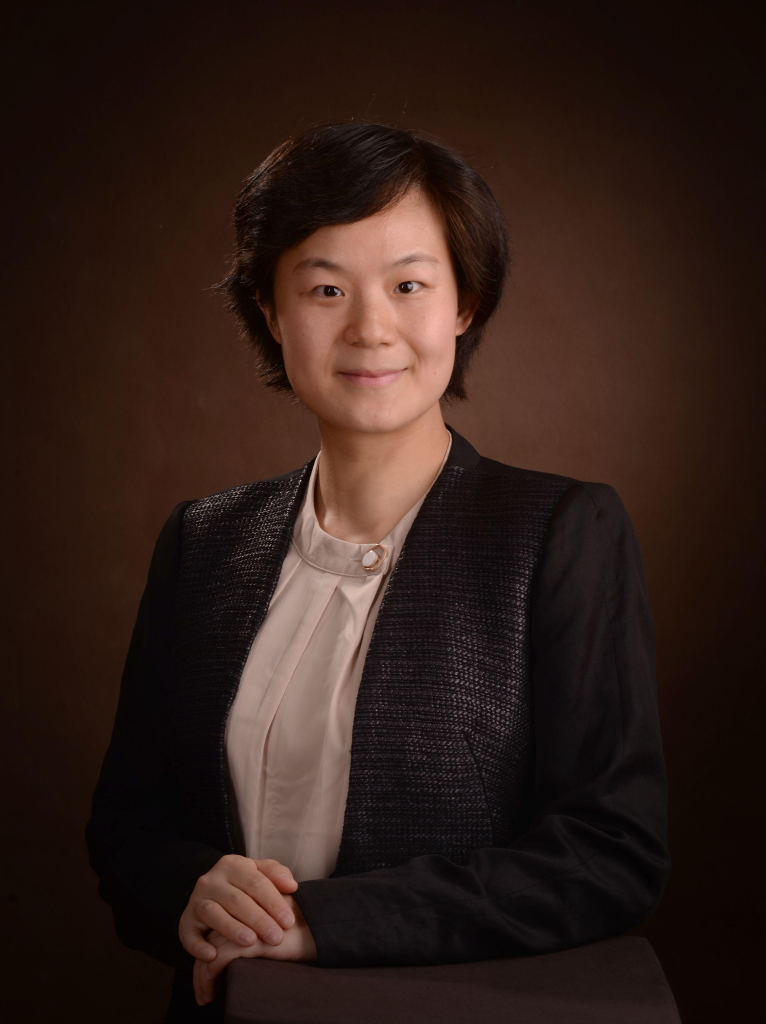
associate professor, Nanjing Normal University
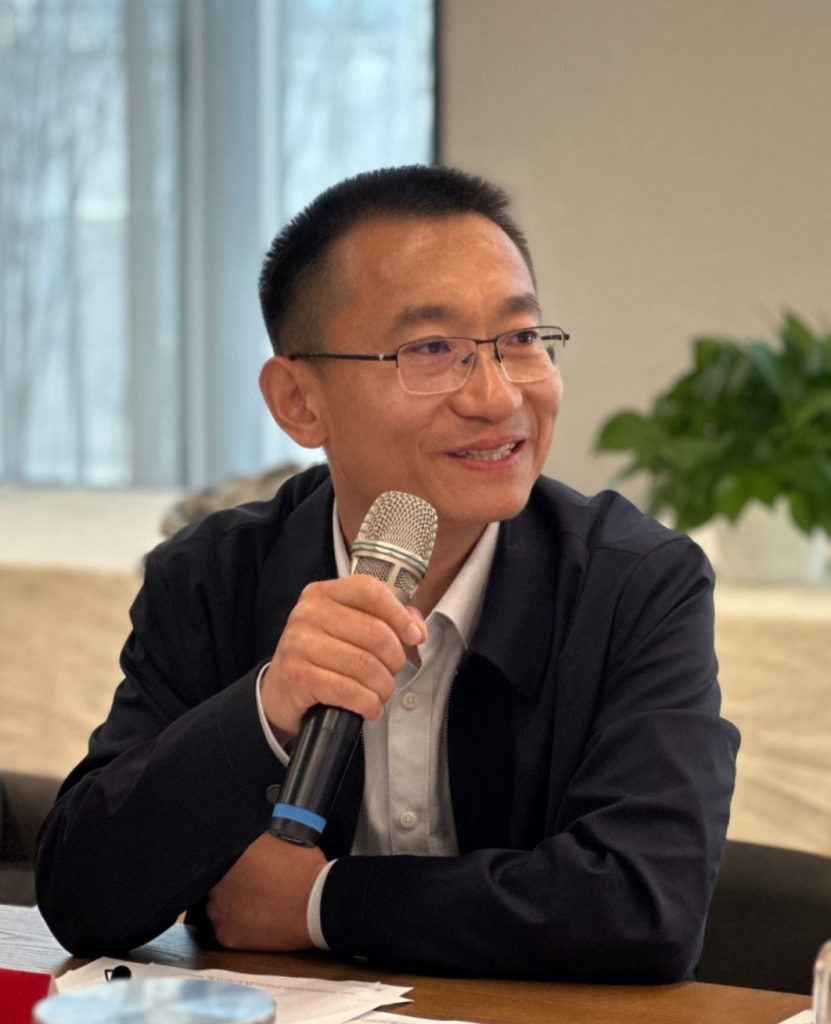
director of the Beijing Digital Education Center
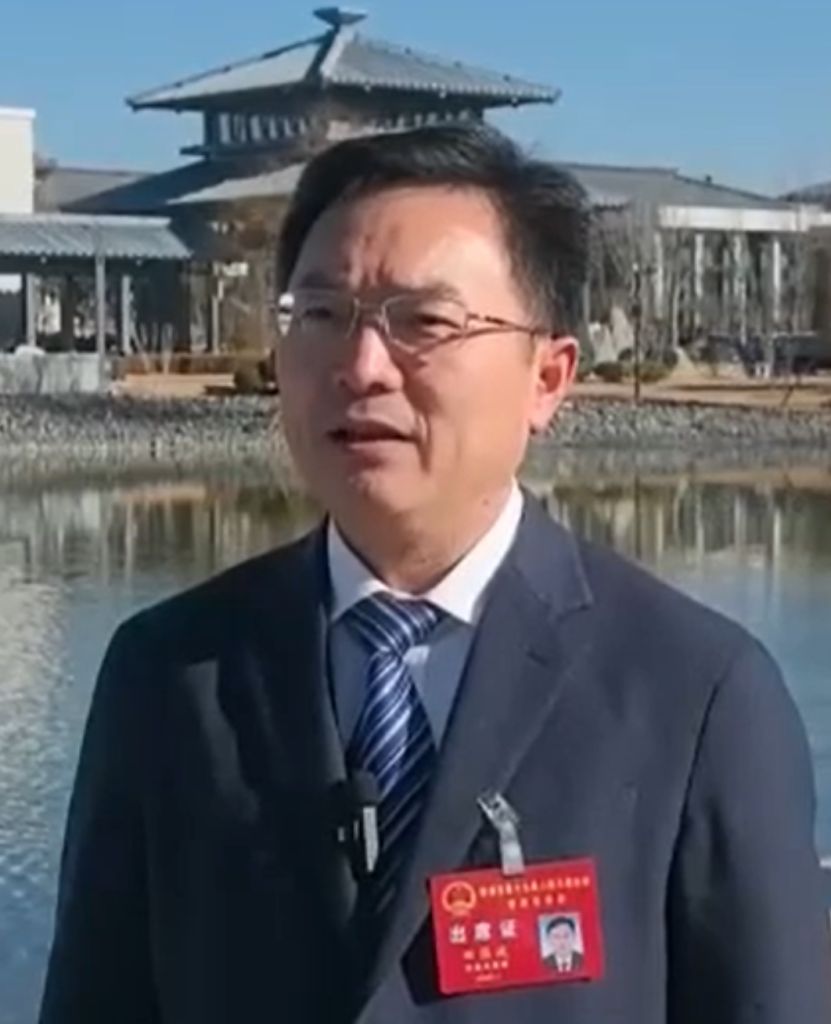
director of the Education and Sports Bureau of Zoucheng City
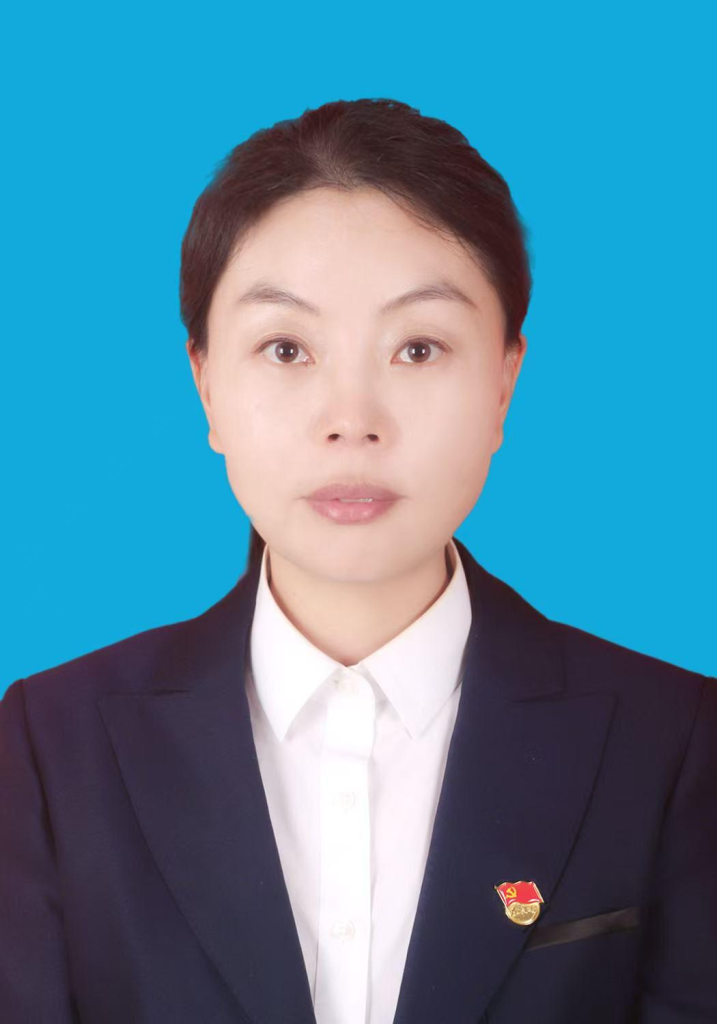
principal of Beijing Normal University Yinchuan Kindergarten in Ningxia
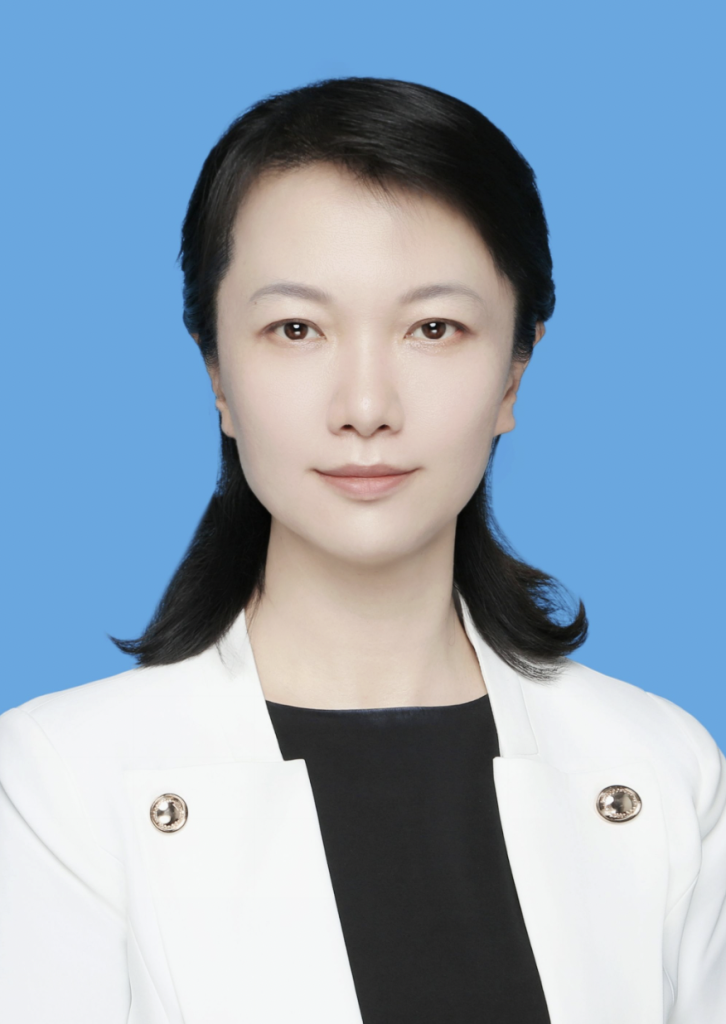
Professor; Deputy Director, Educational Informatization Strategy Research Base (Beijing), Ministry of Education, P.R.China
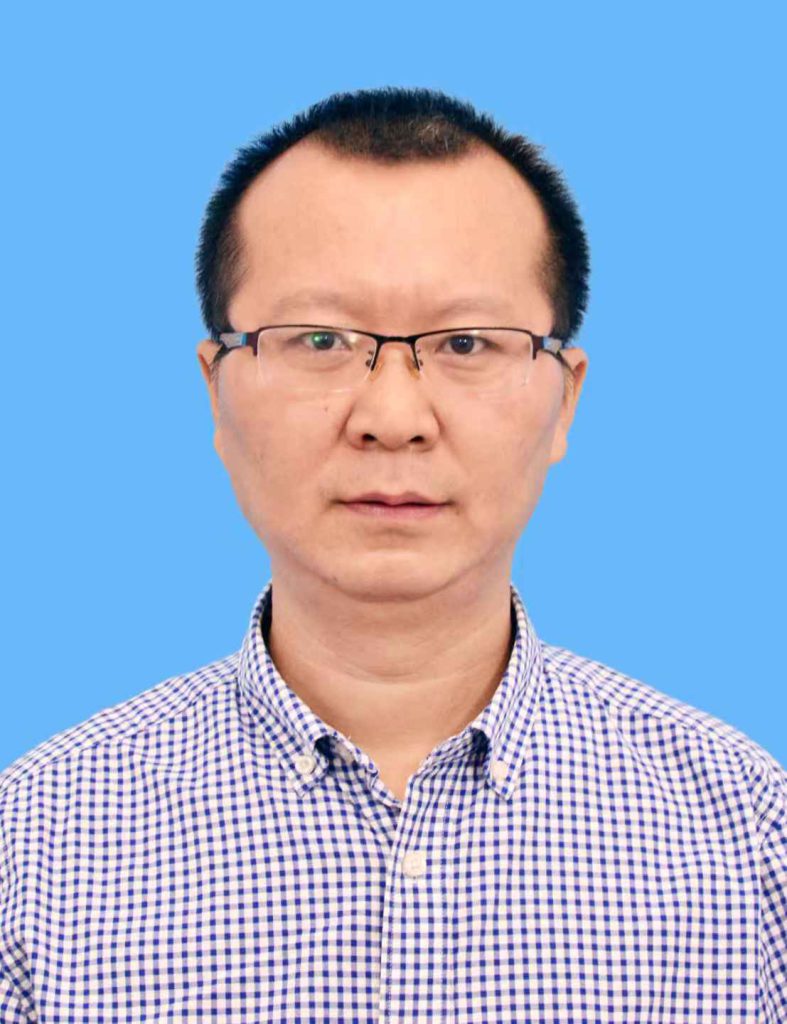
vice principal of Shuangliu Middle School in Sichuan Province
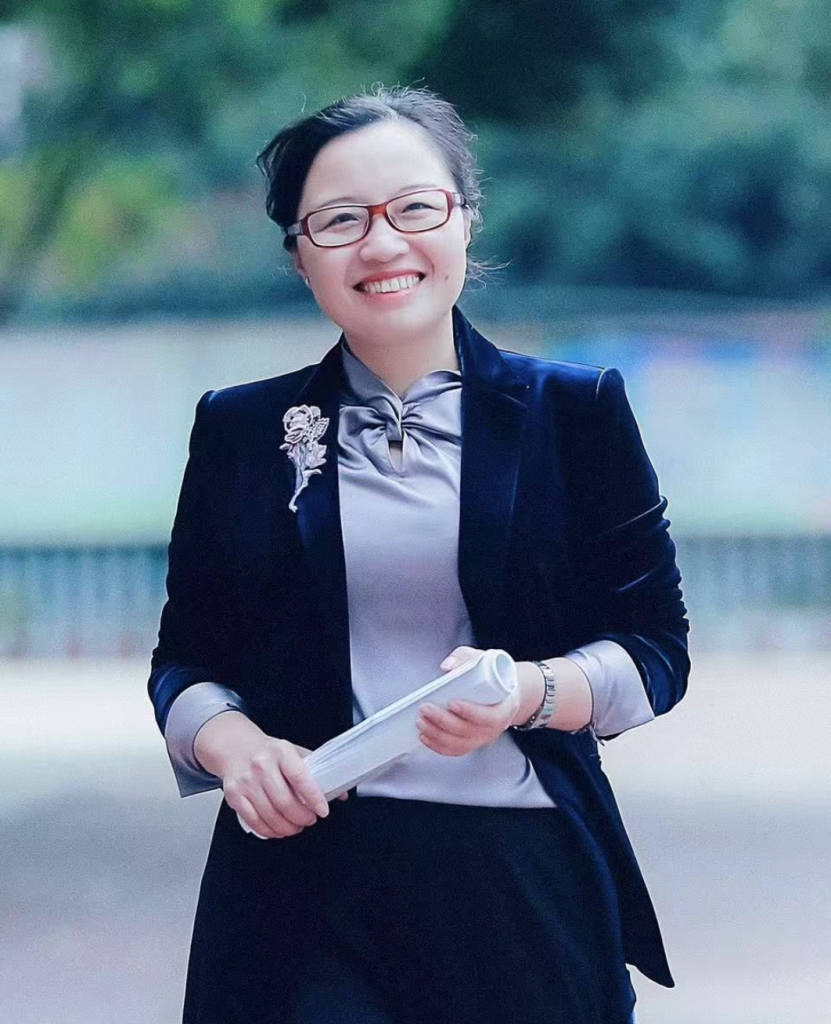
principal of Yuhua Experimental Primary School Group in Yuhua District, Changsha City. She is a special teacher in Hunan Province and the chief principal of Wan Shulan Famous Principal Studio in Hunan Province
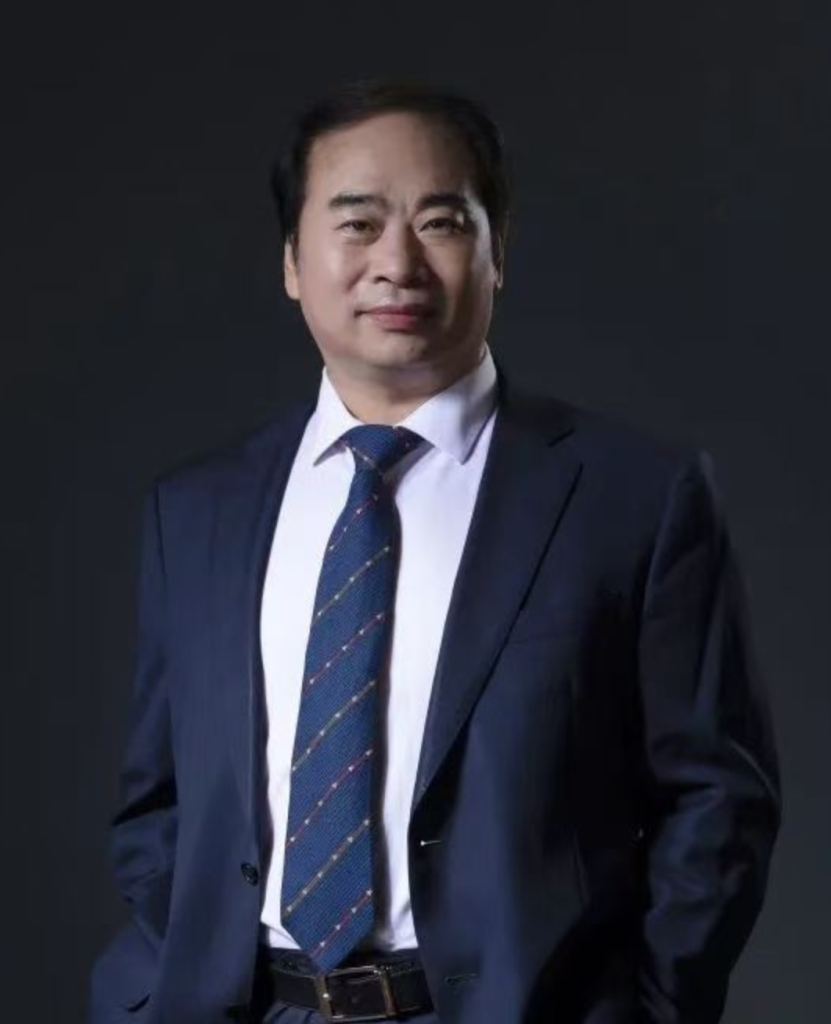
professor and Party Secretary of Beijing Foreign Studies University
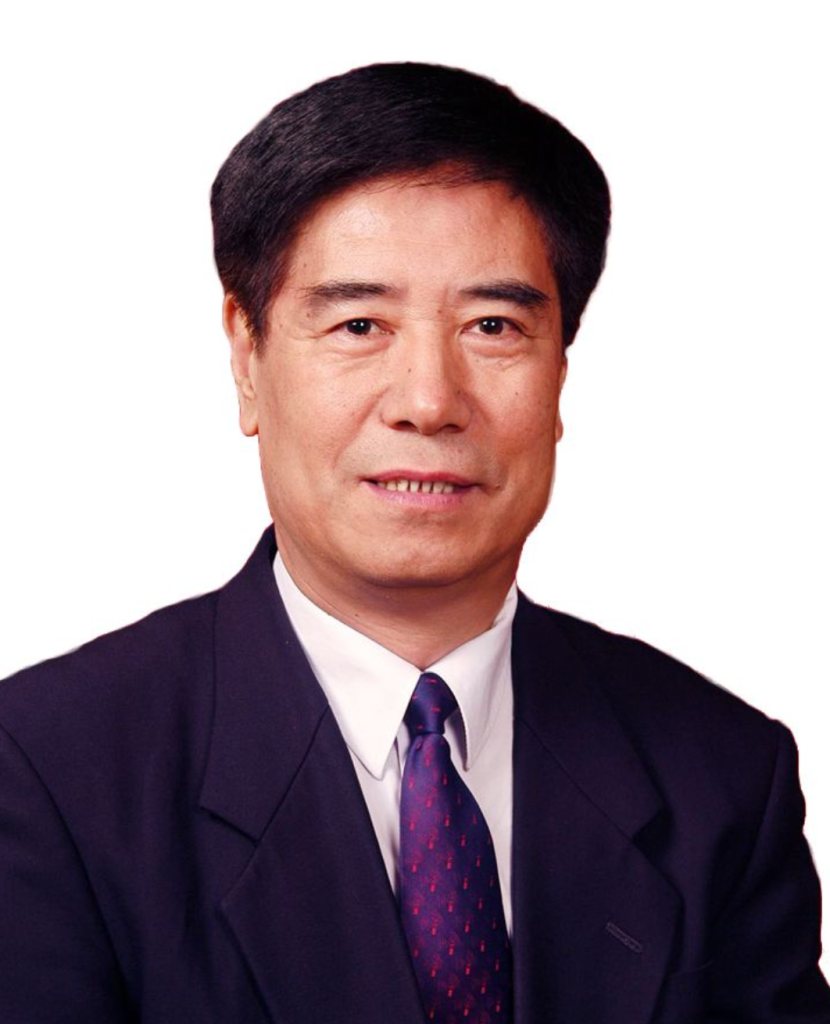
executive deputy director of the Working Committee for Caring for the Next Generation under the Ministry of Education
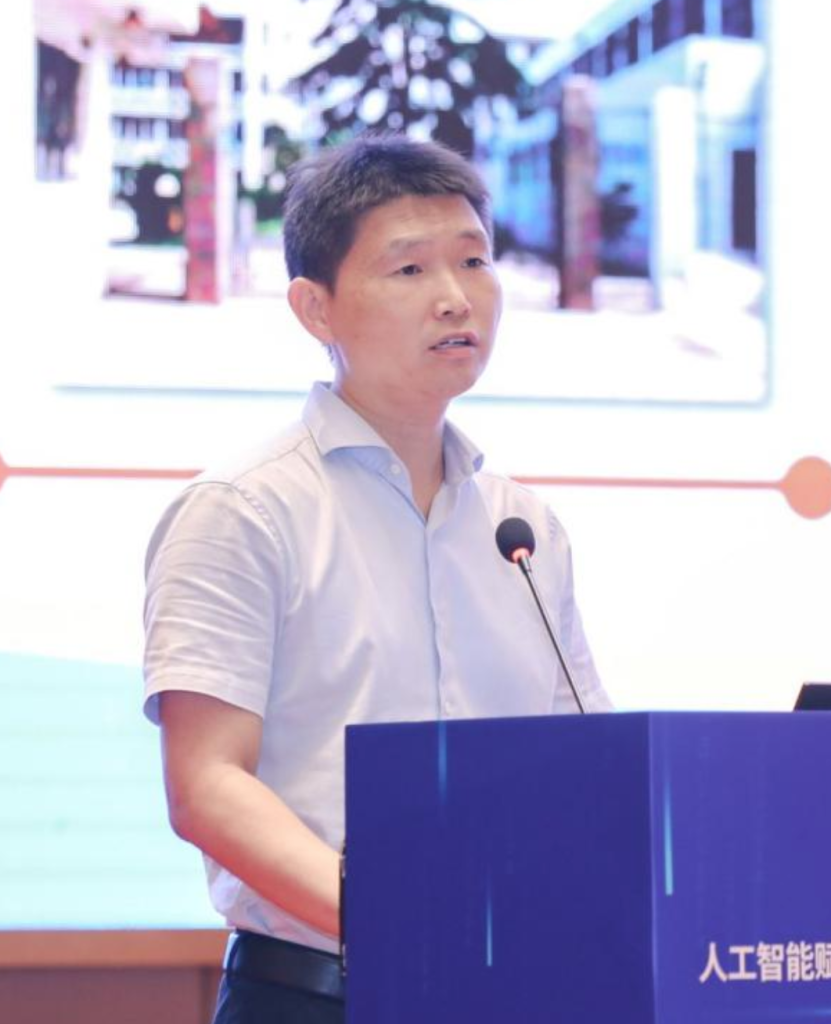
vice president of Suzhou Vocational University

Post-Doctorate of Beijing Normal University

Vice Dean, Faculty of Psychology, Beijing Normal University; Director, JoLII in China
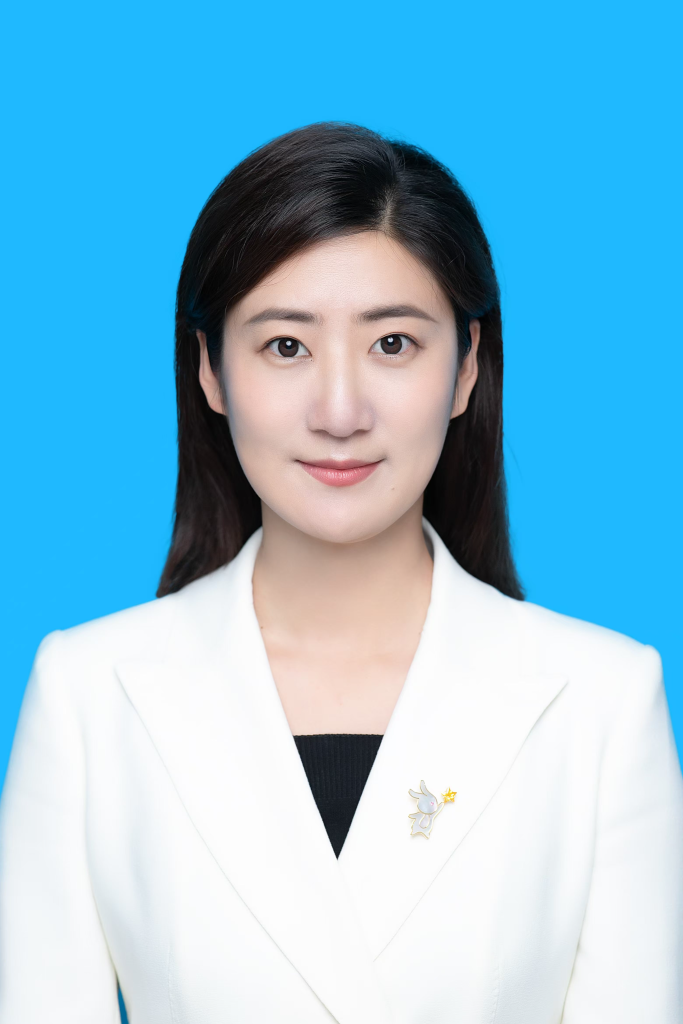
Deputy Director of Beijing Changping District Education Commission

Principal of Shushan Guangyuan Kindergarten, Xiaoshan District, Hangzhou

general manager of Guangzhou Aowia Electronic Technology Co.
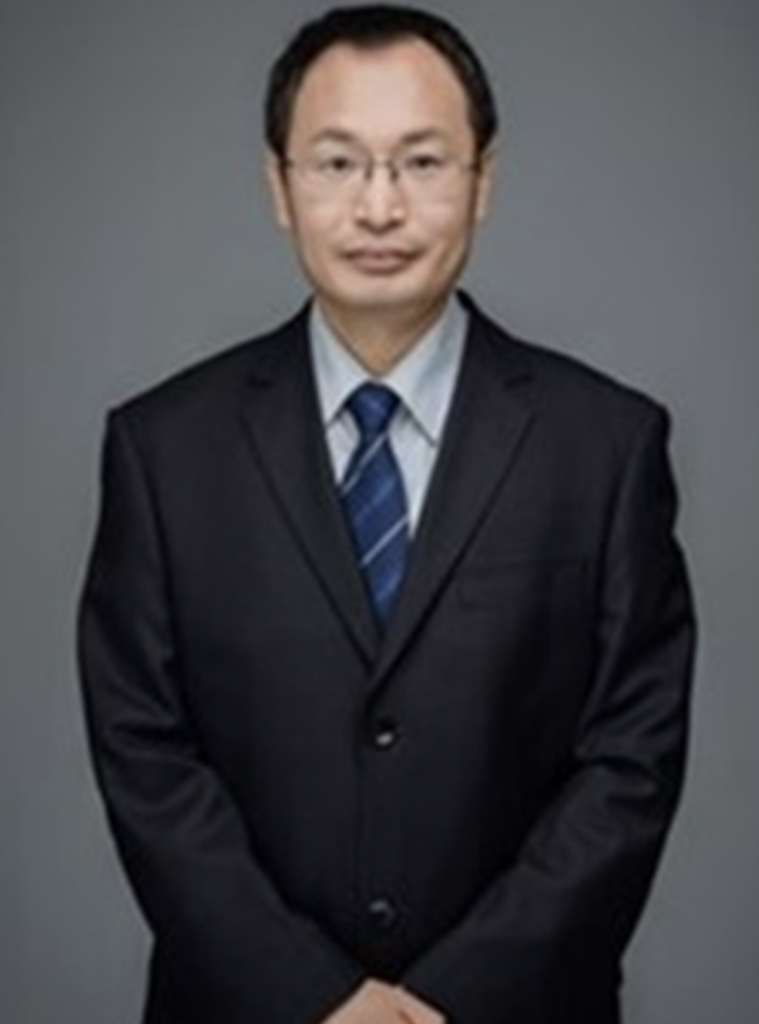
Professor at Jiangsu Normal University
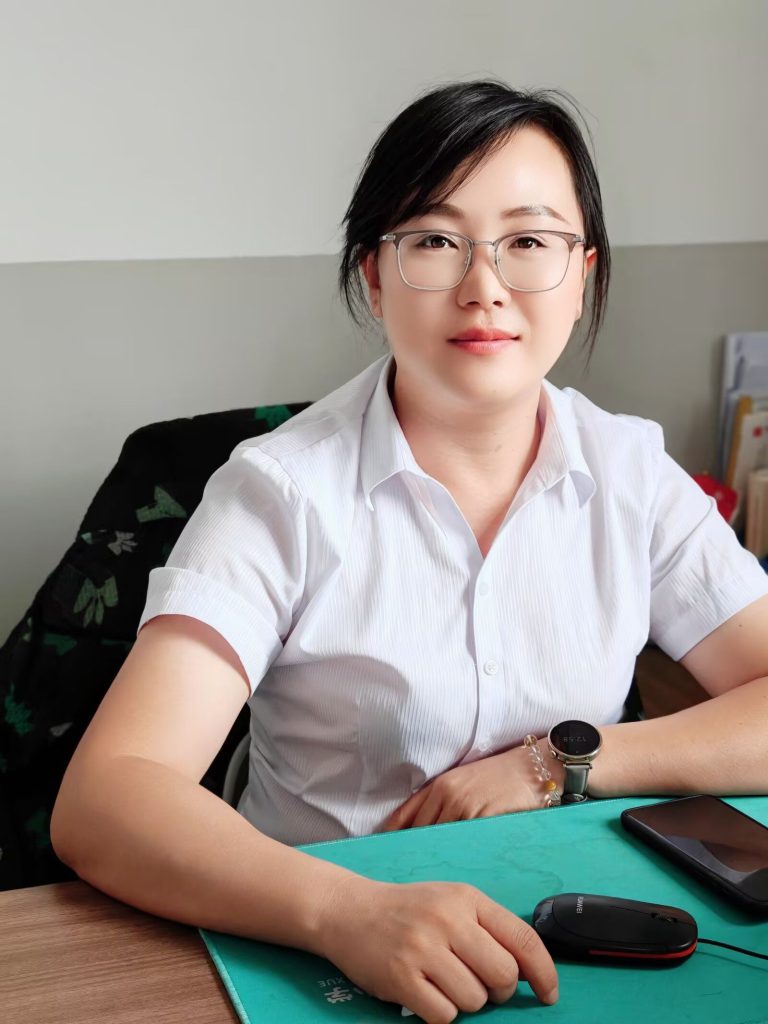
principal of the Third Primary School in Yumin County, Tacheng Prefecture, Xinjiang
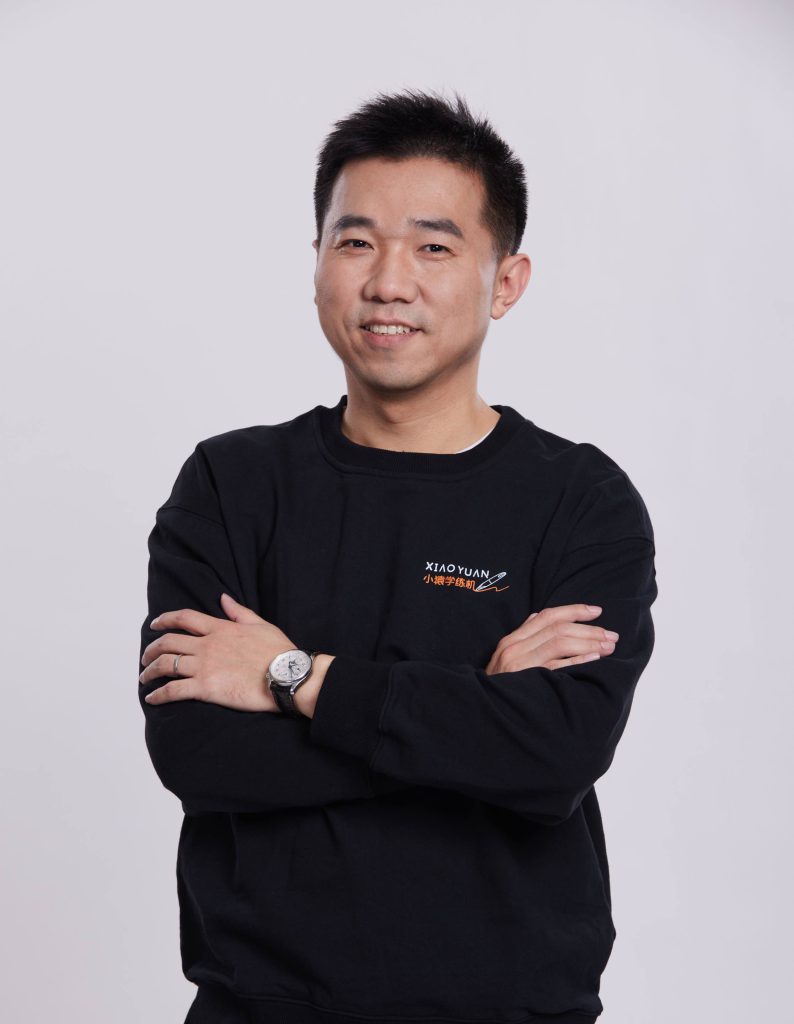
vice president of Yuanli Technology Group
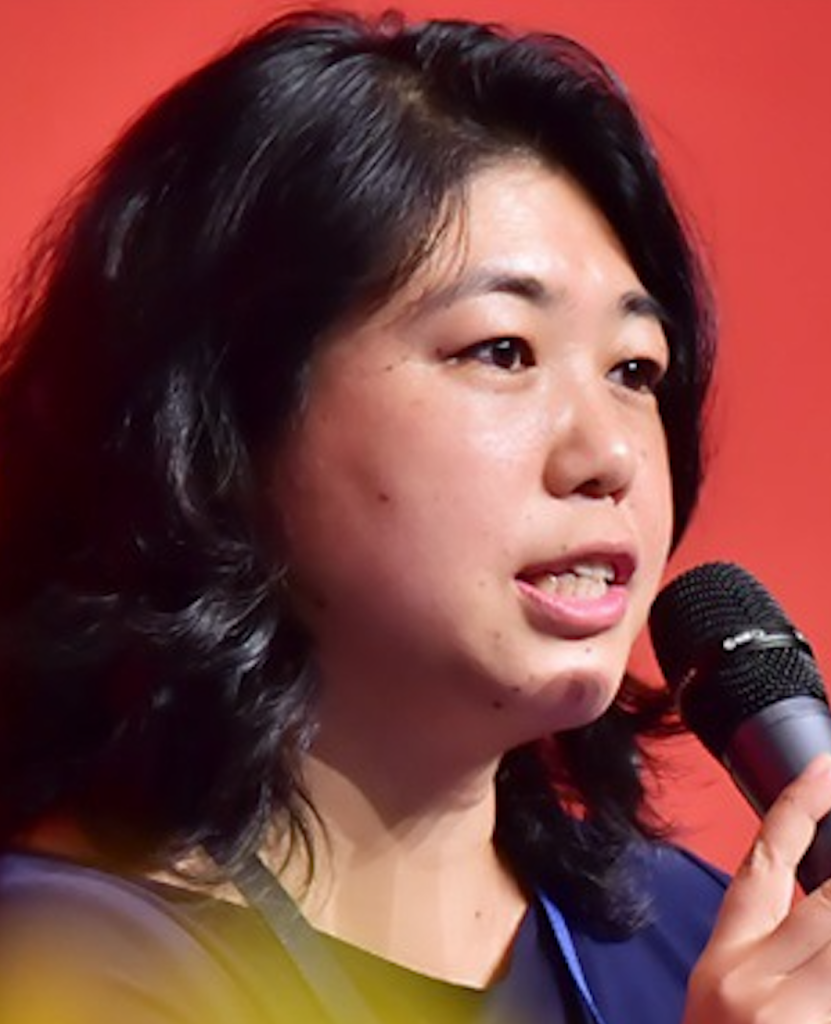
Trust Fund Director, United Nations Office for South-South Cooperatio
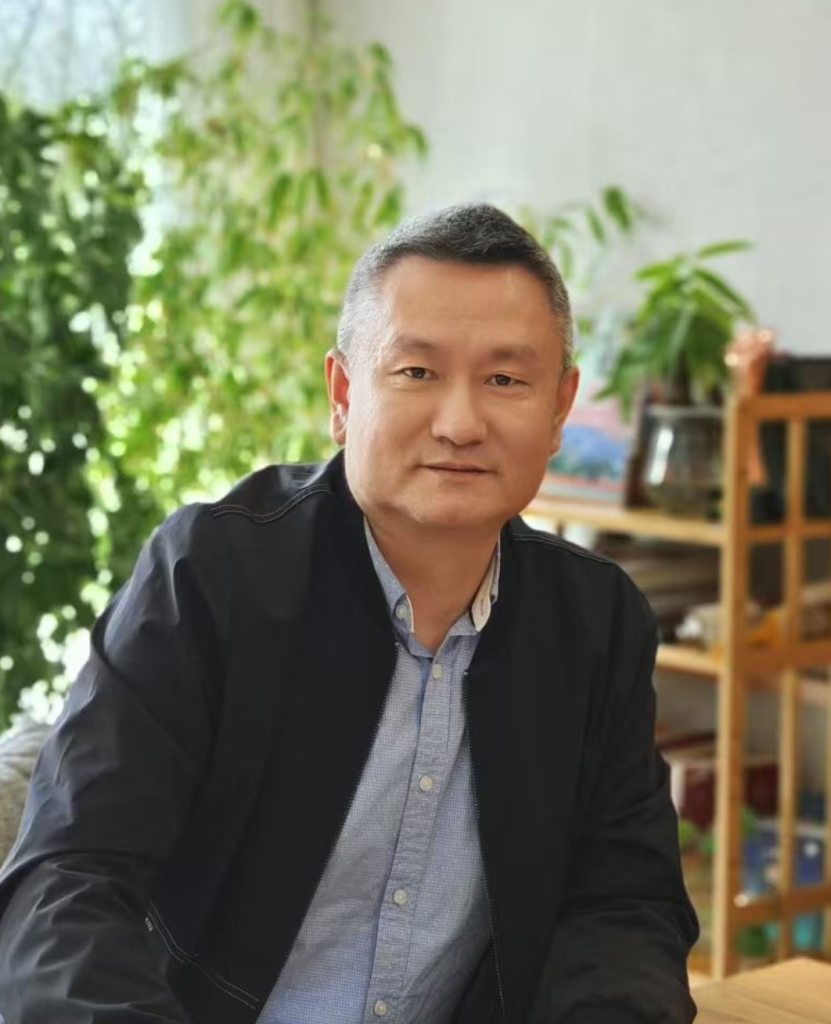
deputy director of the Education Bureau of Siming District, Xiamen
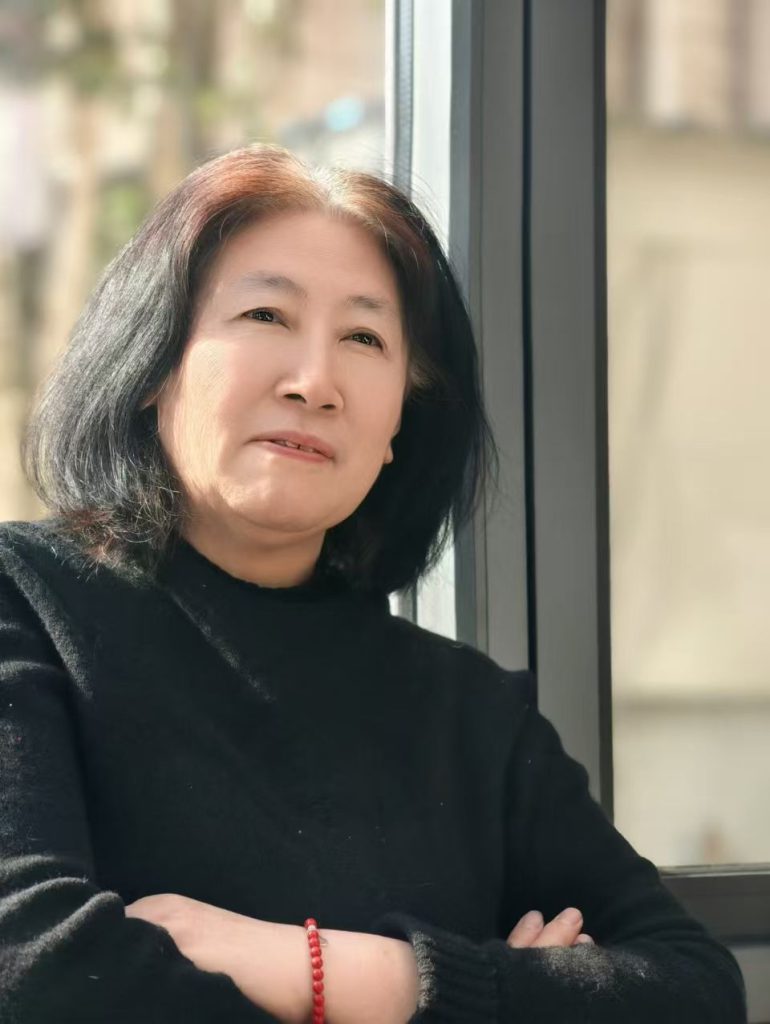
Expert, Smart Education Demonstration Zone Project, Ministry of Education, China
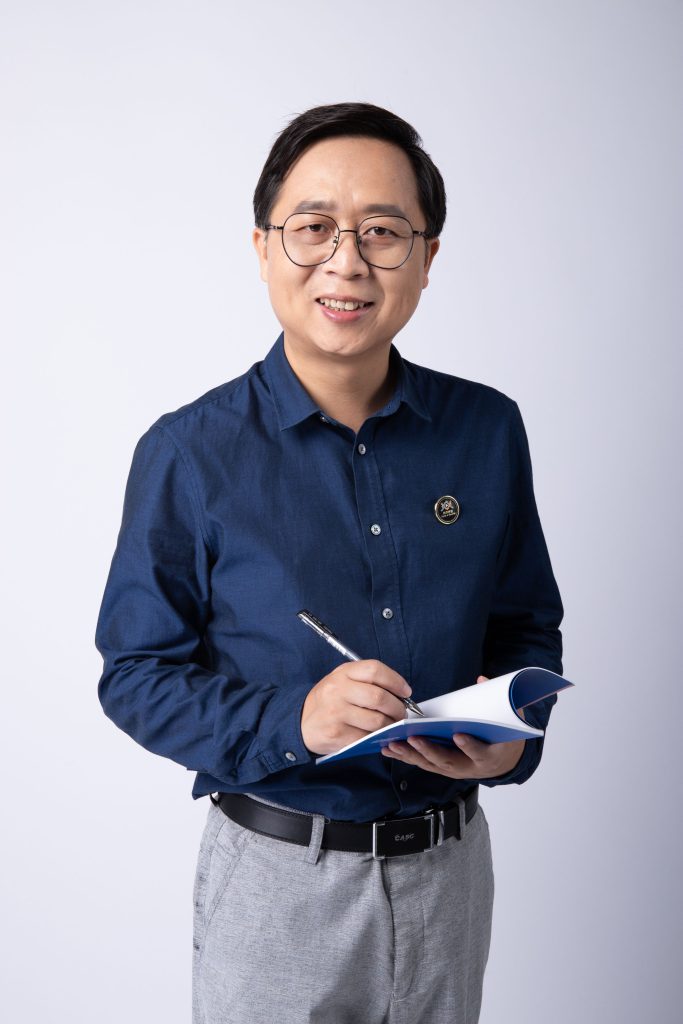
science writer and screenwriter/director of science films

professor and Vice Dean of the School of Education, Tsinghua University
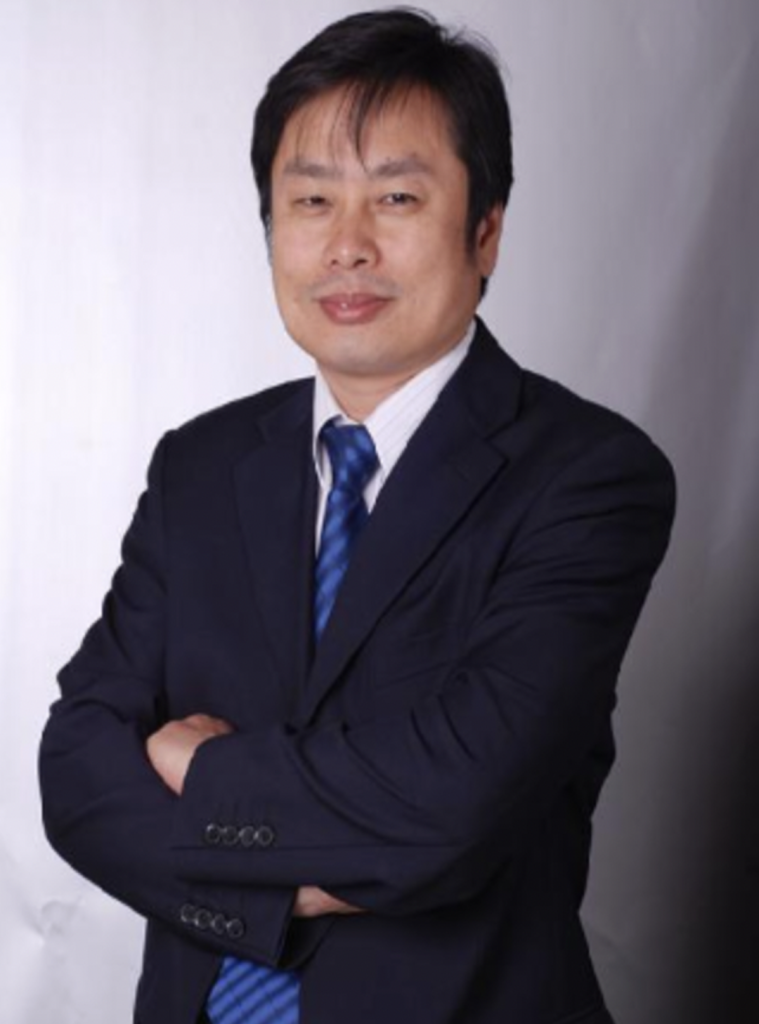
Dean, School of Educational Technology, Faculty of Education, Beijing Normal University, China
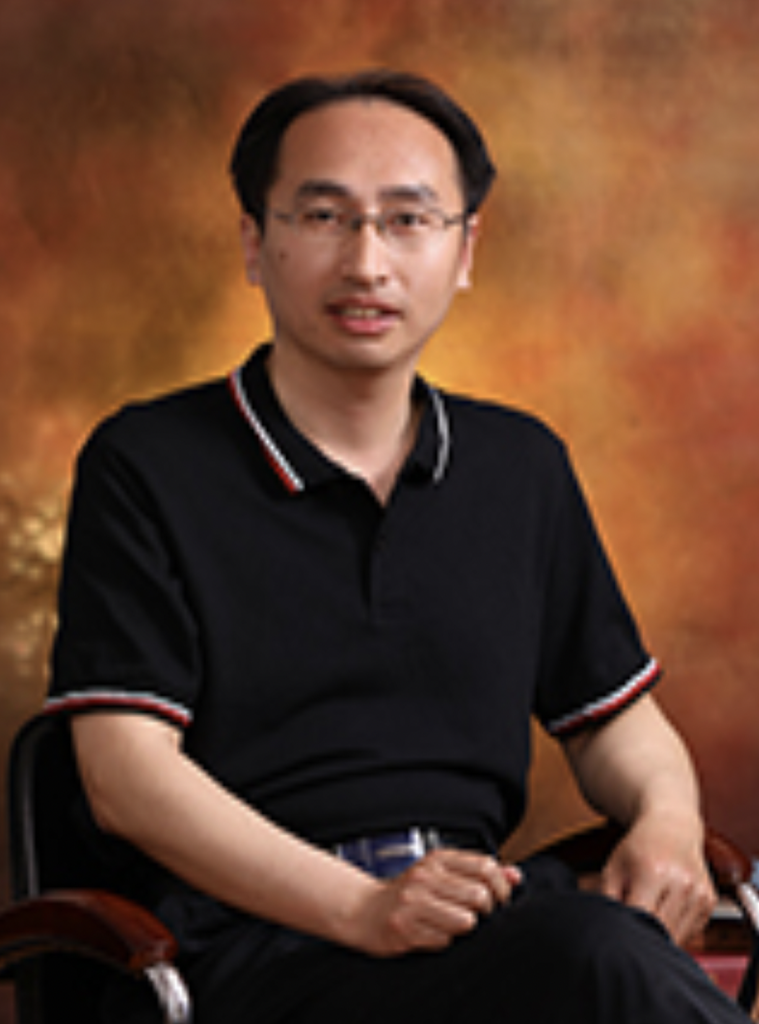
Director, Office of International Exchange and Cooperation, Beijing Normal University, China
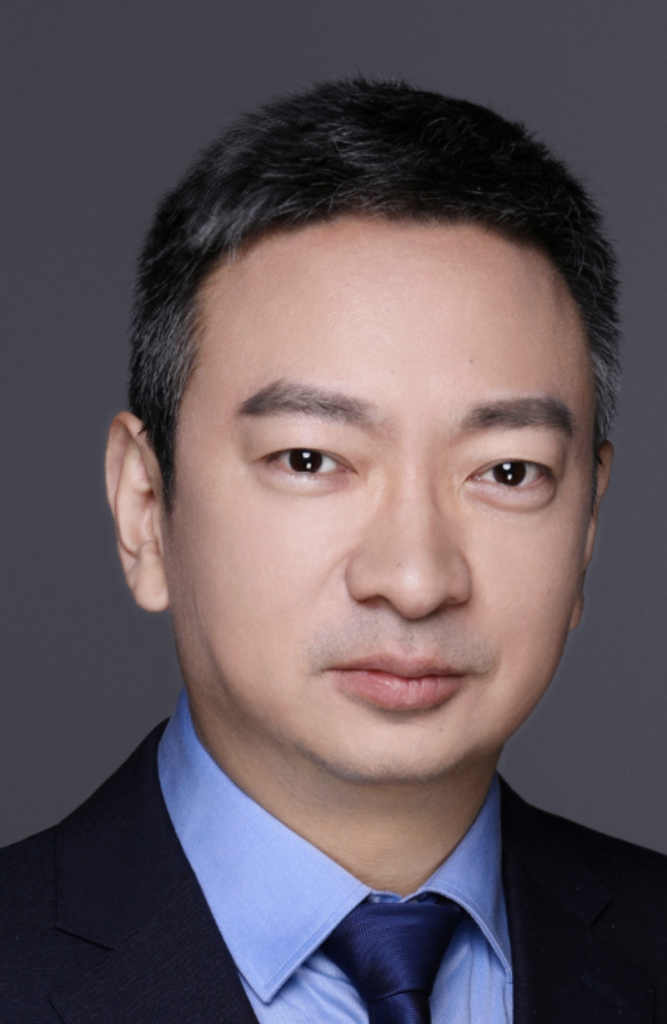
Professor; Executive Deputy Director, Educational Informatization Strategy Research Base (Central China), Ministry of Education, P.R.China

Founder and CEO of Ruifu Intelligent

Party Secretary of Weihai Ocean Vocational College
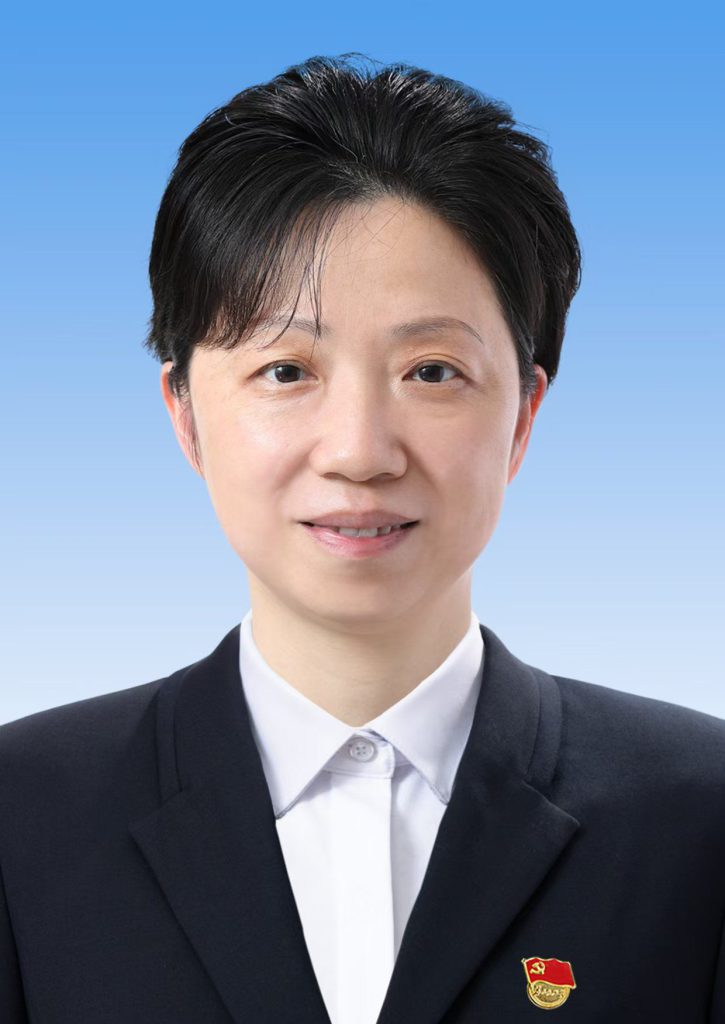
principal of Hefei No.1 Middle School

professor at Beihang University, director of the National Key Research Base for Teaching Materials Construction "Research Base for Information Technology Teaching Materials in Primary and Secondary Schools", and a member of the Scientific Discipline Expert Committee of the National Teaching Materials Committee
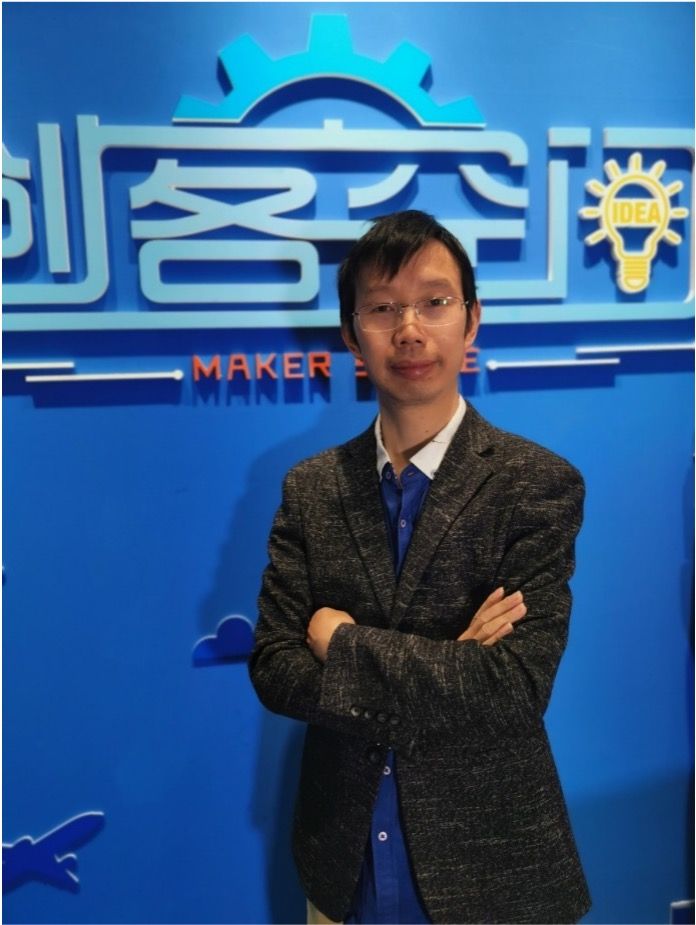
Visiting Professor at the School of Humanities and Social Sciences, Xi'an Jiaotong University; Director of the Maker Workshop, Xi'an Jiaotong University Affiliated Primary School
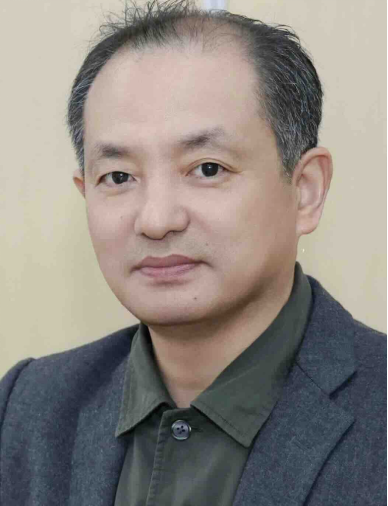
executive editor of Open Education Research
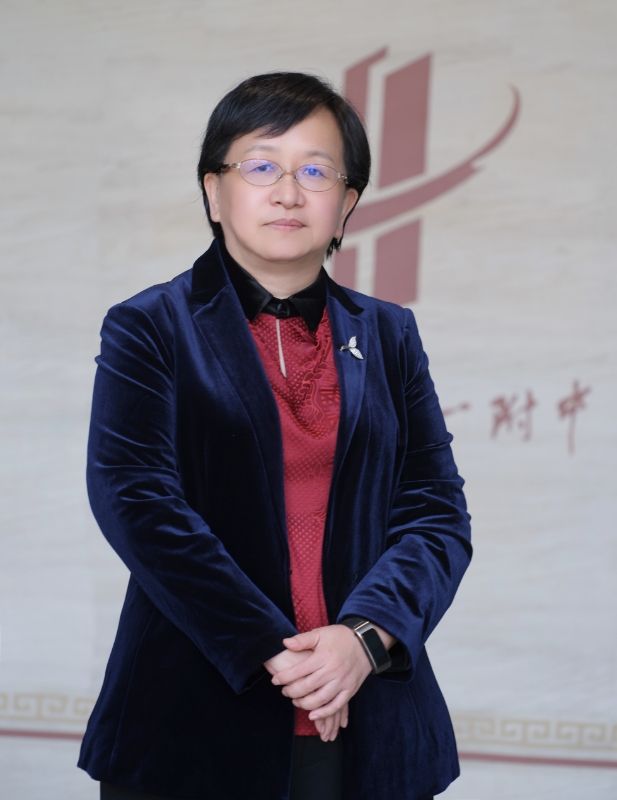
principal of the First Affiliated Middle School of Central China Normal University
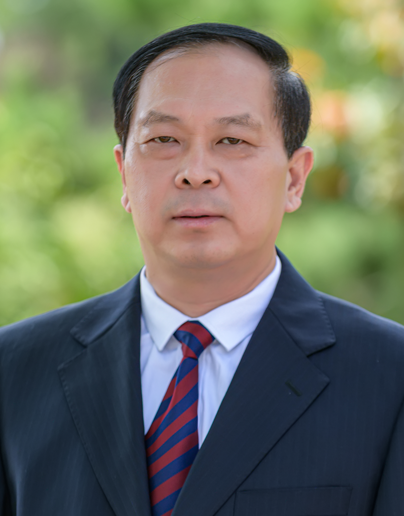
president of Laiwu Vocational and Technical College
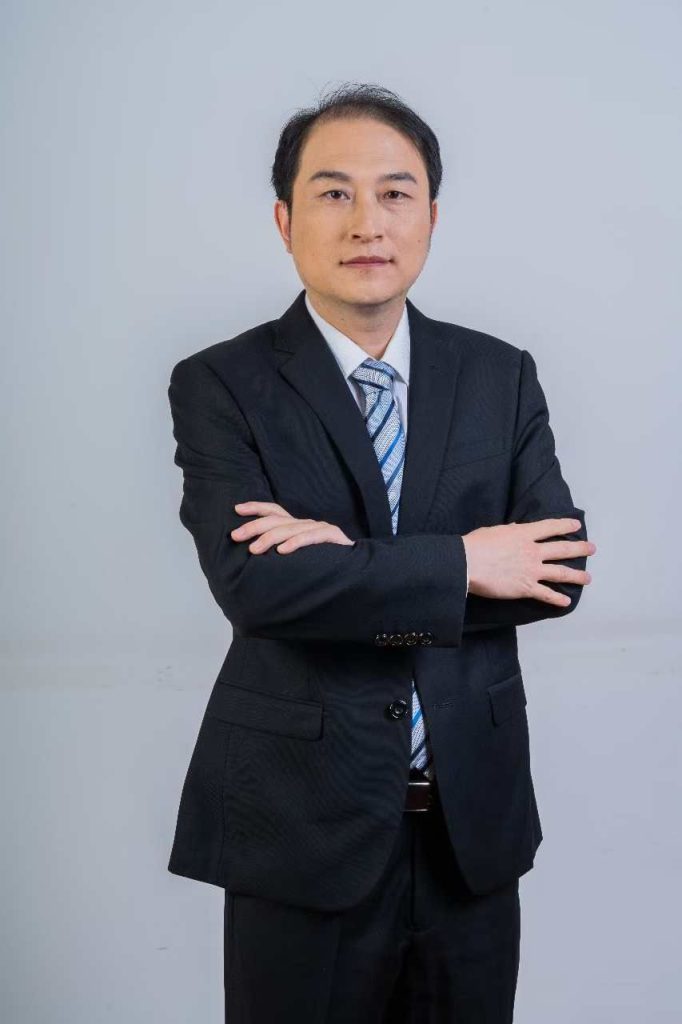
Vice Director of the Ministry of Education's Strategic Research Base for Education Informatization (Central China)
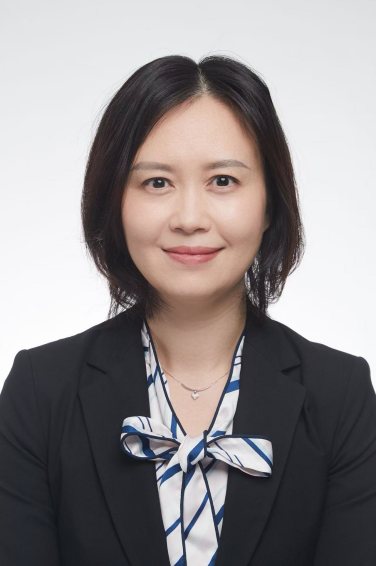
director of Shanghai Hongkou Education Information Center

Principal of Hangzhou Xiaoshan District Workers' Kindergarten
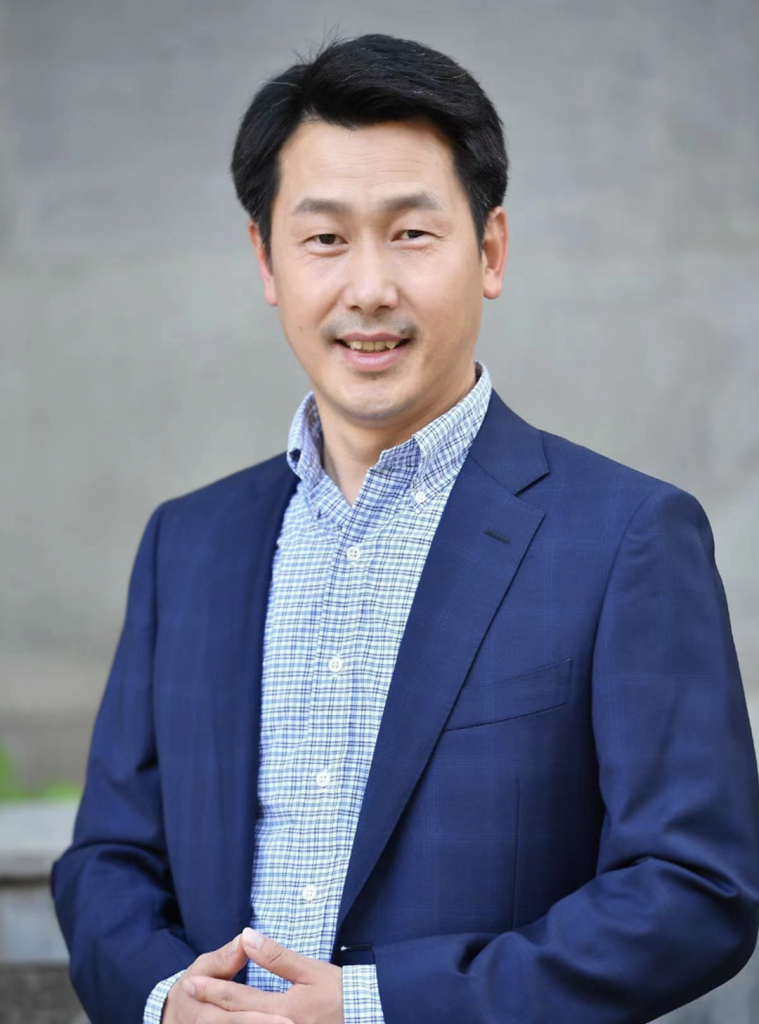
State Key Laboratory of Cognitive Neuroscience and Learning, Beijing Normal University, China

editor-in-chief of Modern Distance Education

general manager, Education Industry Business, Tencent Cloud, China
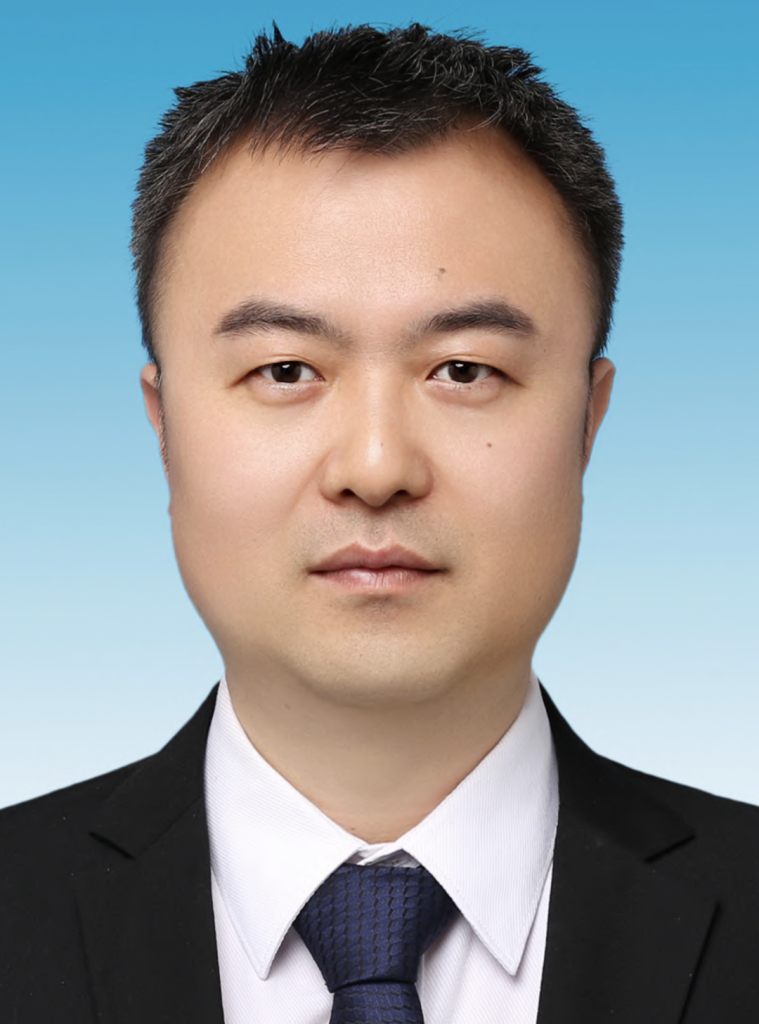
Vice Director, Educational Informatization Strategy Research Base (Beijing), Ministry of Education, P.R.China

Co-founder and Chairman of Onion Academy

director of the Education Commission of Fengtai District, Beijing
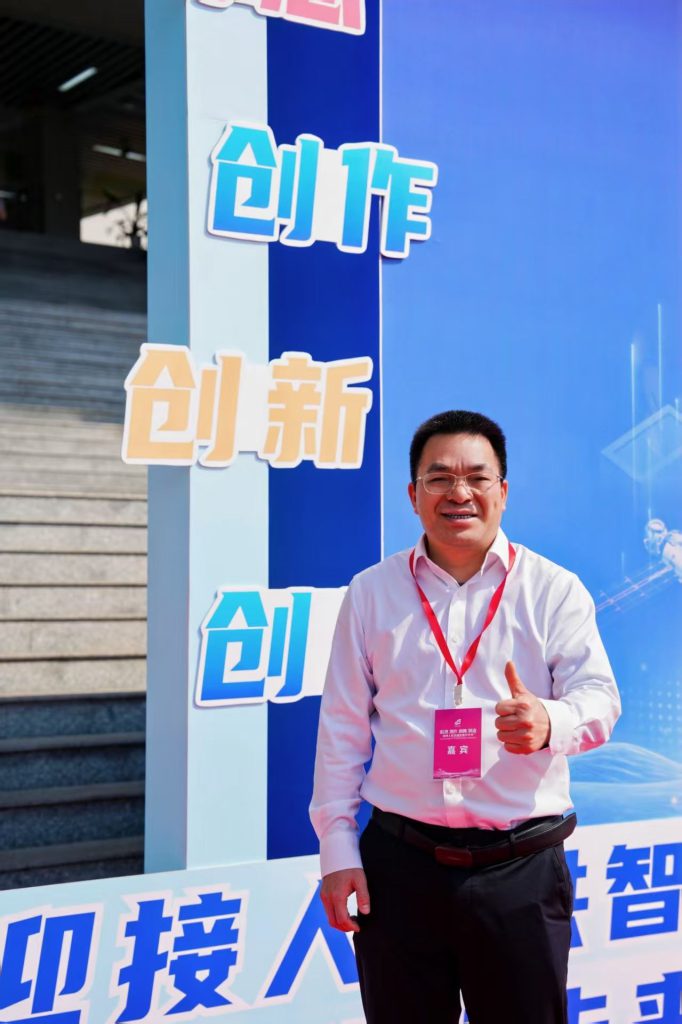
director of the Department of Application and Promotion of Guangdong Provincial Electro-Education Museum and host of Guangdong Provincial Yang Minghuan Famous Teacher Studio

deputy director of the Information Center of Tanghu Middle School
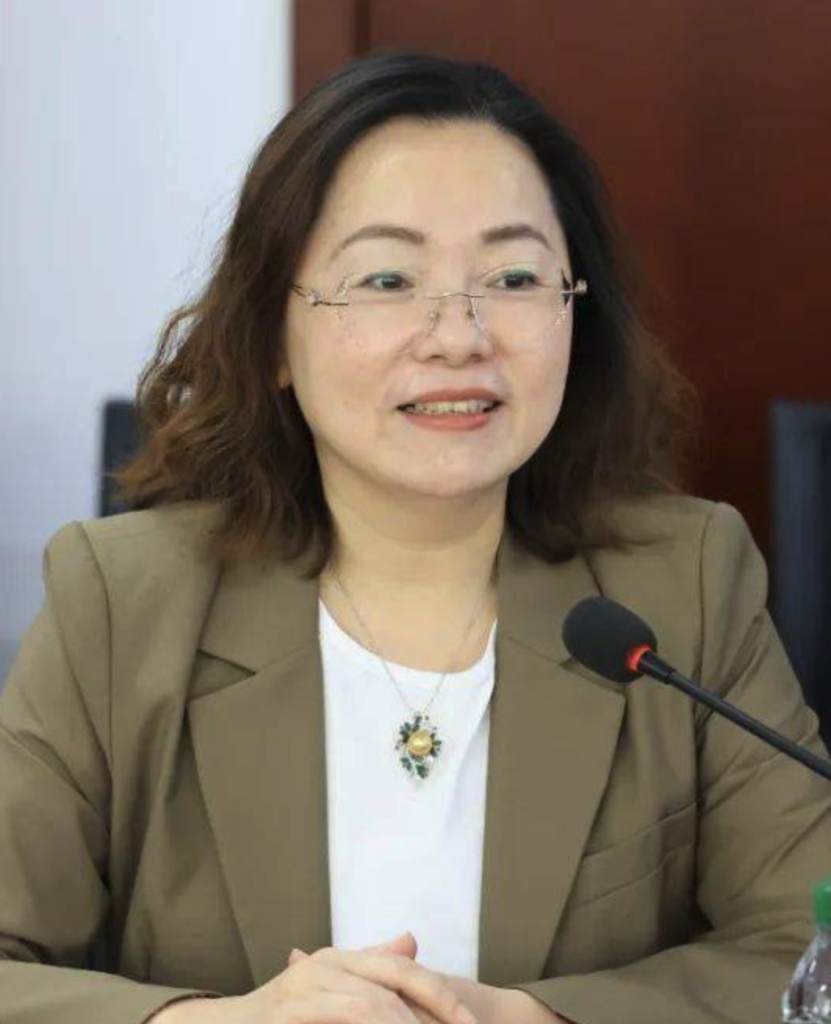
director of the Education Bureau of Gulou District, Fuzhou
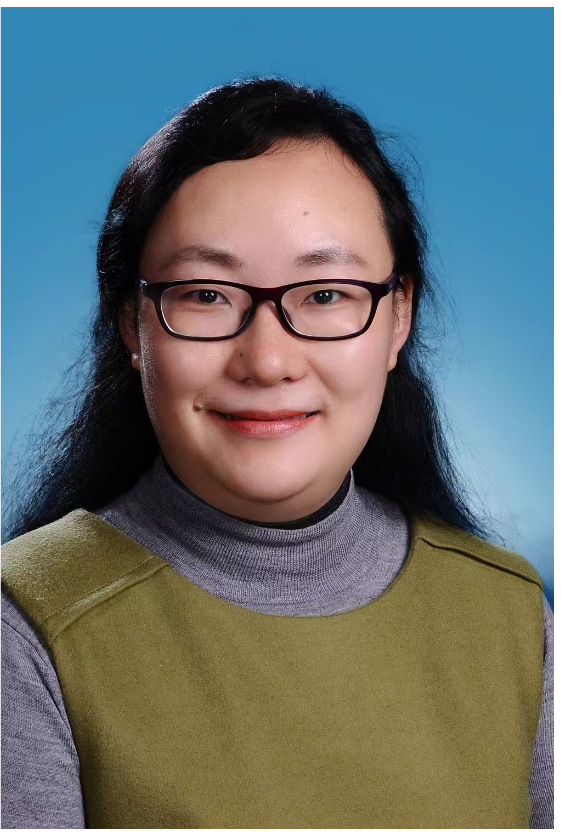
Secretary-General of the Research and Application Laboratory for Children's Graded Reading Standards, China Book and Periodical Publishing Association
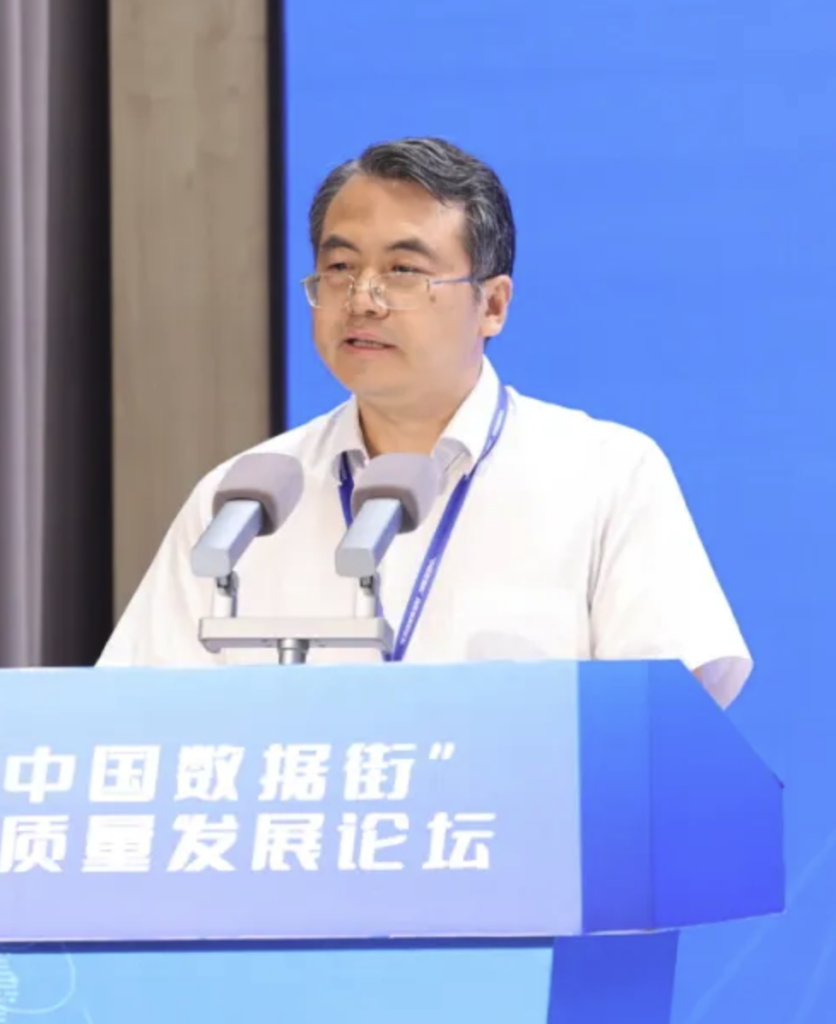
Vice President of the National Data Development Research Institute
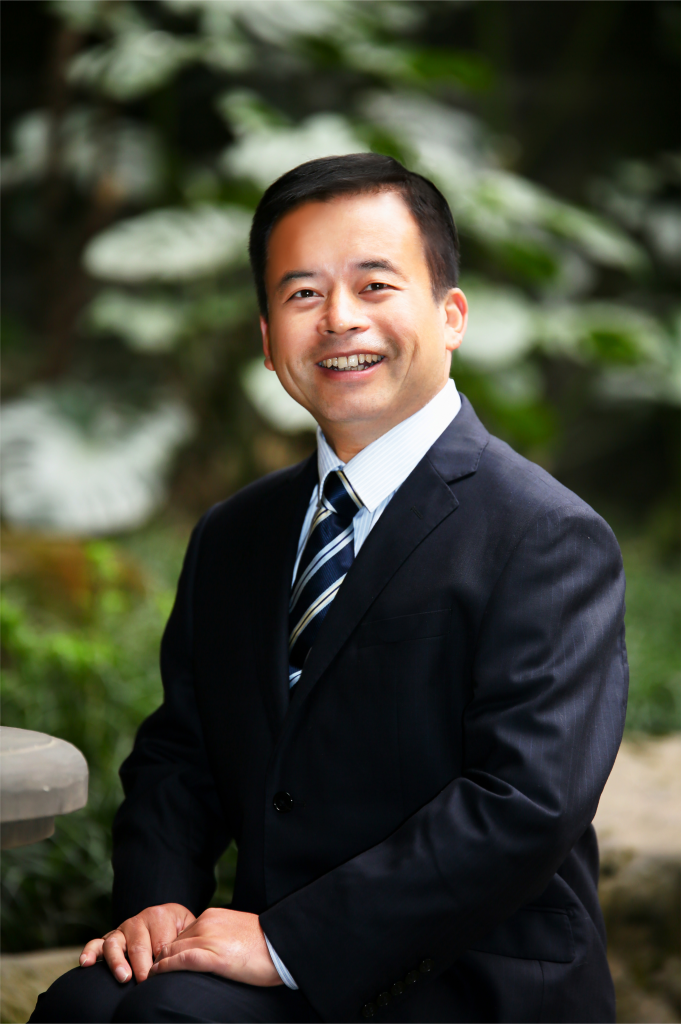
director of the Teacher Development Center and executive vice president of the Institute of Educational Artificial Intelligence at South China Normal University

Executive Director, Advanced Innovation Center for Future Education, Beijing Normal University; Director, Ministry of Education–China Mobile Joint Laboratory for Mobile Learning
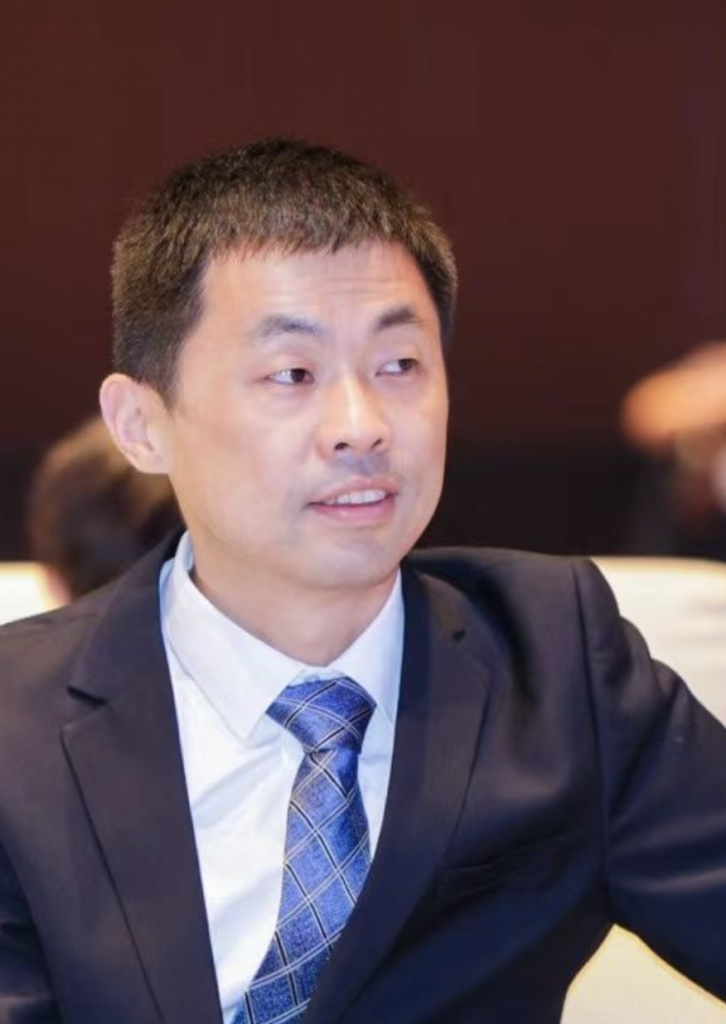
Vice Dean, Faculty of Education, Beijing Normal University, China
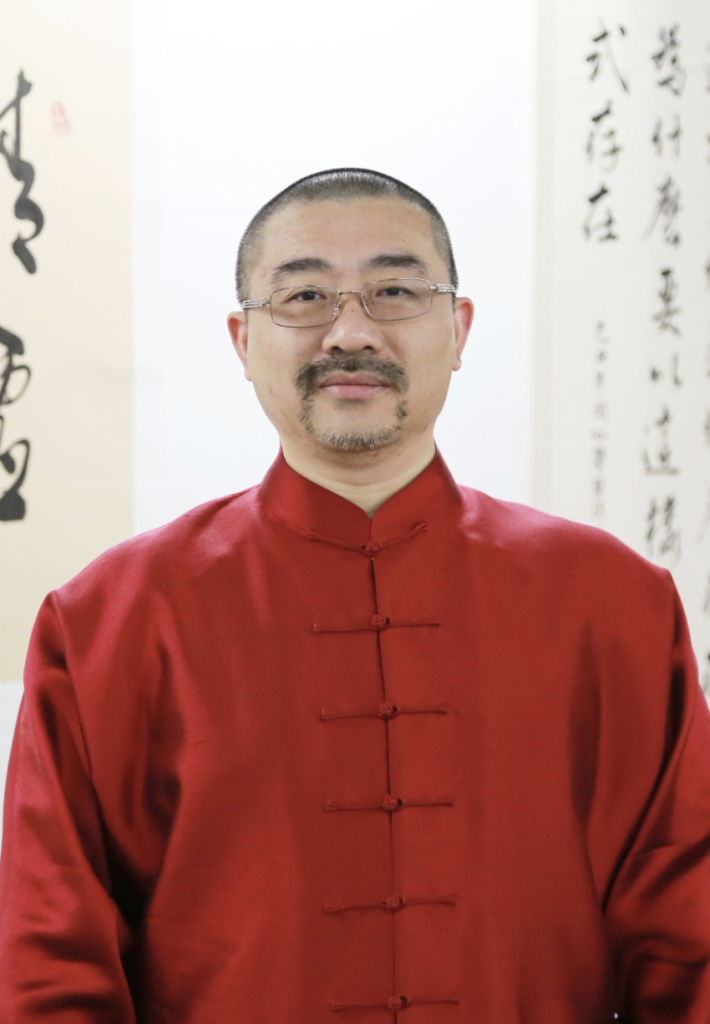
Senior Vice President of NetDragon Websoft Inc., China; Chairman of Fujian Huayu (China); Chairman of Fuzhou Software Technology Vocational College, China
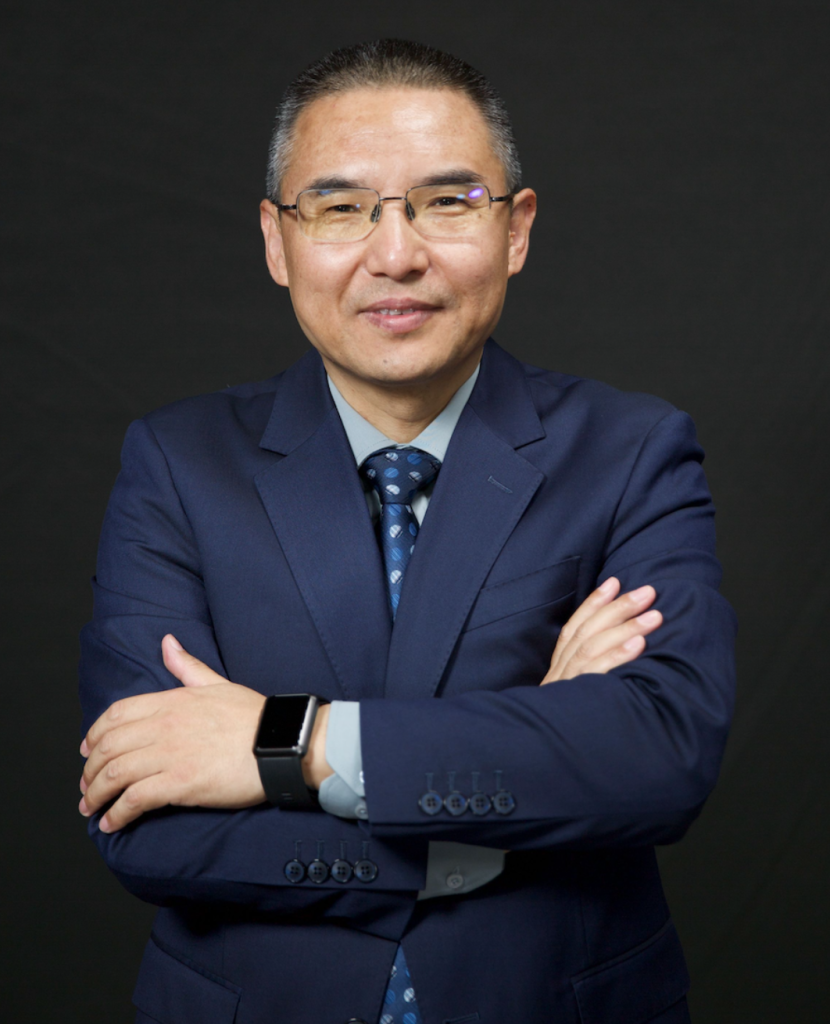
Dean of the School of International Politics and Communication, Beijing Language and Culture University
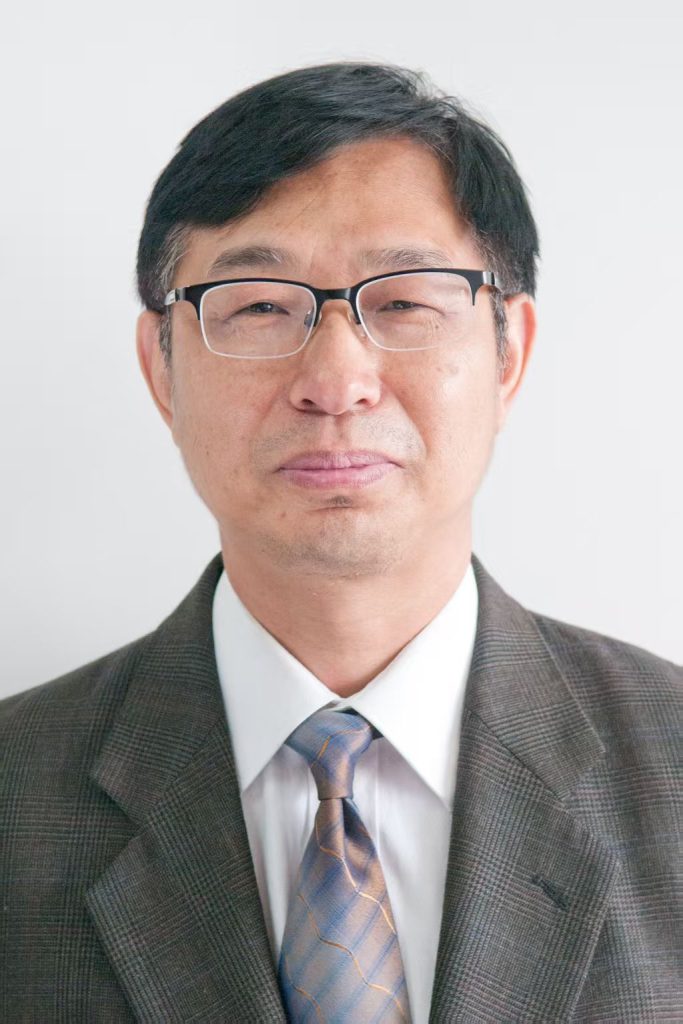
deputy director, Education Management Information Center, Ministry of Education, P.R.China
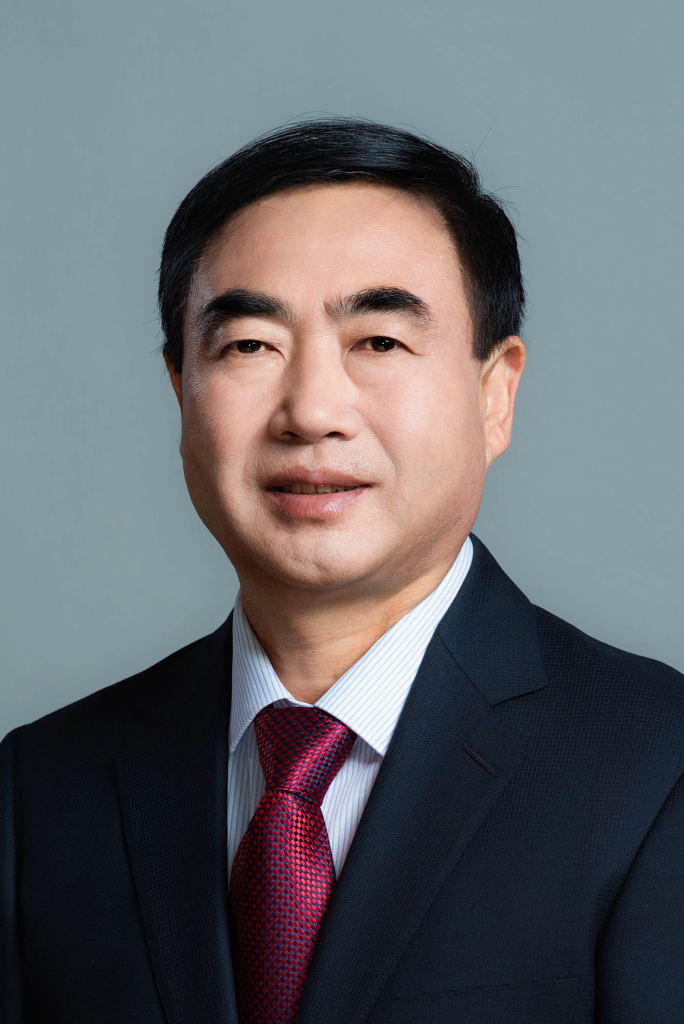
director and researcher of the Institute of Vocational Education and Continuing Education, Chinese Academy of Educational Sciences

editor-in-chief of Educational Research
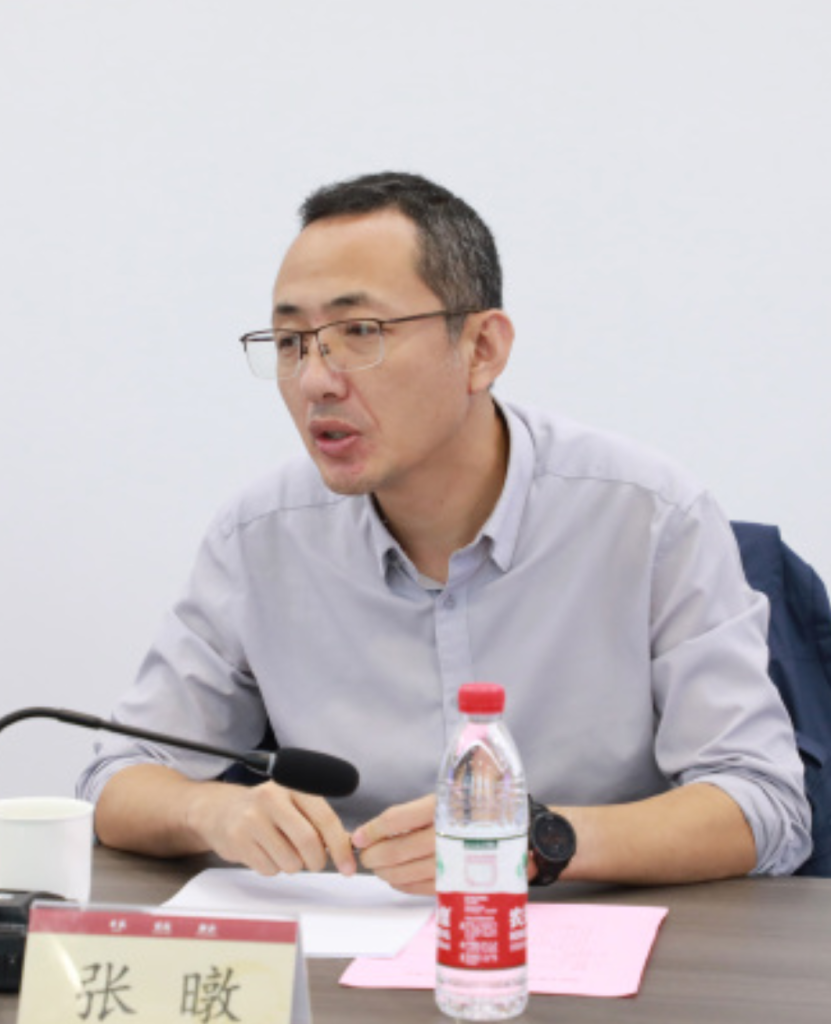
director of the Digital Learning Resources Center at the Open University of China
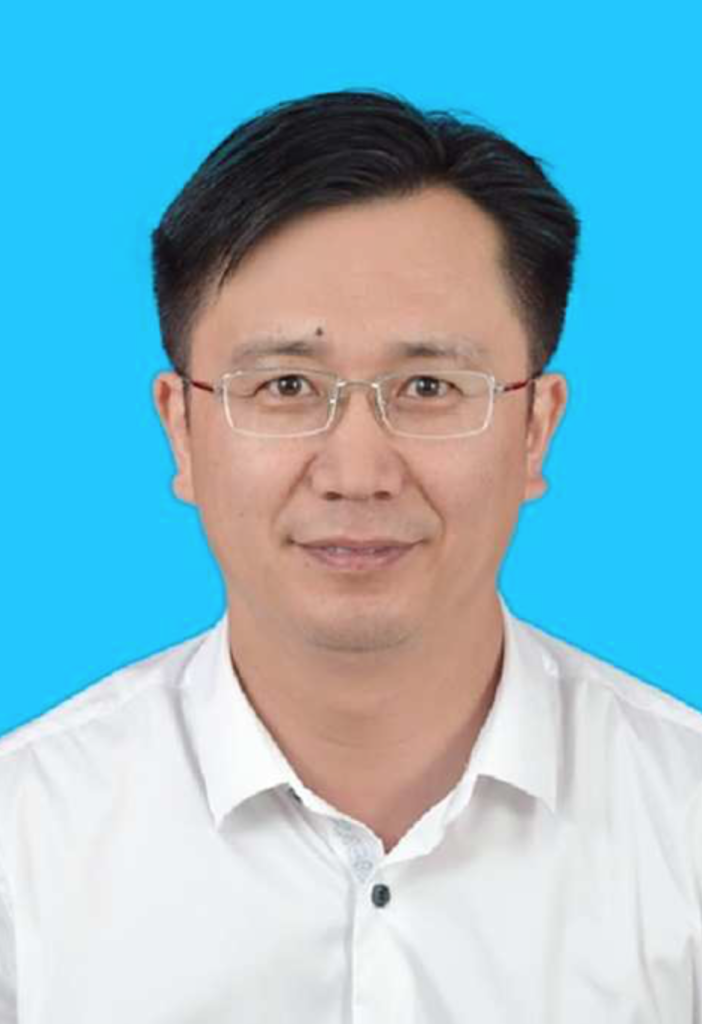
director of the Education and Sports Bureau of Shouguang City
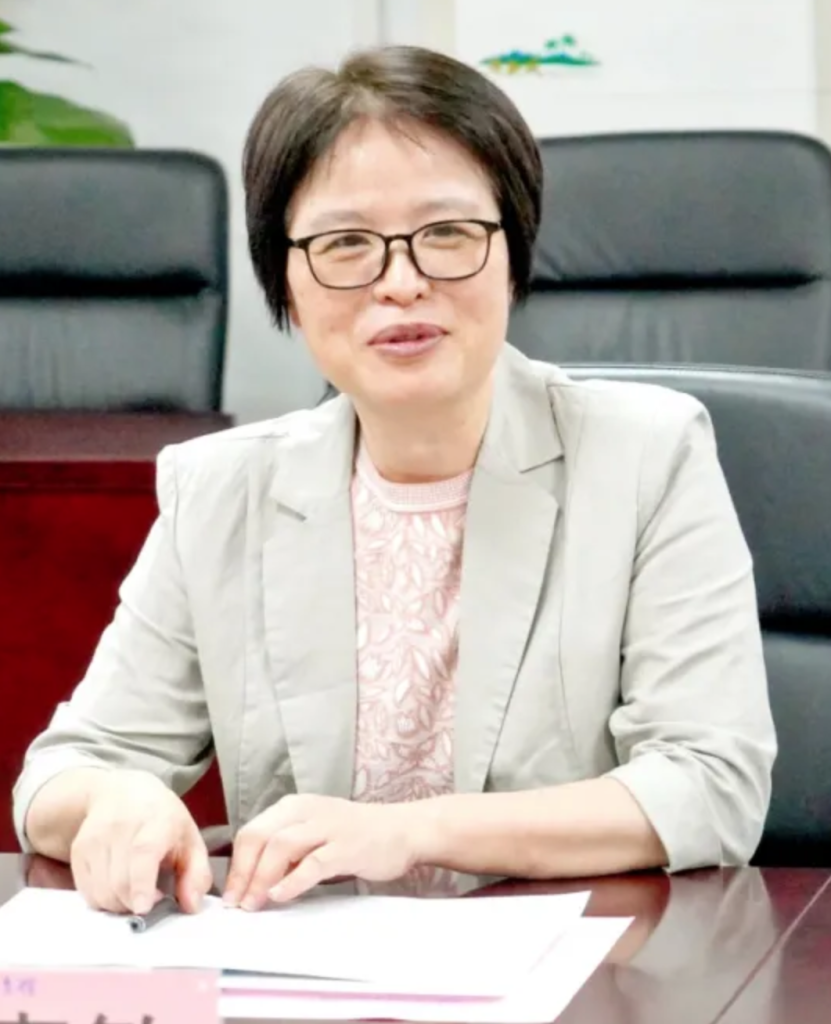
director of Shenzhen Education Information Technology Center
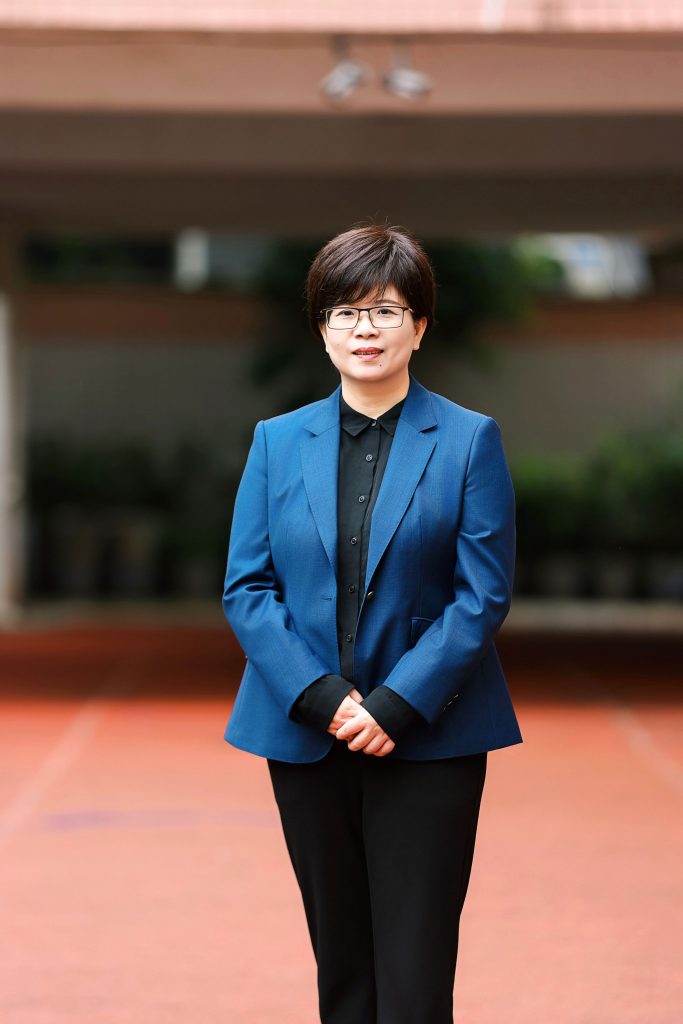
principal of Changsha Normal University Affiliated Primary School
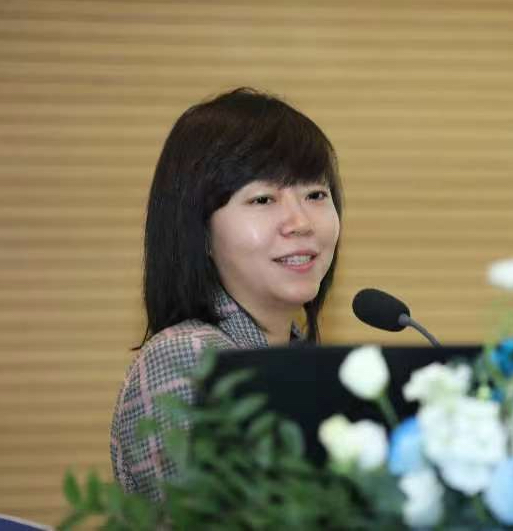
professor of faculty of education at BNU

Postdoctoral Fellow at Beijing Normal University
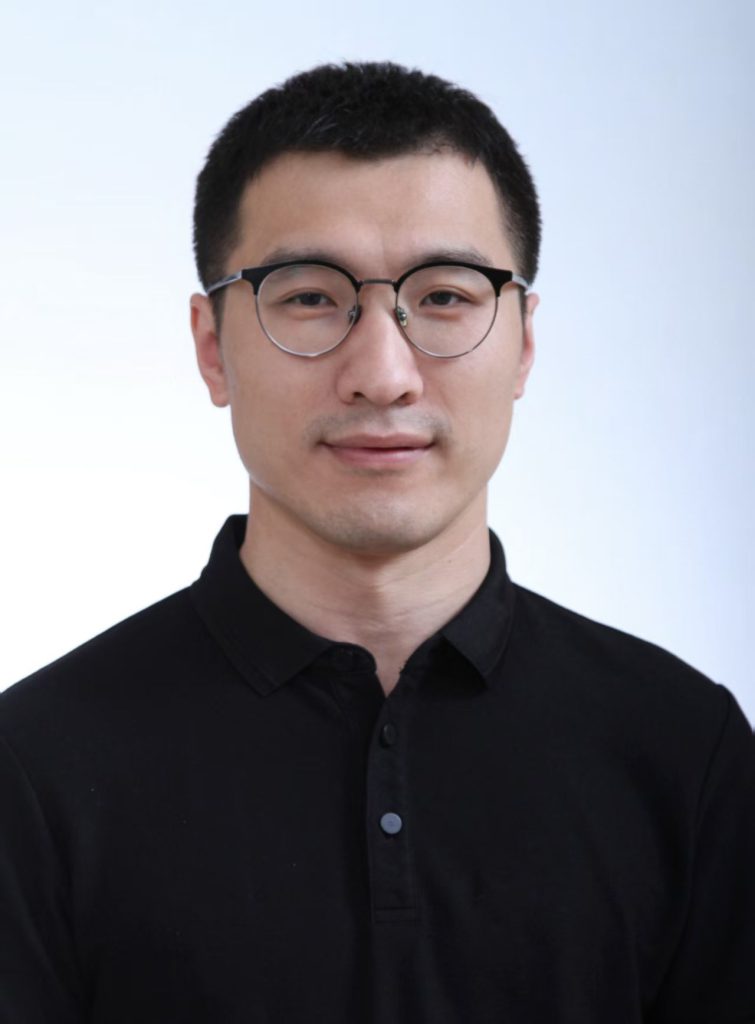
deputy director of the Curriculum Center of Beijing Normal University Affiliated Middle School
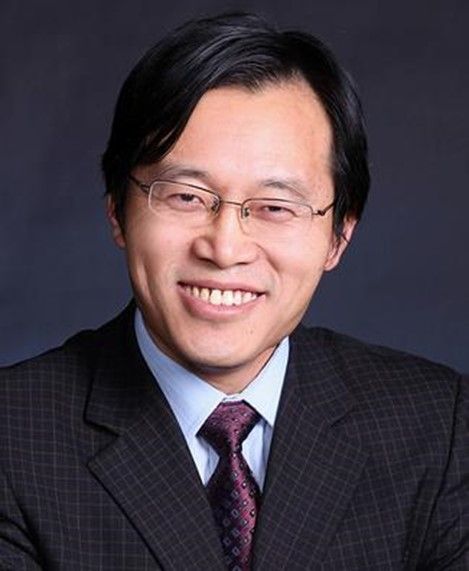
Associate Professor at the Faculty of Education, Beijing Normal University
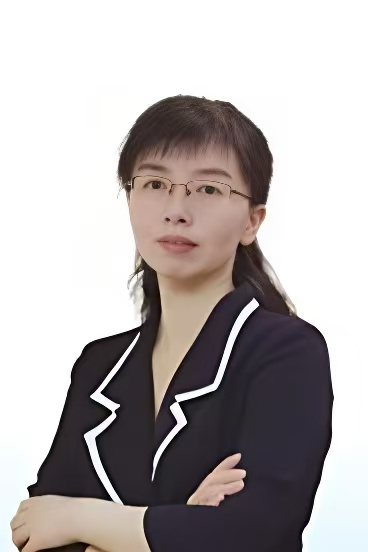
associate researcher and deputy director of the Education Technology and Equipment Research Guidance Center (Heilongjiang Electro-Education Museum), Heilongjiang Teacher Development Institute
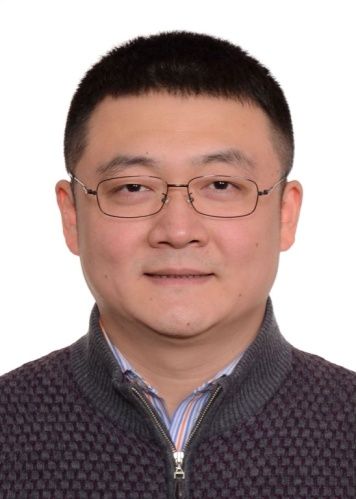
Director of the Public Platform Department, Education Management Information Center, Ministry of Education
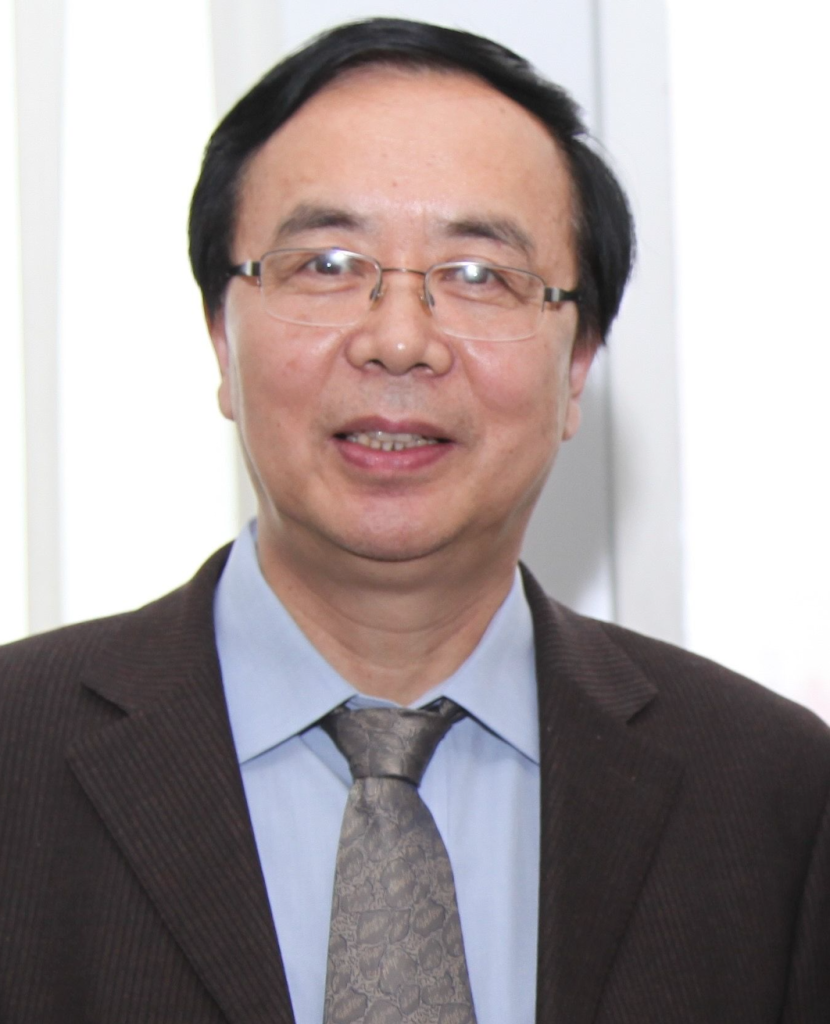
Vice President of the China Educational Technology Association, former Chair of the Academic Committee and Research Fellow at the Open University of China
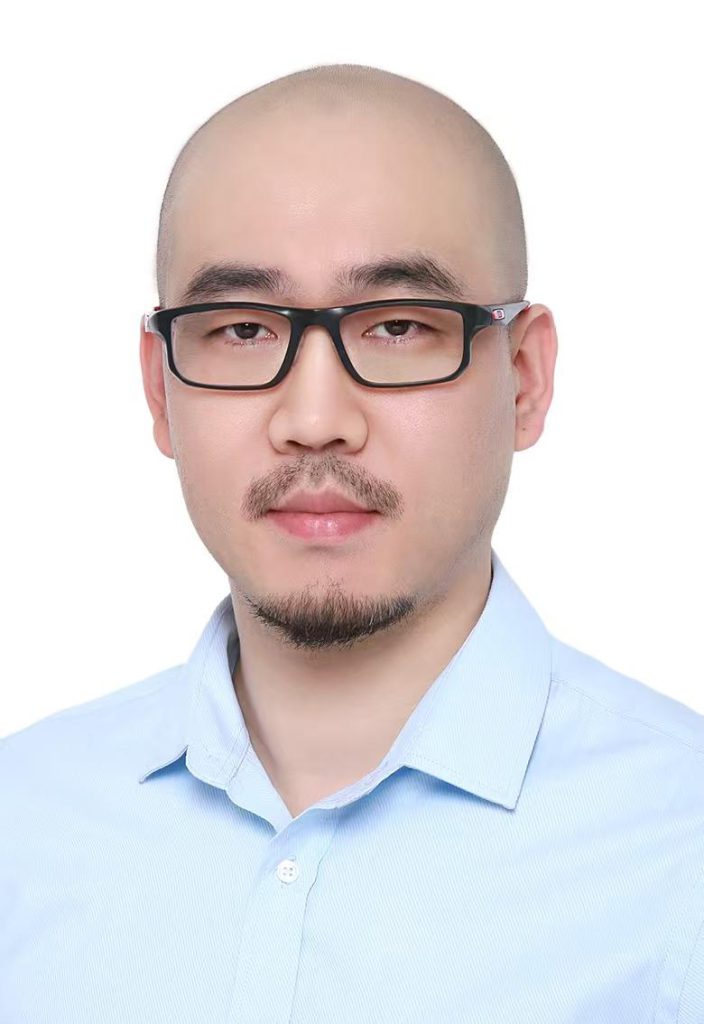
president of Unisplendour Smart Education

principal of Xi'an Da Yan Tower Primary School, Principal of No.1 School in Yanta District, Senior Teacher for Primary and Secondary Education
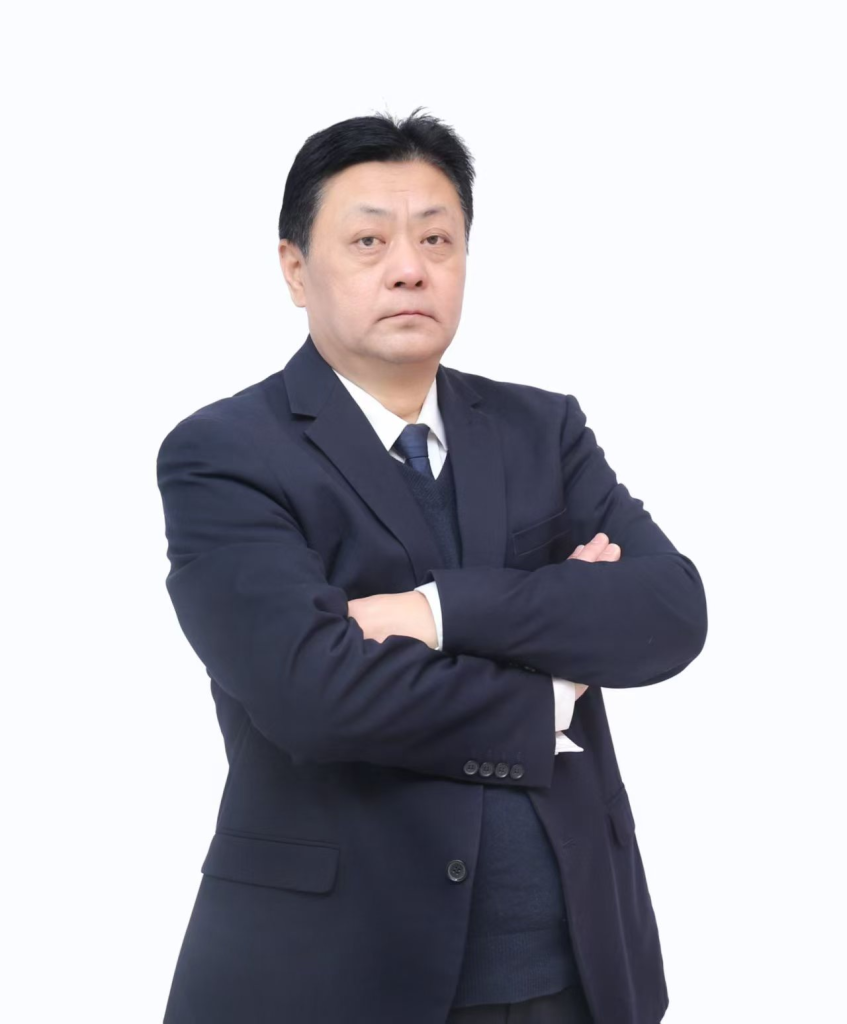
leader of Hebei Weixian Education Bureau
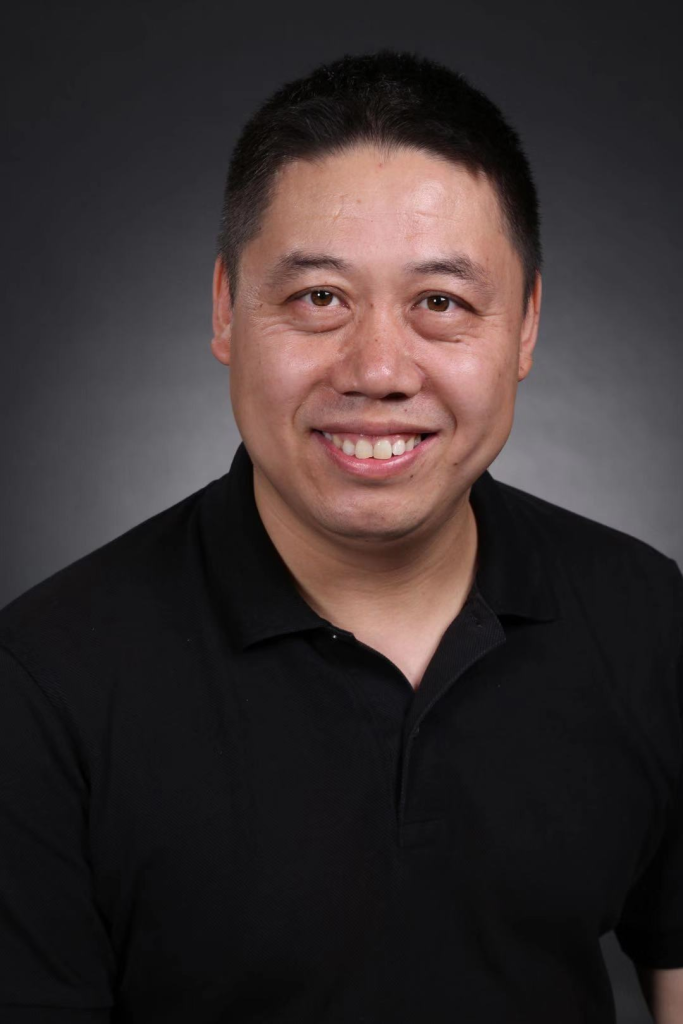
associate professor of the School of Educational Technology, Faculty of Education, Beijing Normal University

principal of Shaizitang Primary School in Yuhua District, Changsha
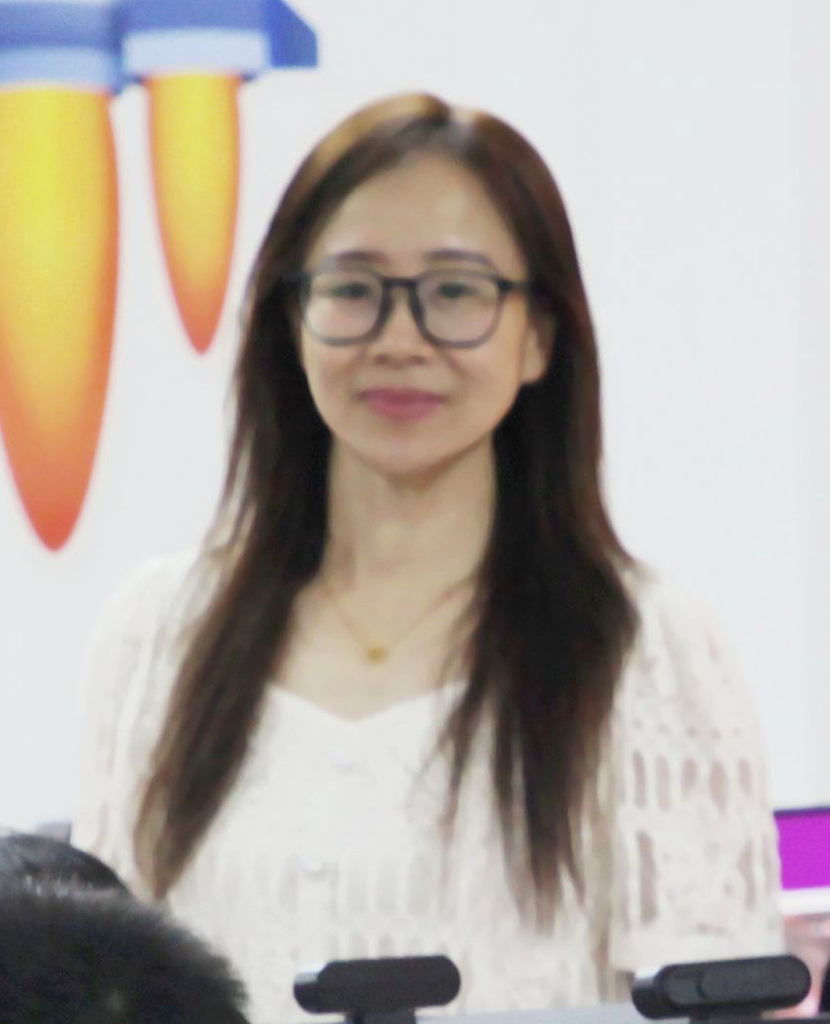
Wangqing County First Experimental Primary School, Jilin Province

Special-Grade Chinese Language Teacher at Xibahe Campus of Beijing Middle School
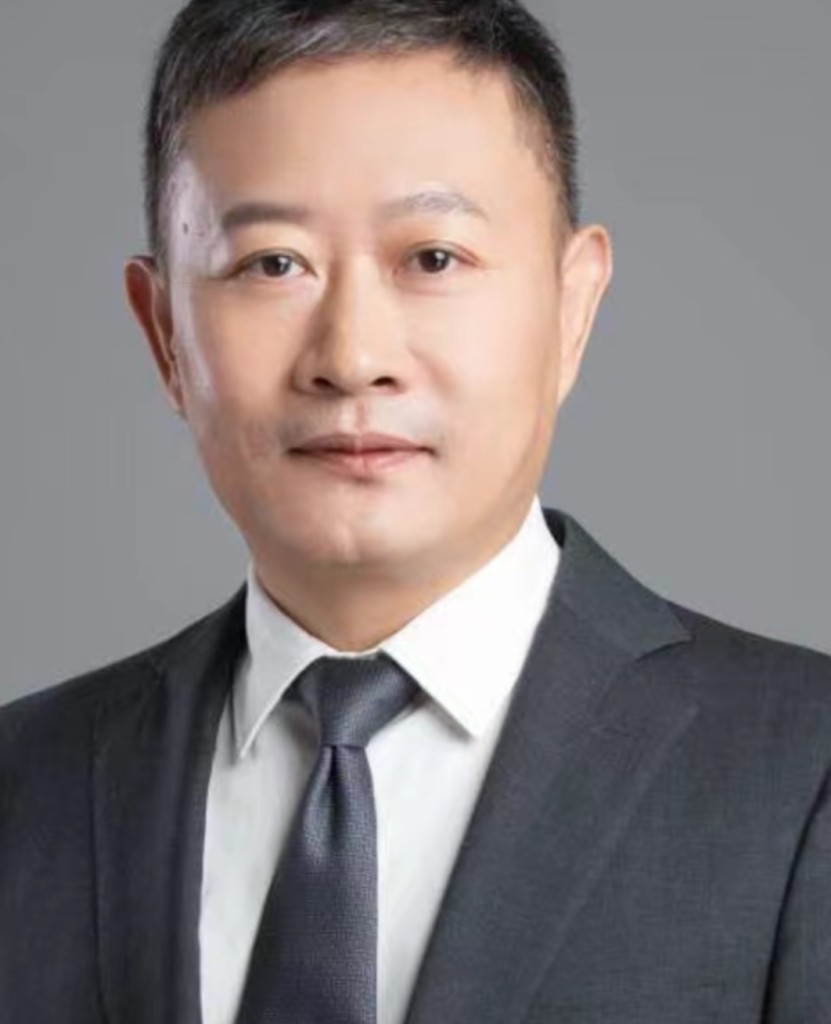
Professor, Southern University of Science and Technology (SUSTech), China
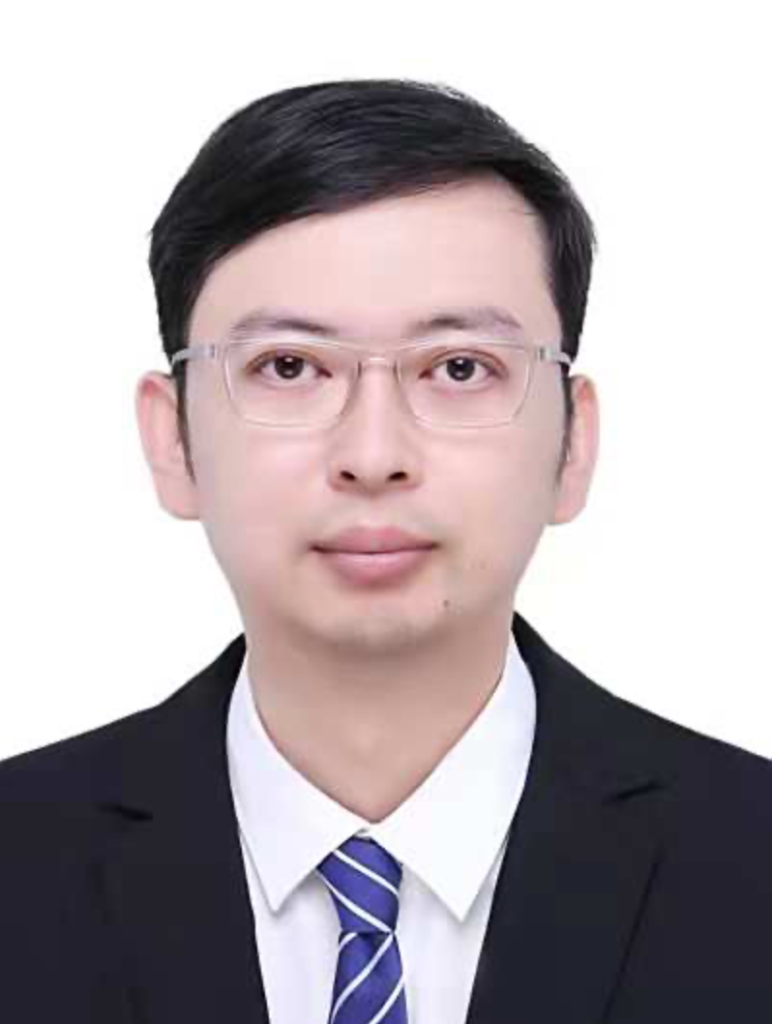
Vice Director of Suzhou Education Bureau
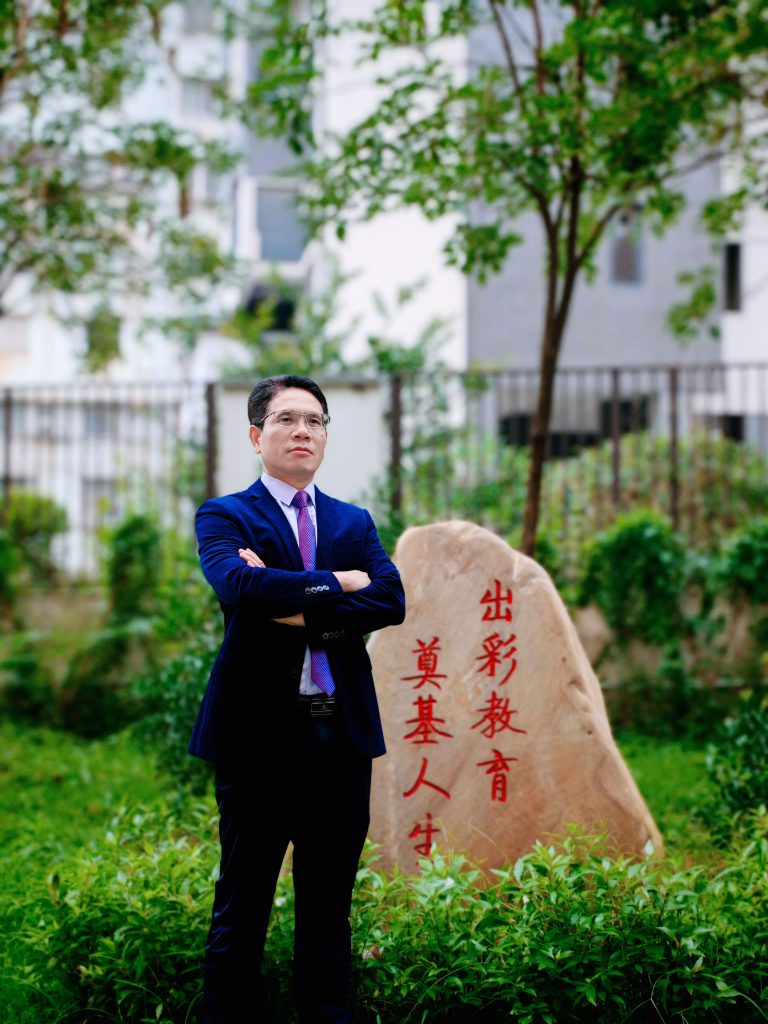
Headmaster of Nonglin Shuanglang Primary School Education Group, Pengjiang District, Jiangmen City, Guangdong Province; Party Branch Secretary and Headmaster of Nonglin Shuanglang Primary School

senior researcher and Doctoral Supervisor in sector of Educational Technology, College of Education, Zhejiang University

Nanning Yuewan Road Primary School, leading subject teacher of the Ministry of Educatio
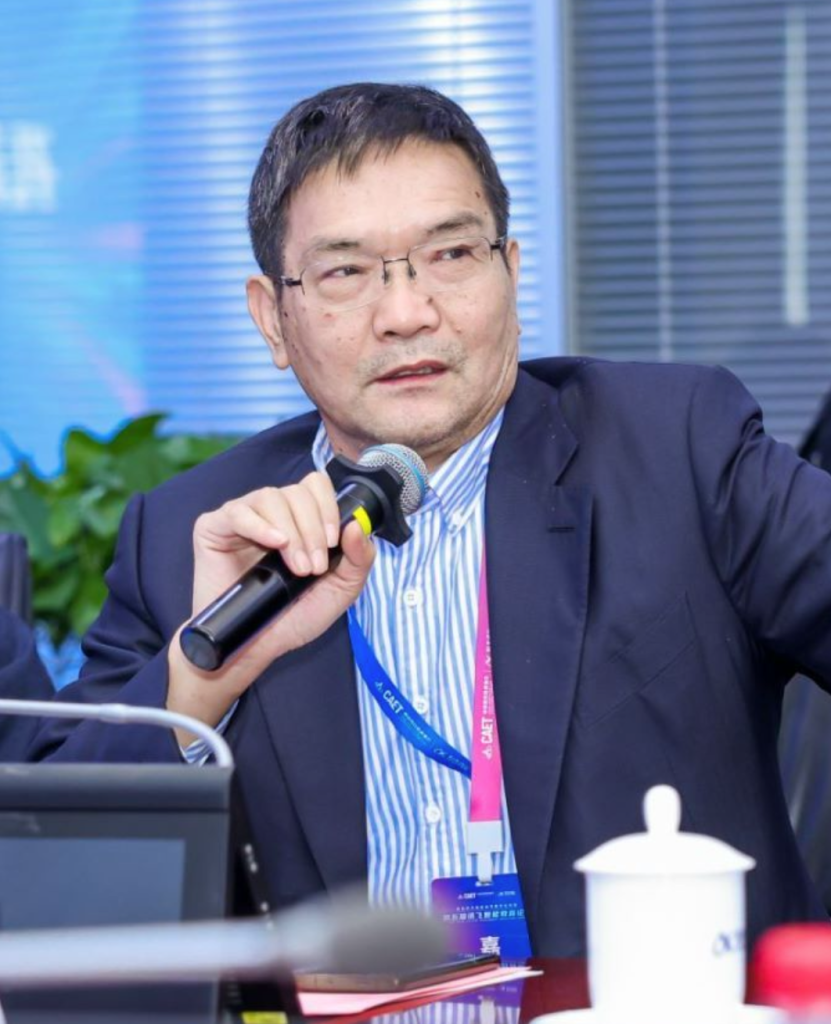
editor-in-chief of Modern Educational Technology and vice president of China Association of Educational Technology
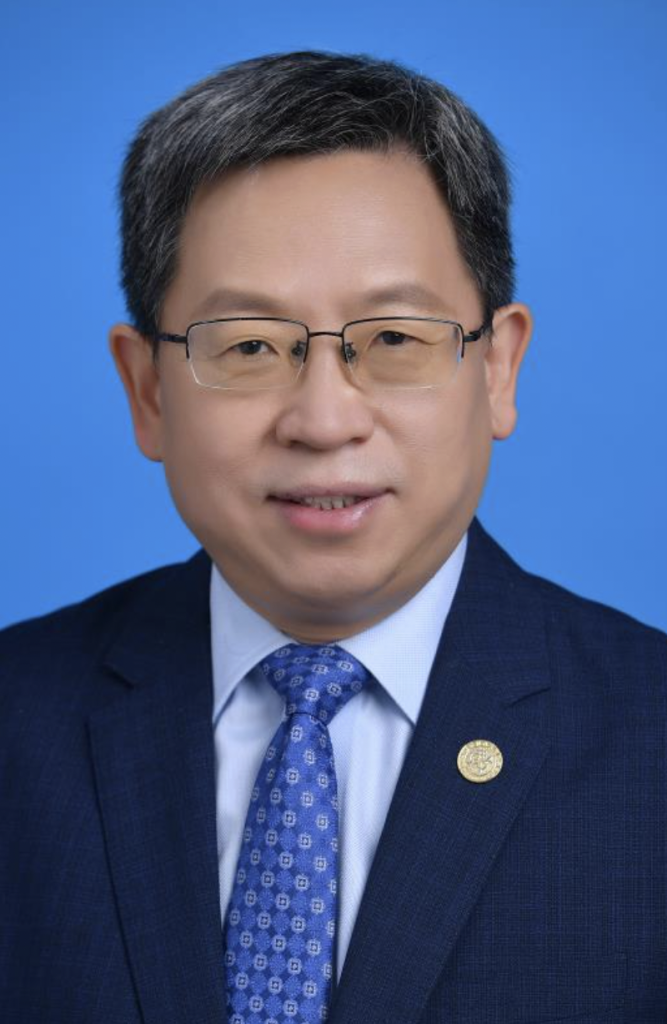
Dean, Faculty of Education, Beijing Normal University, China
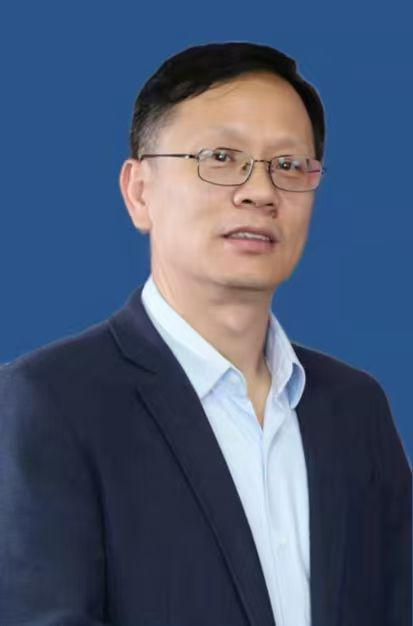
chairman of Beijing Normal University Publishing Group

Hangzhou Linping District Education Development Research Institute, leading teacher of the Ministry of Education

president of Zhejiang Preschool Education Research Association
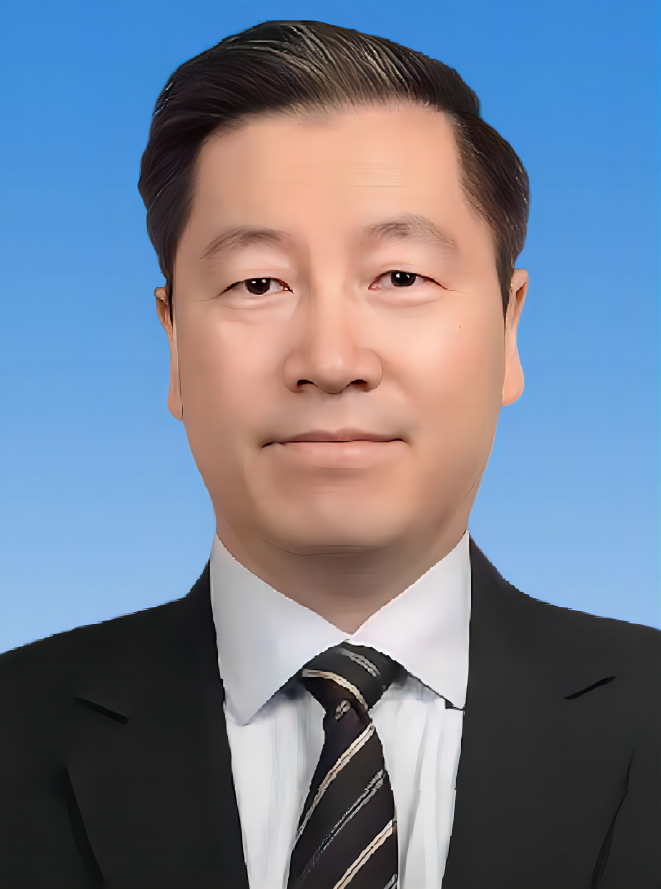
Vice Chairman, University Council of Beijing Normal University; Director, UNESCO International Research and Training Centre for Rural Education; Chair, JoLII Board in China
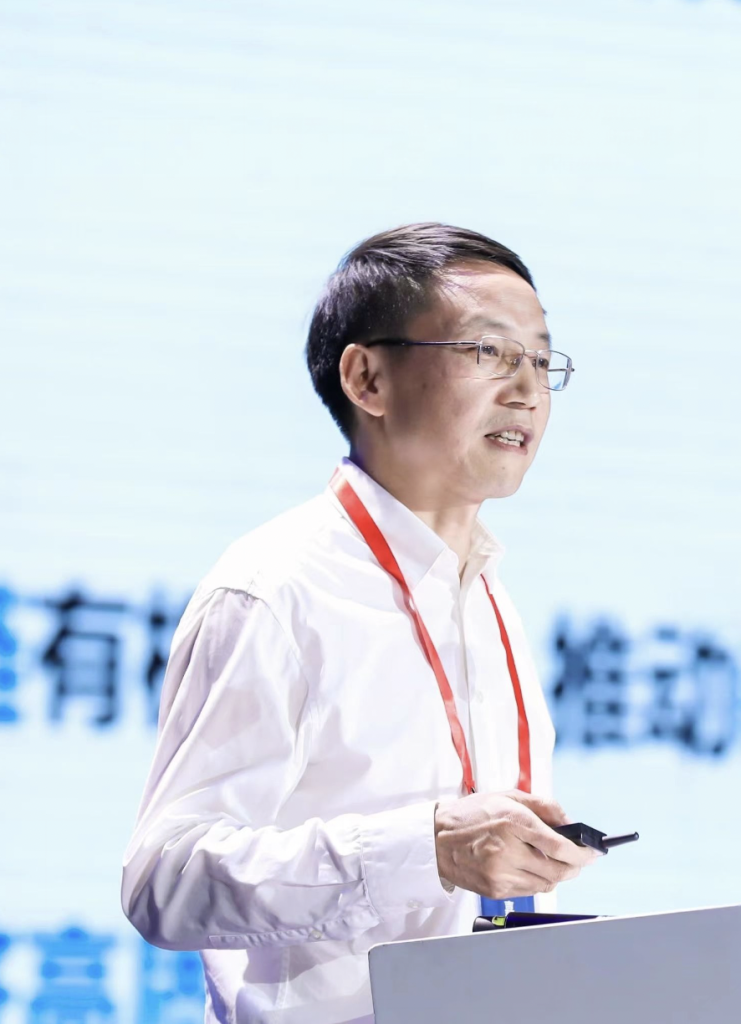
Institute of Higher Education, Beijing Normal University, China

vice president of iFLYTEK Co., Ltd.
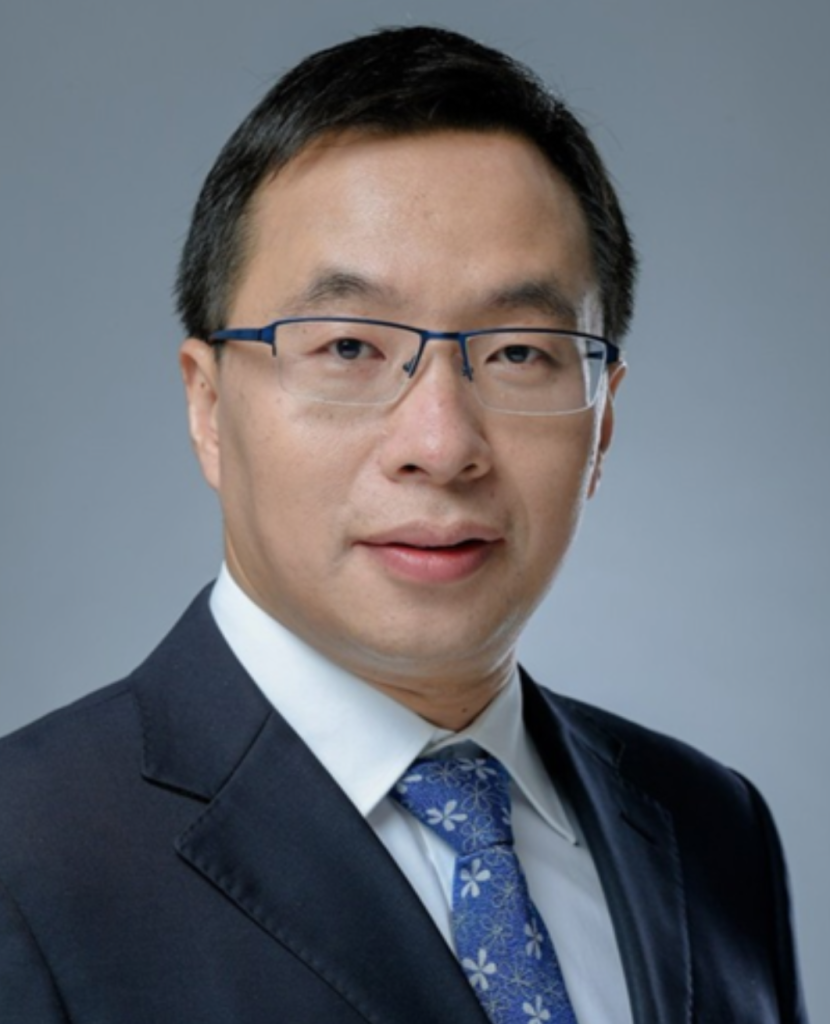
principal of the Second Affiliated Middle School of East China Normal University
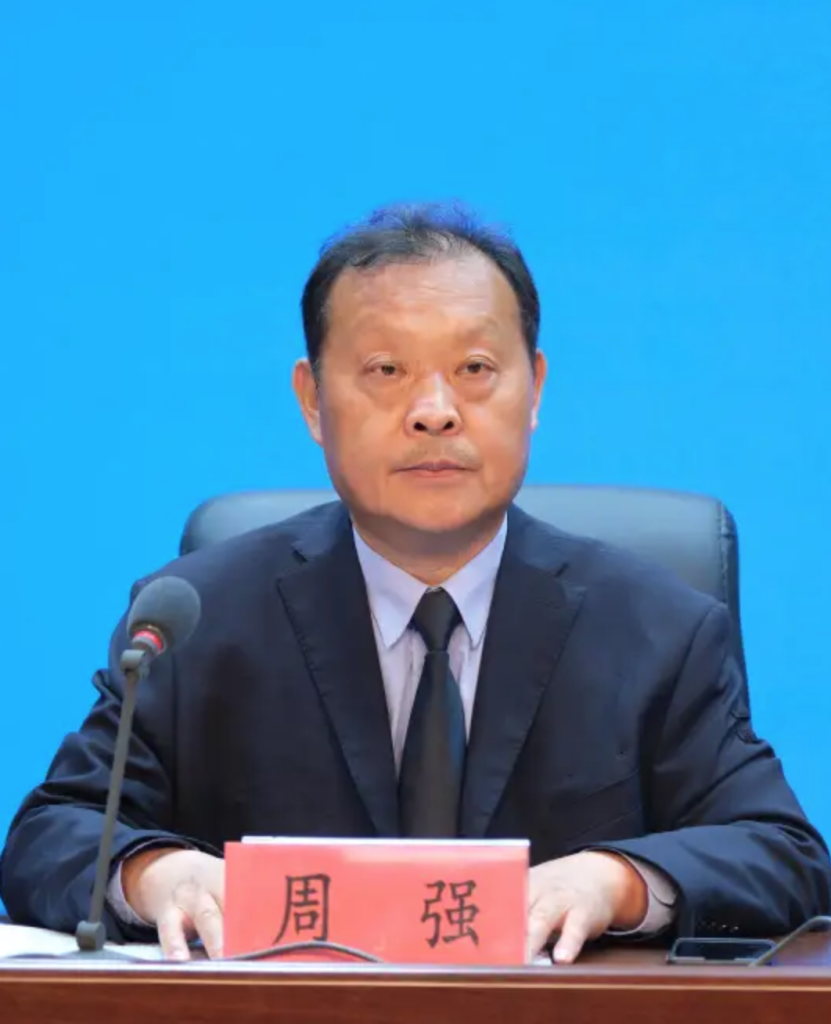
director of the Education and Sports Bureau of Shizhong District, Zaozhuang City
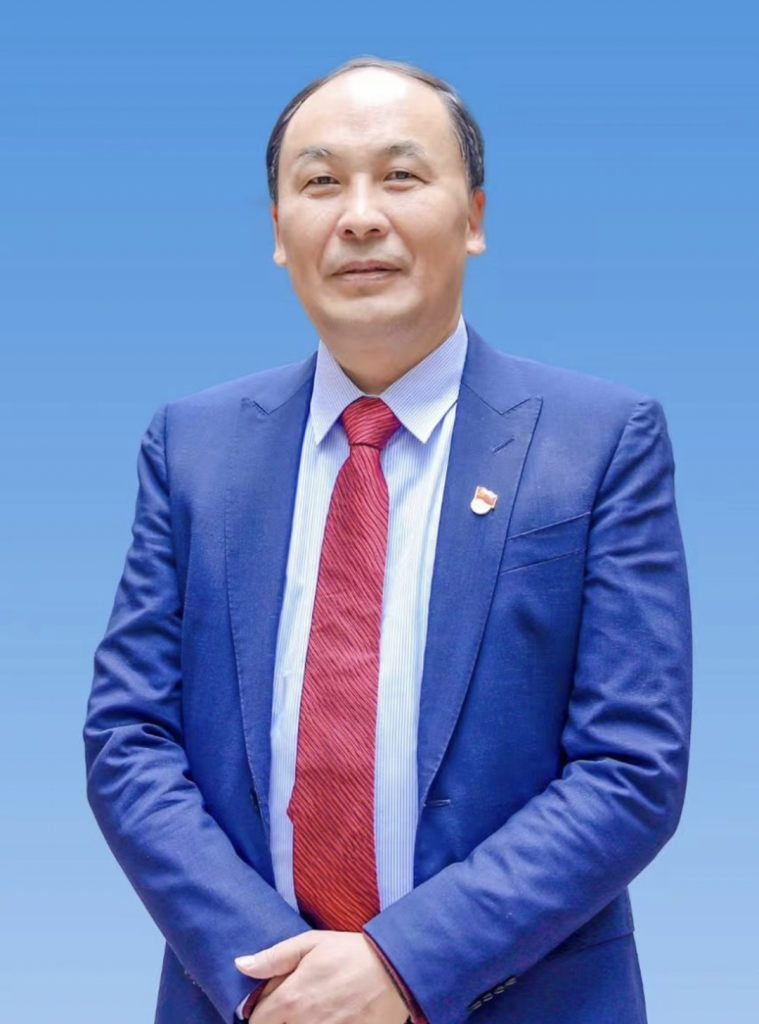
Director, Public Service Bureau of Chongqing High-tech Zone, China
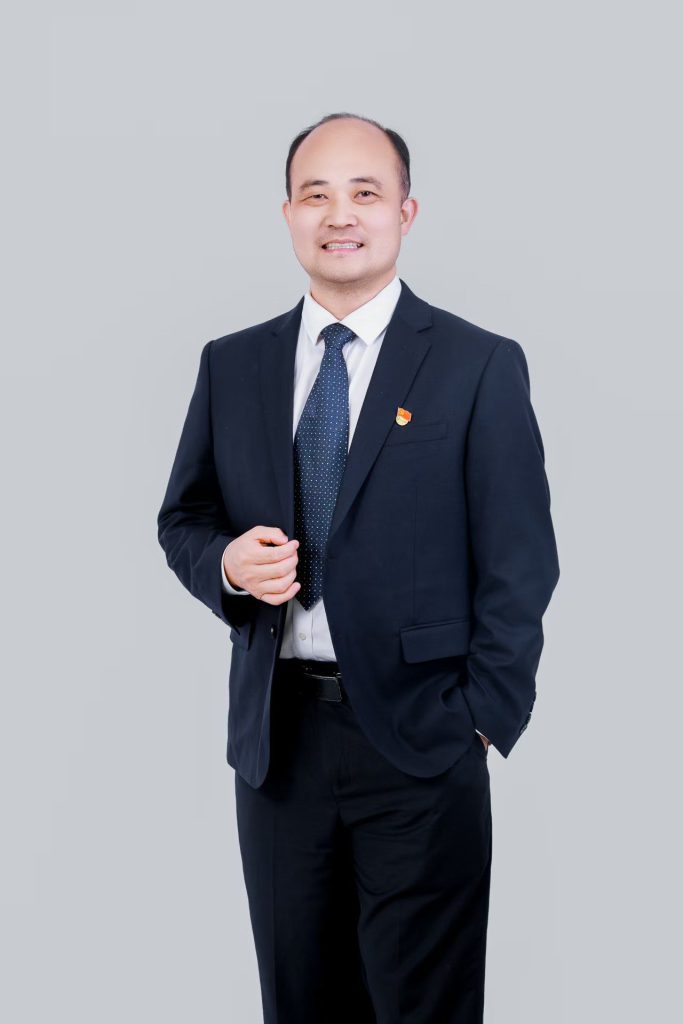
he principal of Changjun Foreign Language Education Group
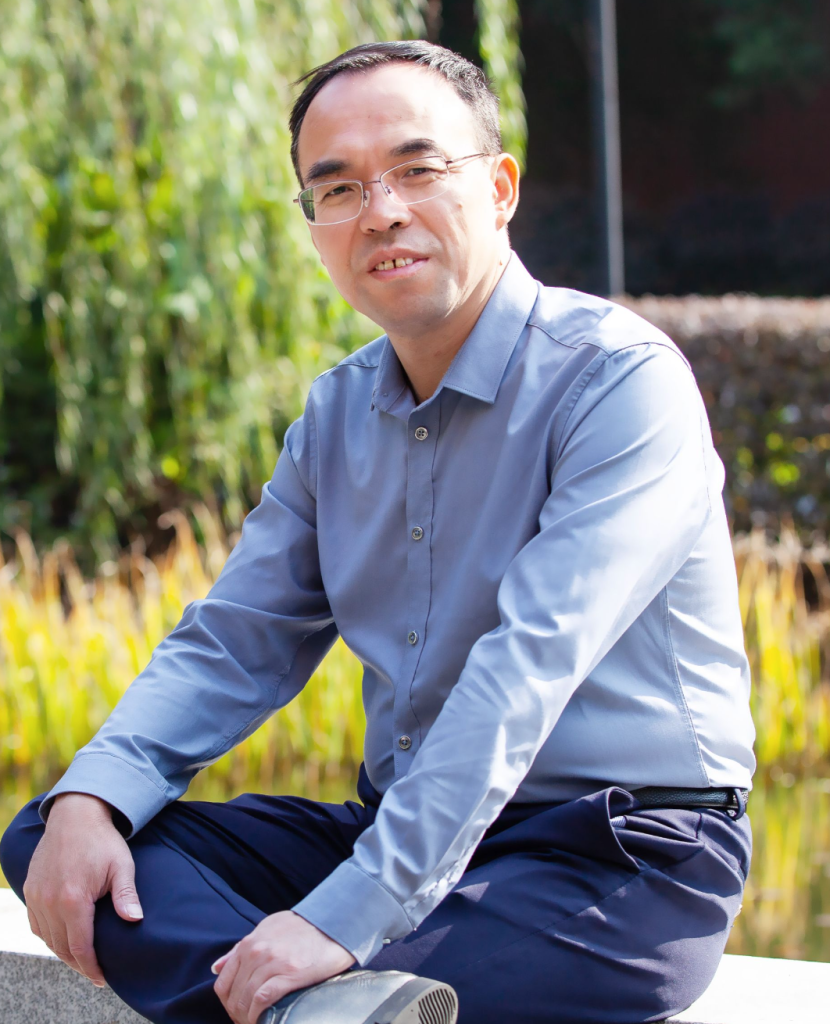
director of basic Education Department of Changsha Education Bureau
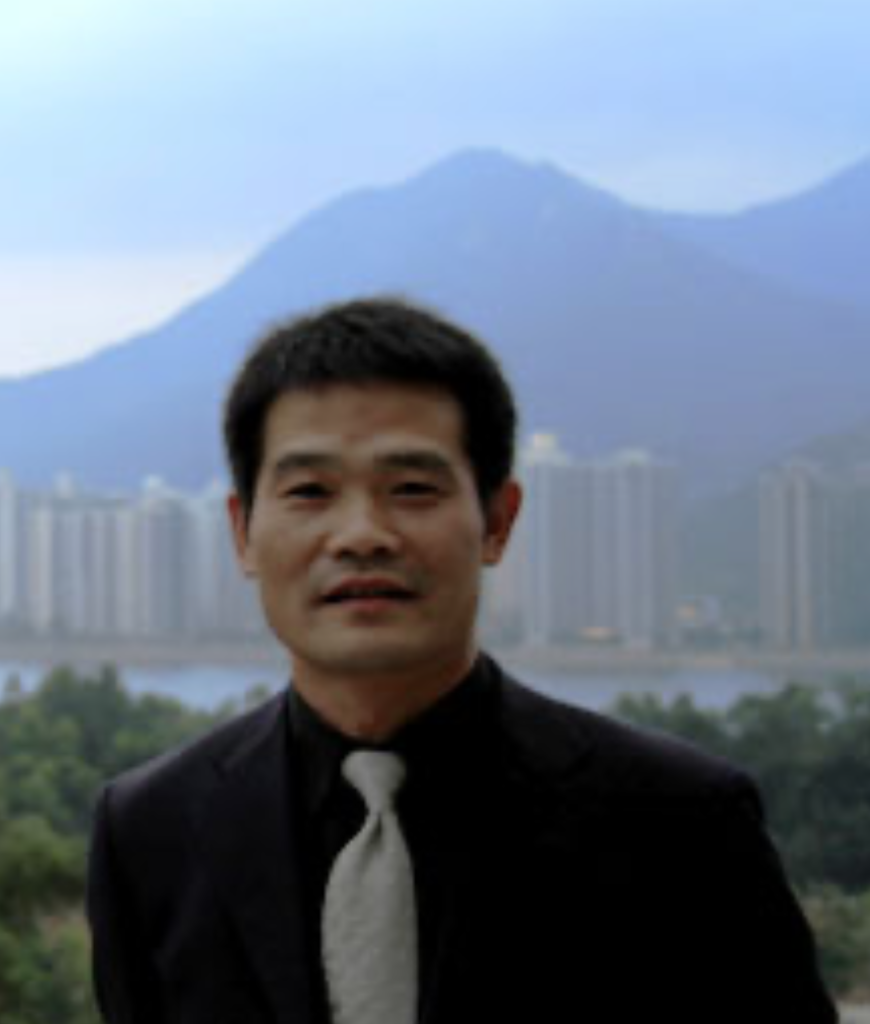
professor, Dean of Smart Education Research Institute, Zhejiang Normal University

Associate Professor, Beijing Normal University, China
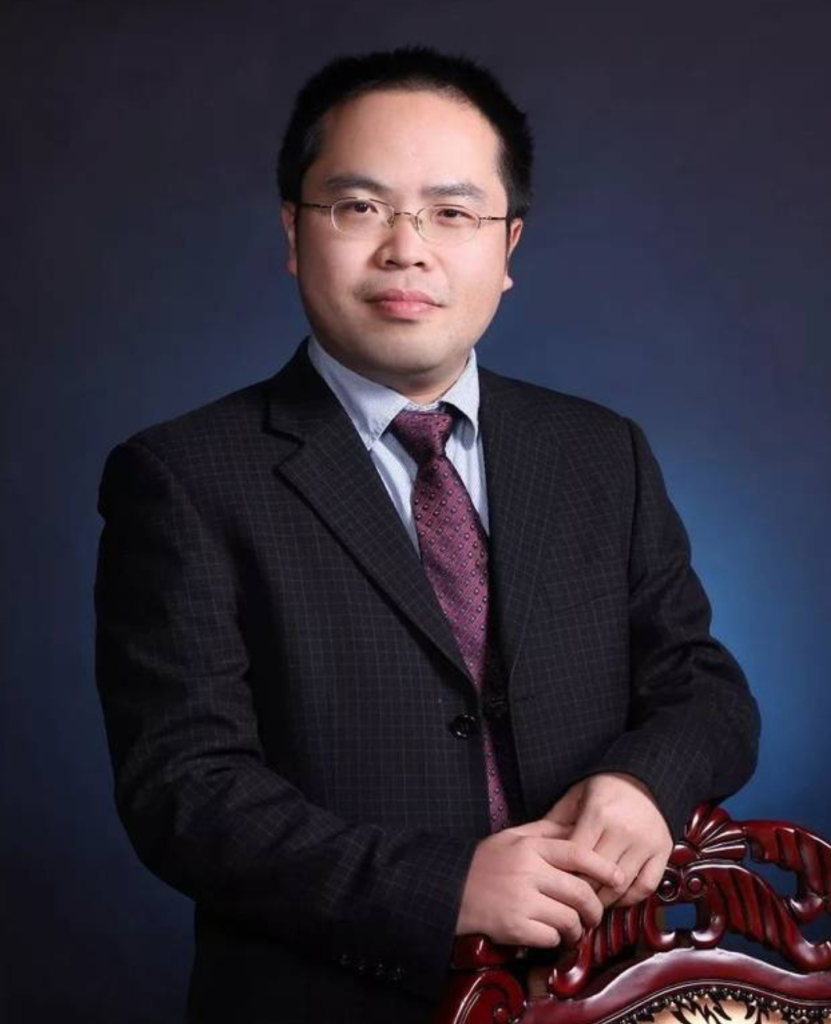
Professor in the Faculty of Education, Beijing Normal University
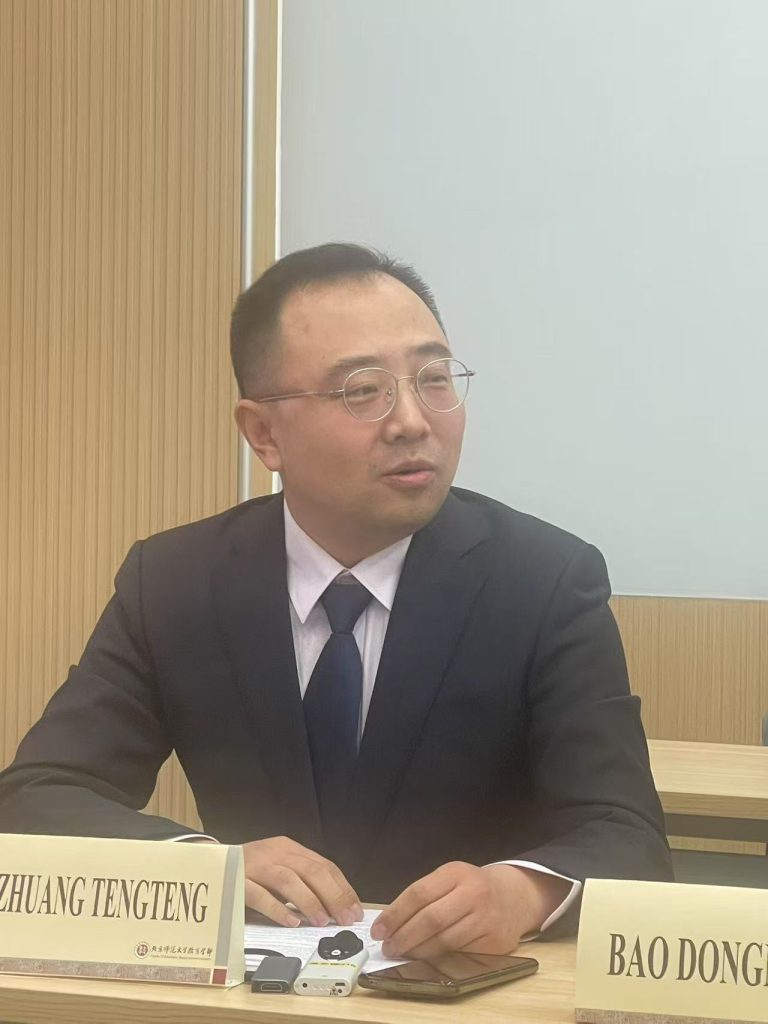
associate professor of the Institute of Higher Education, Beijing Normal University
Address:
No.2, Manjing Road, Shahe Town, Changping District, Beijing